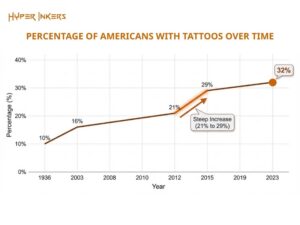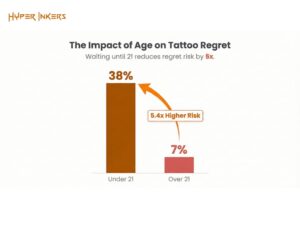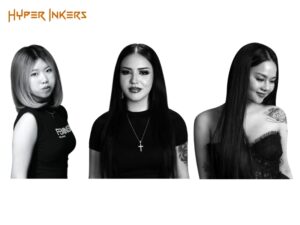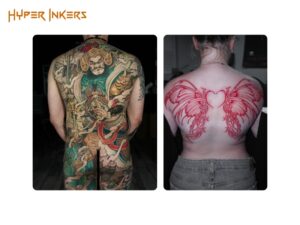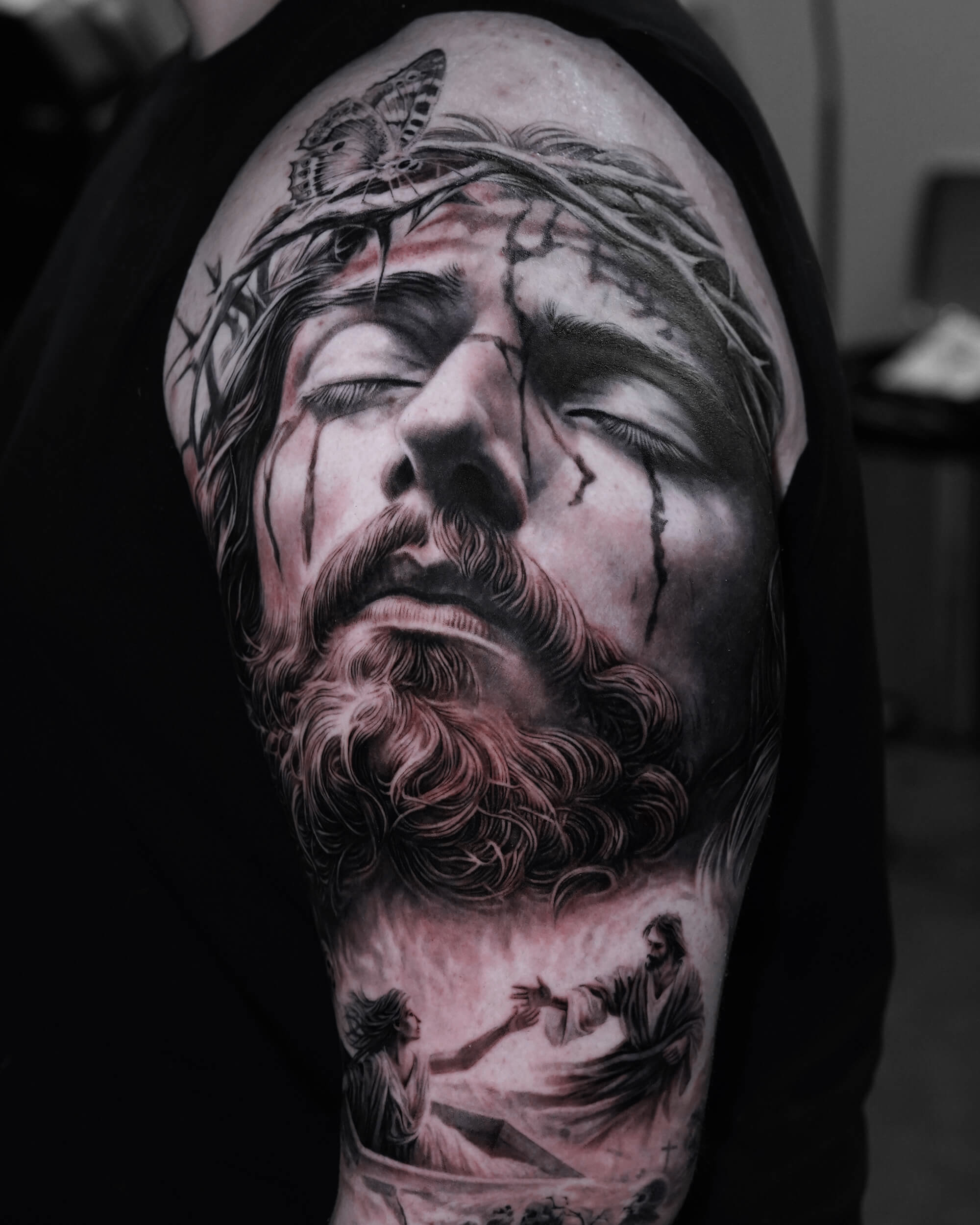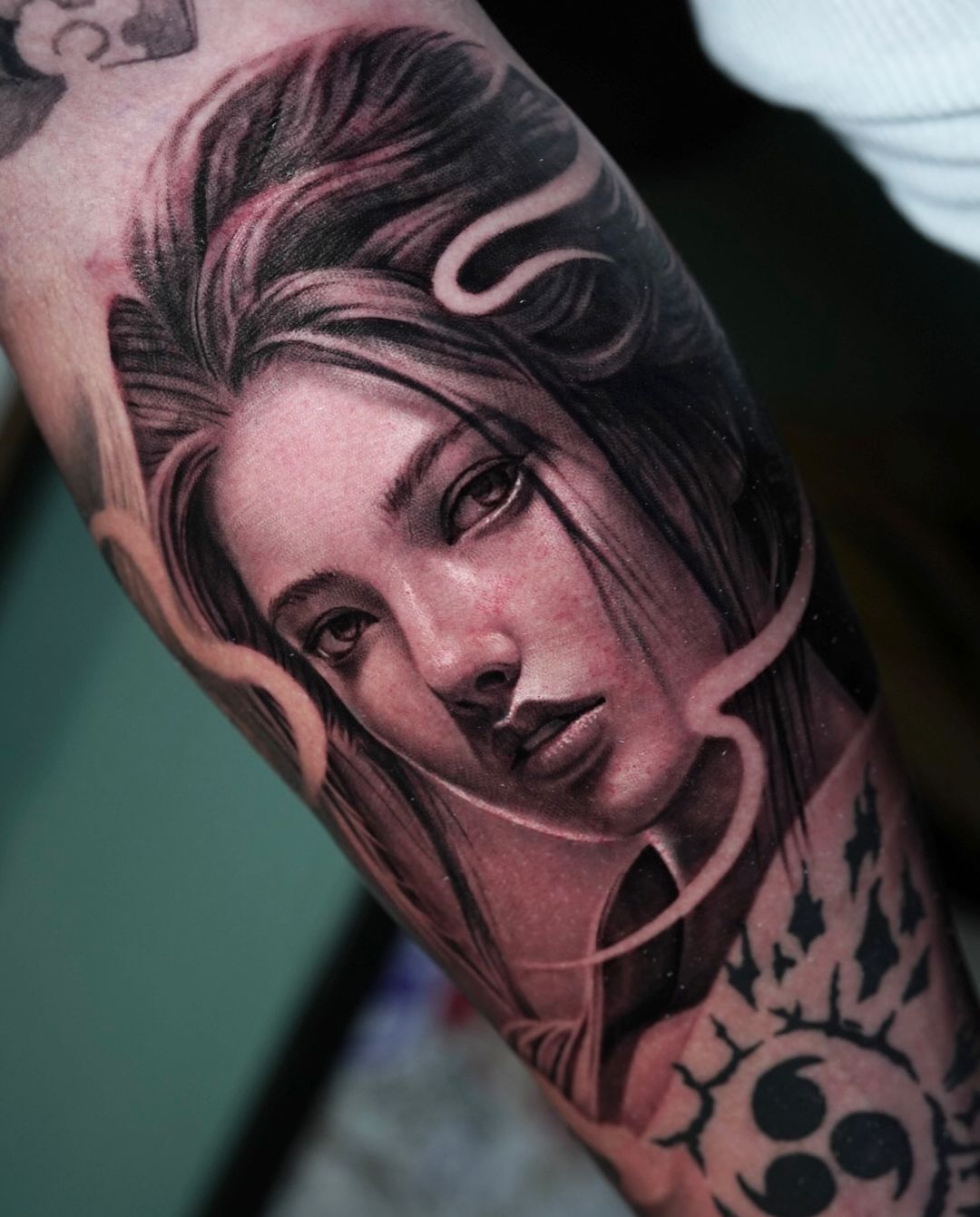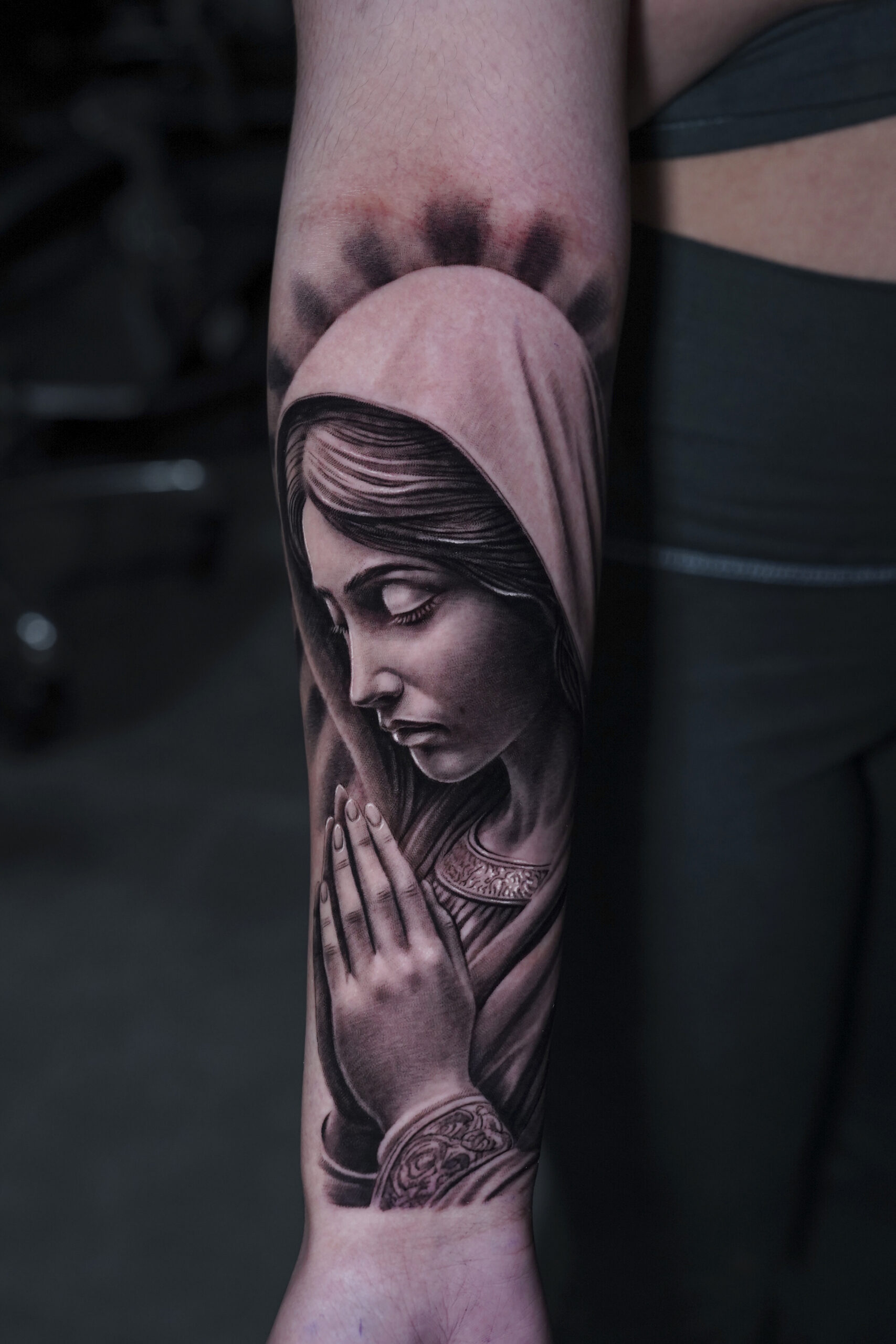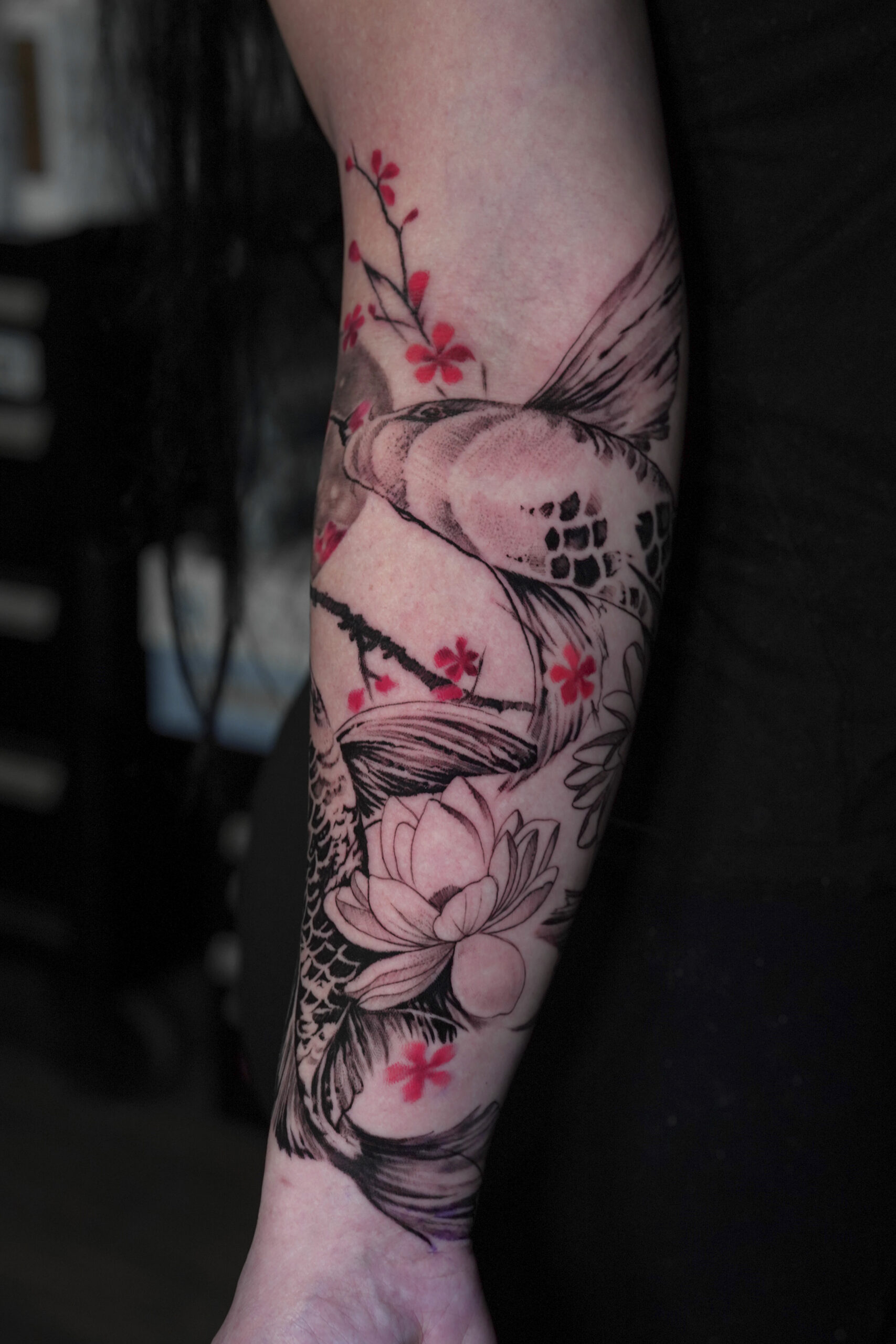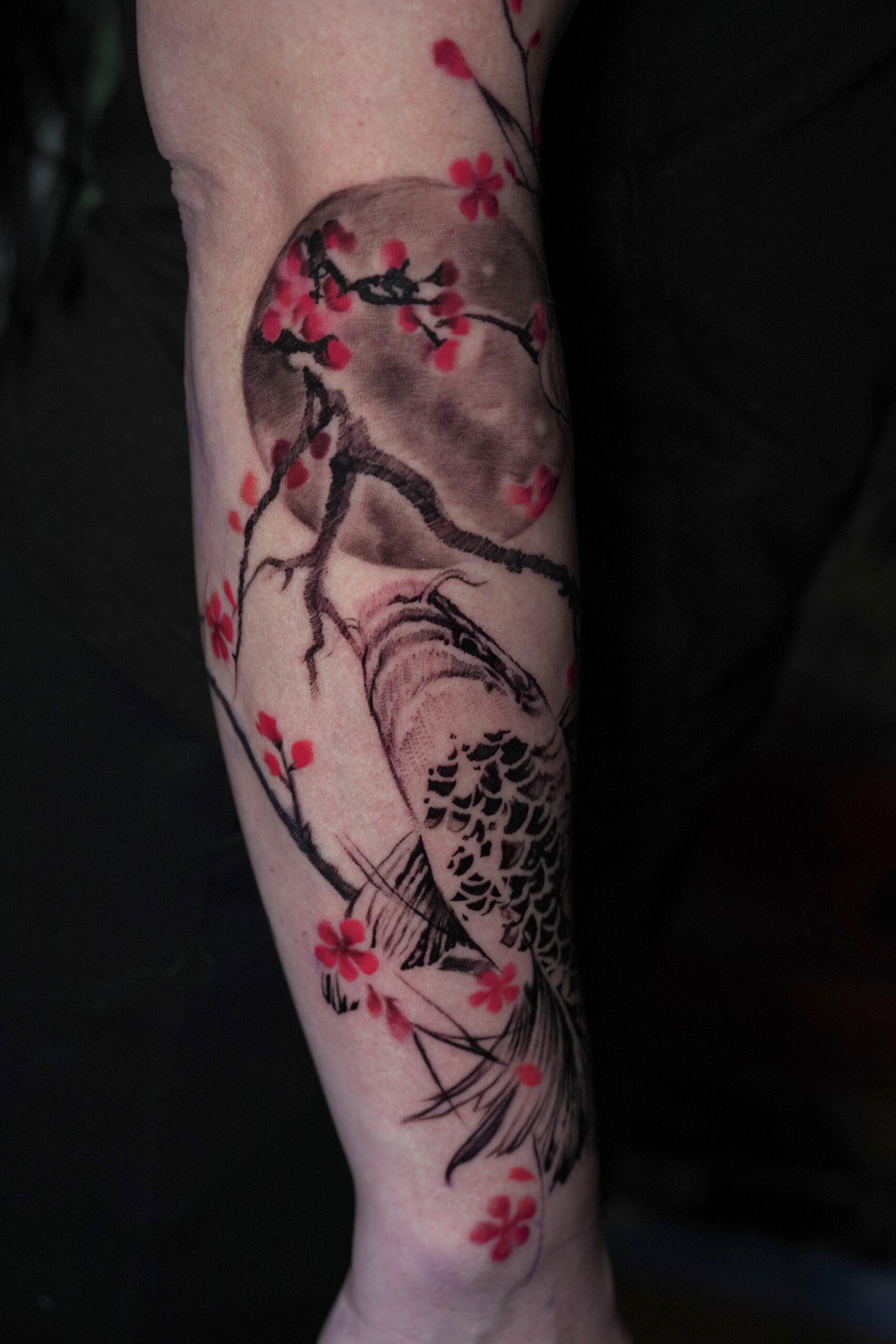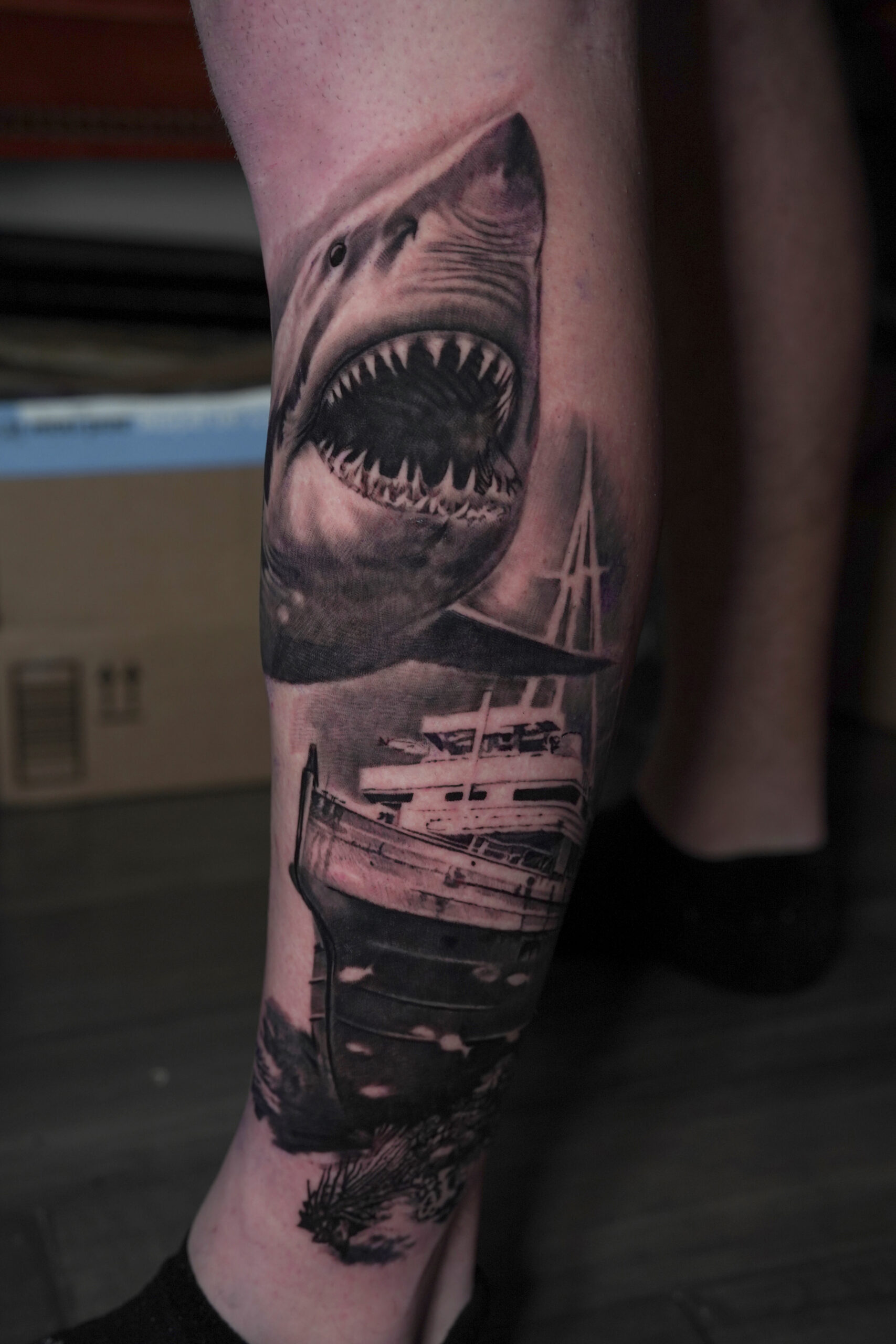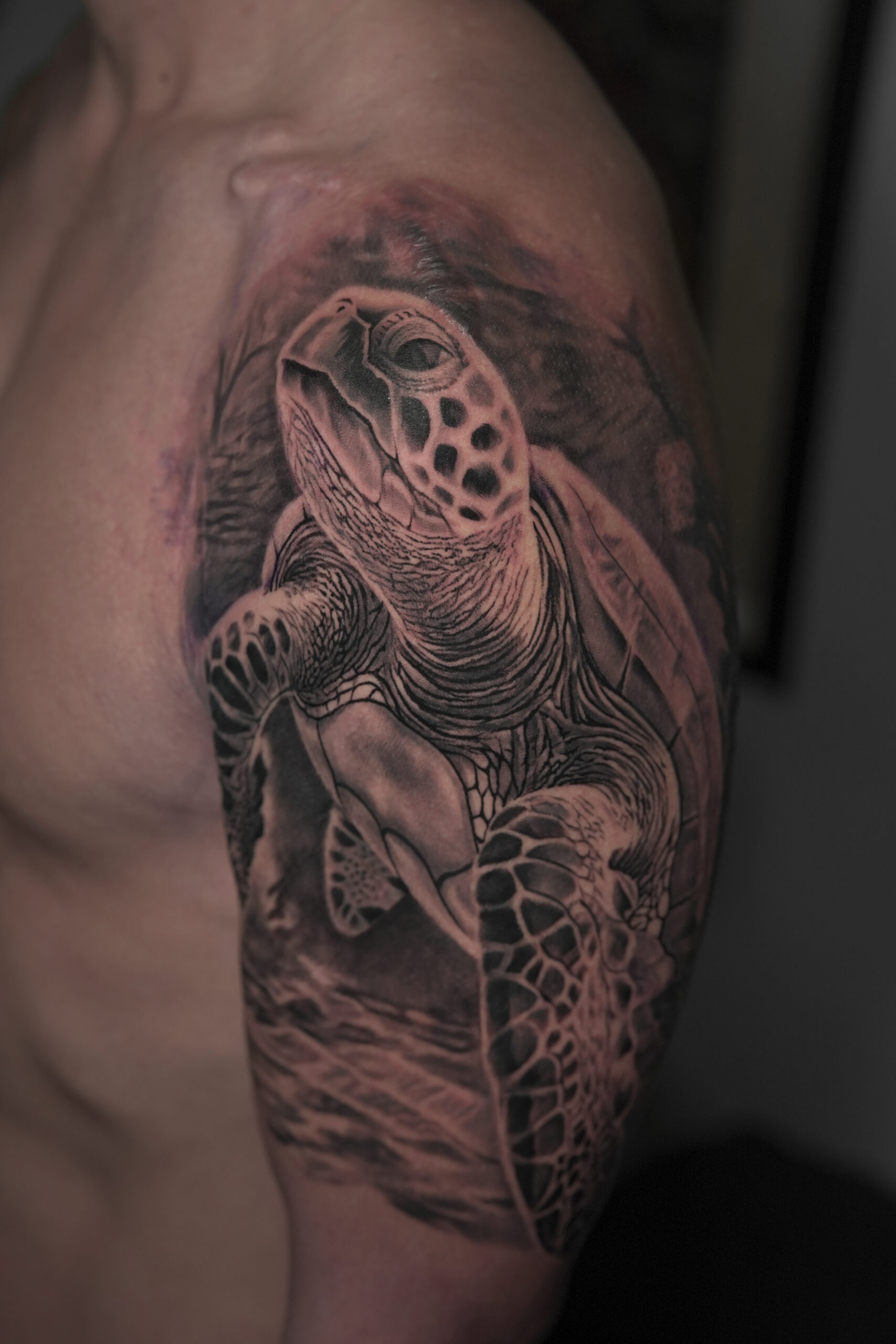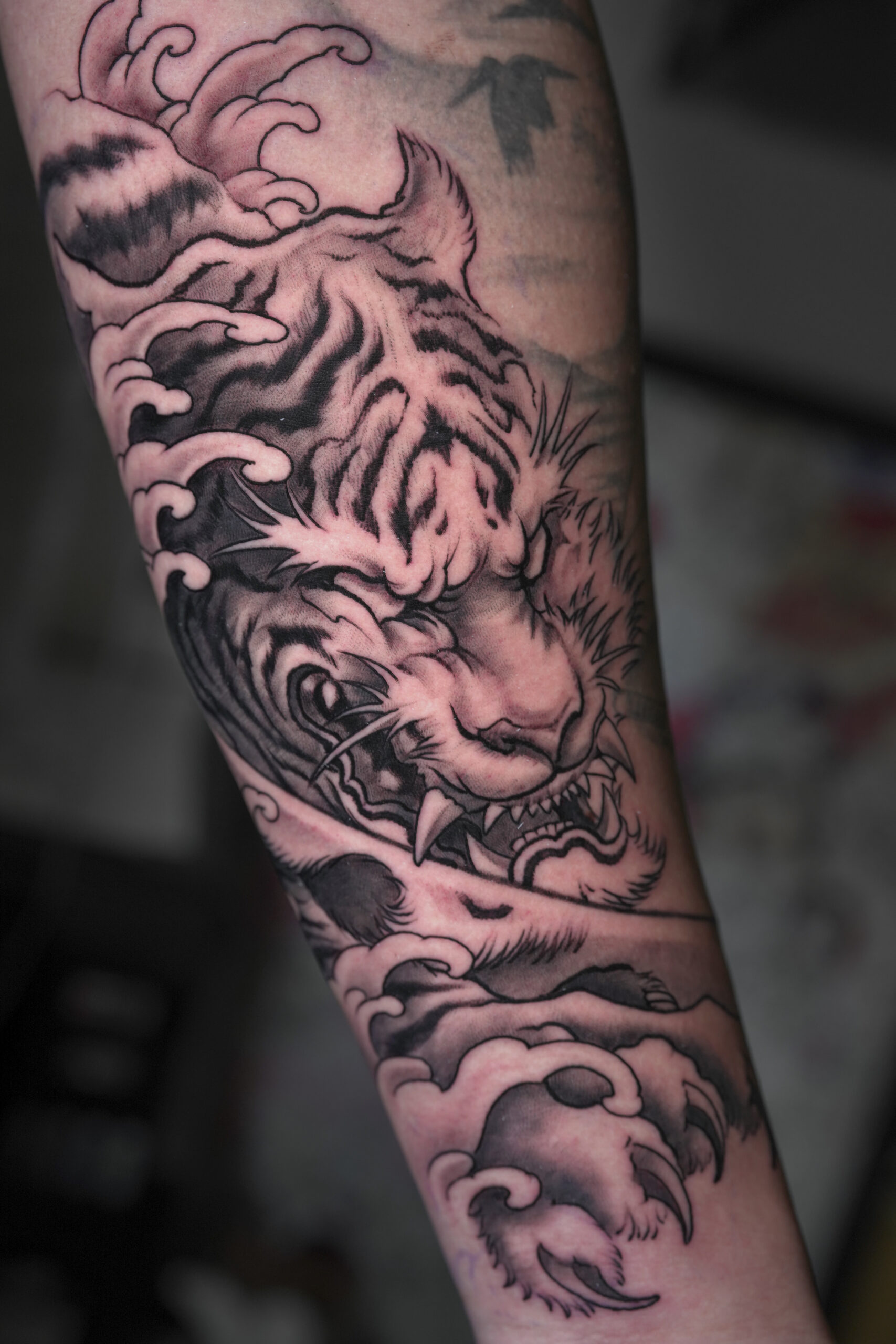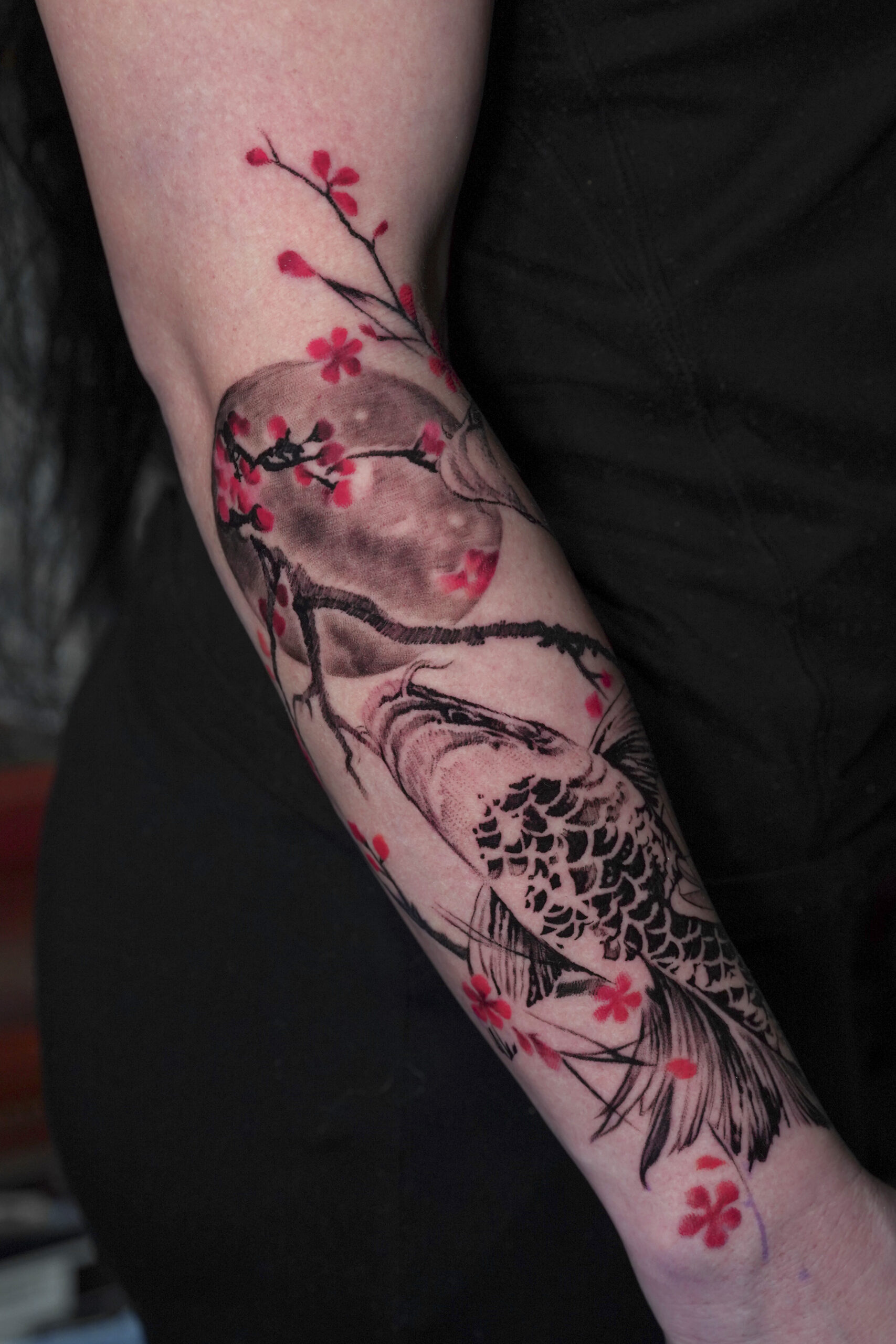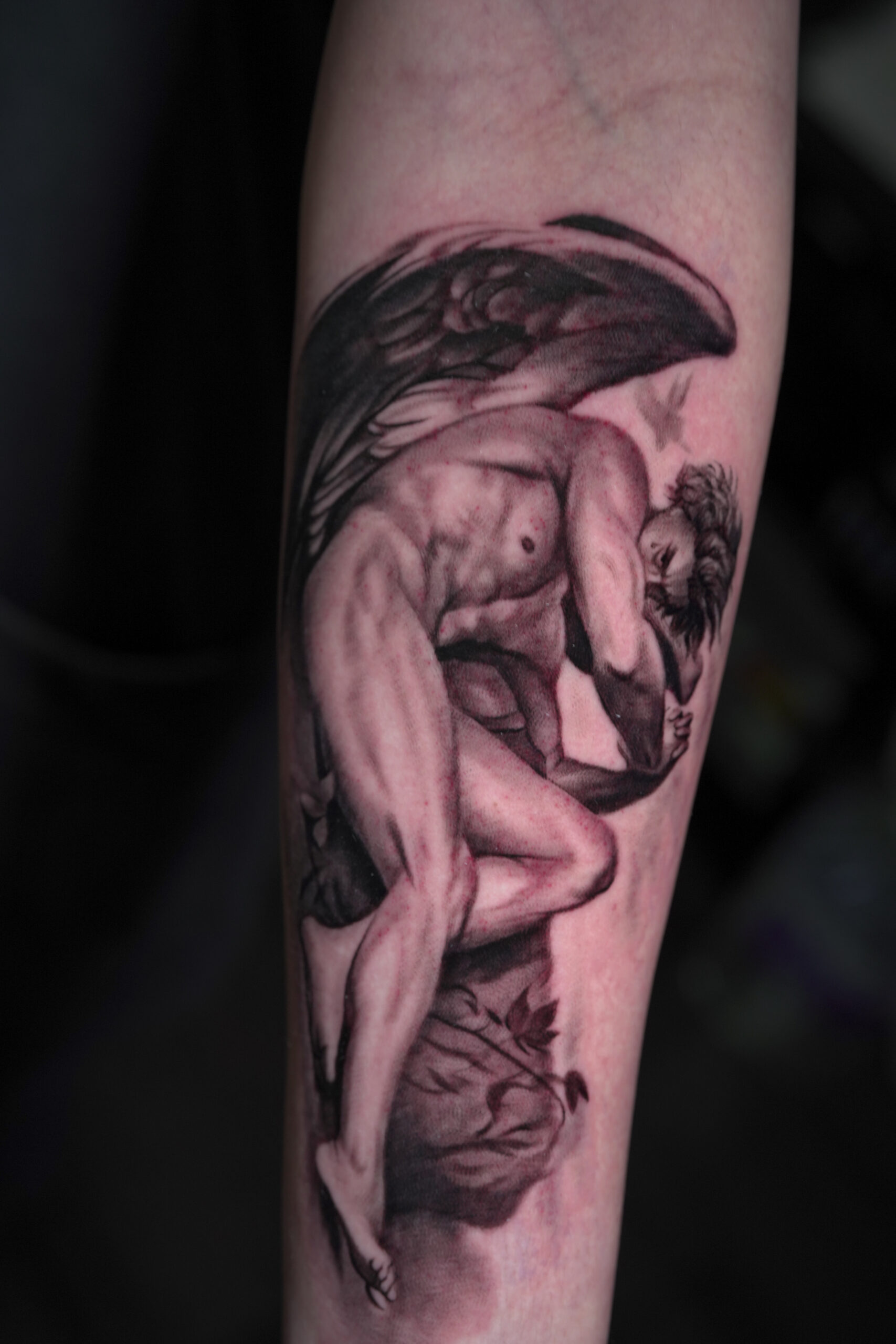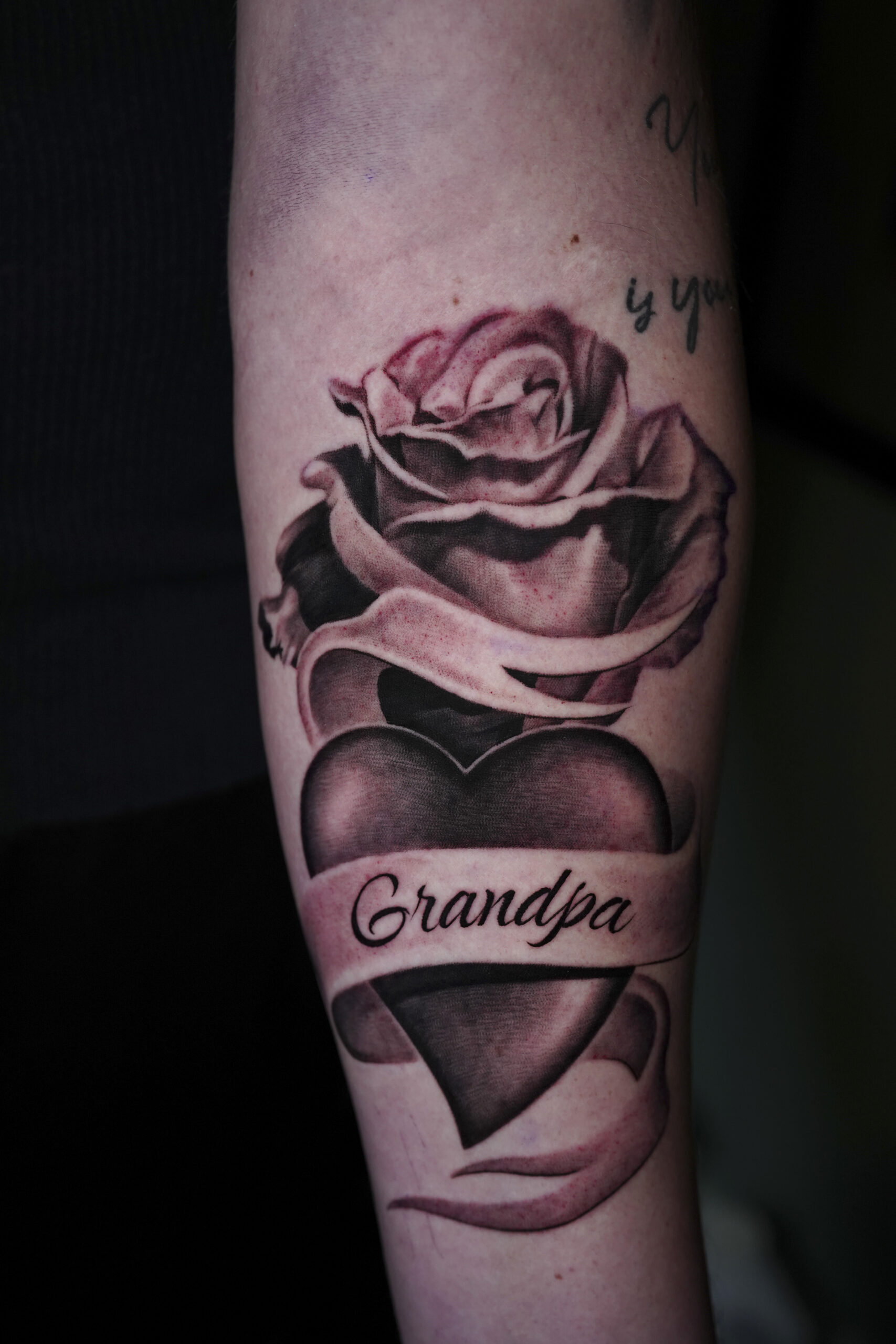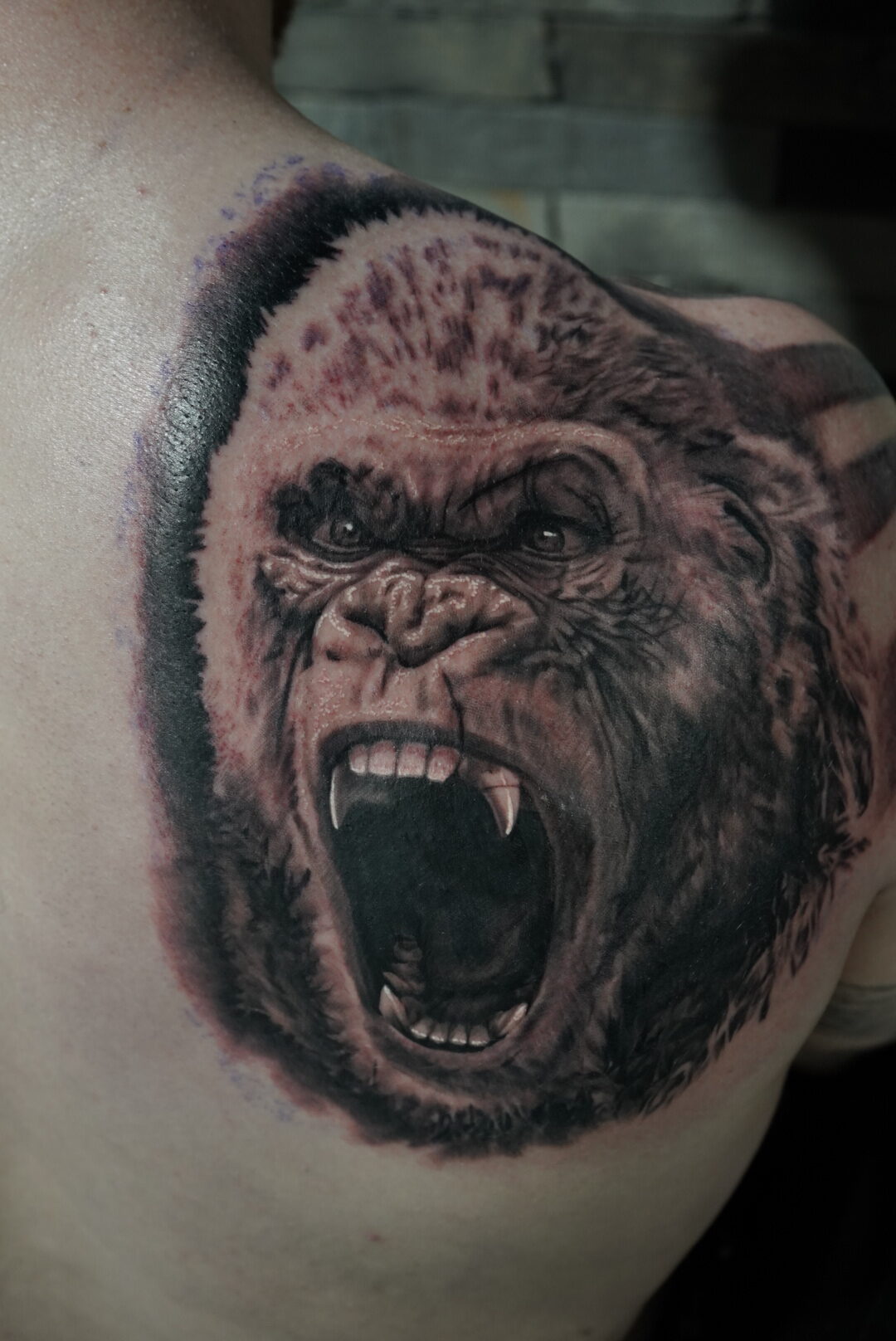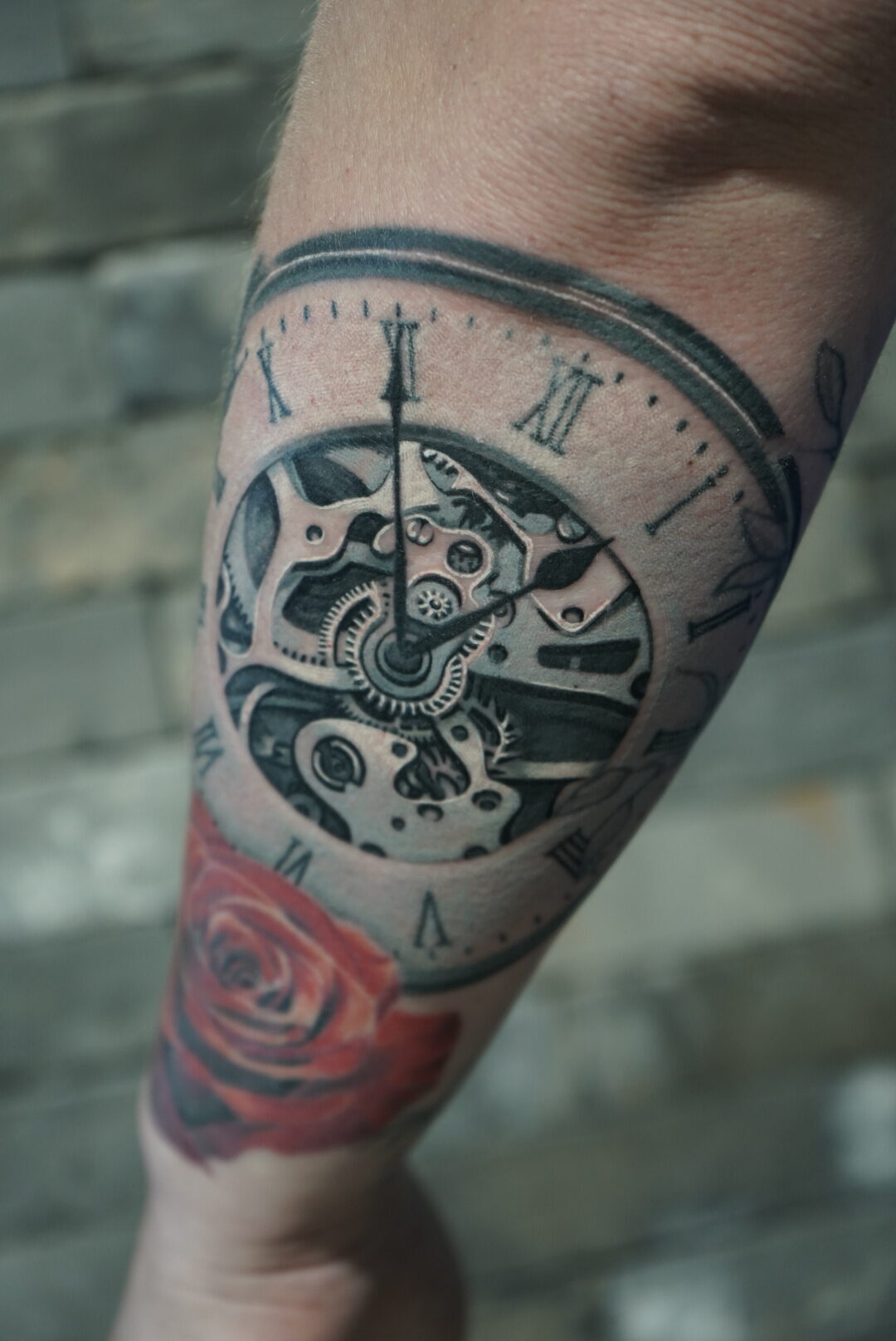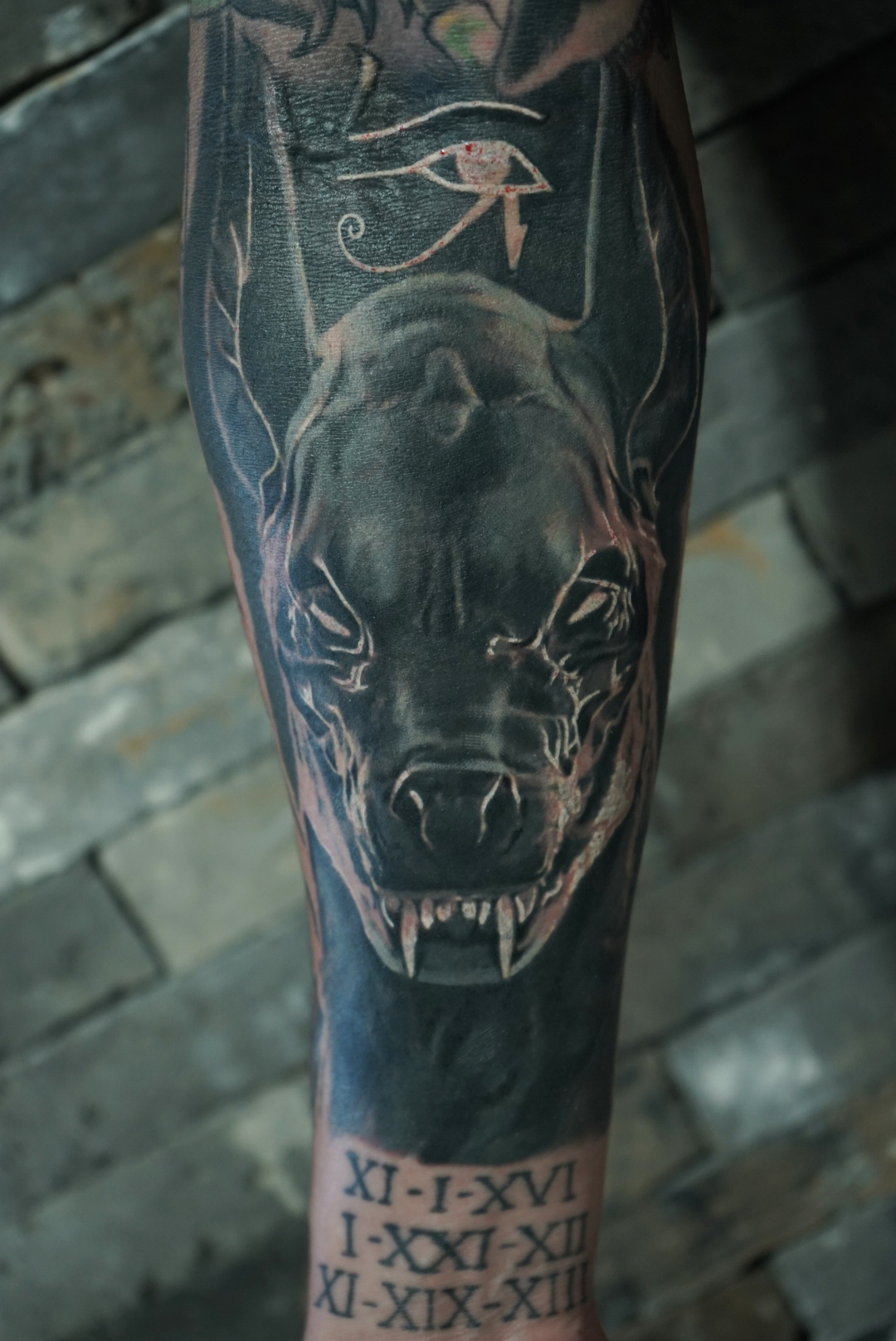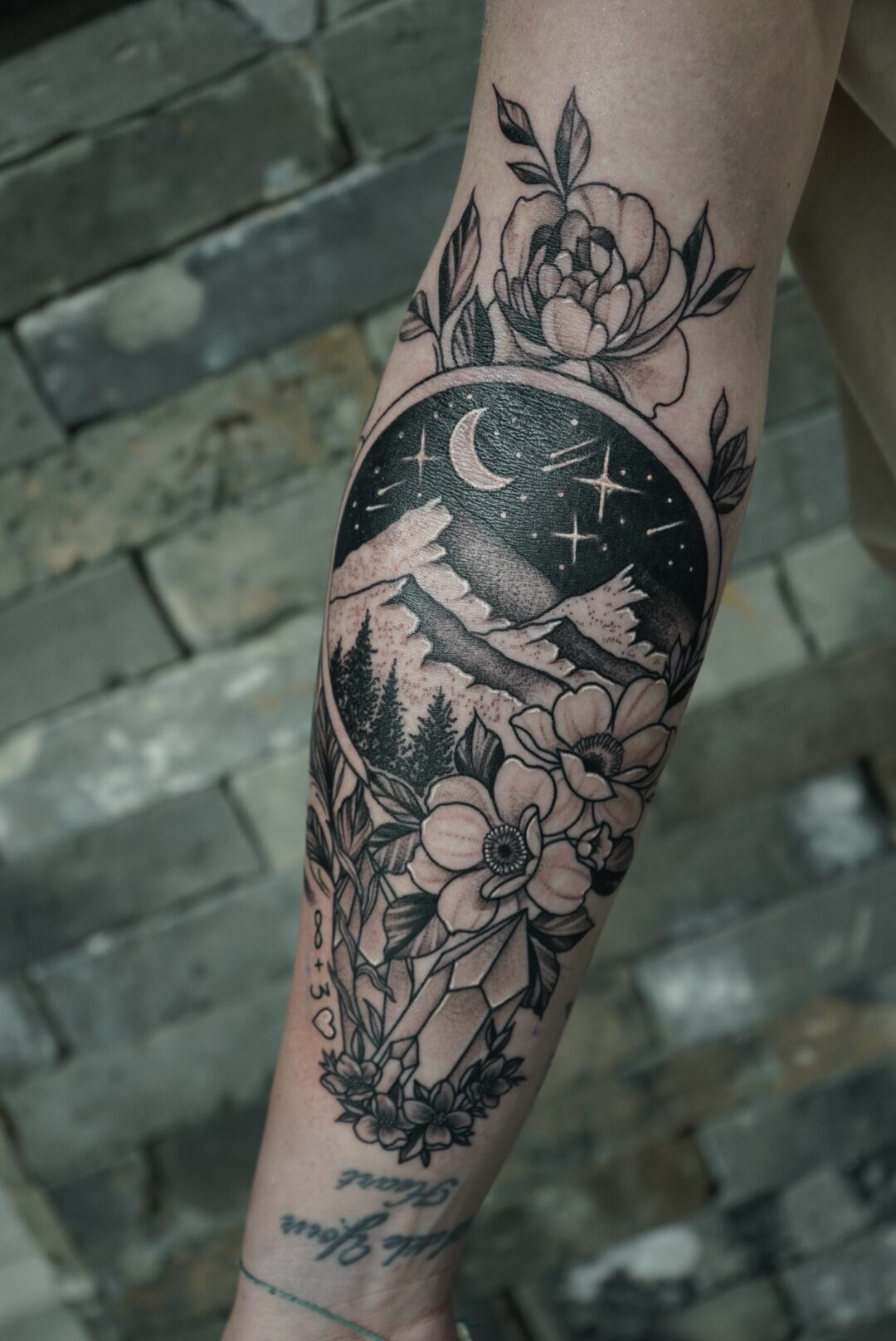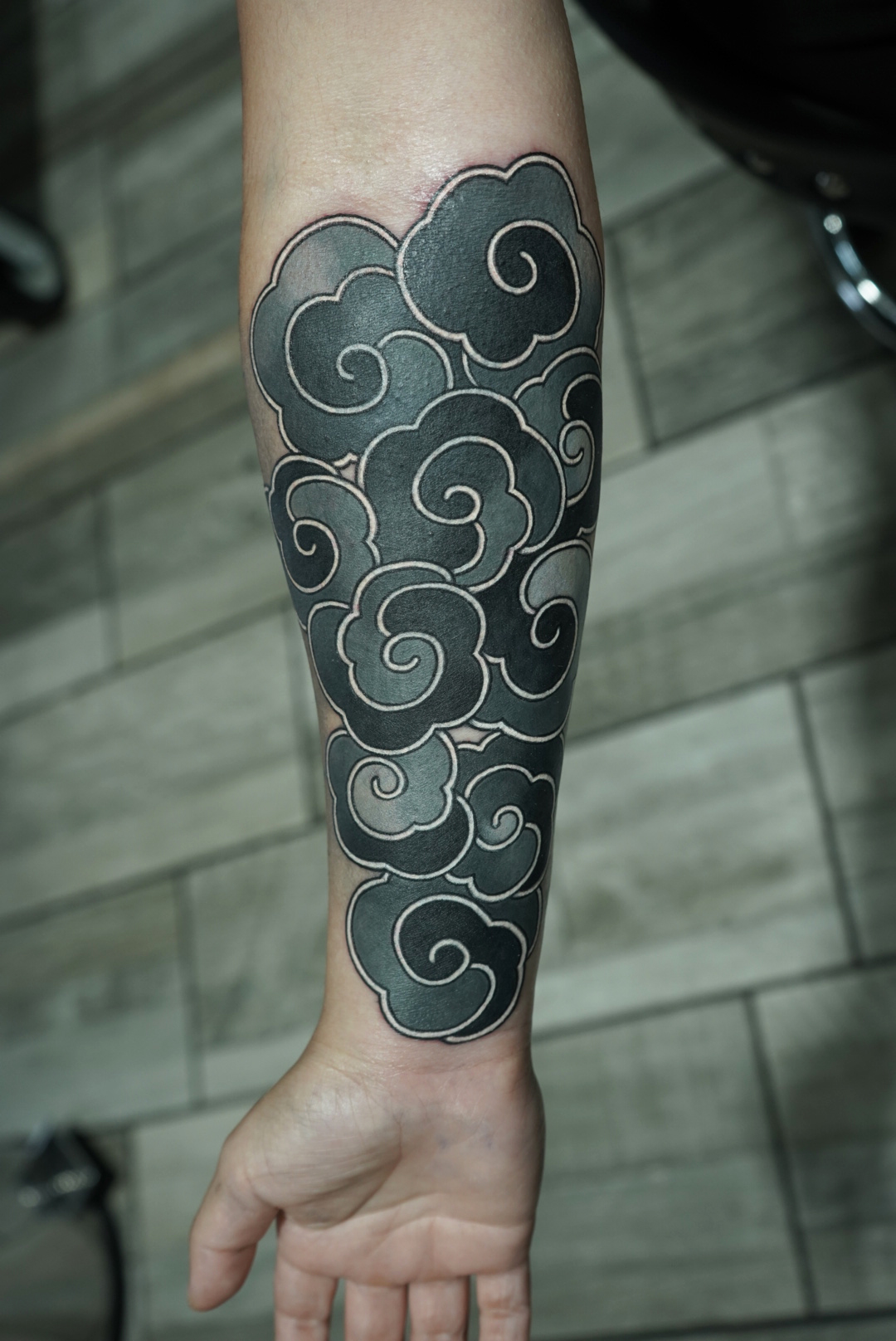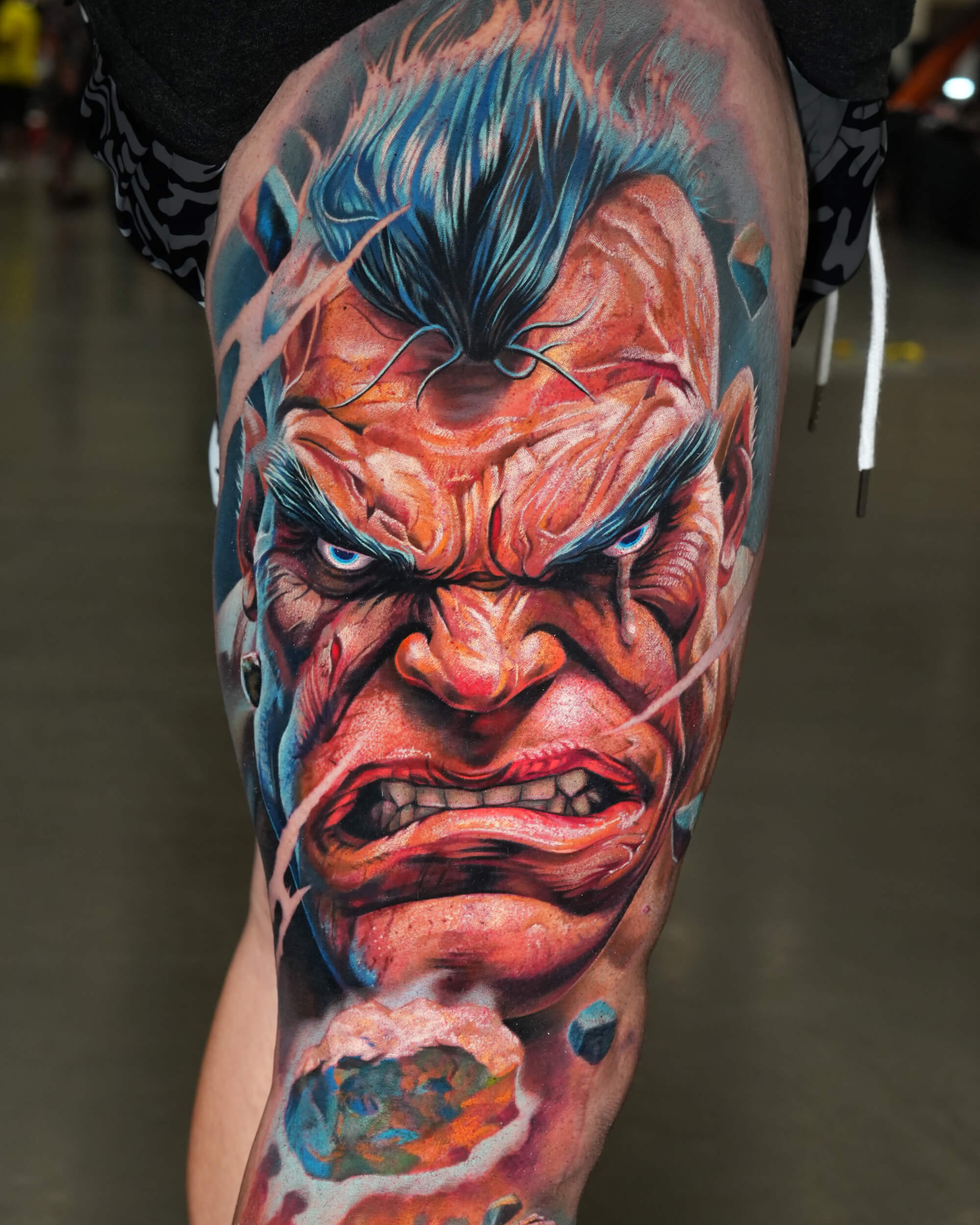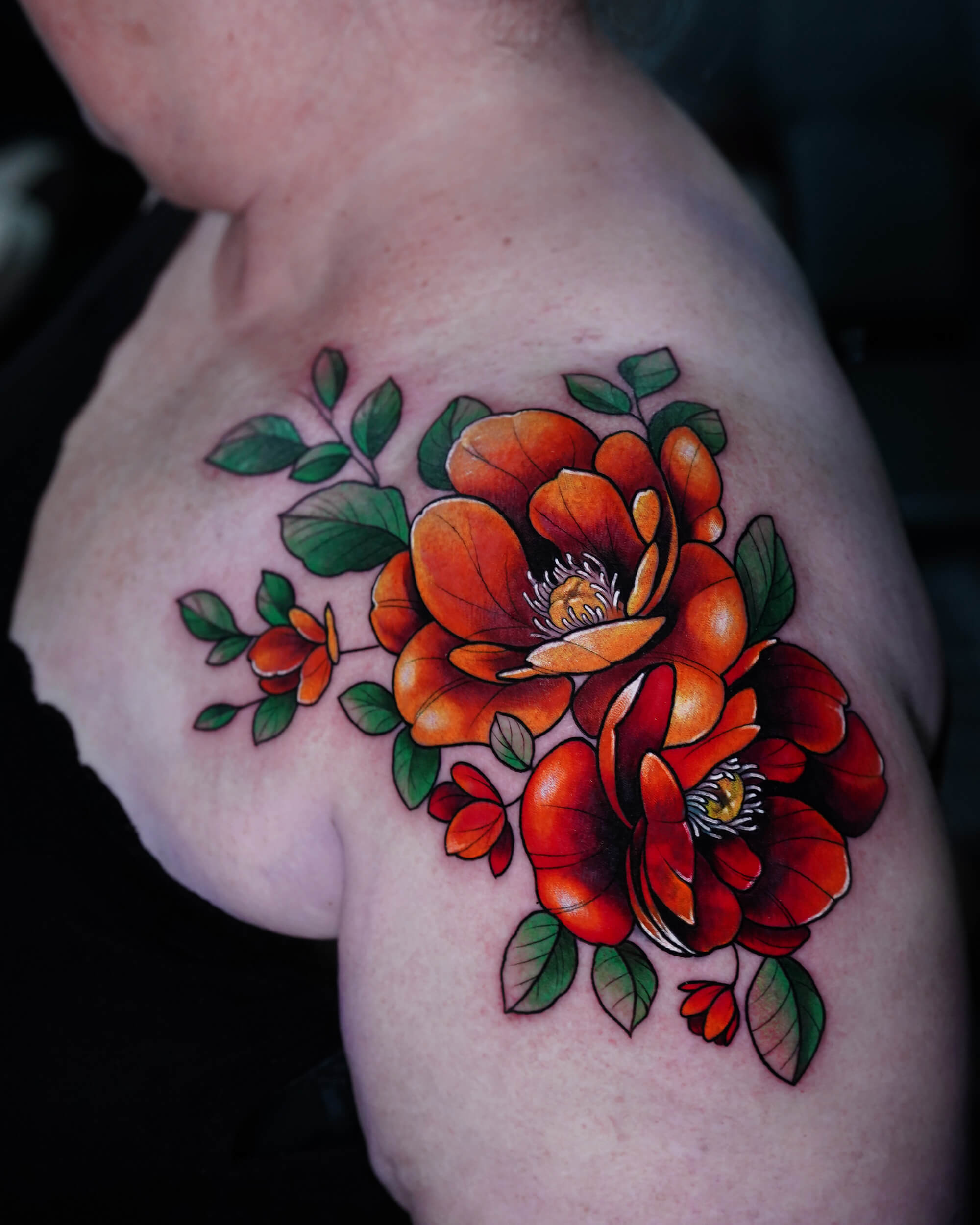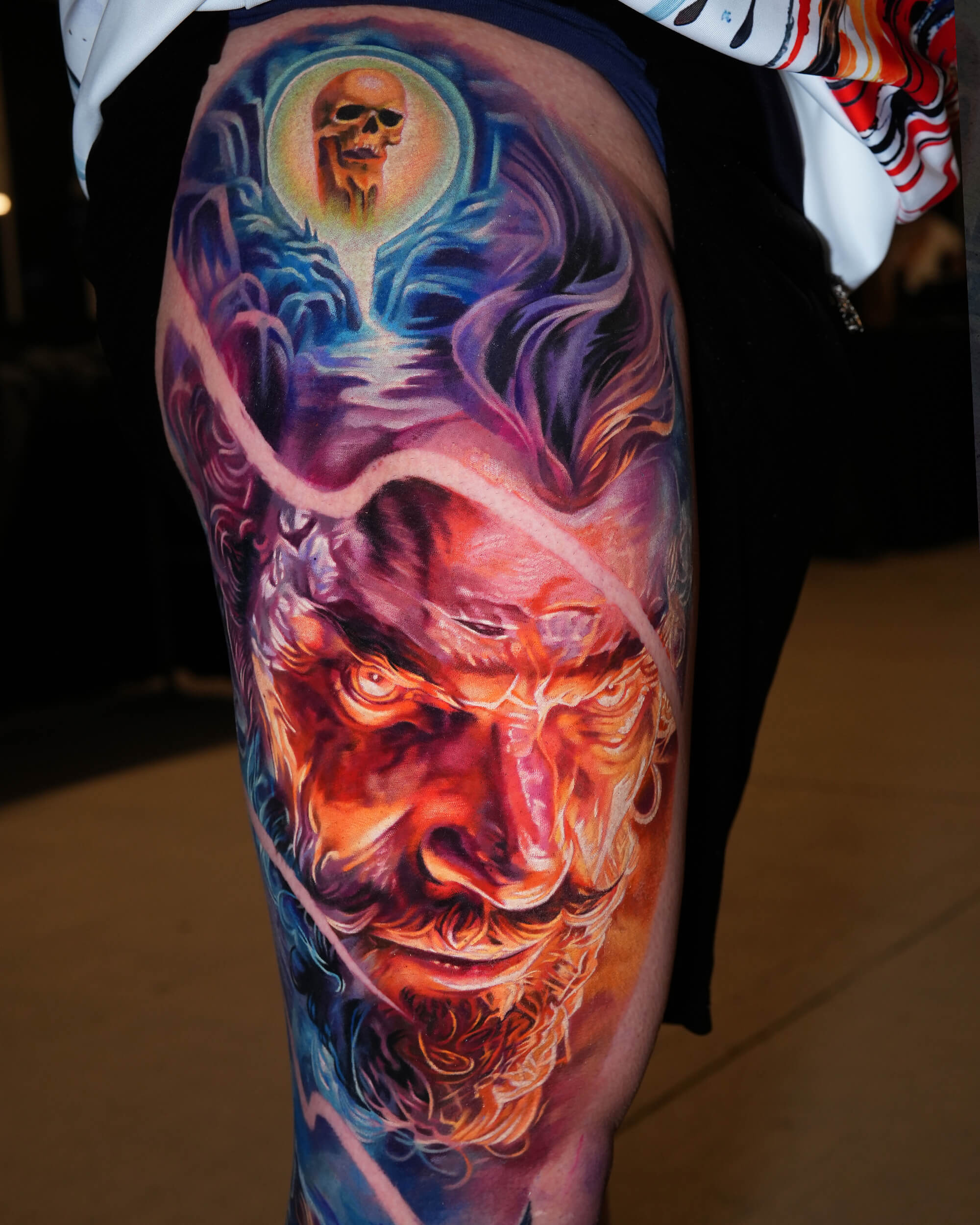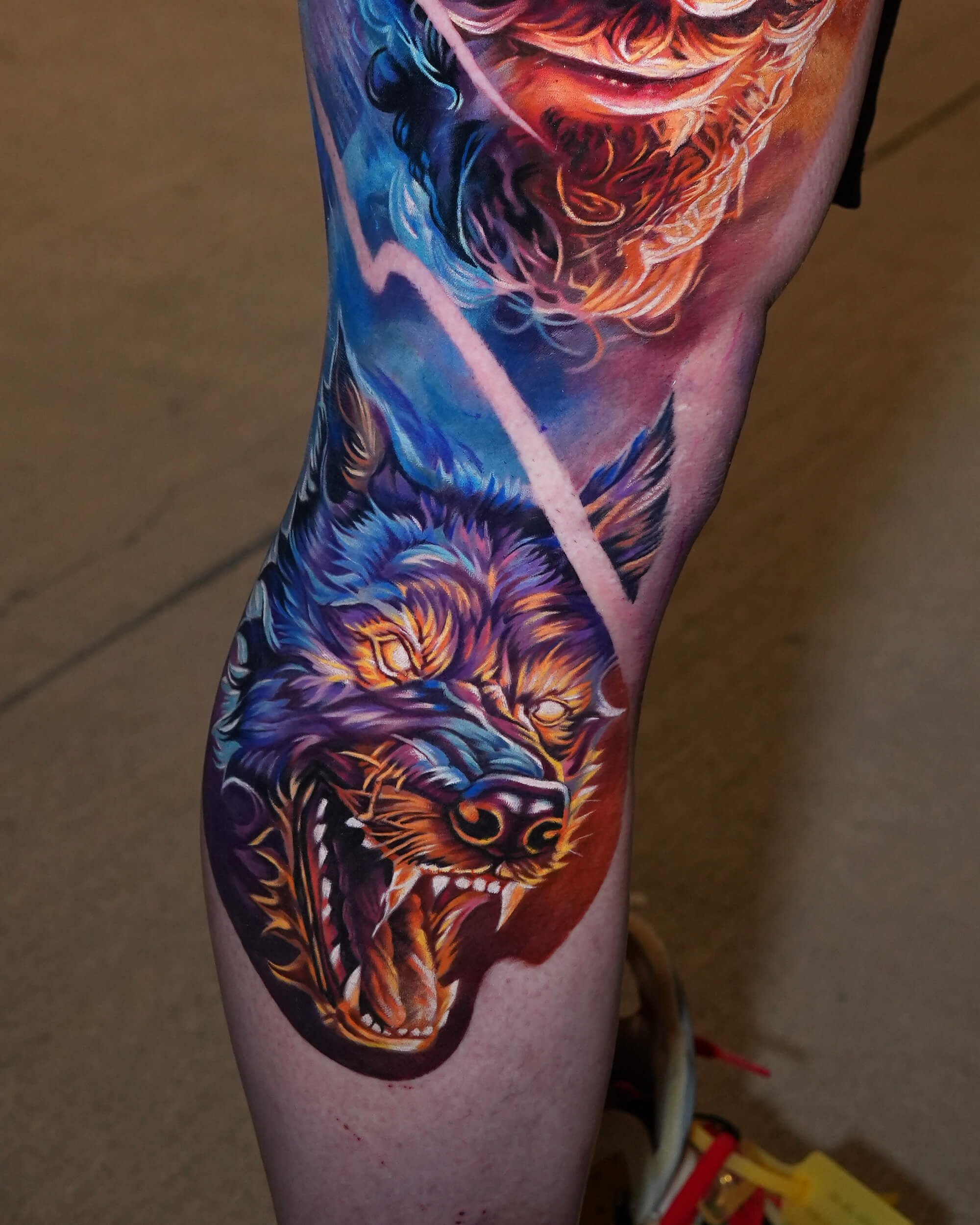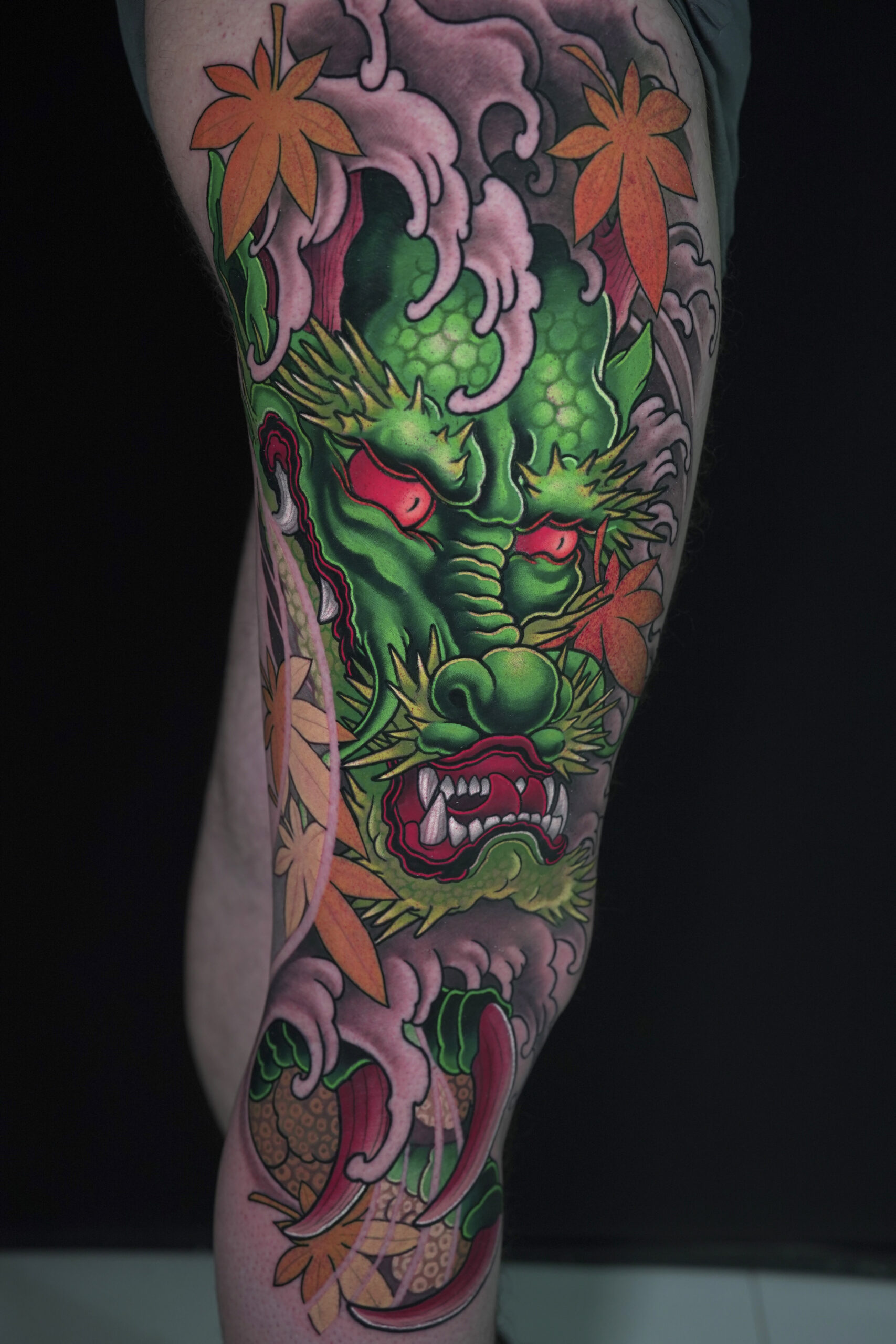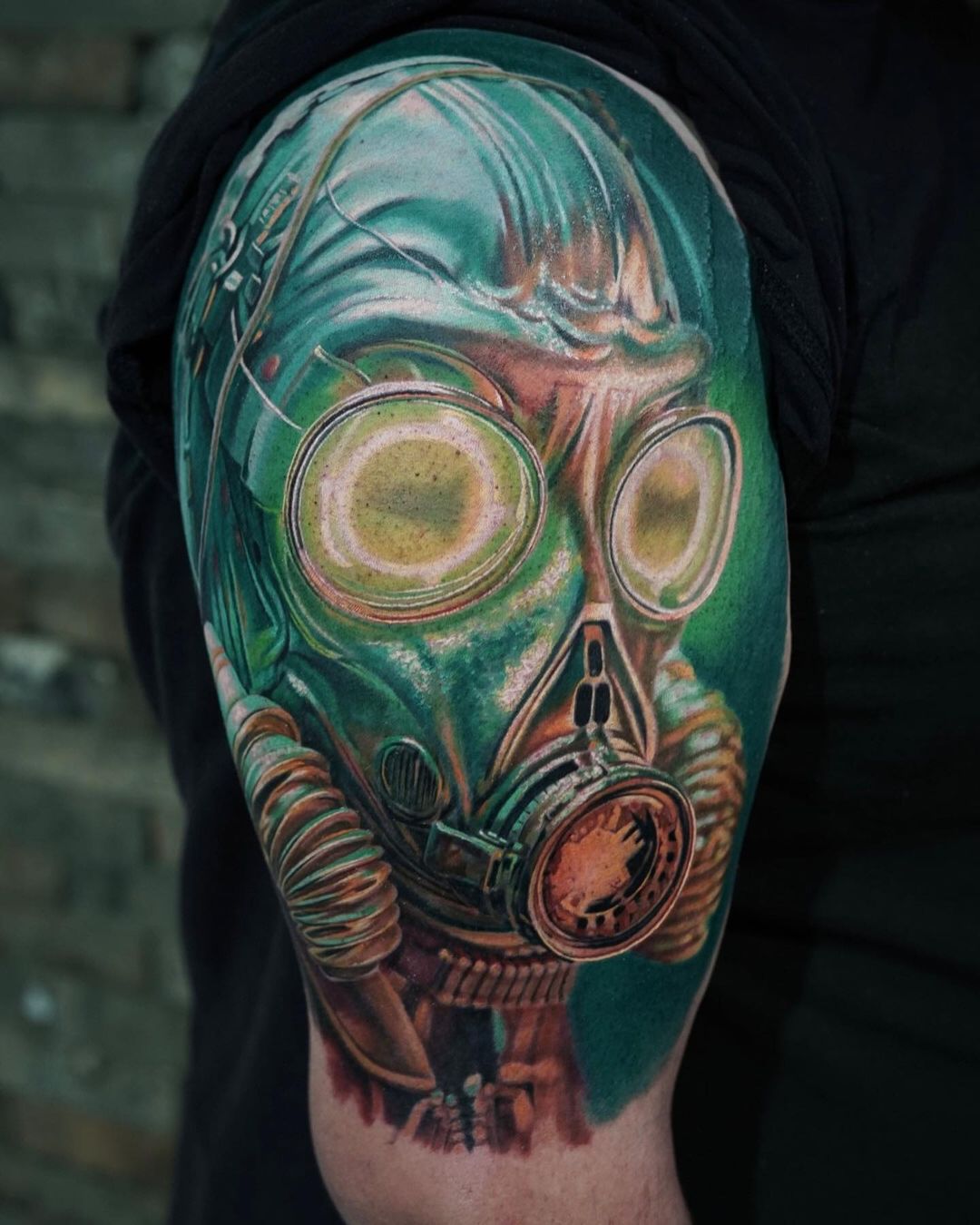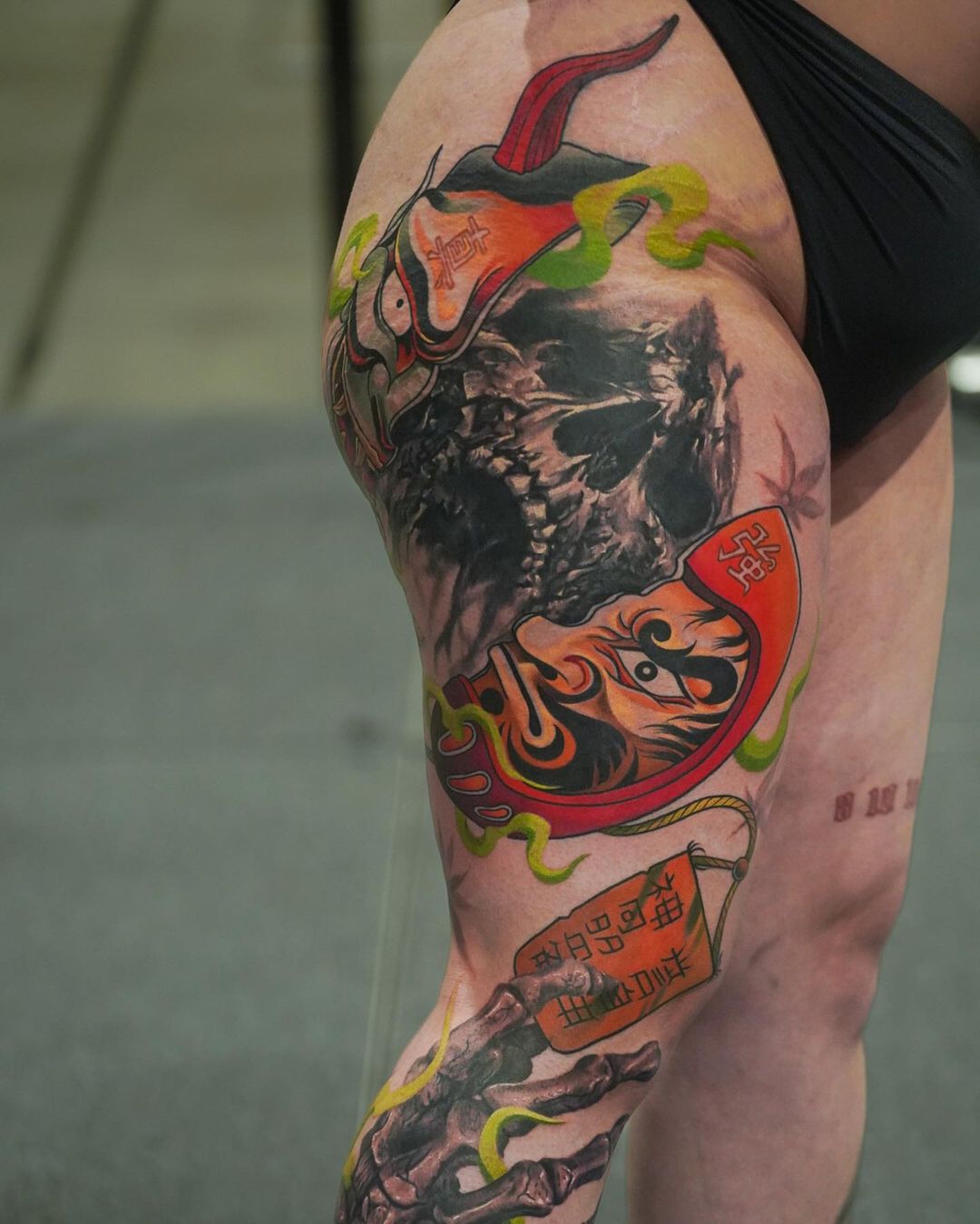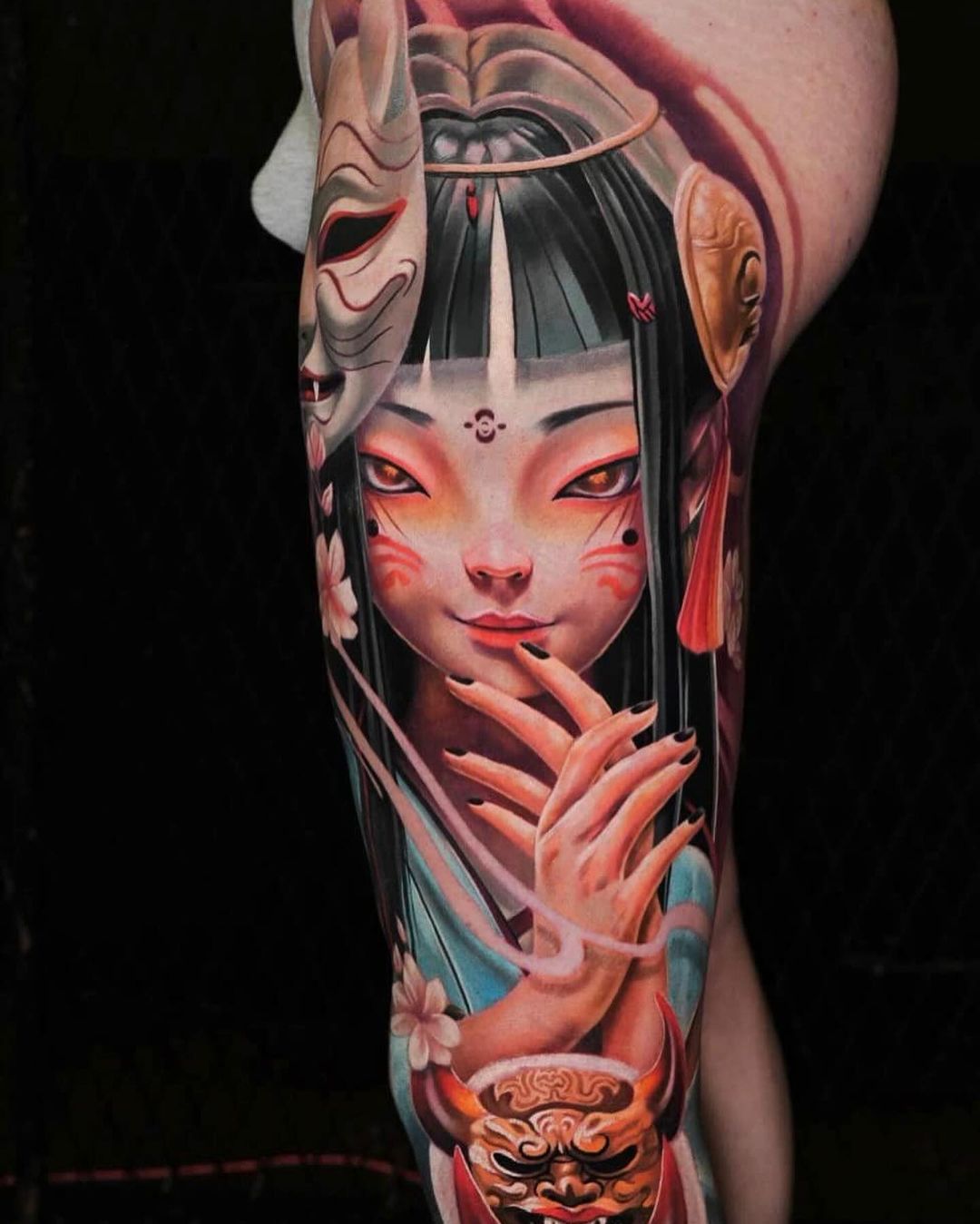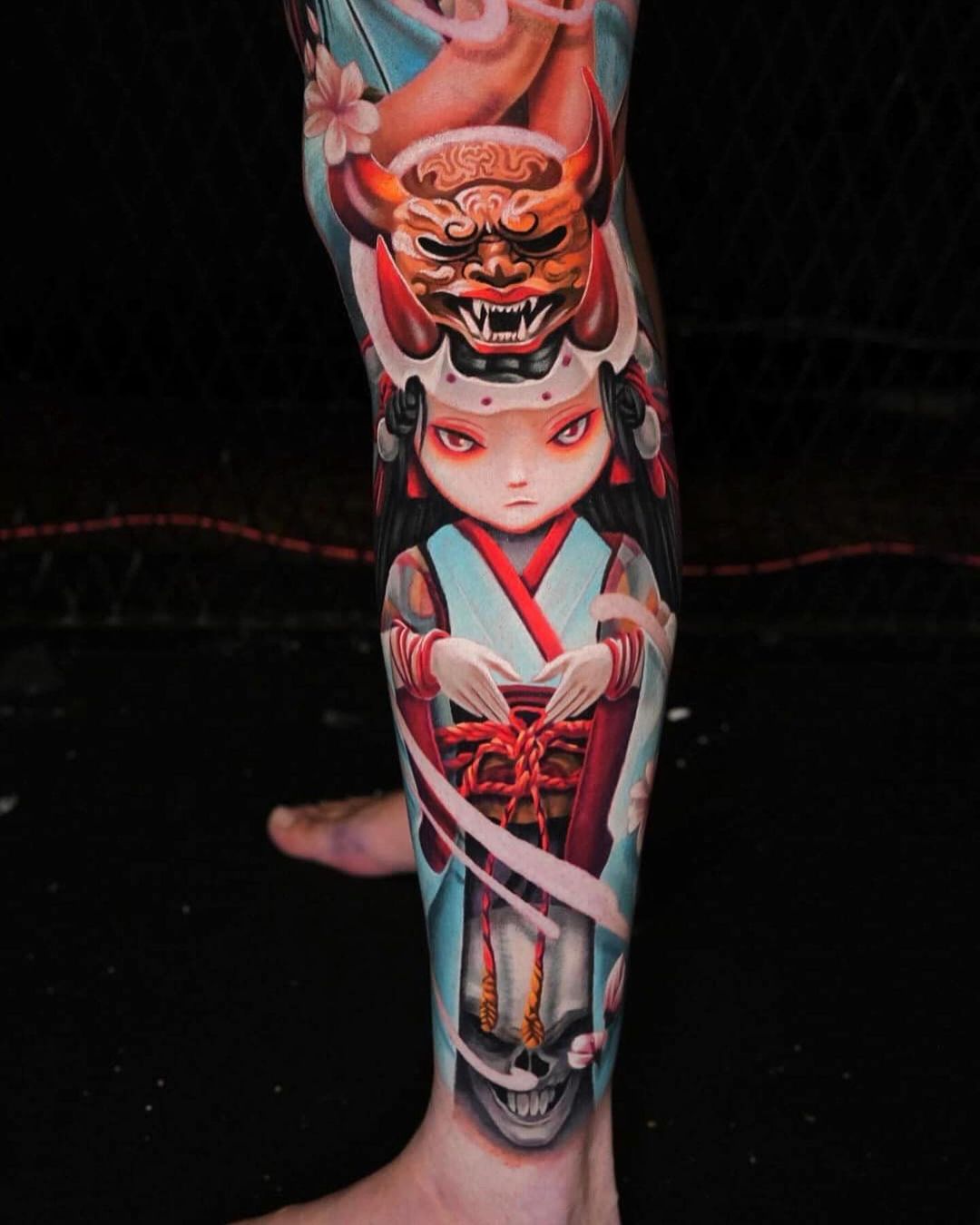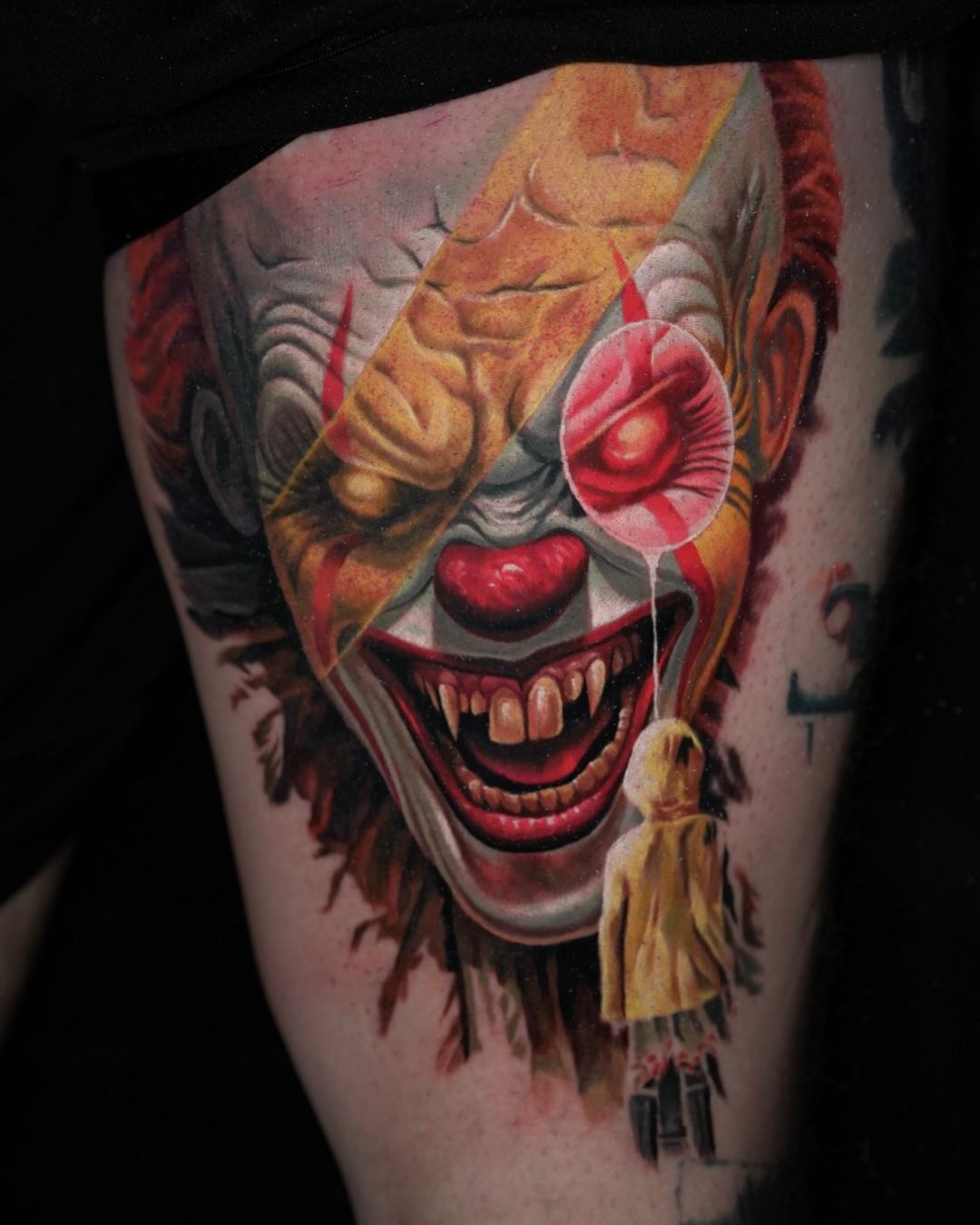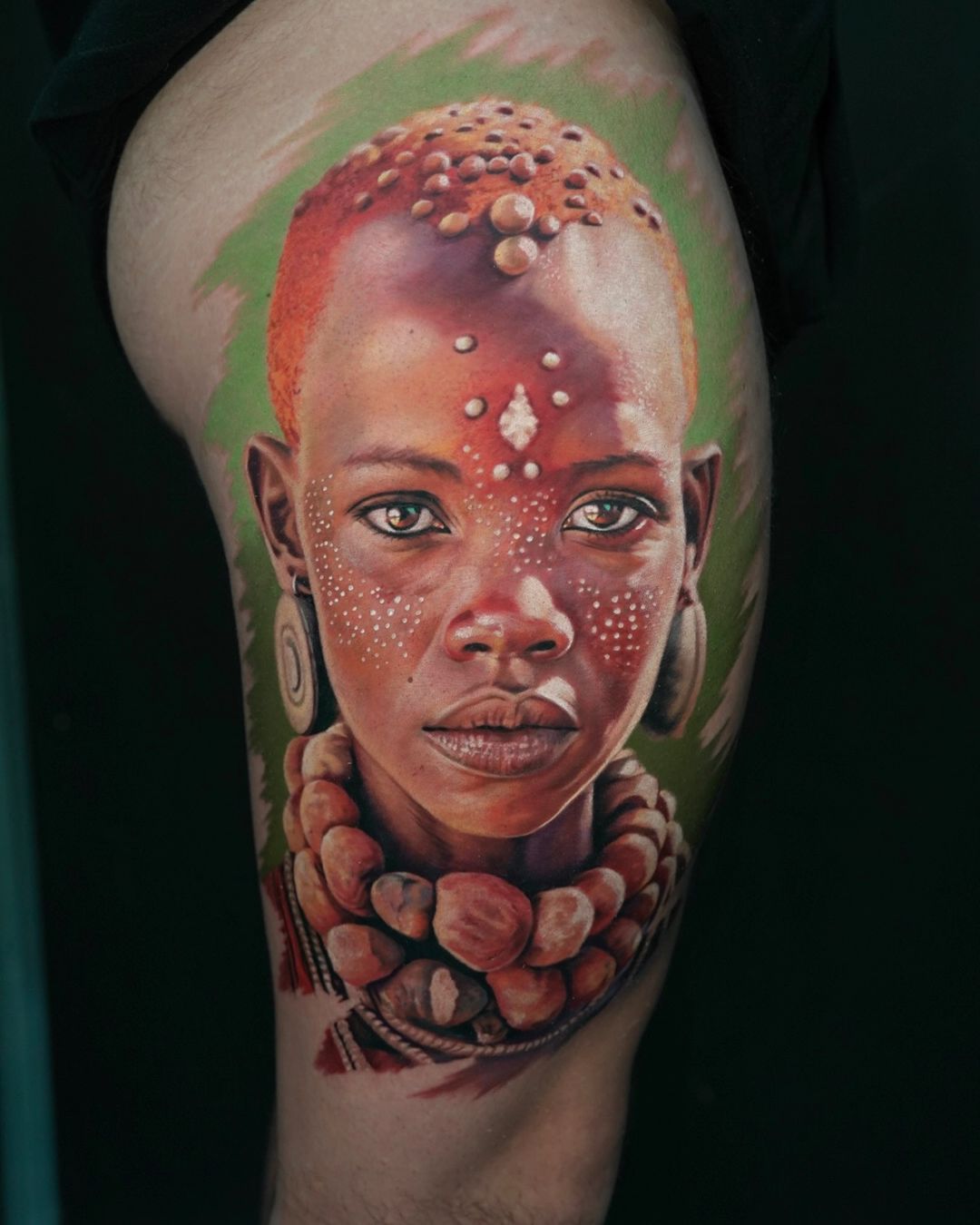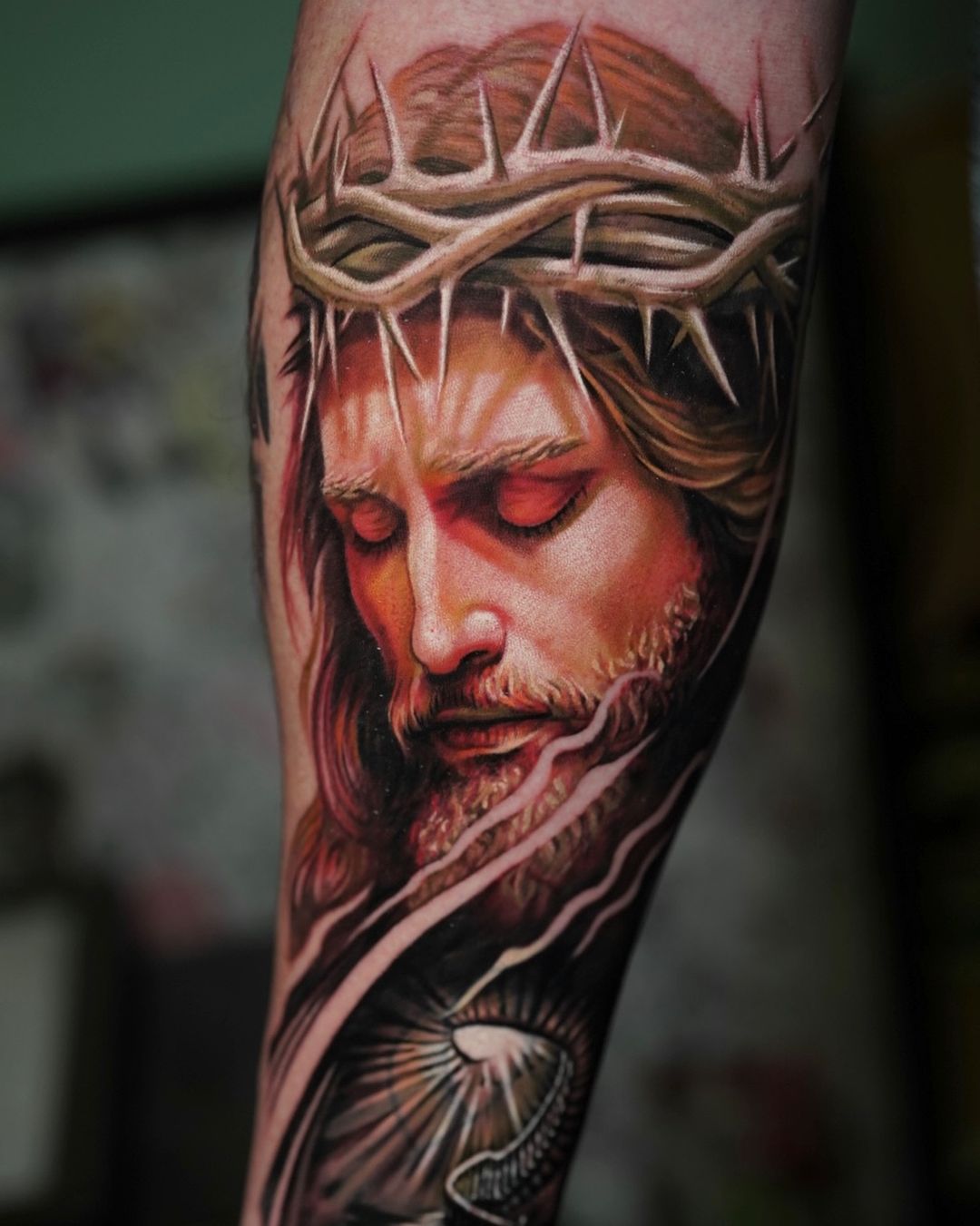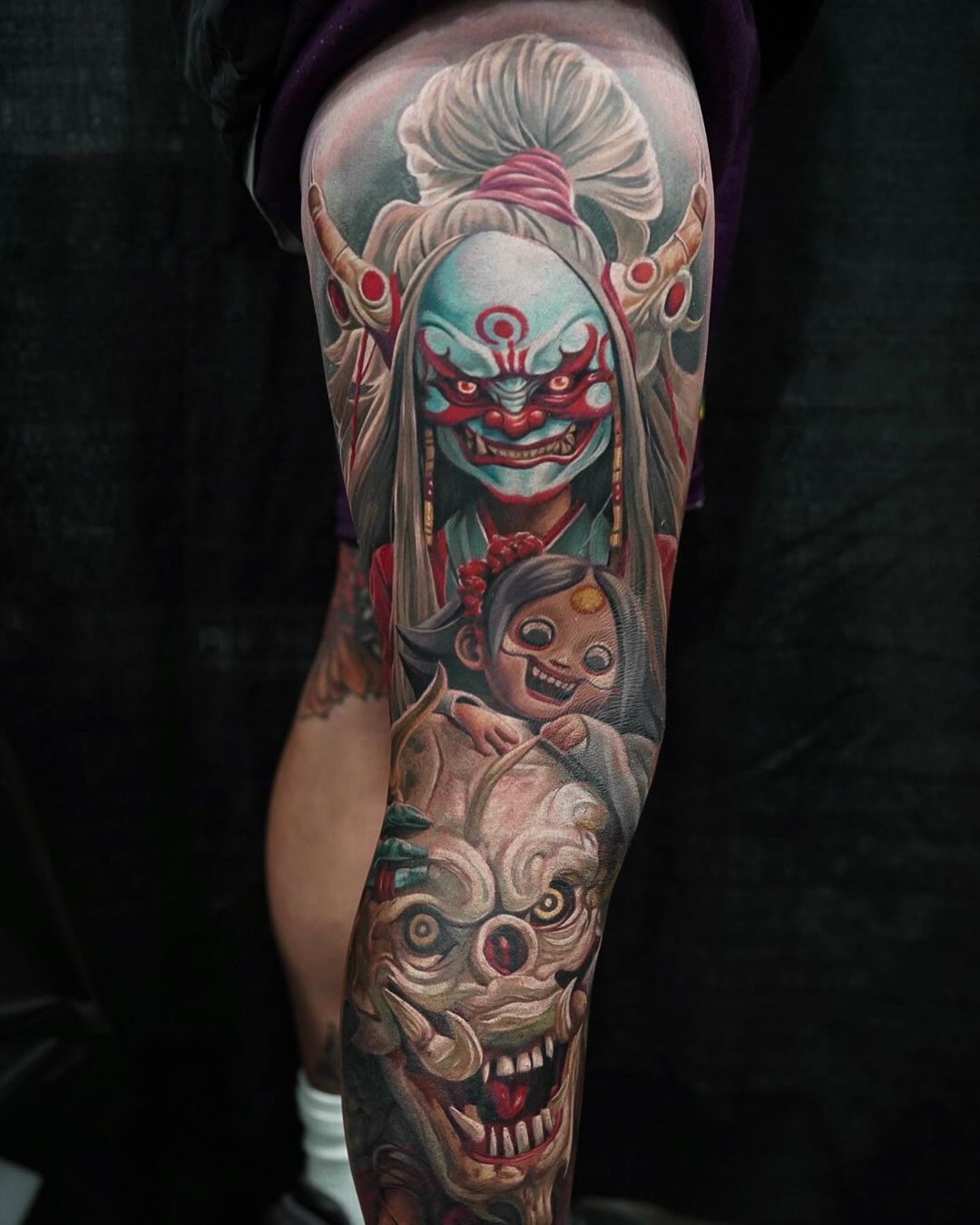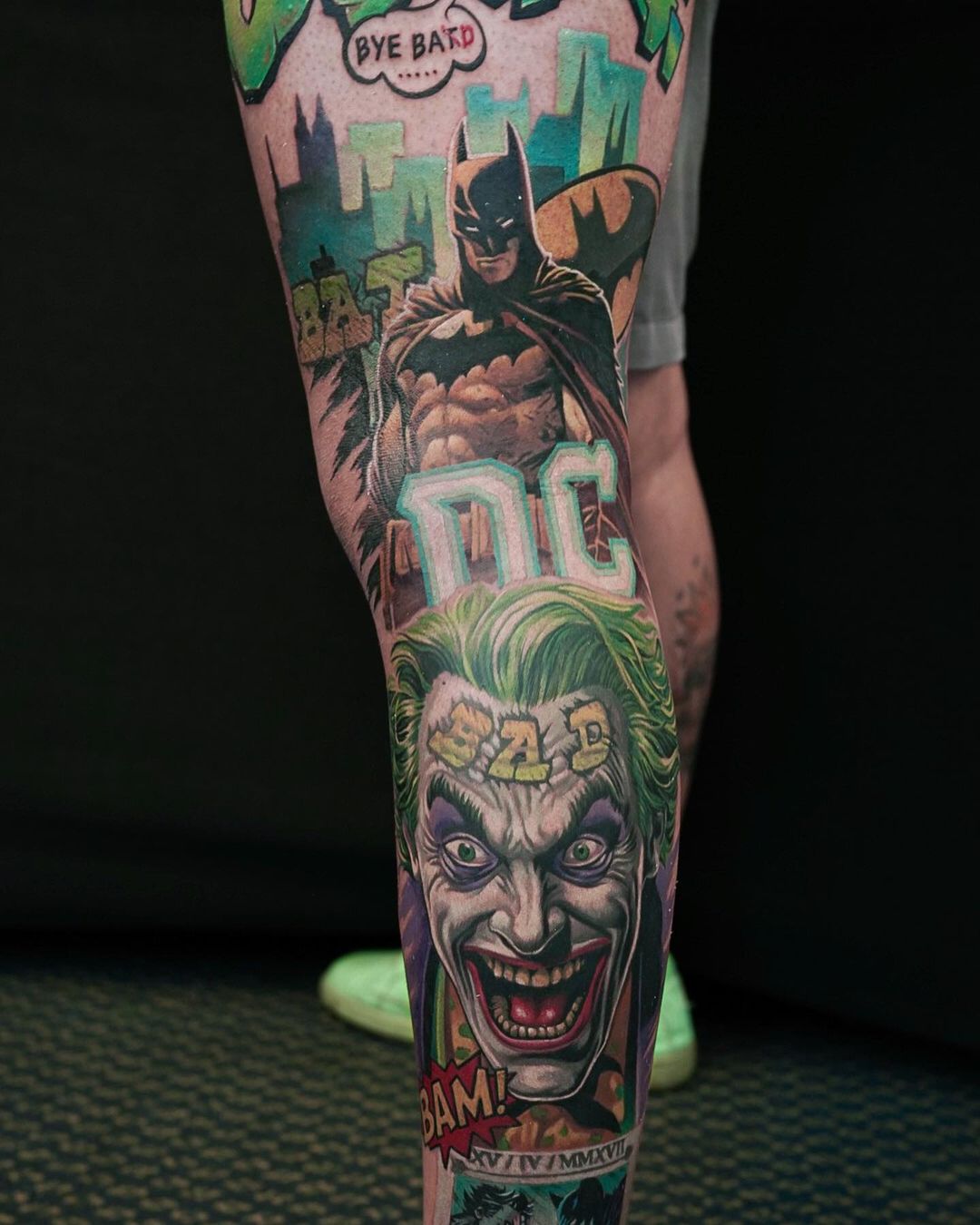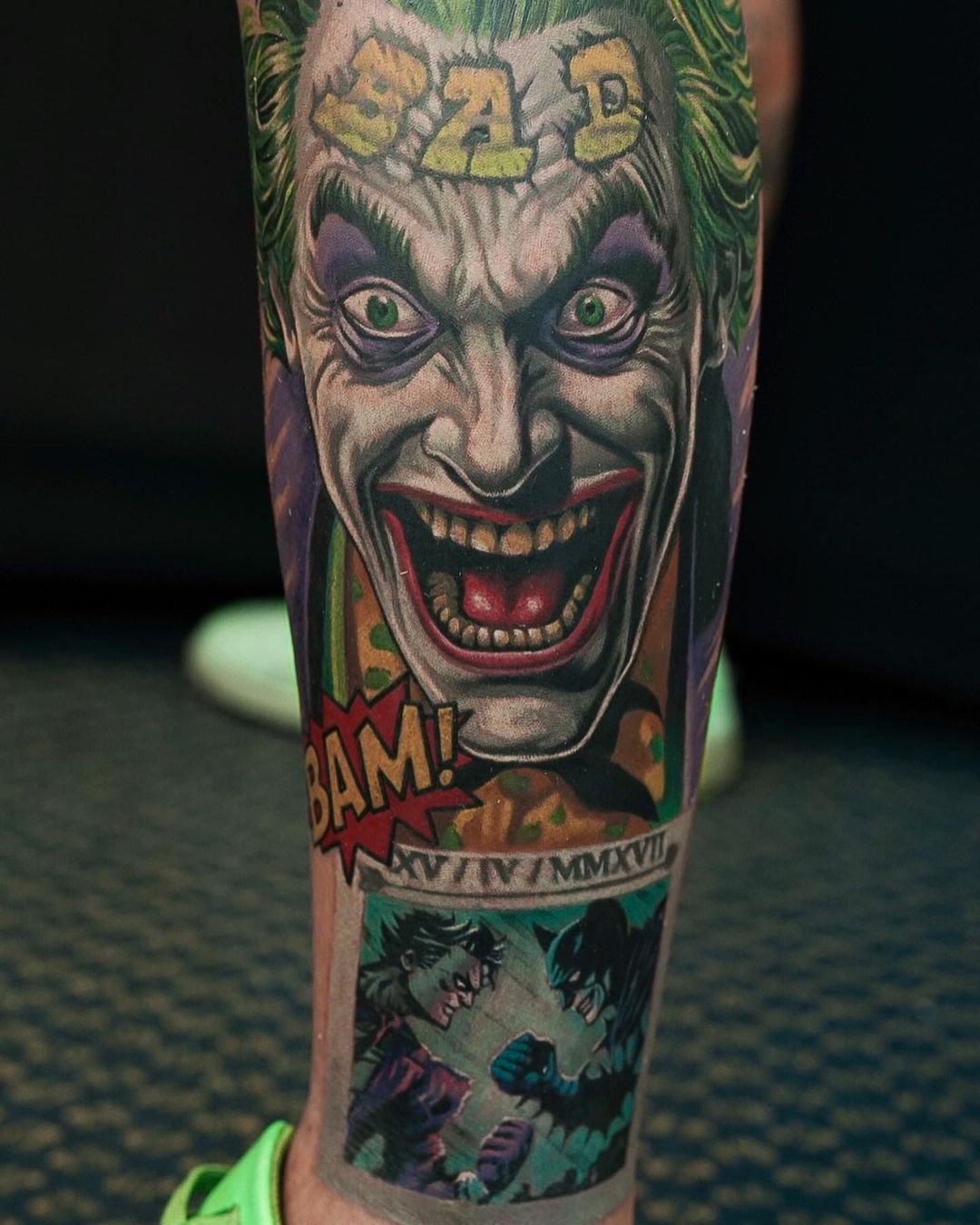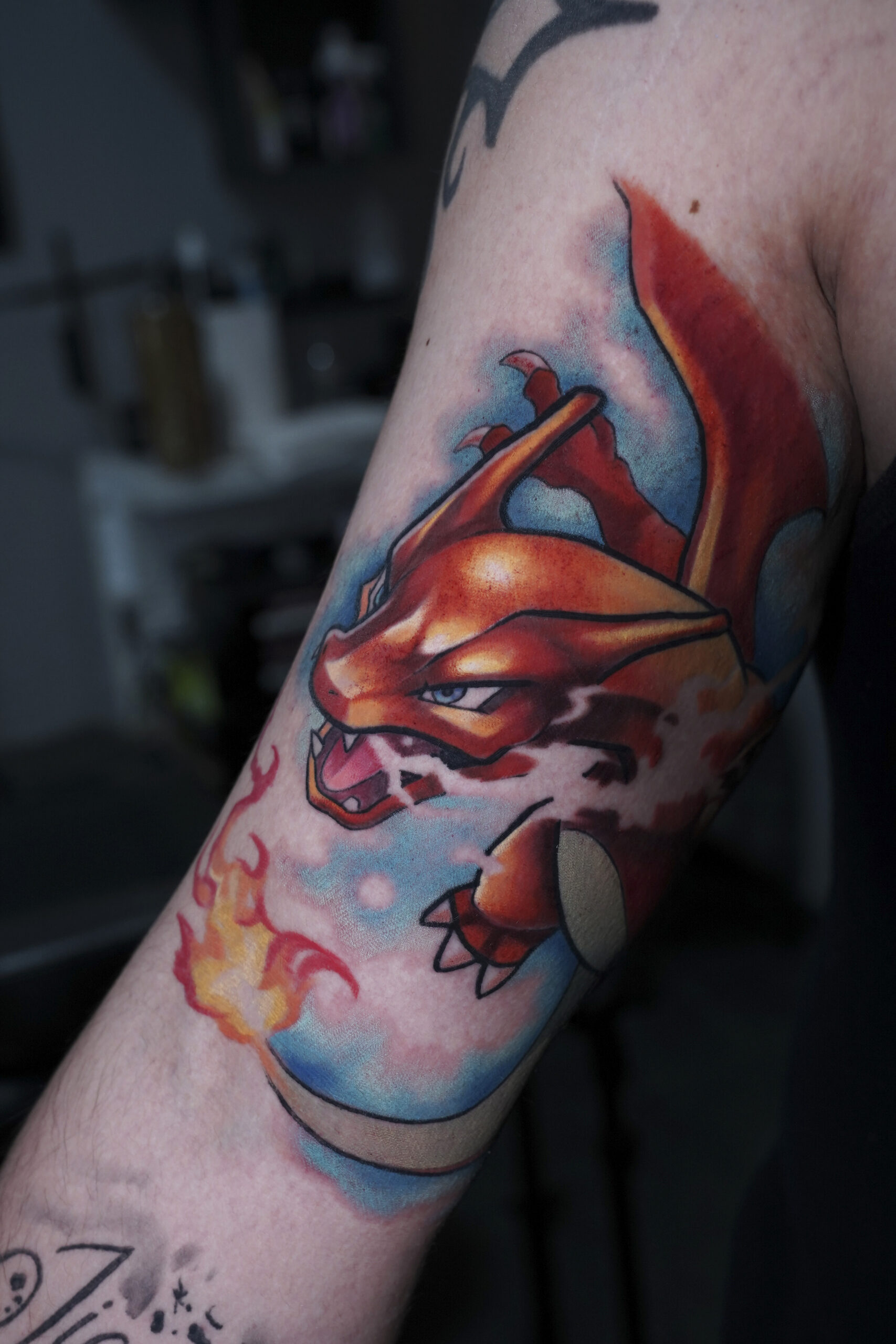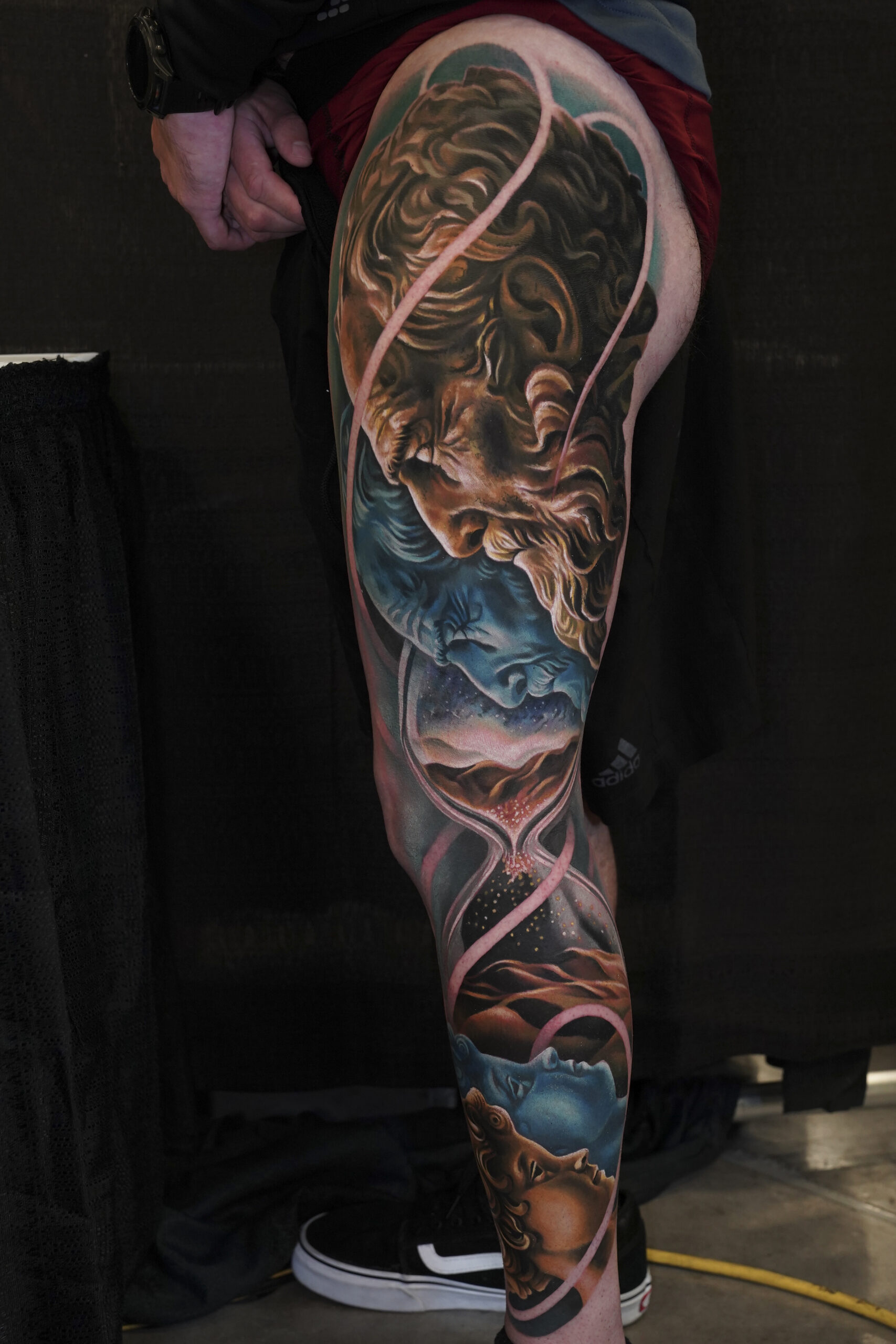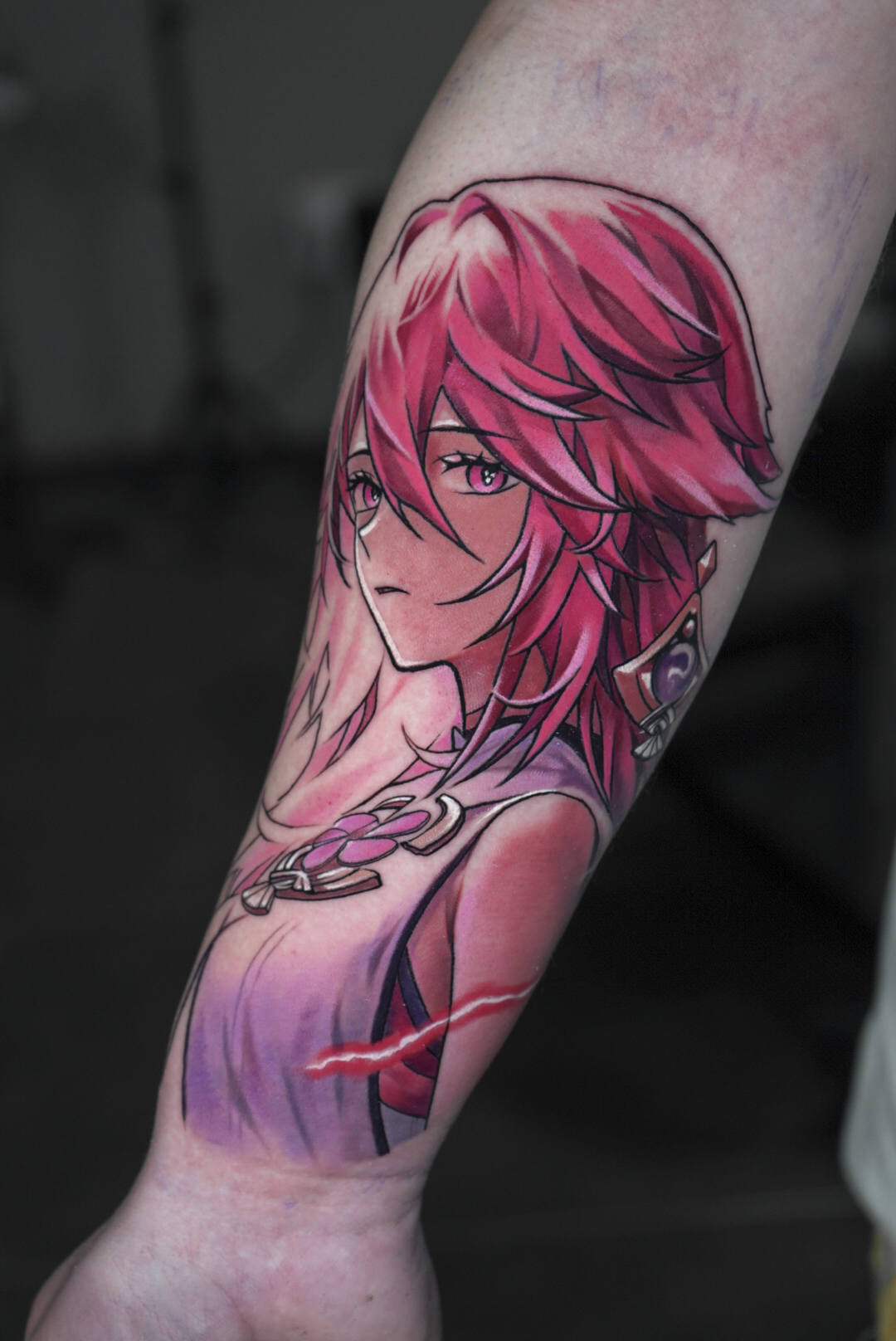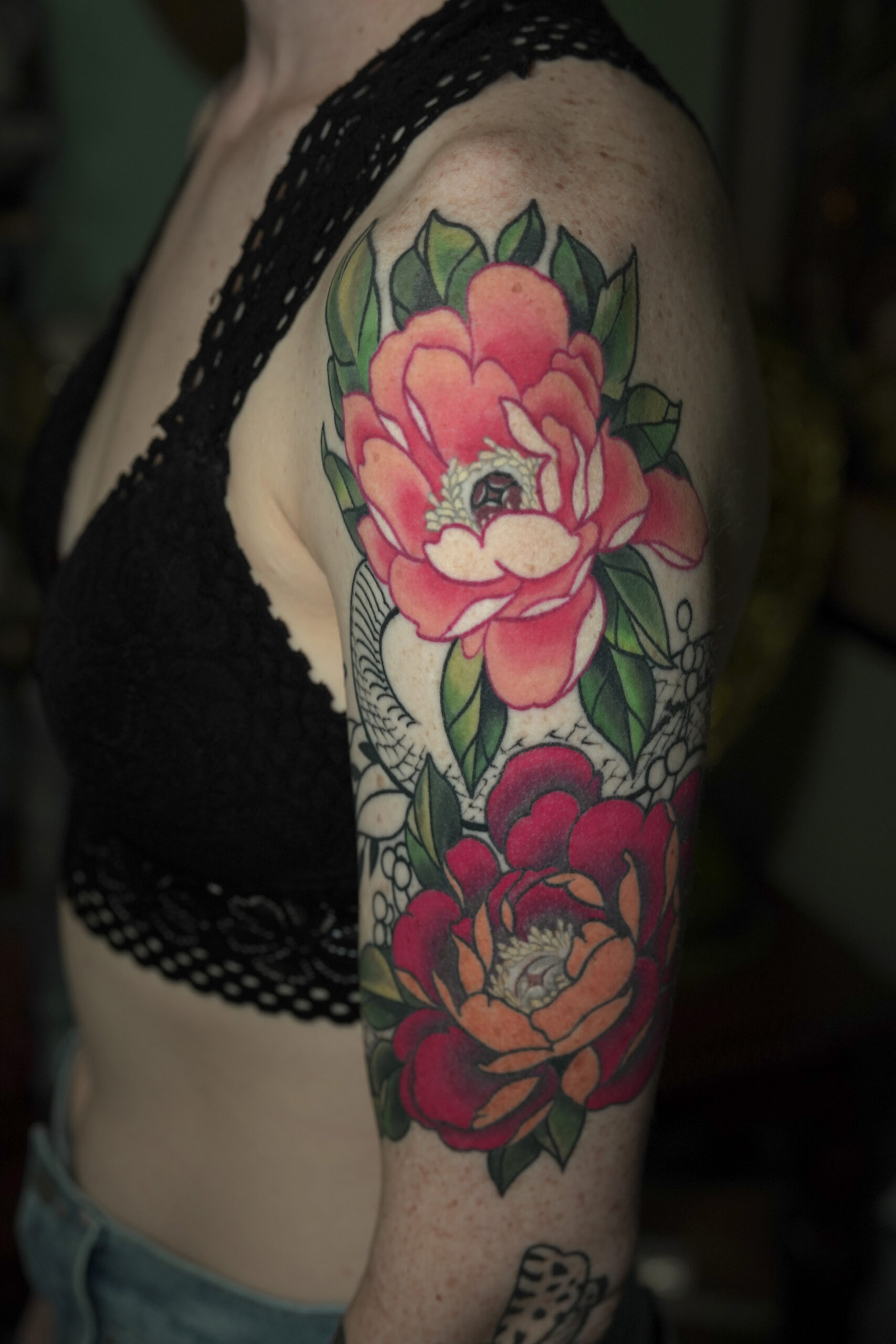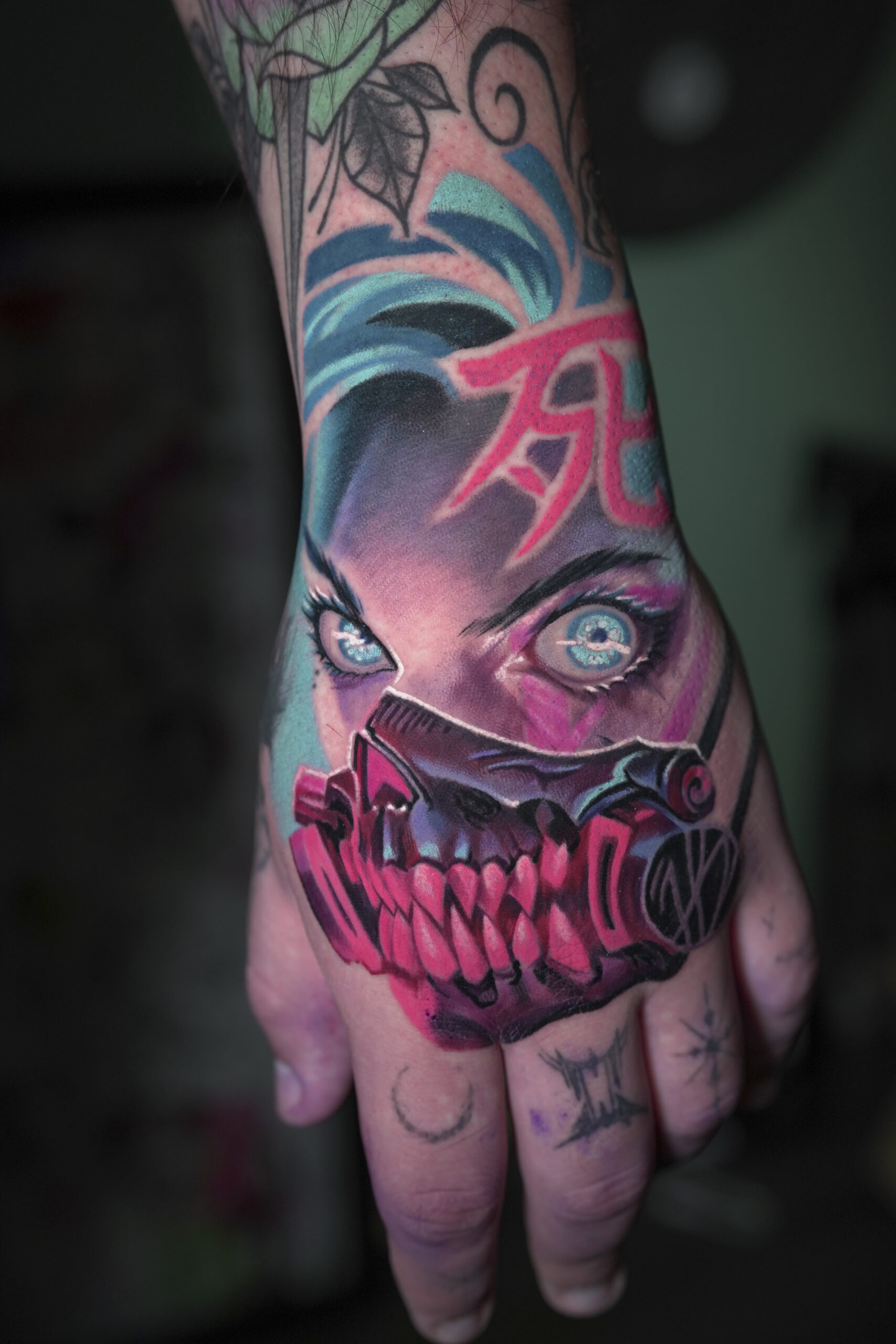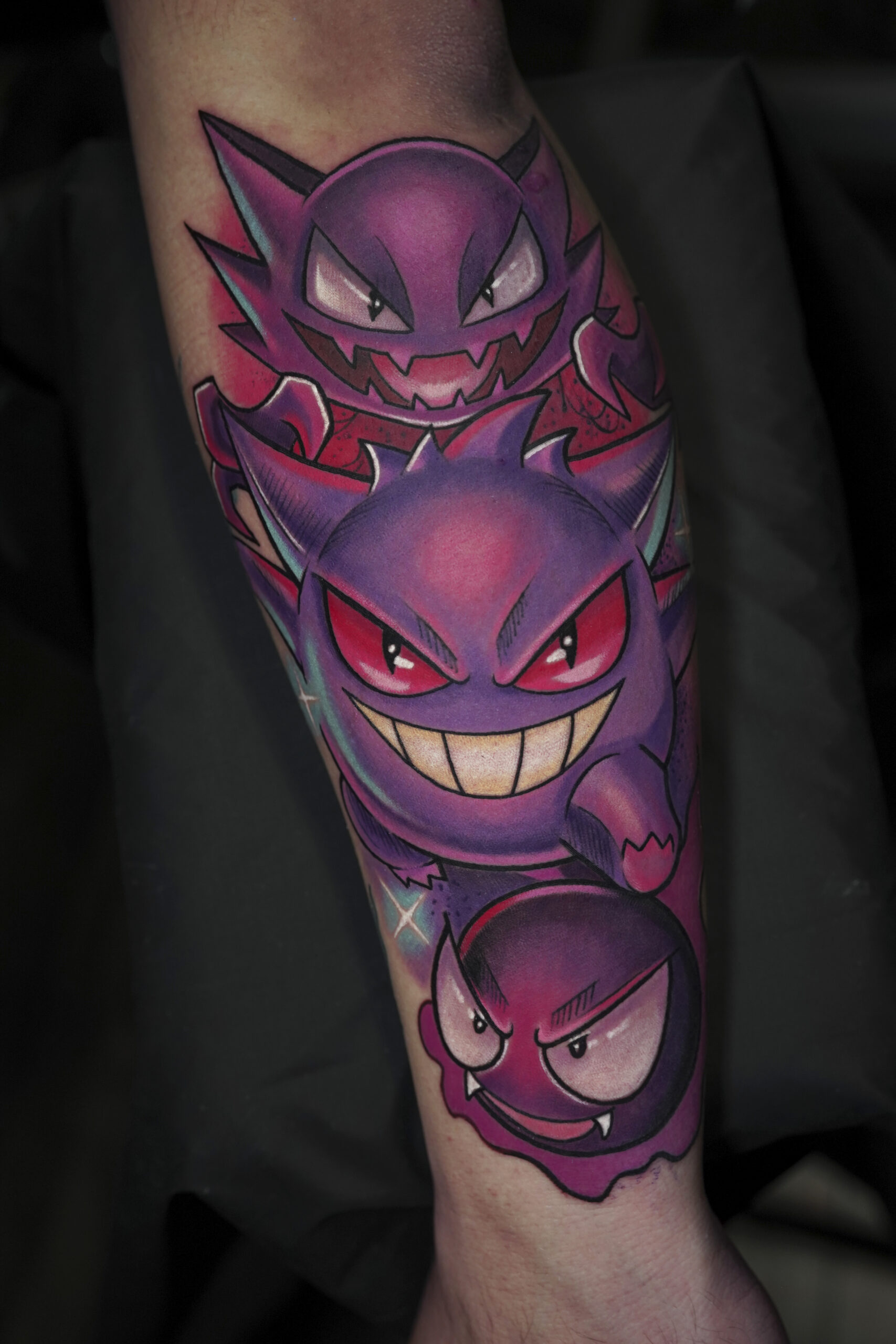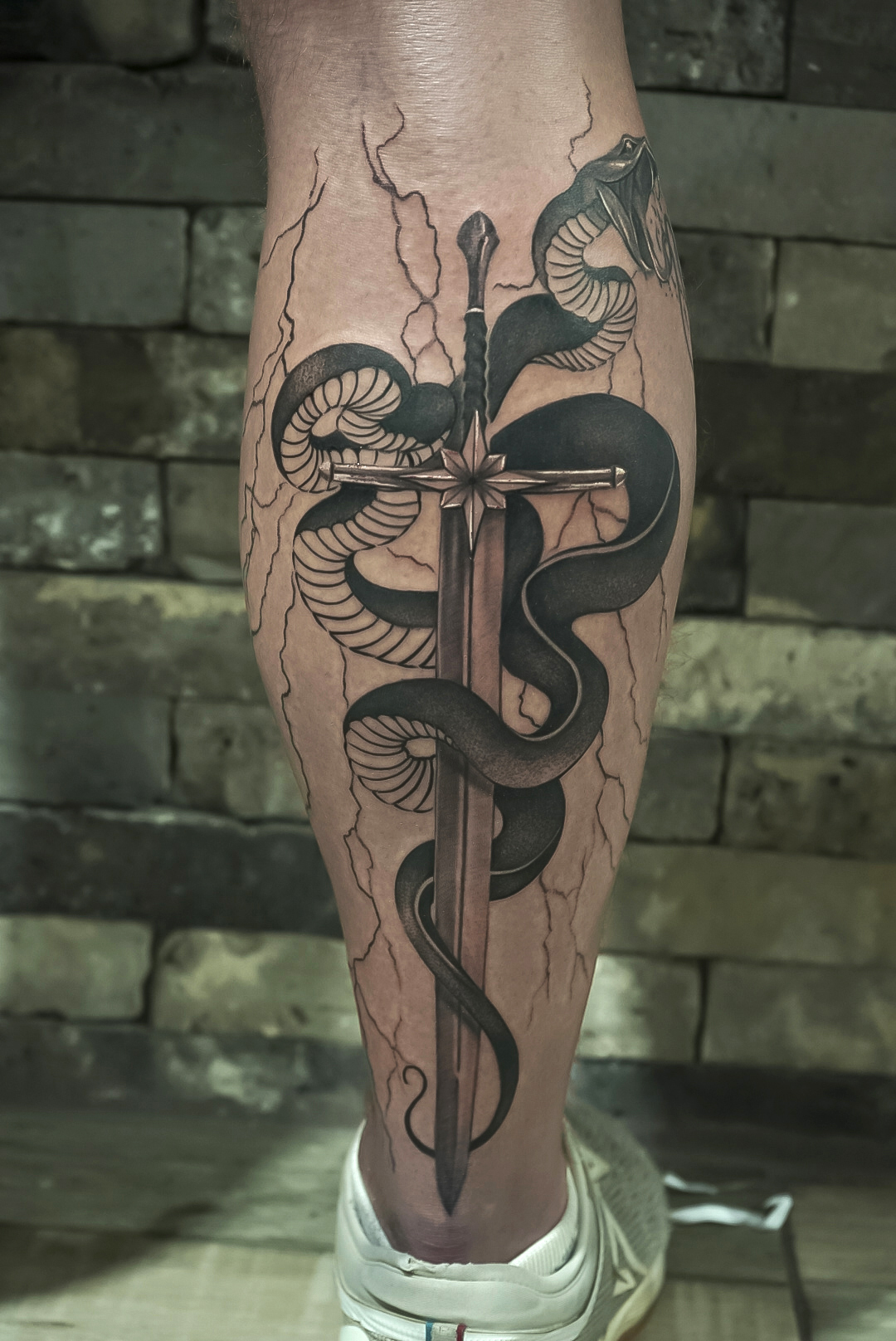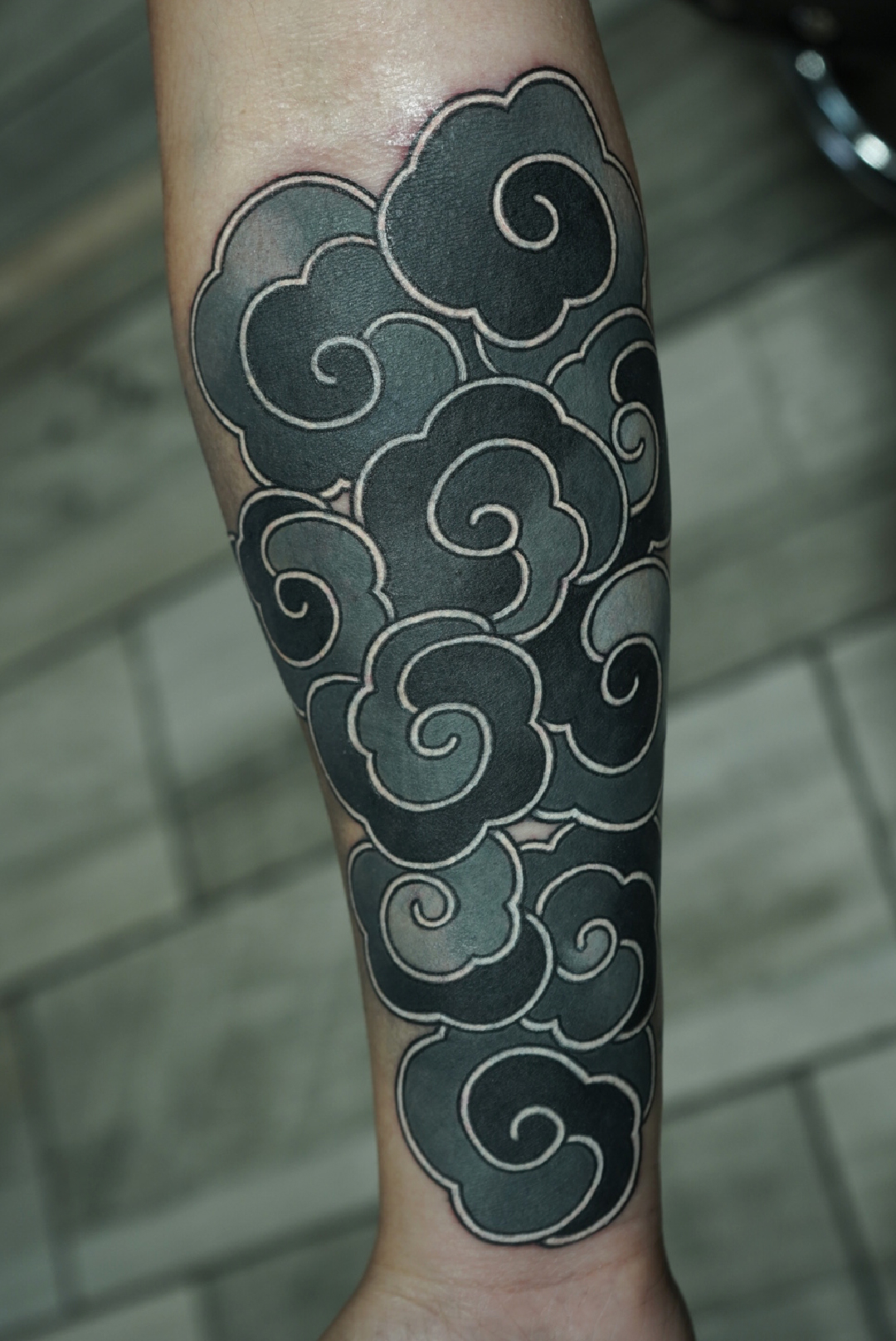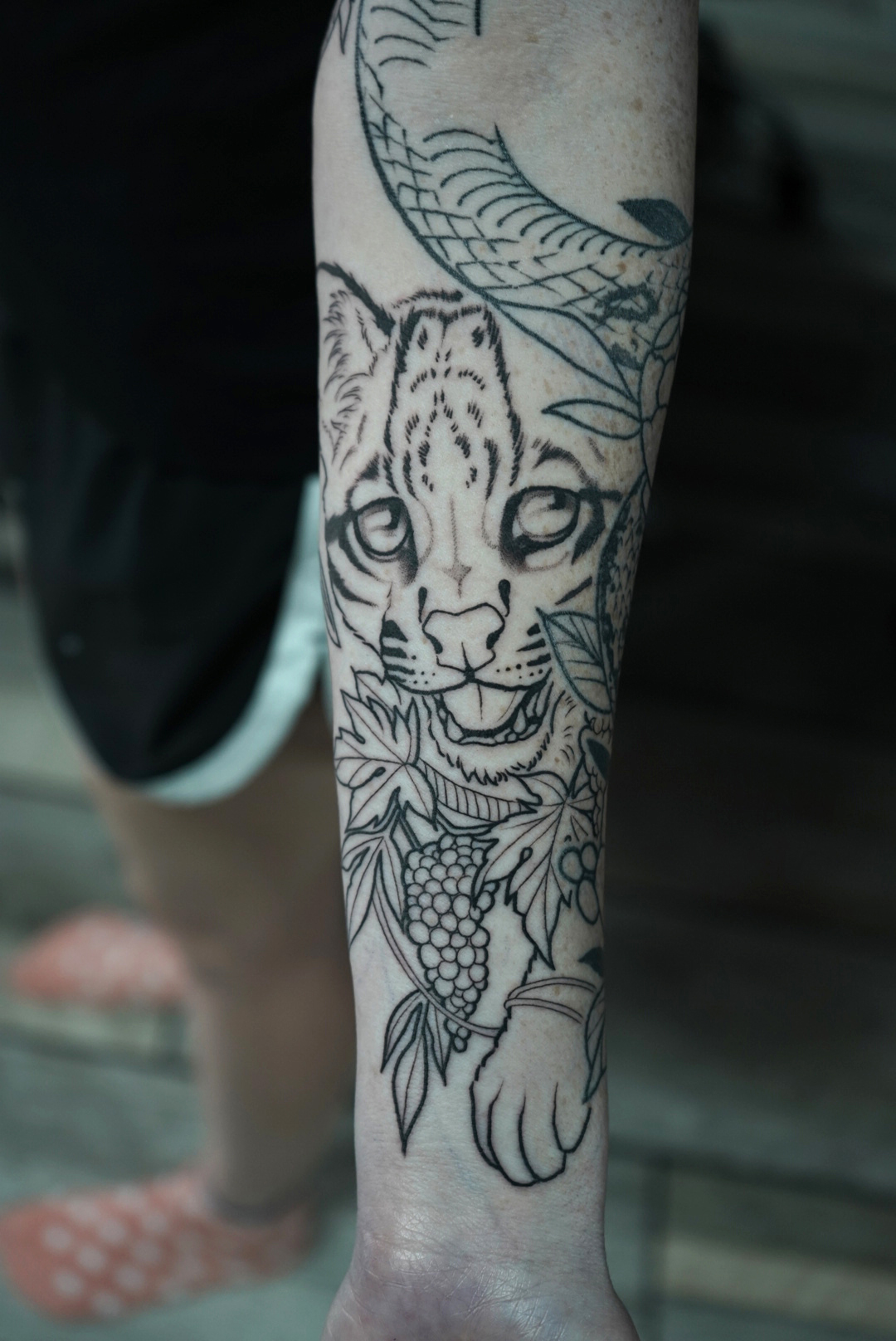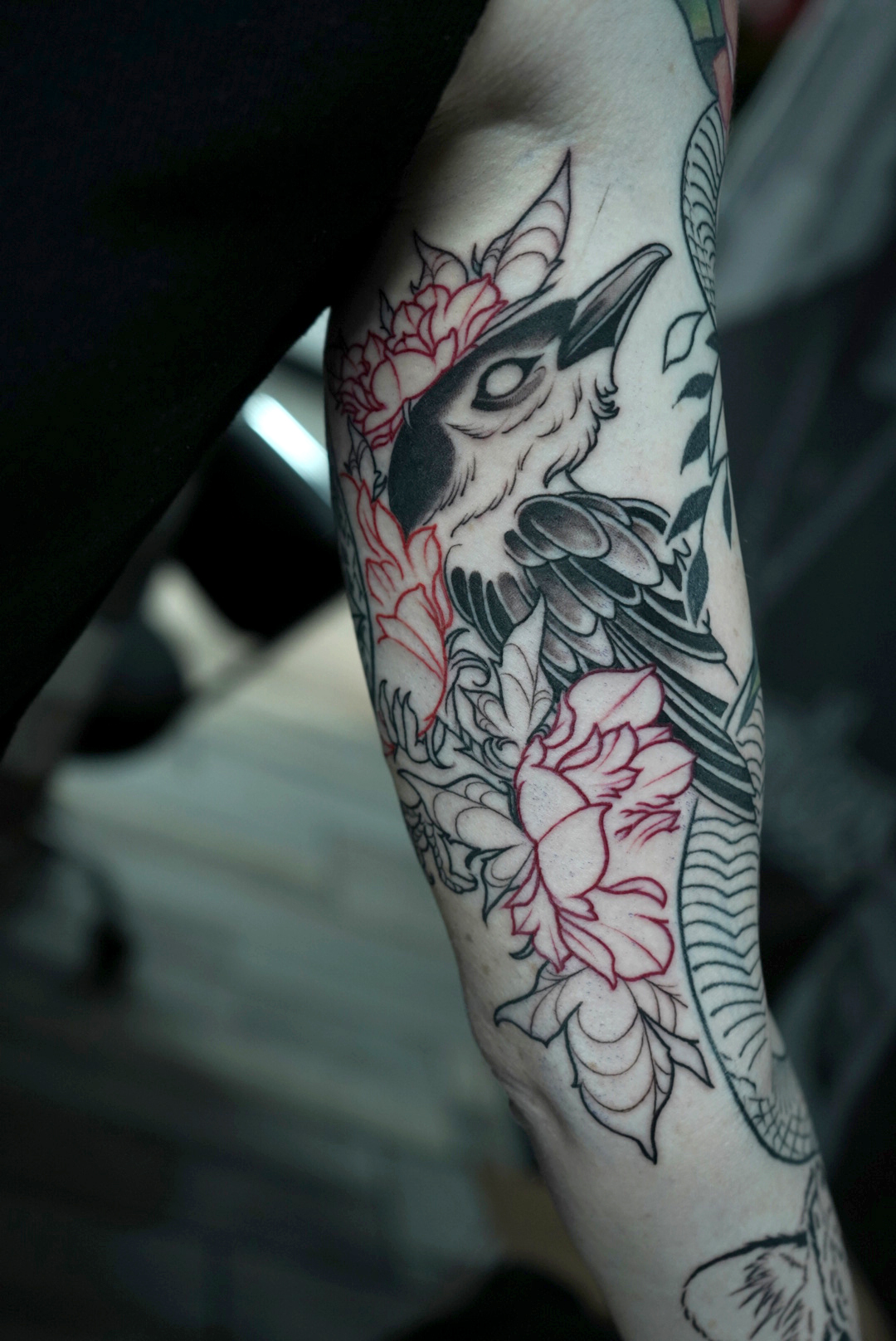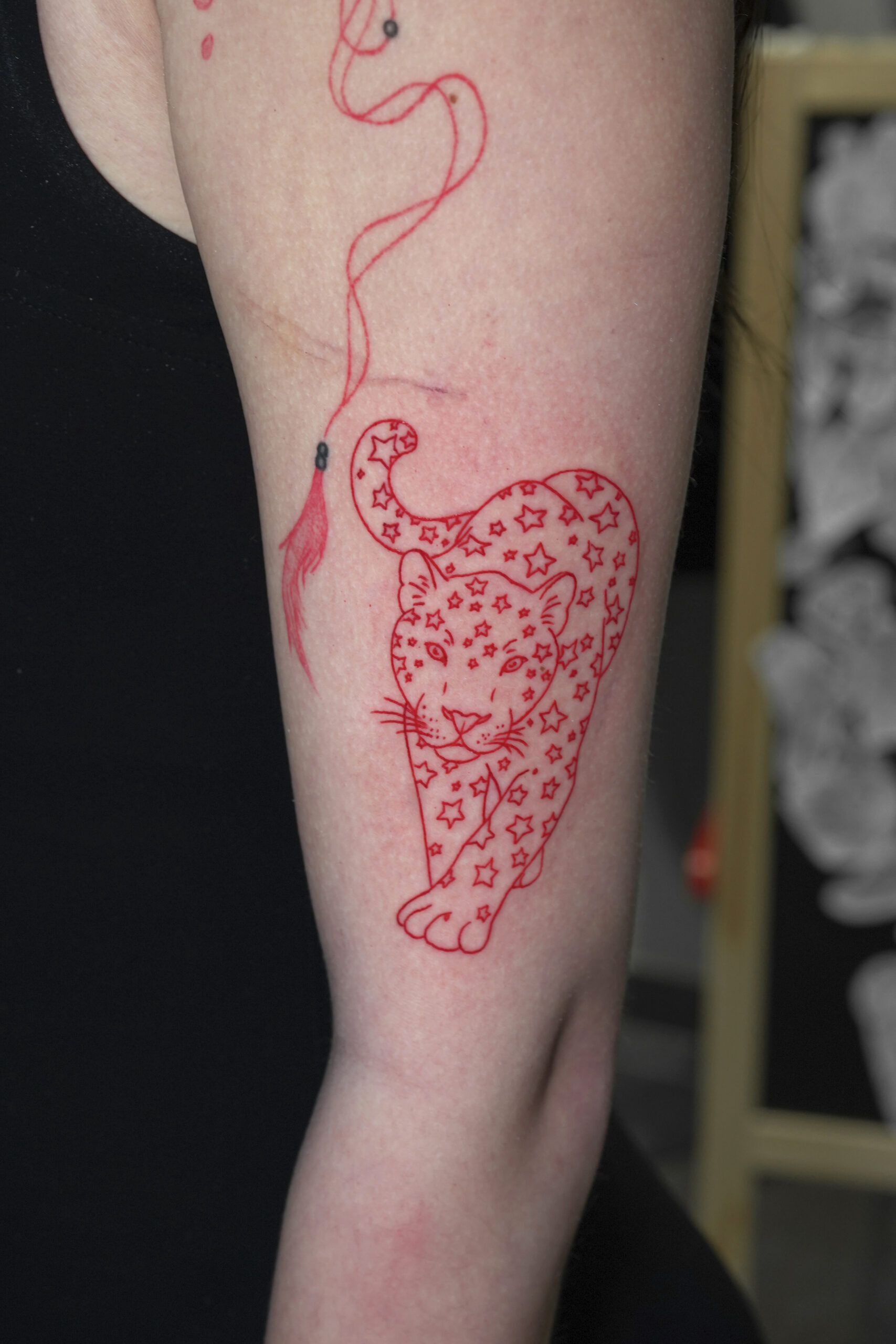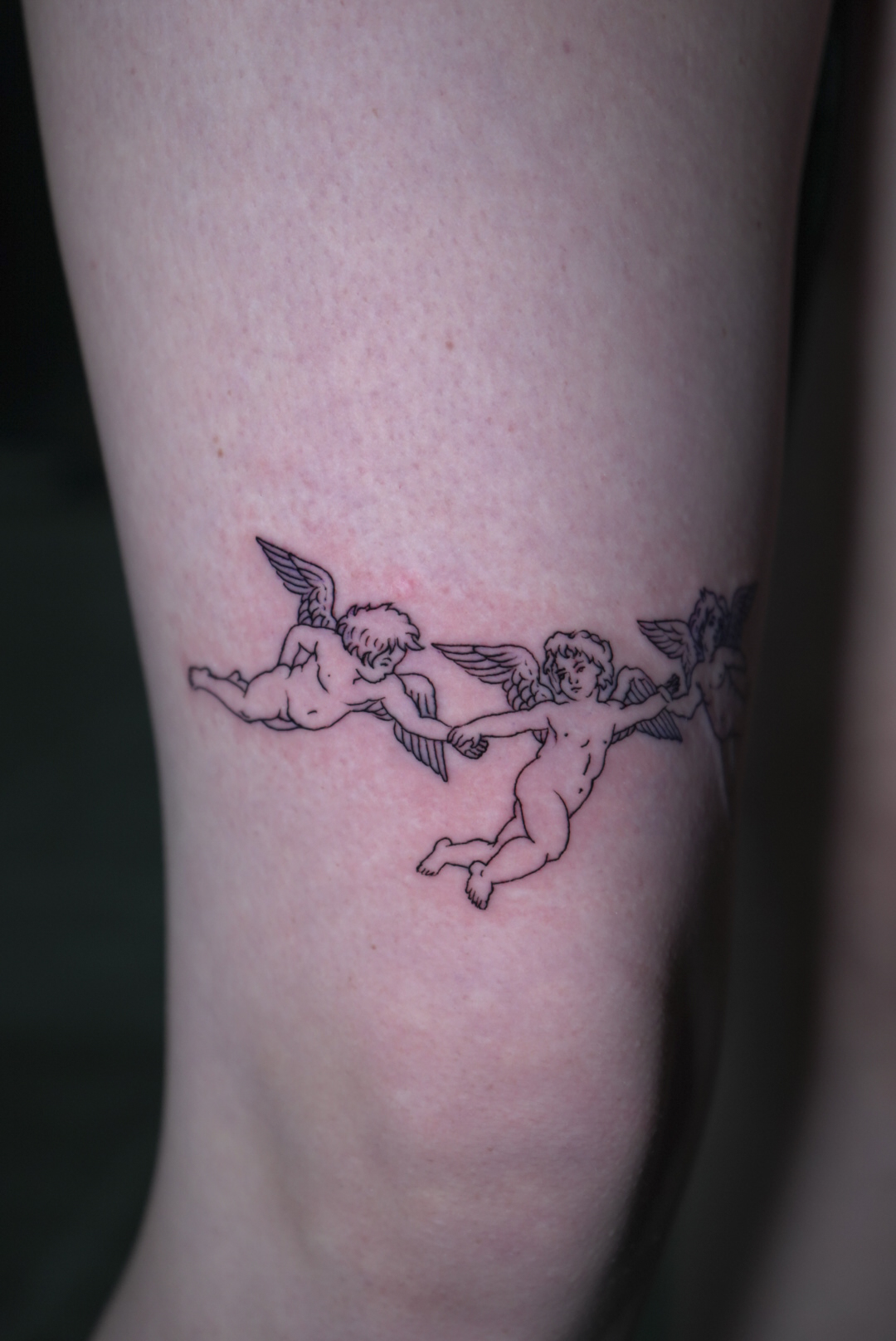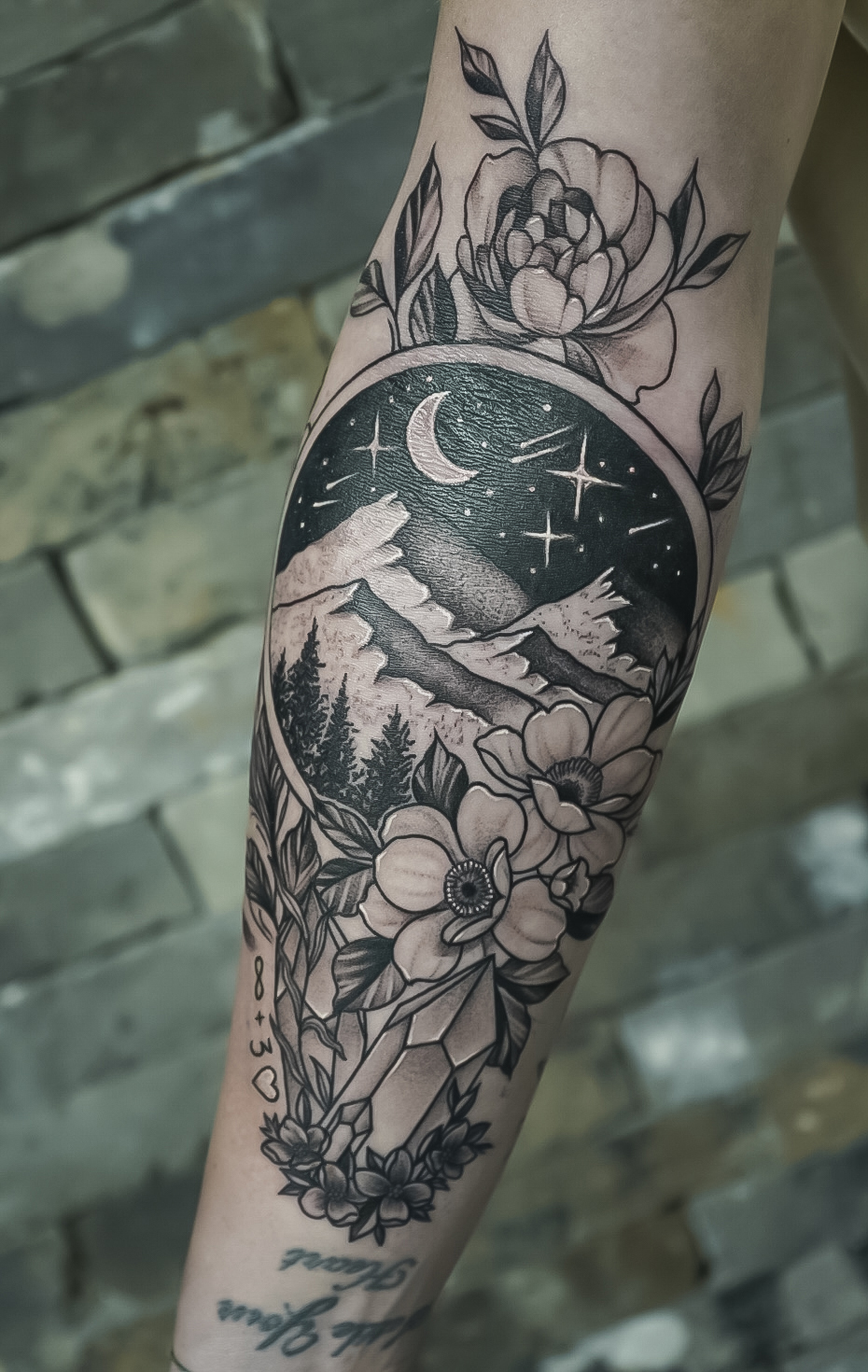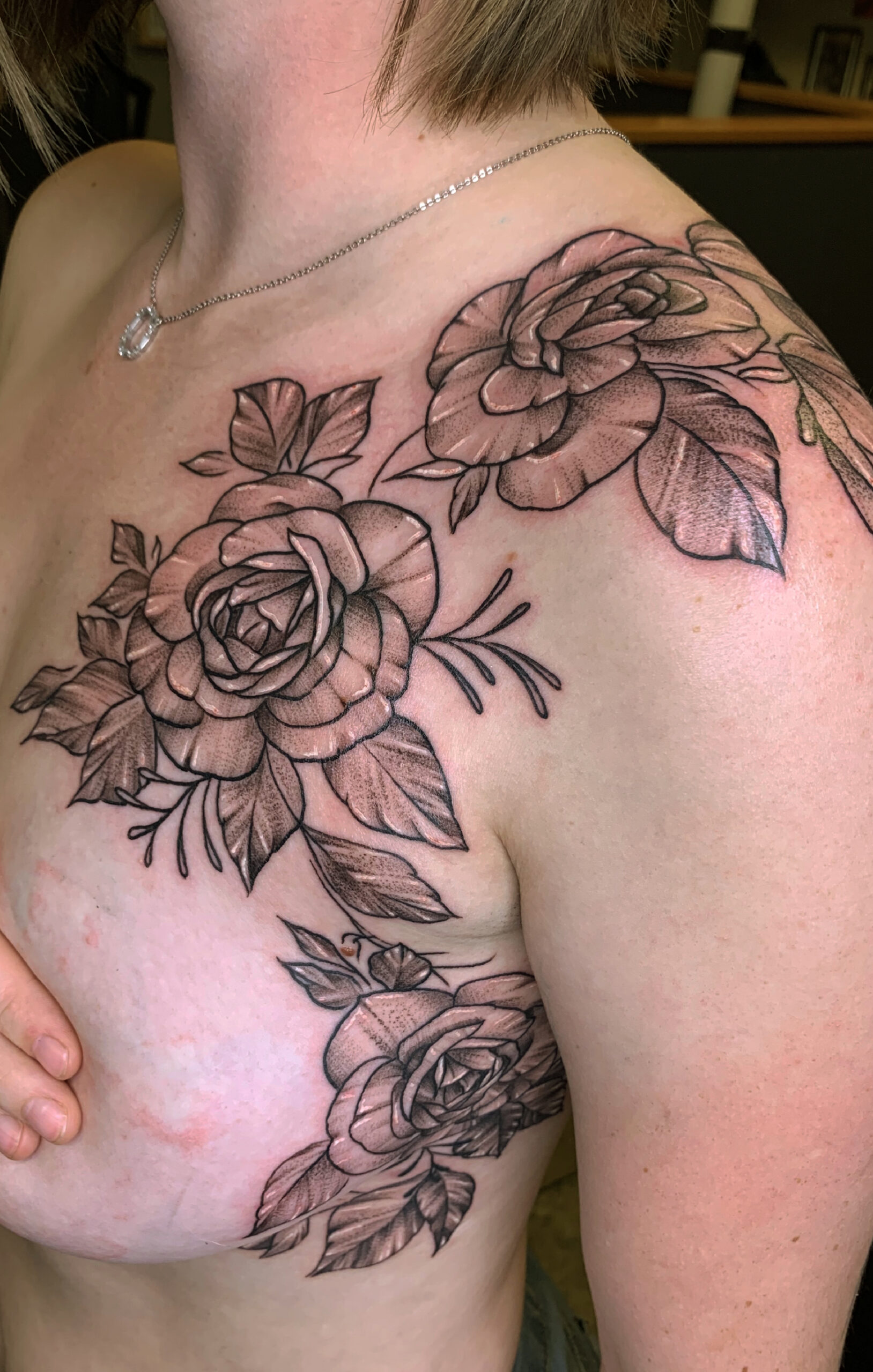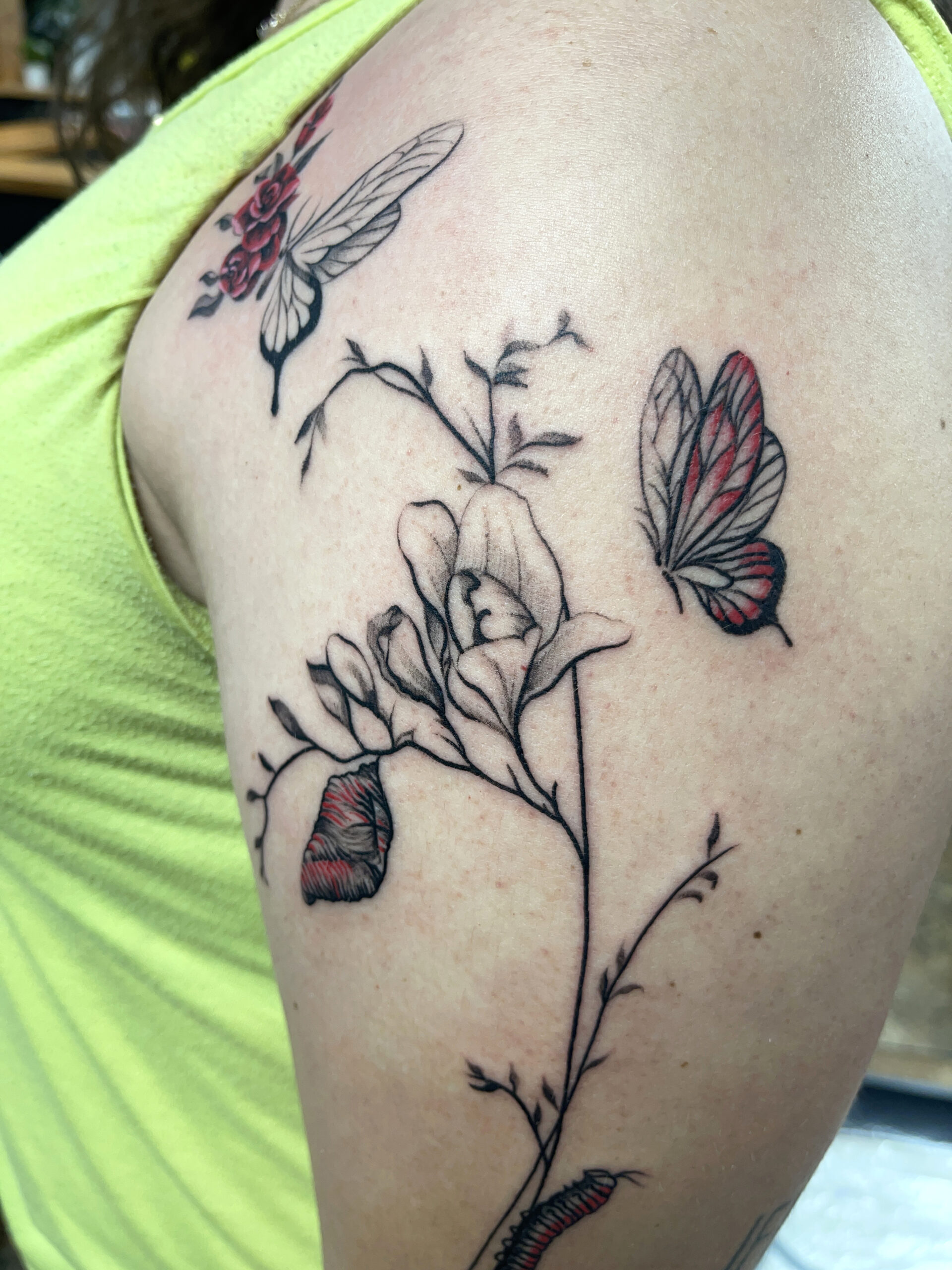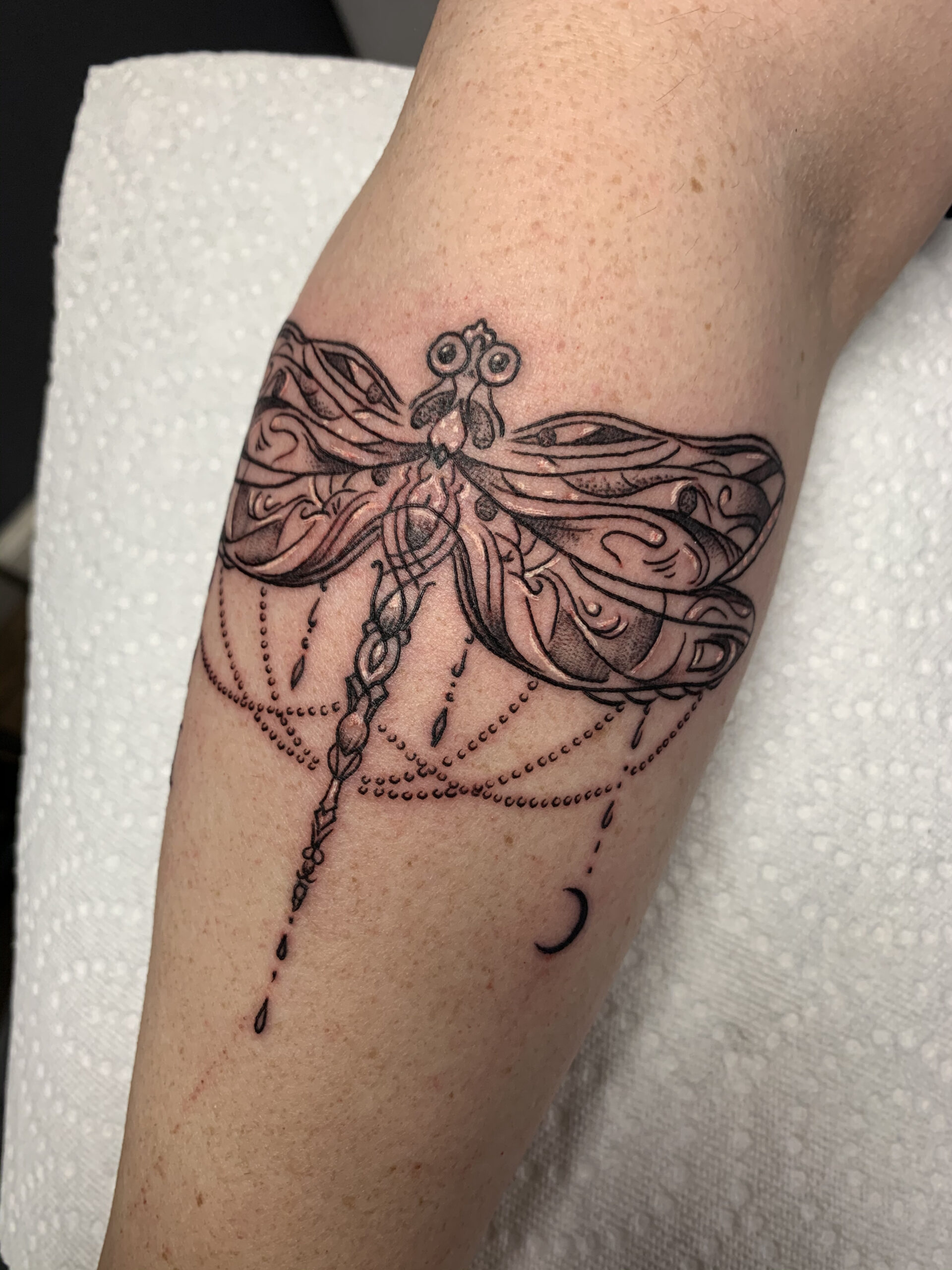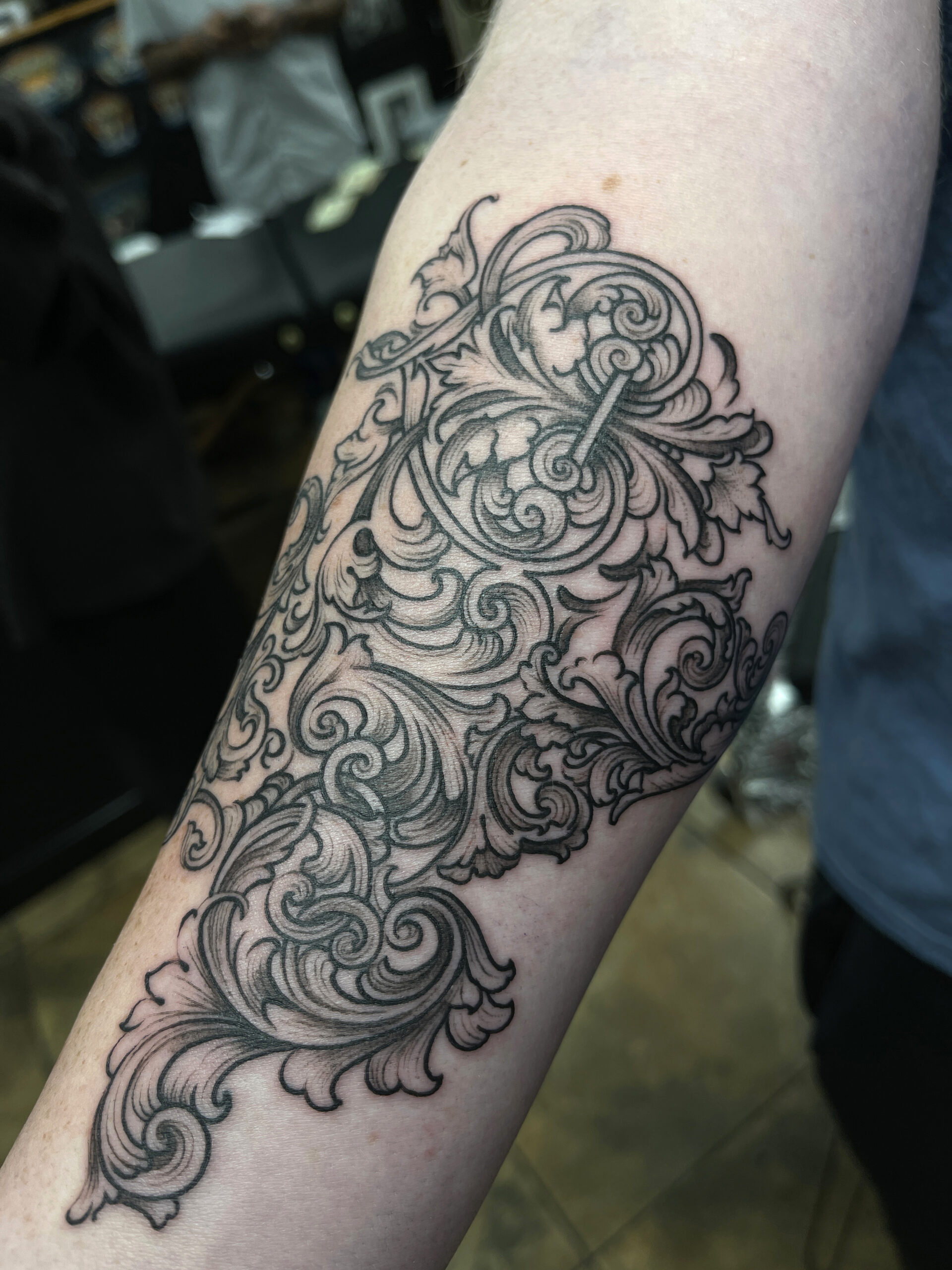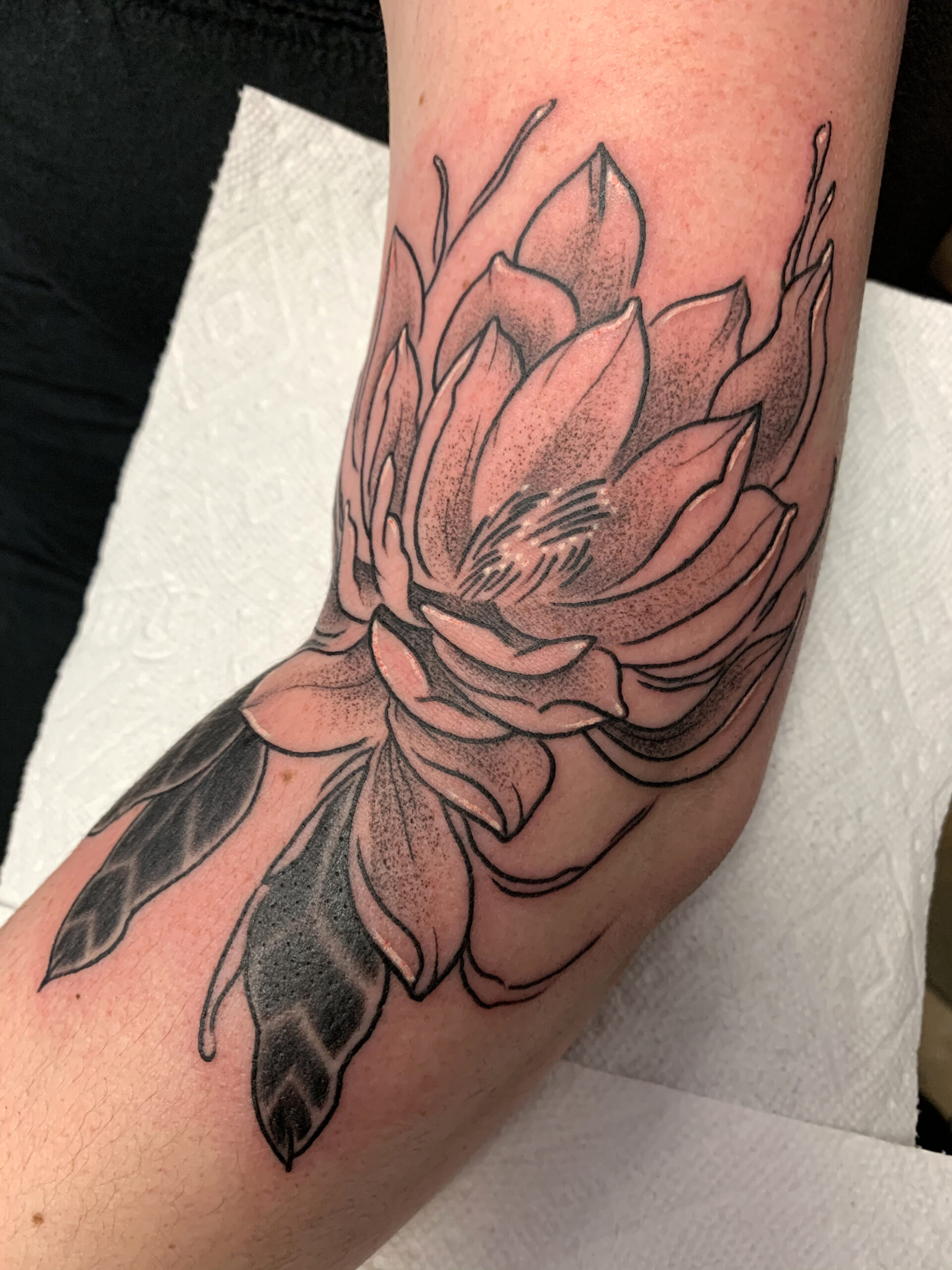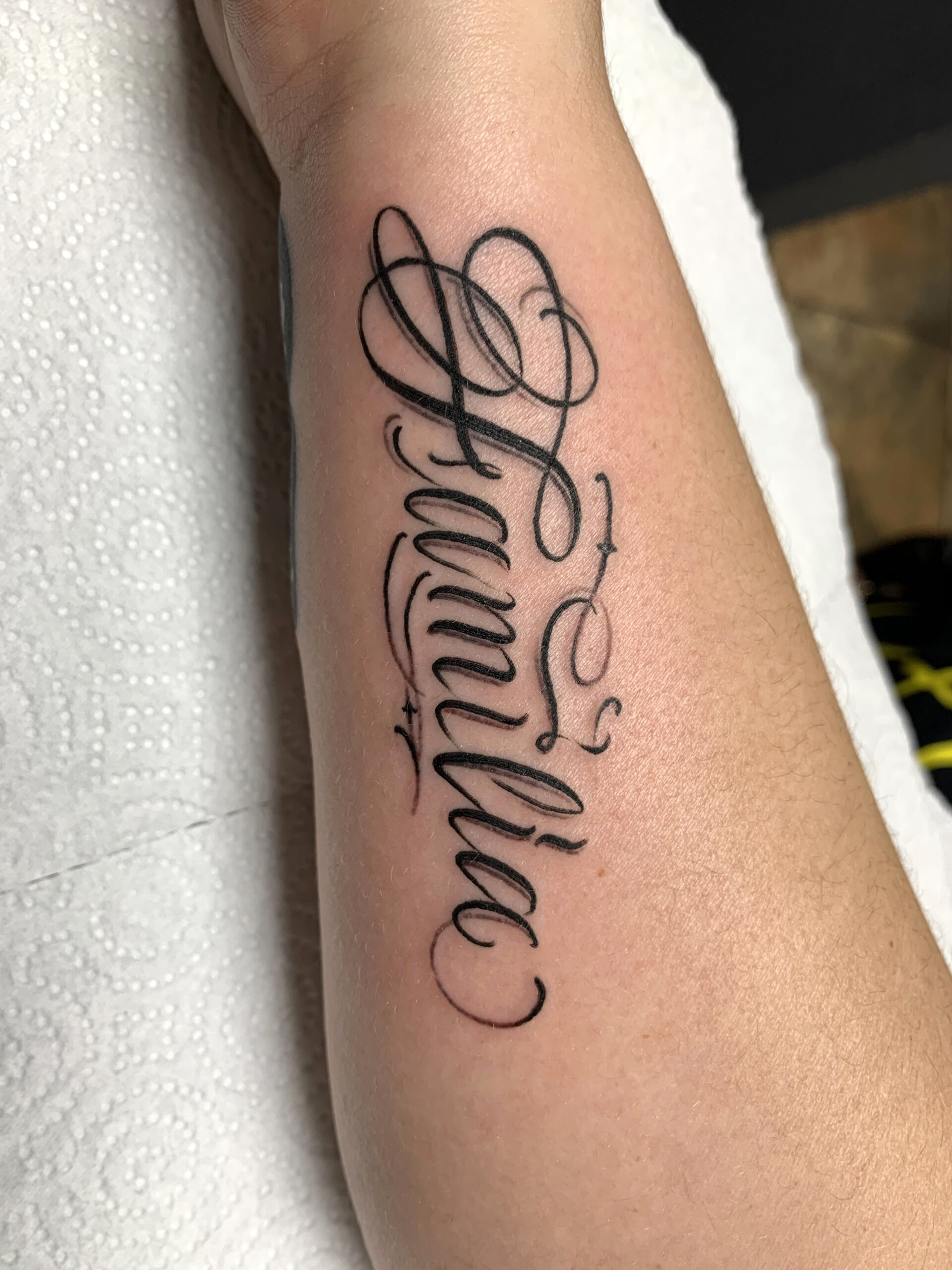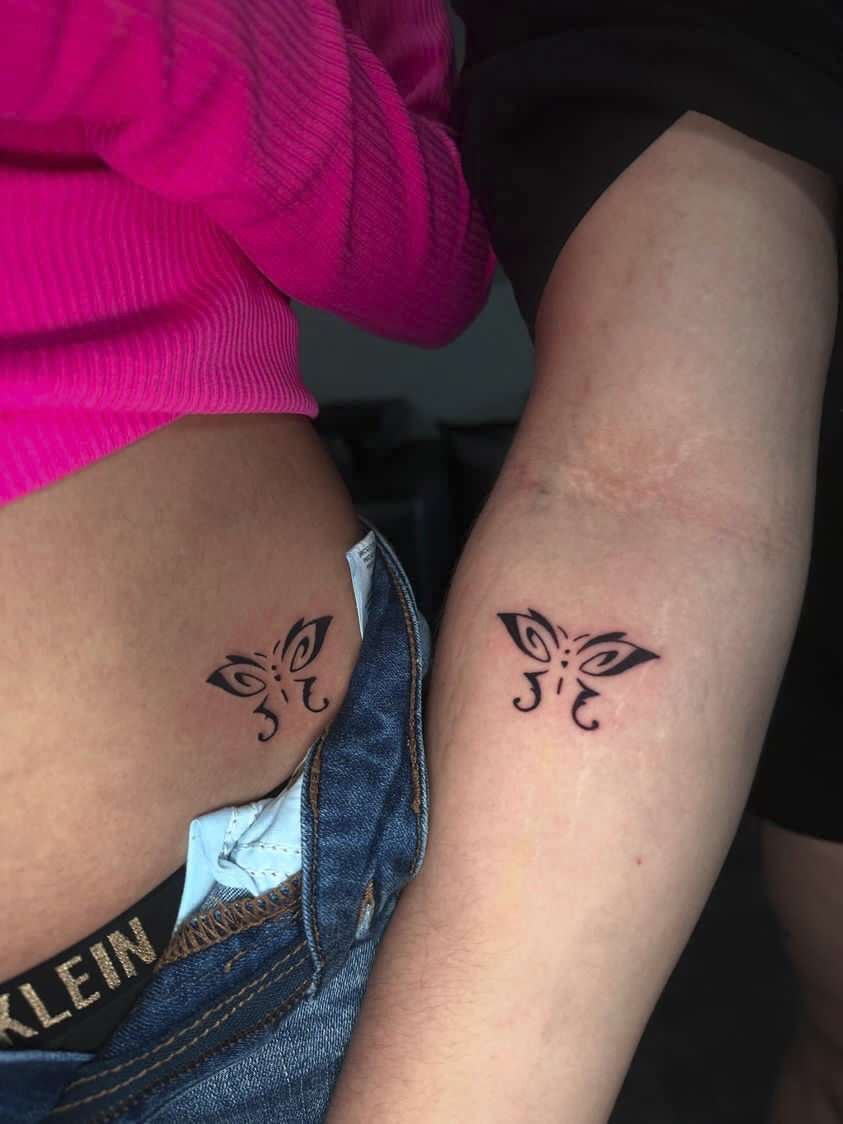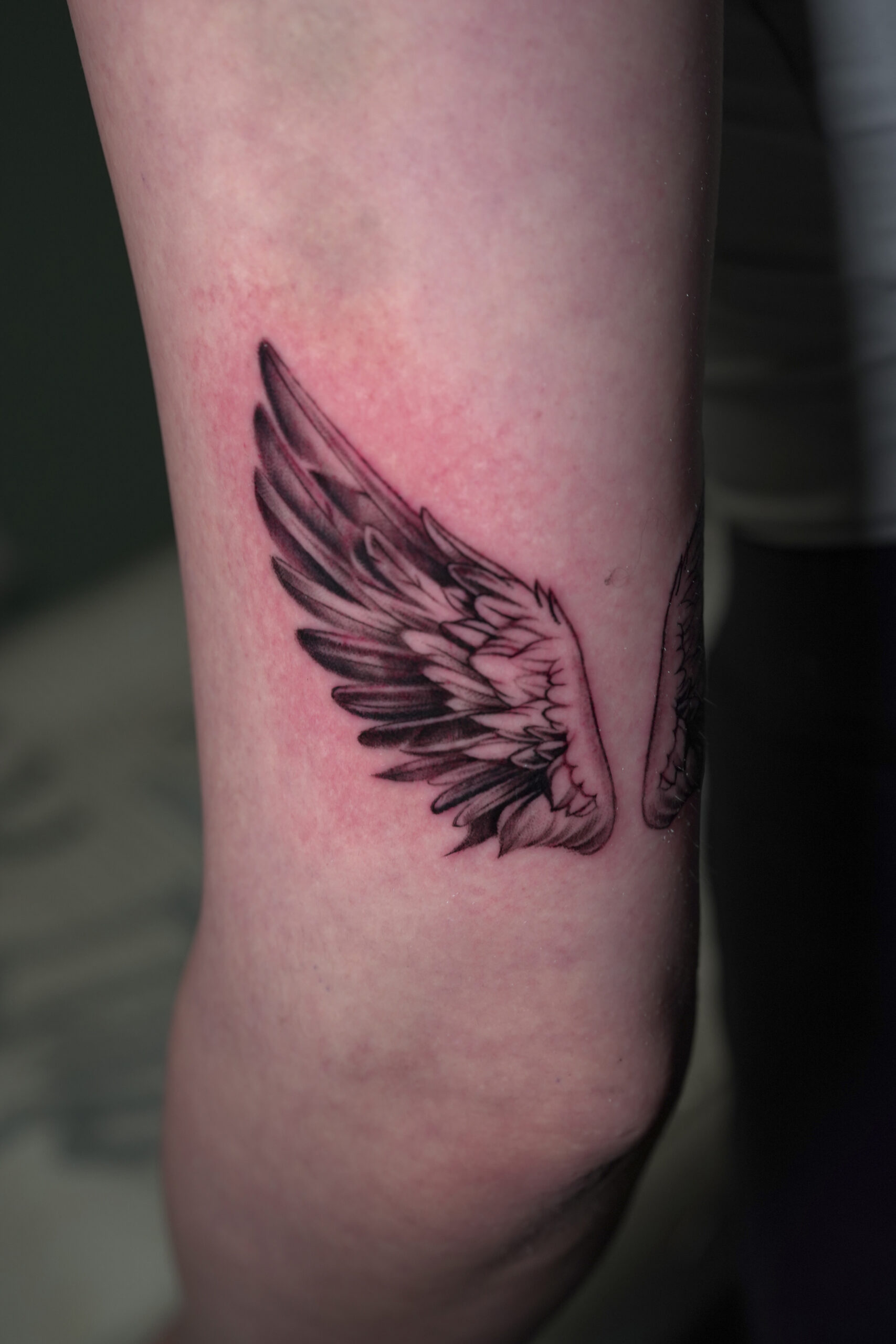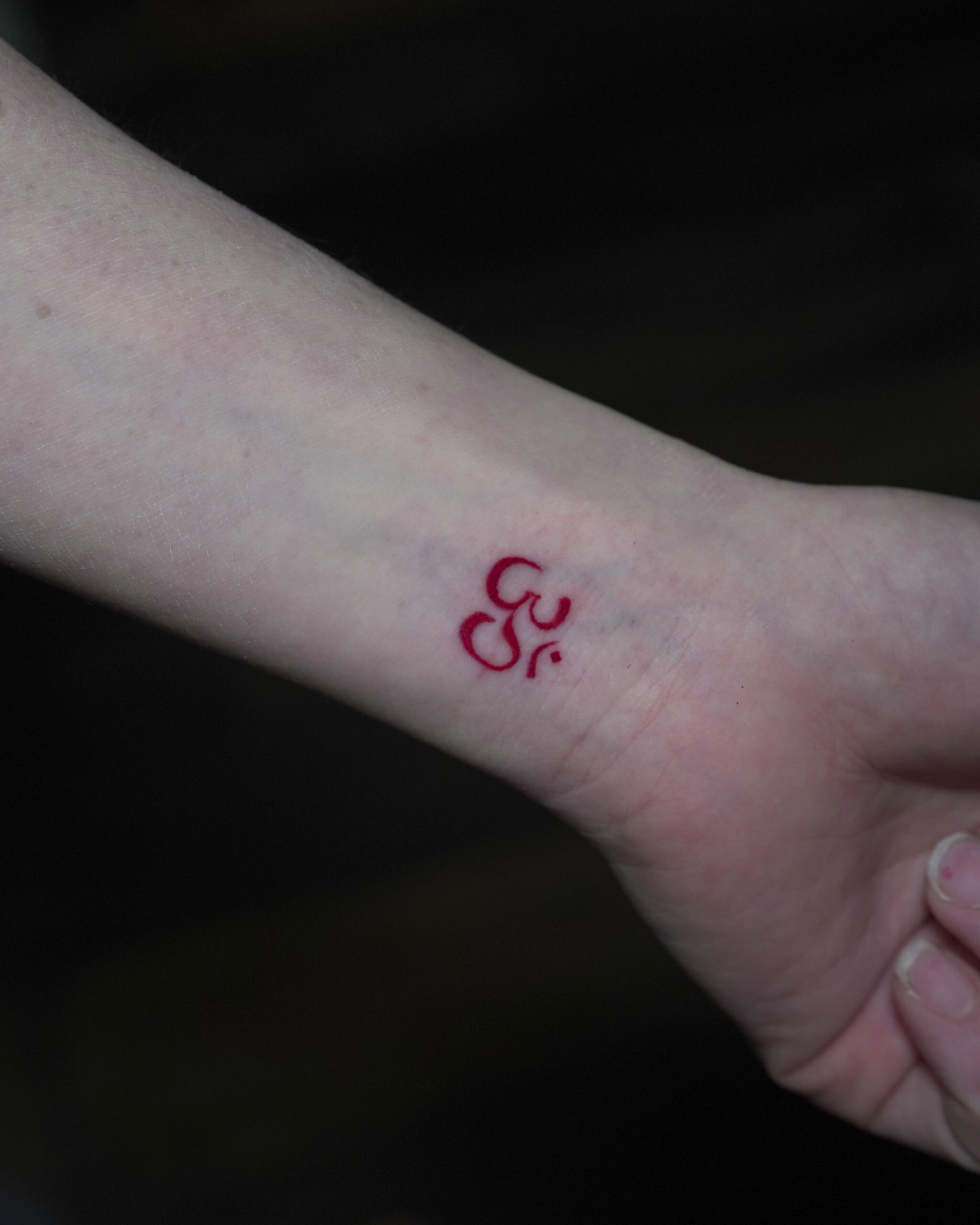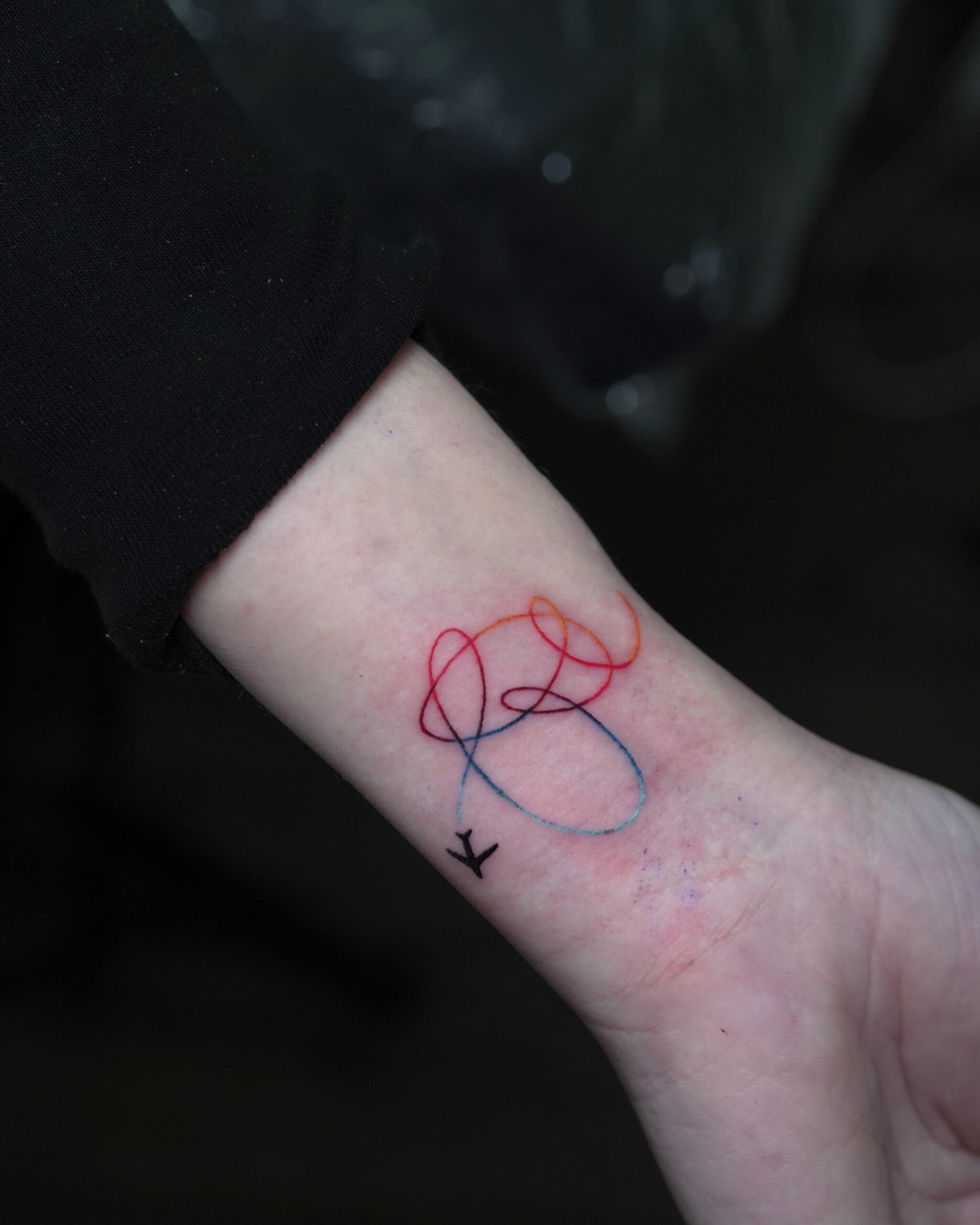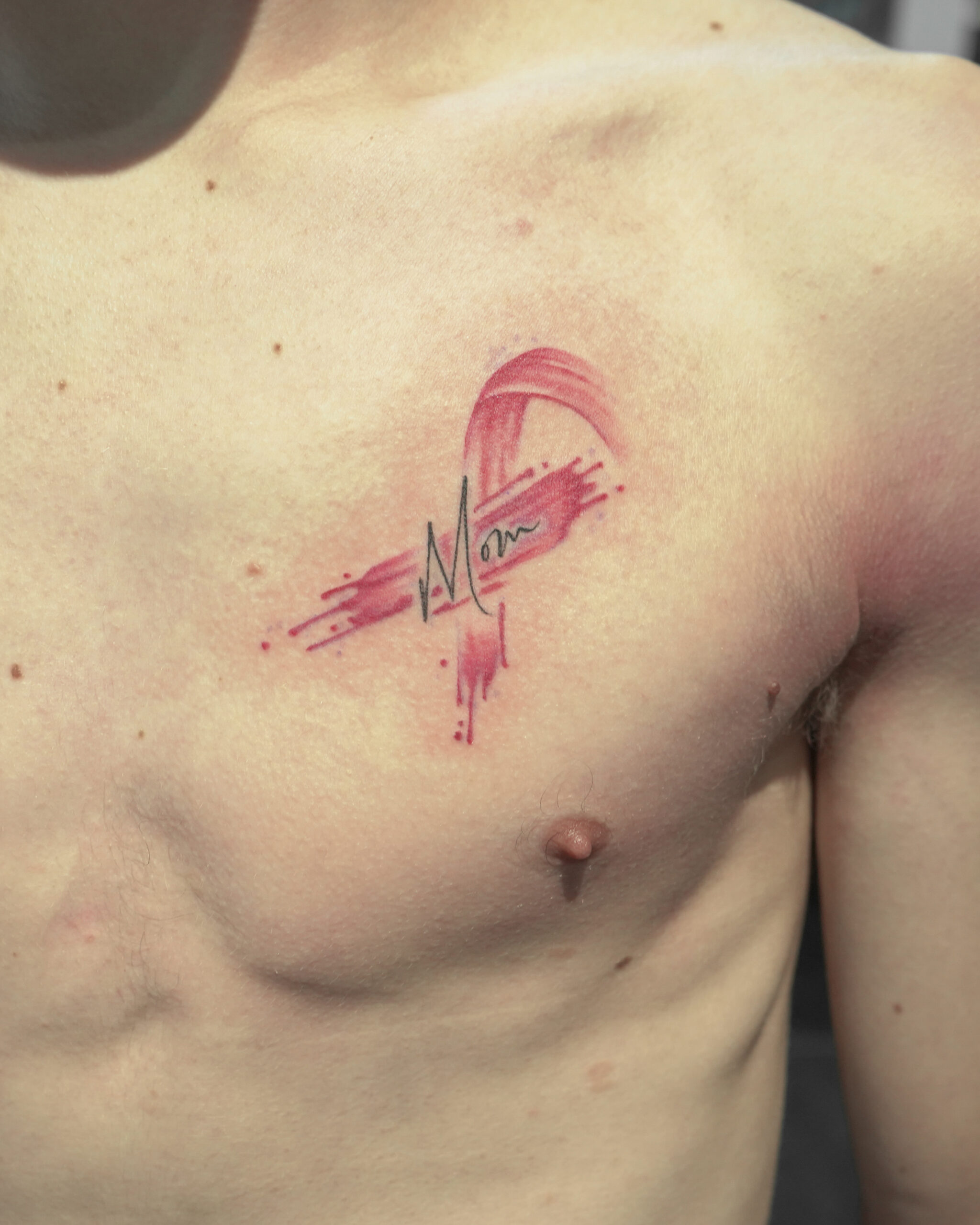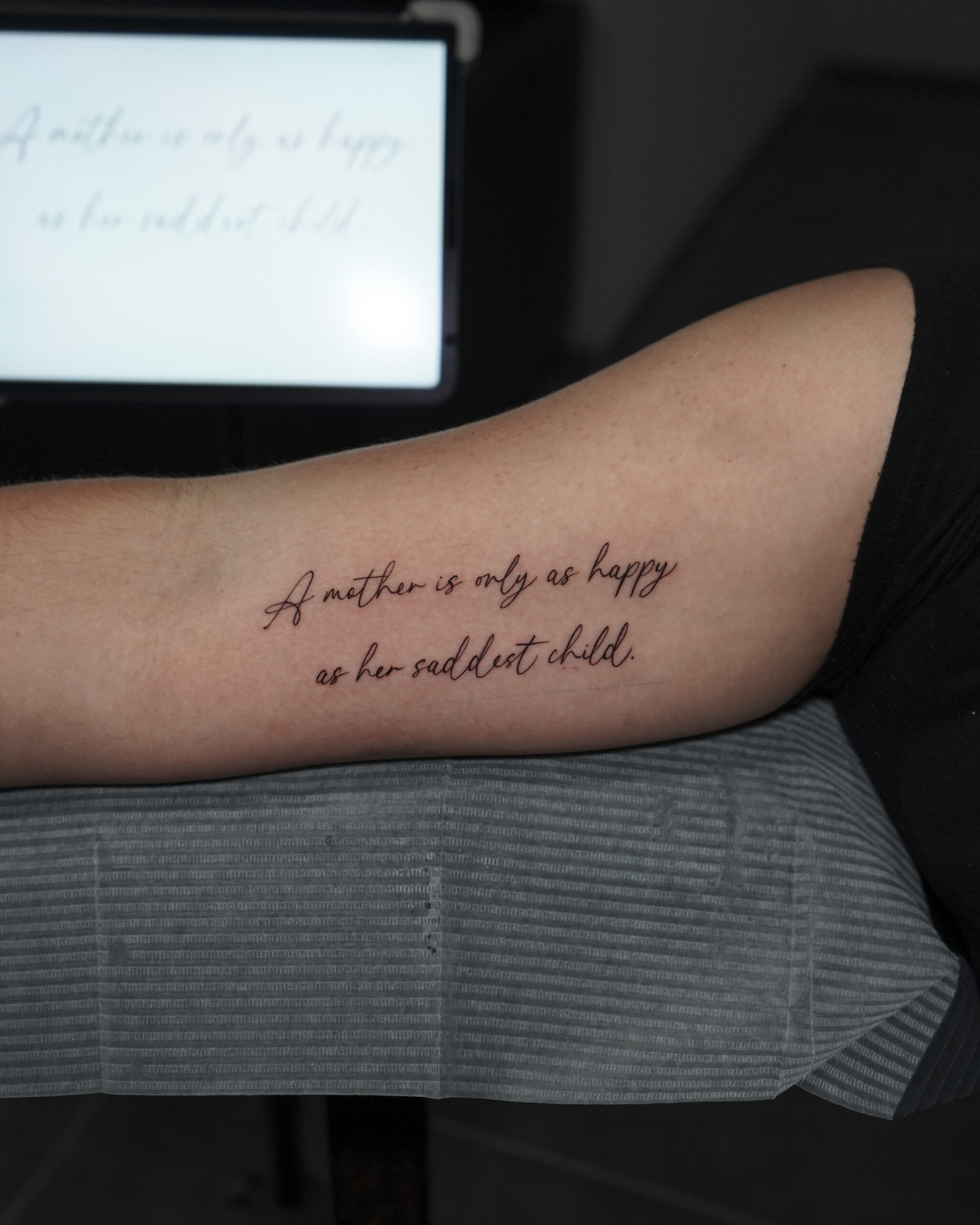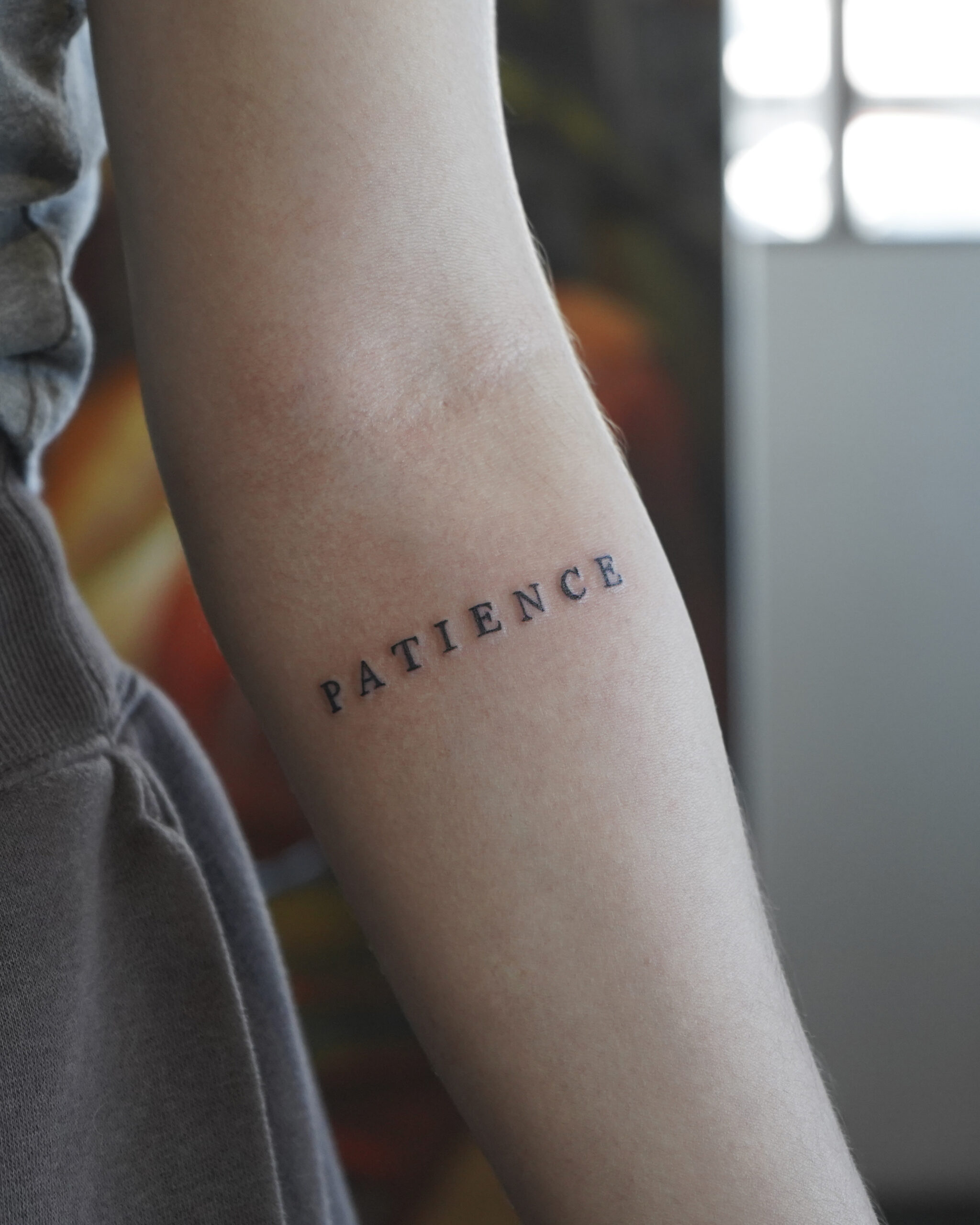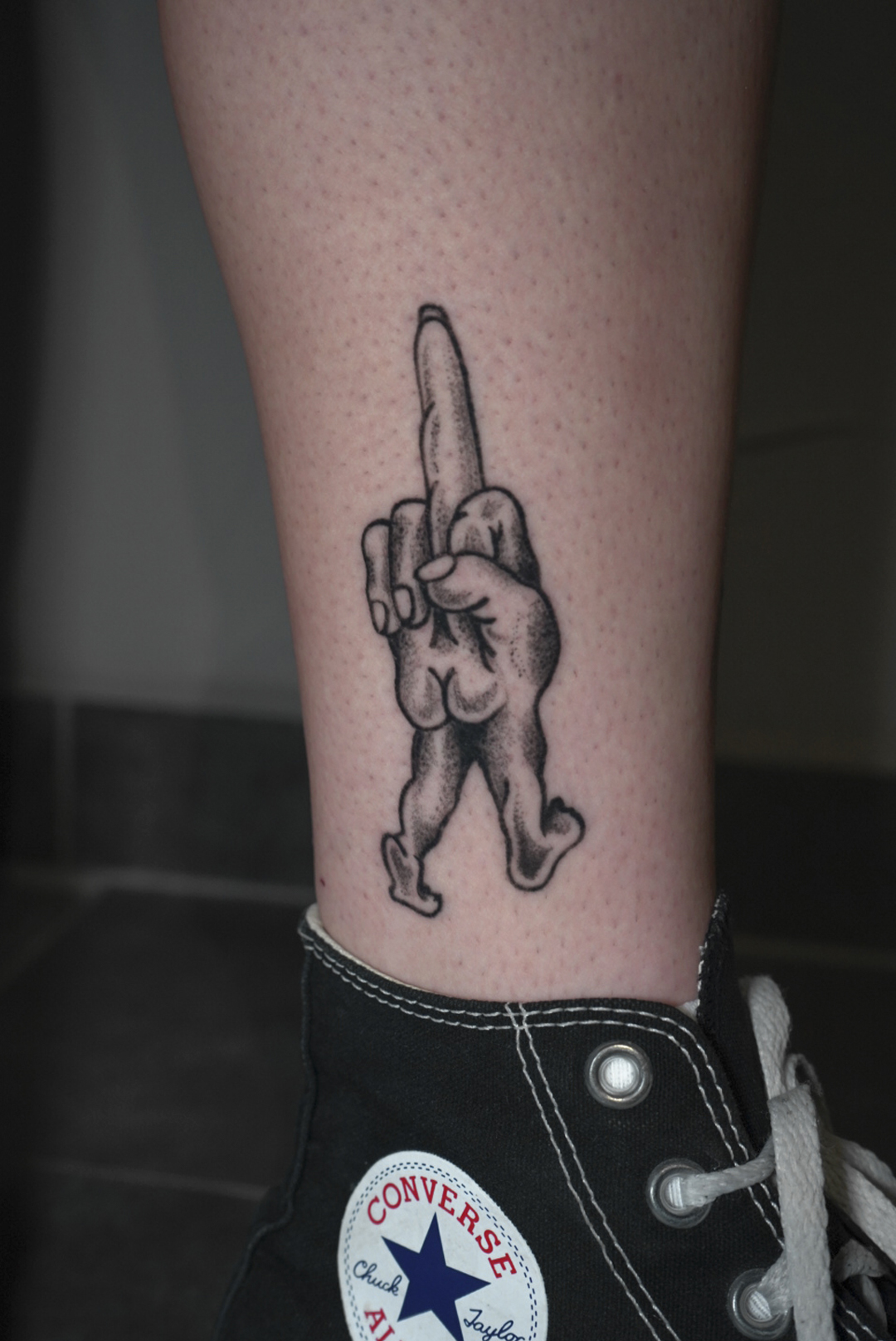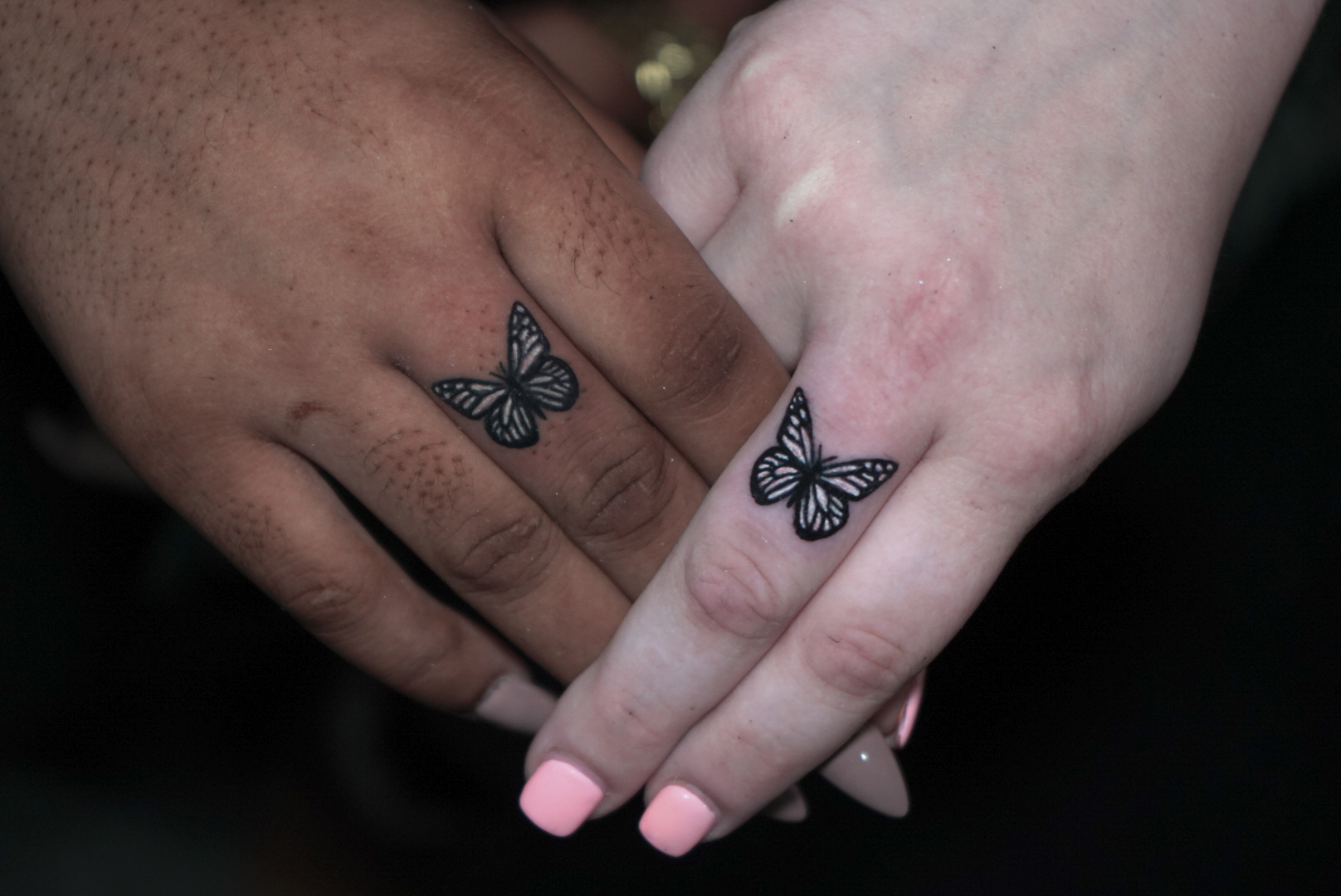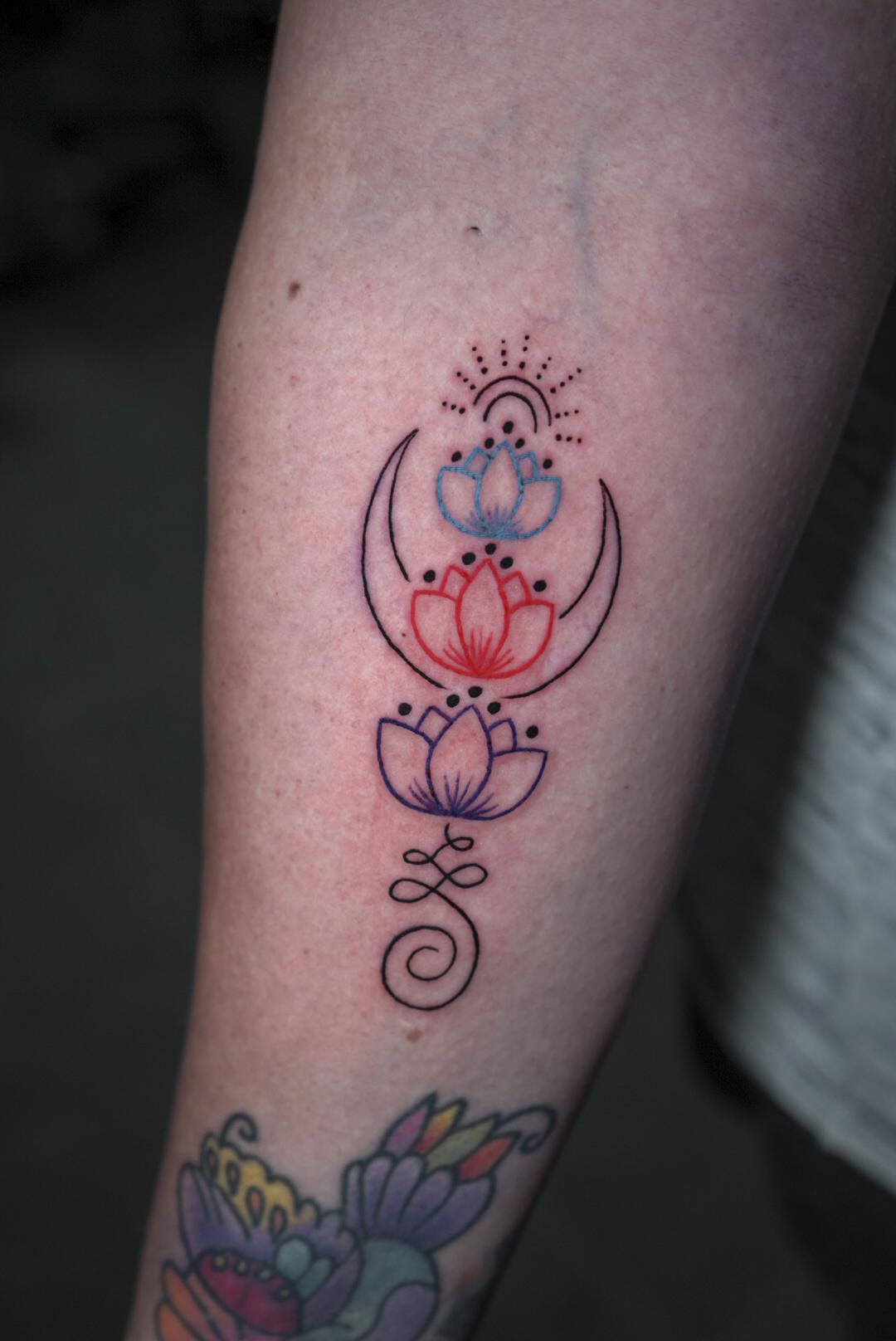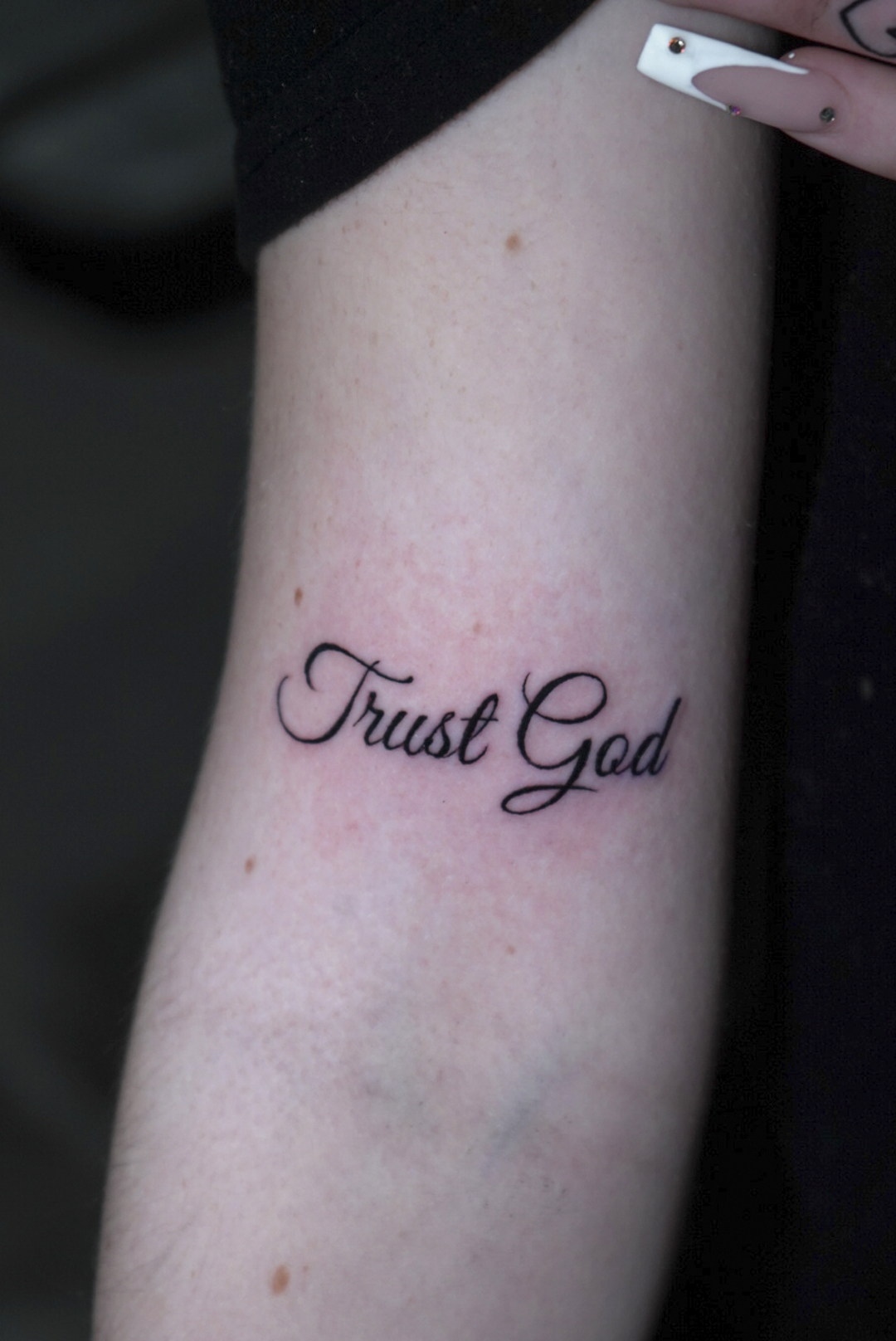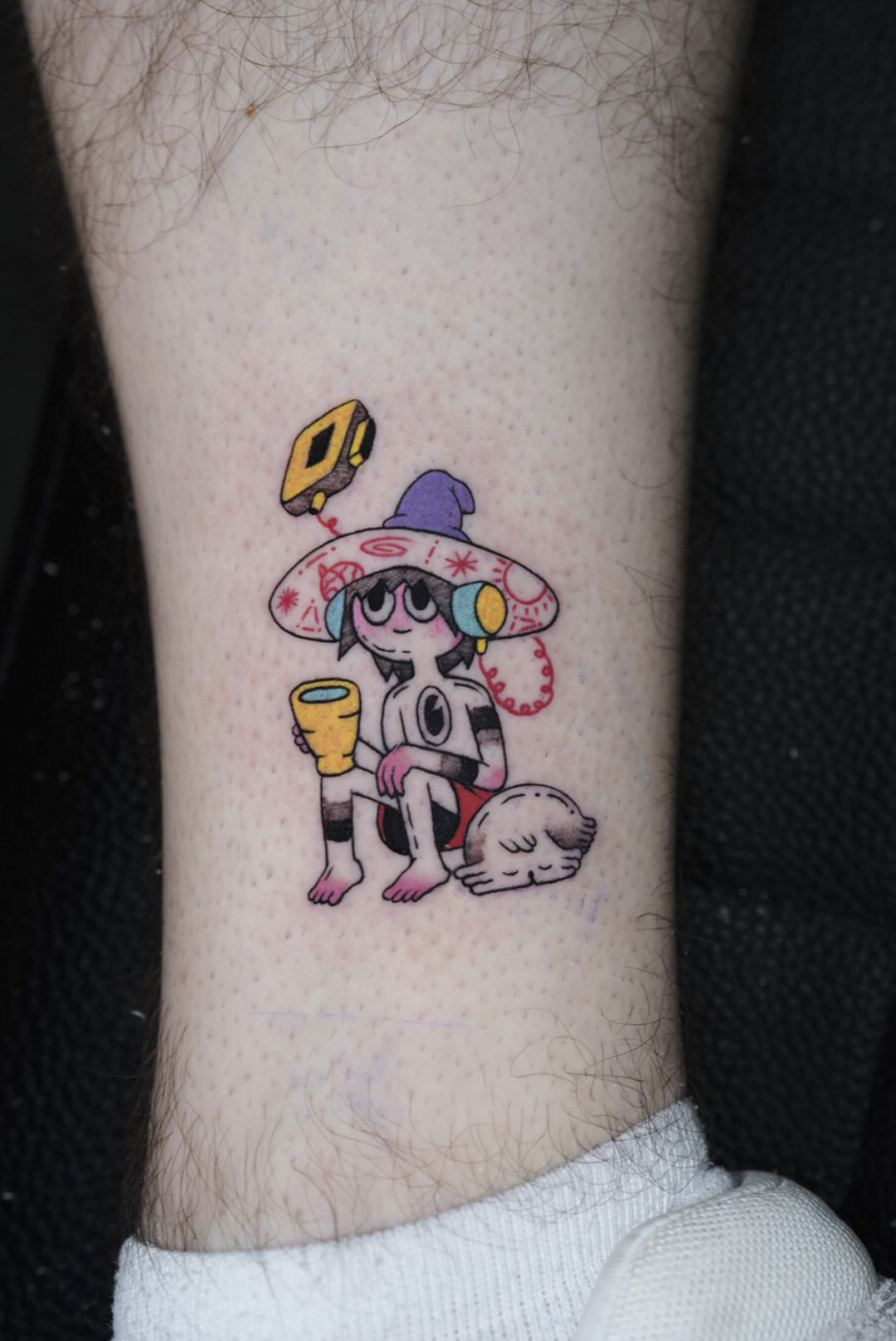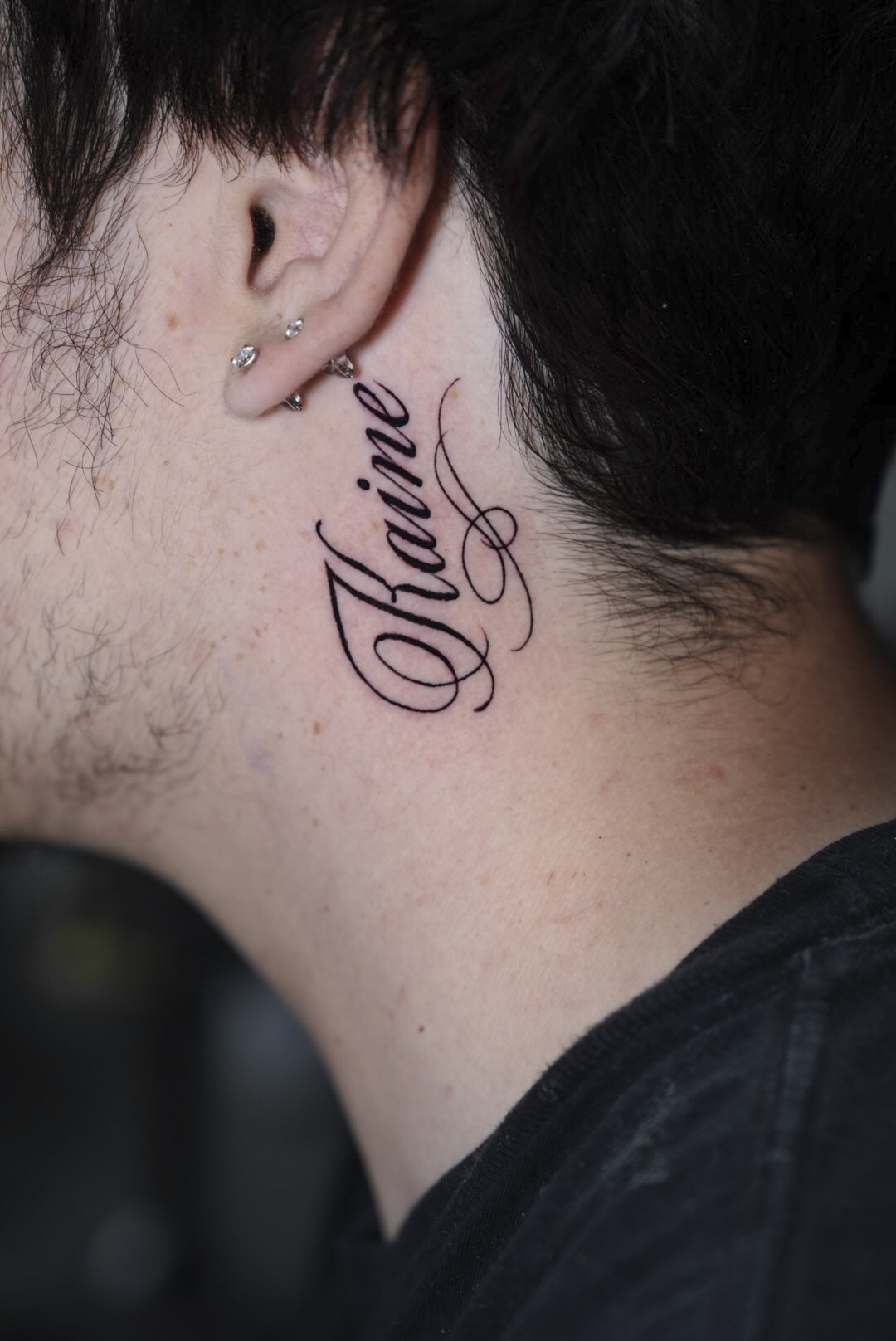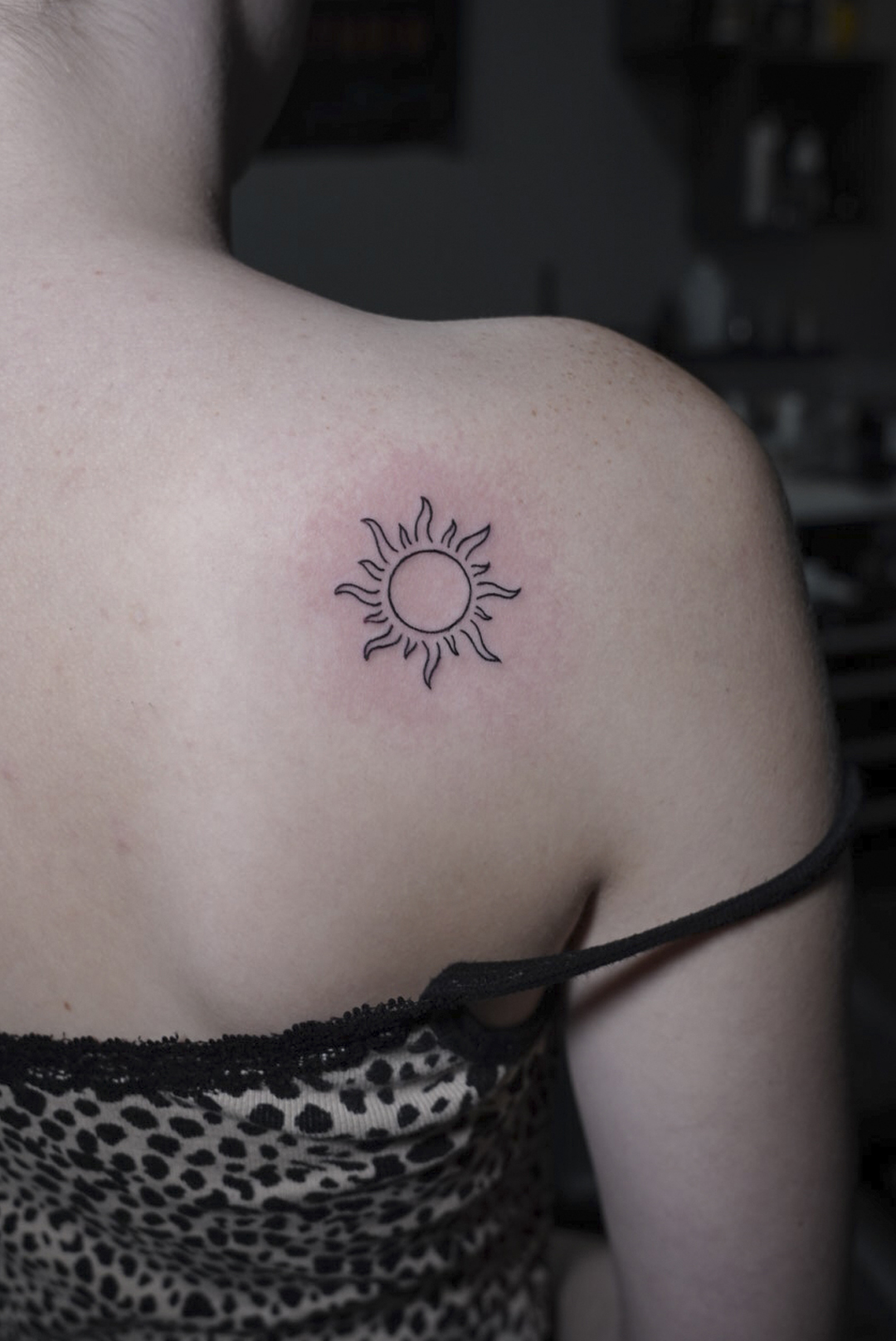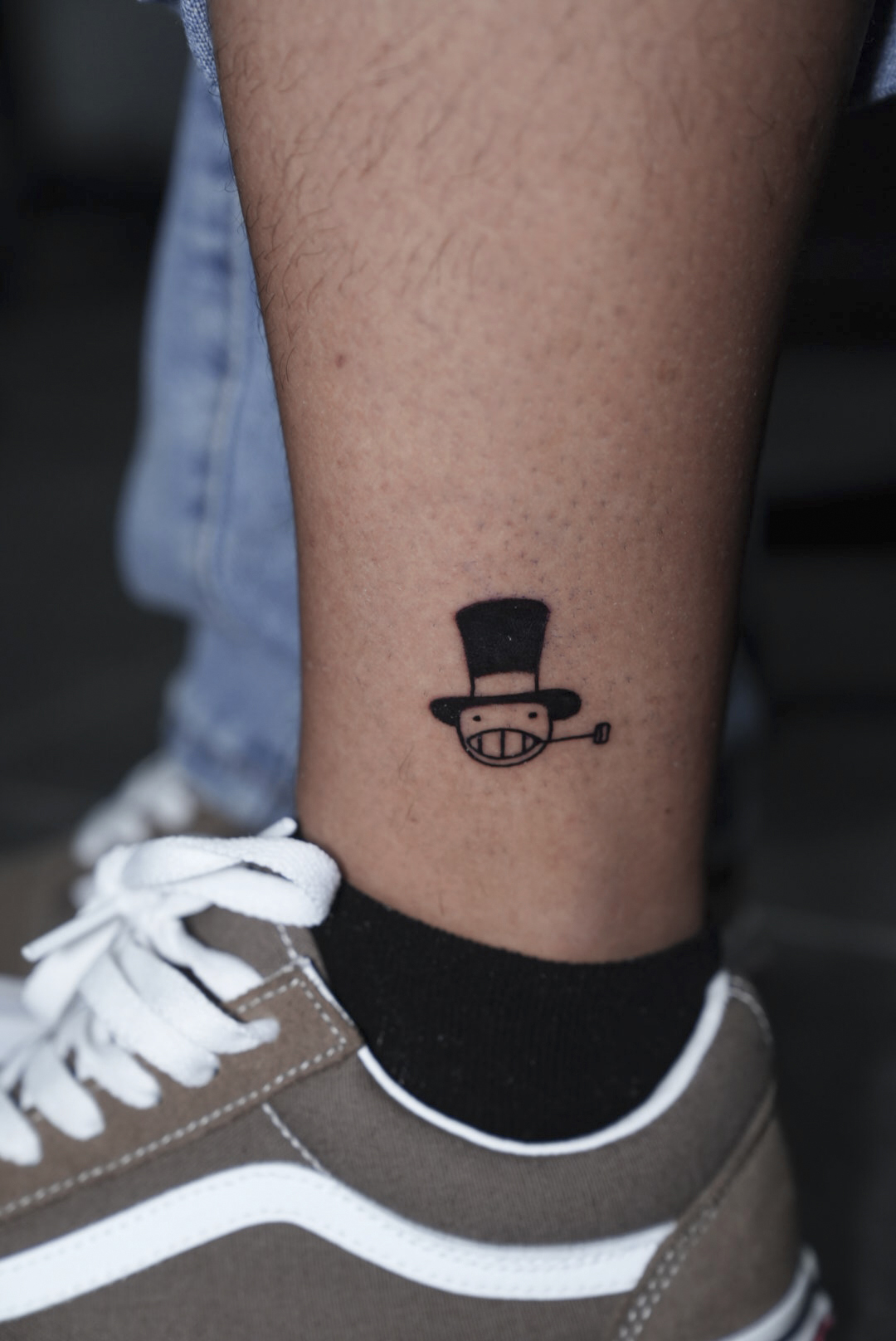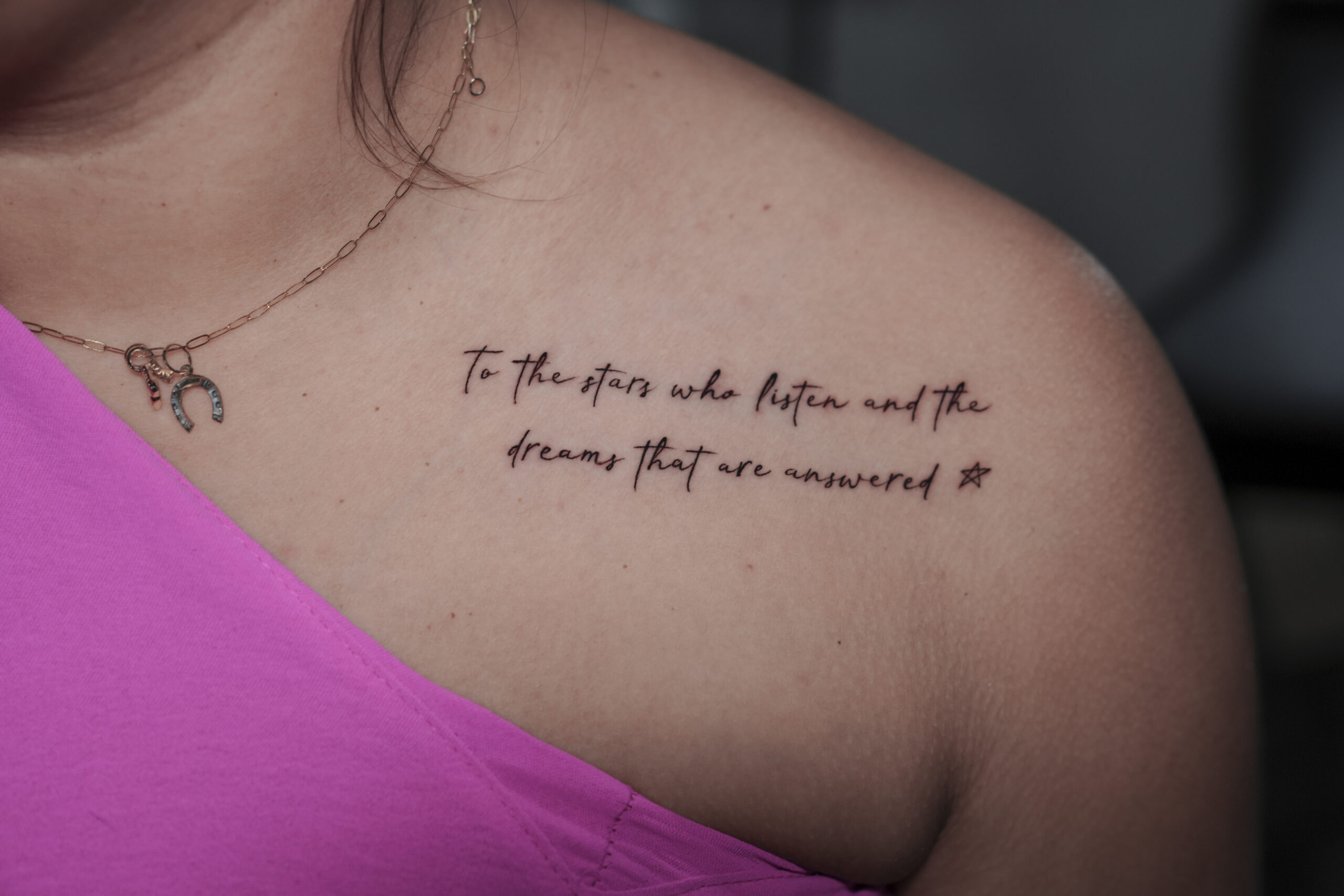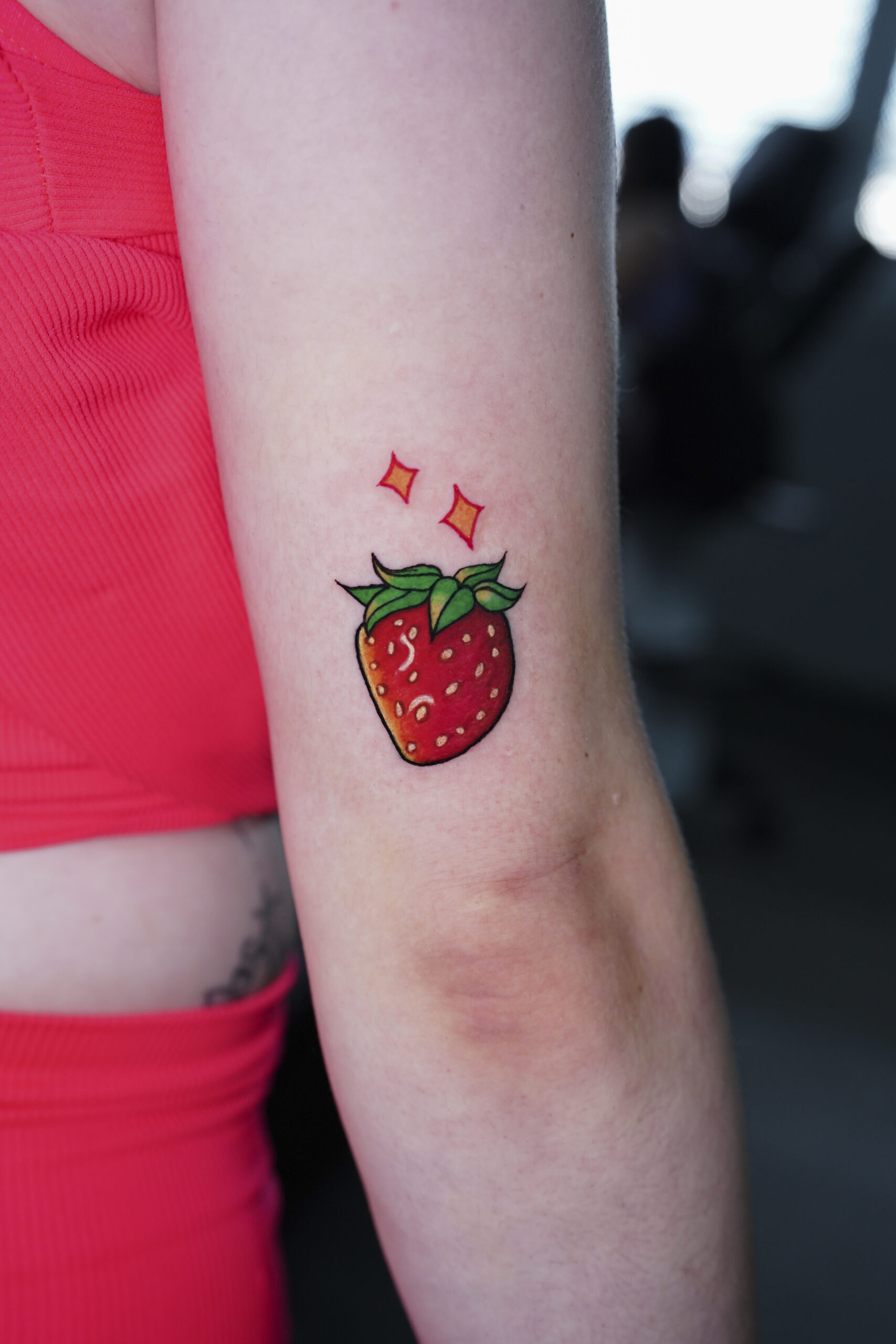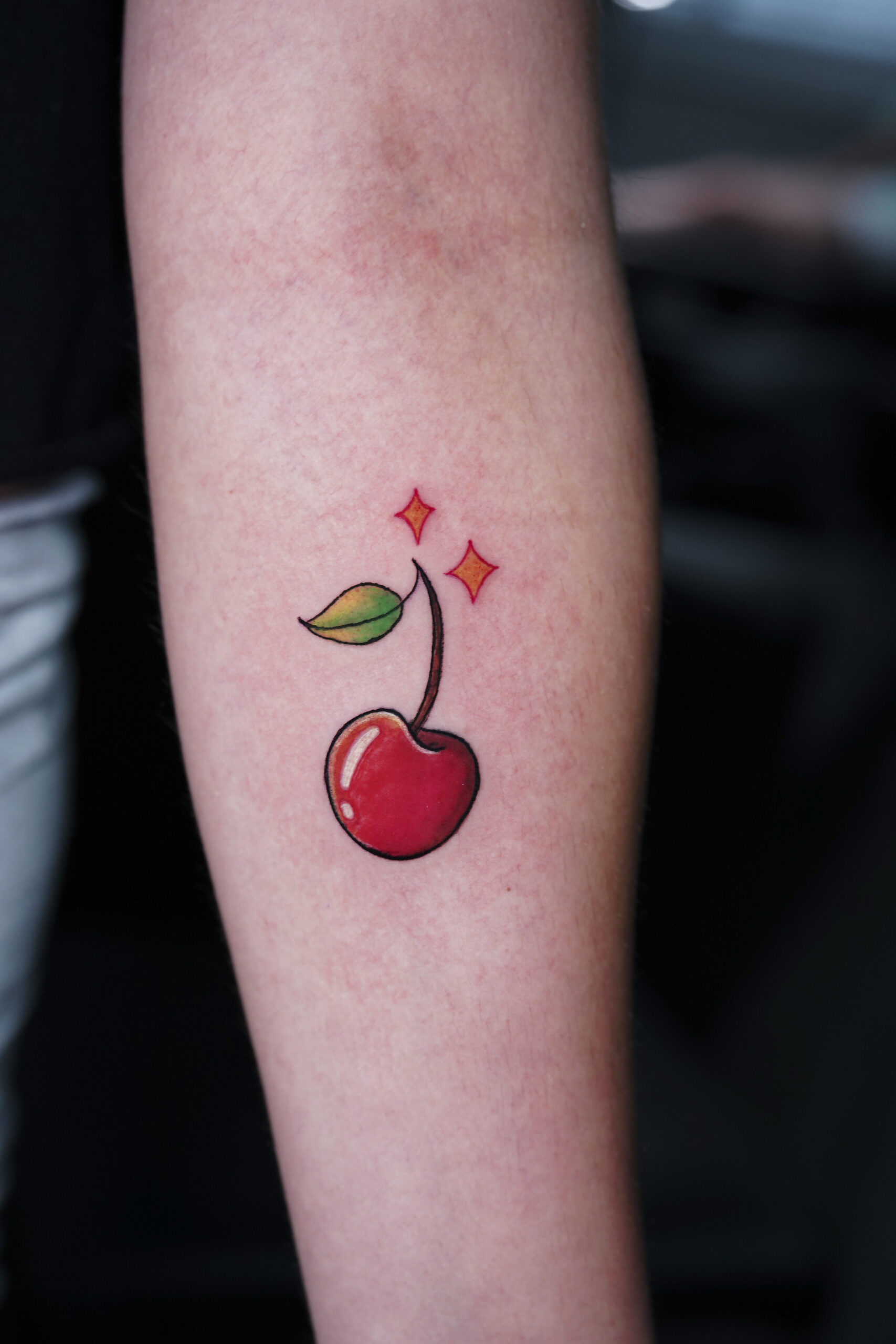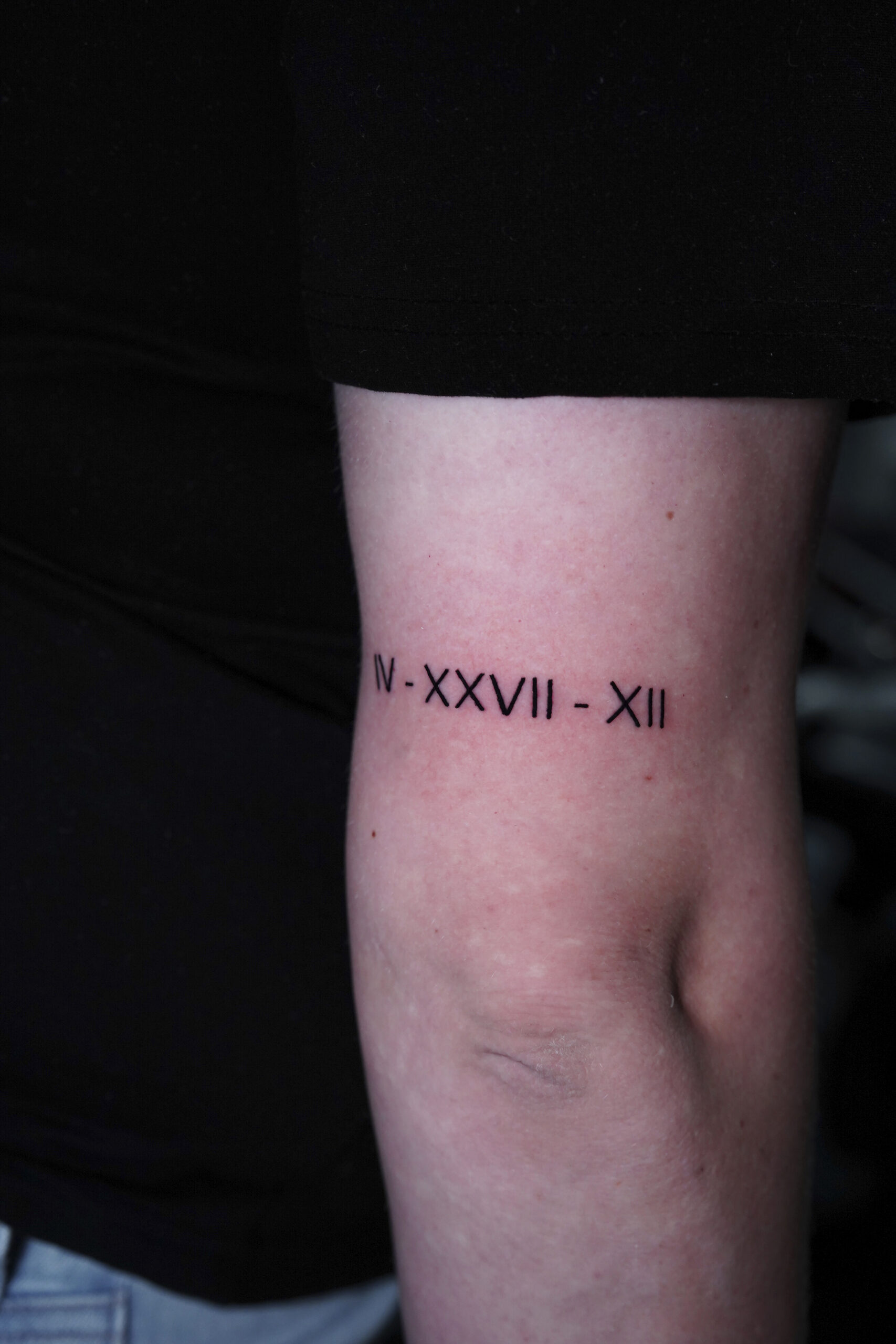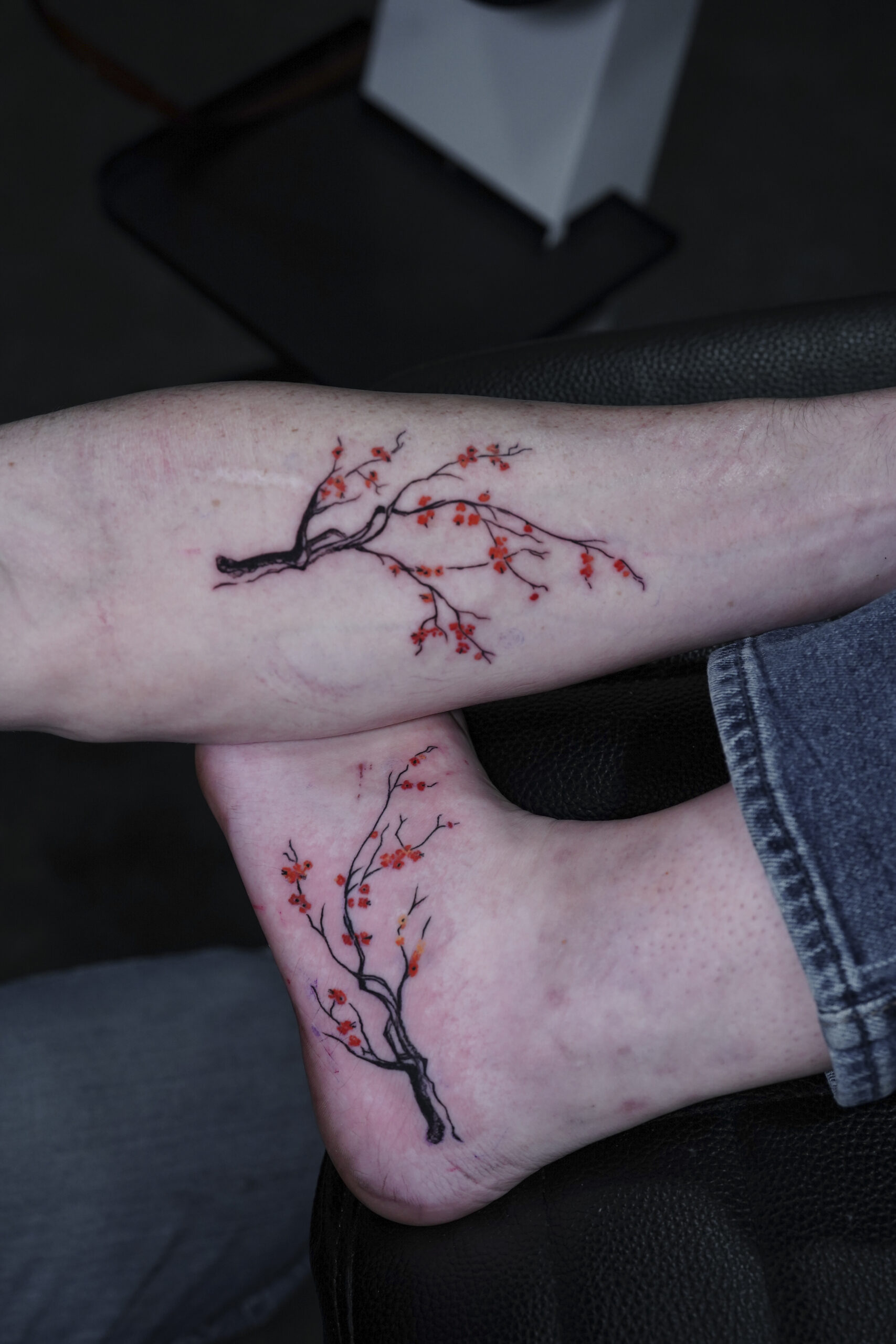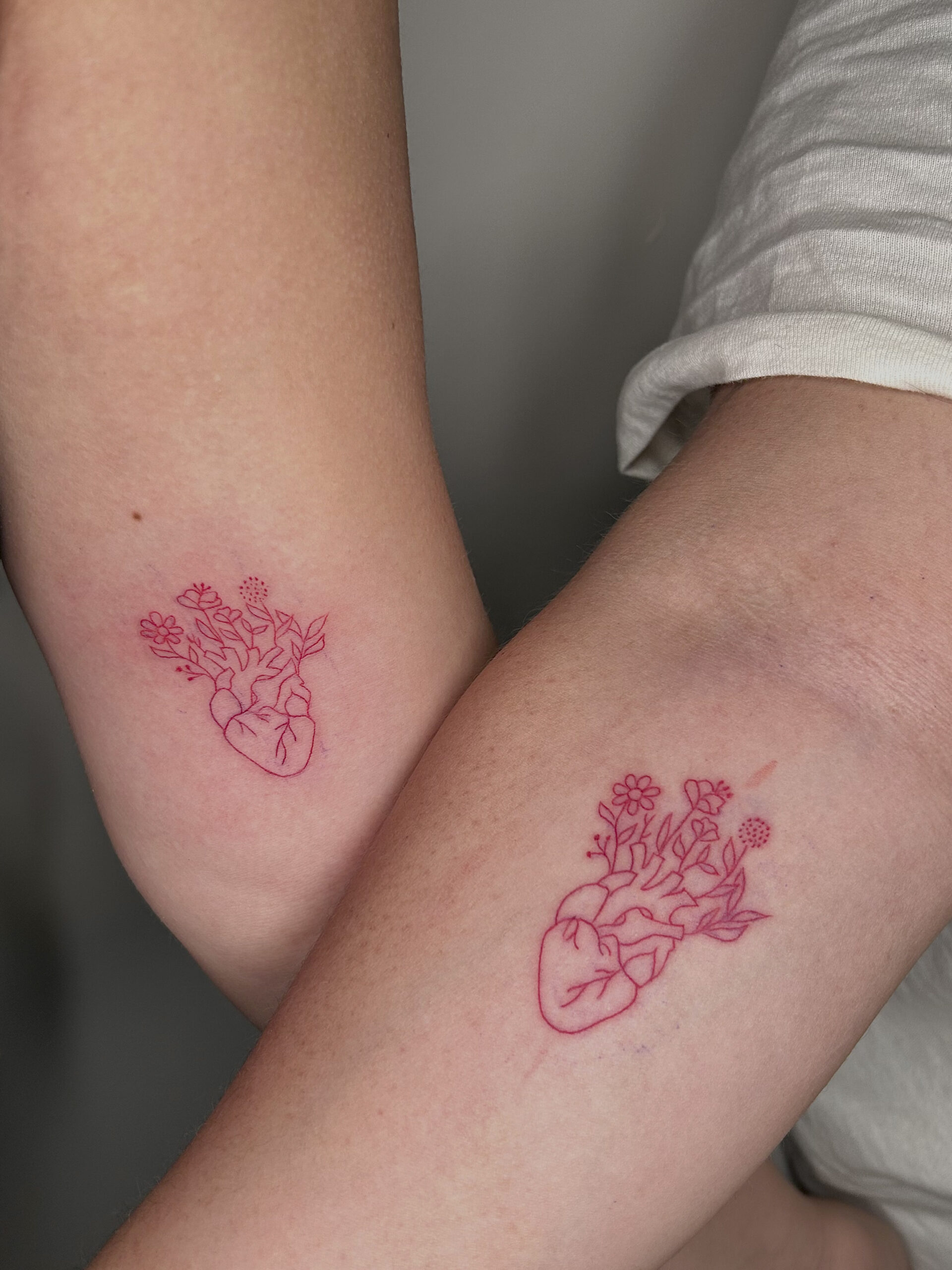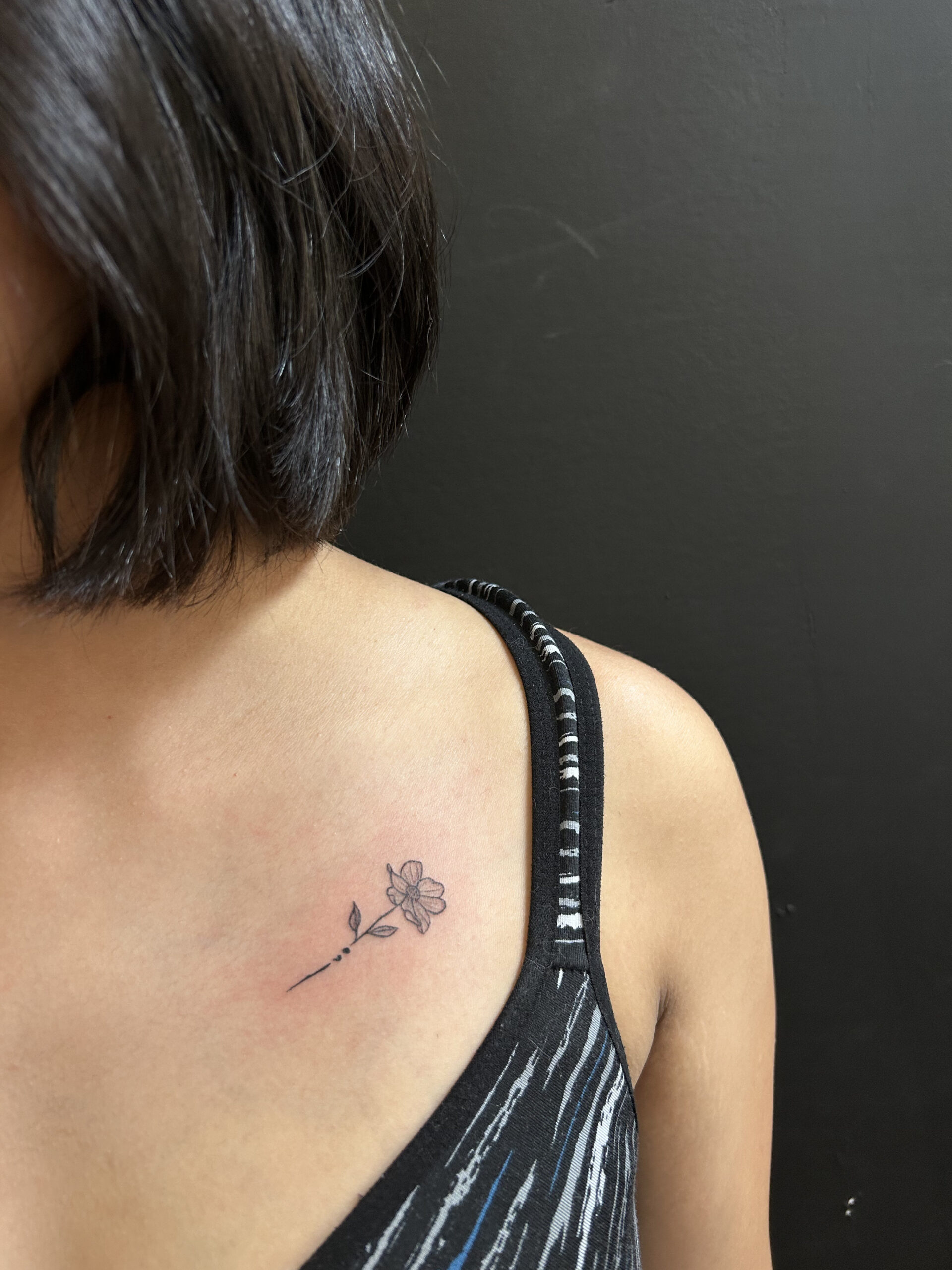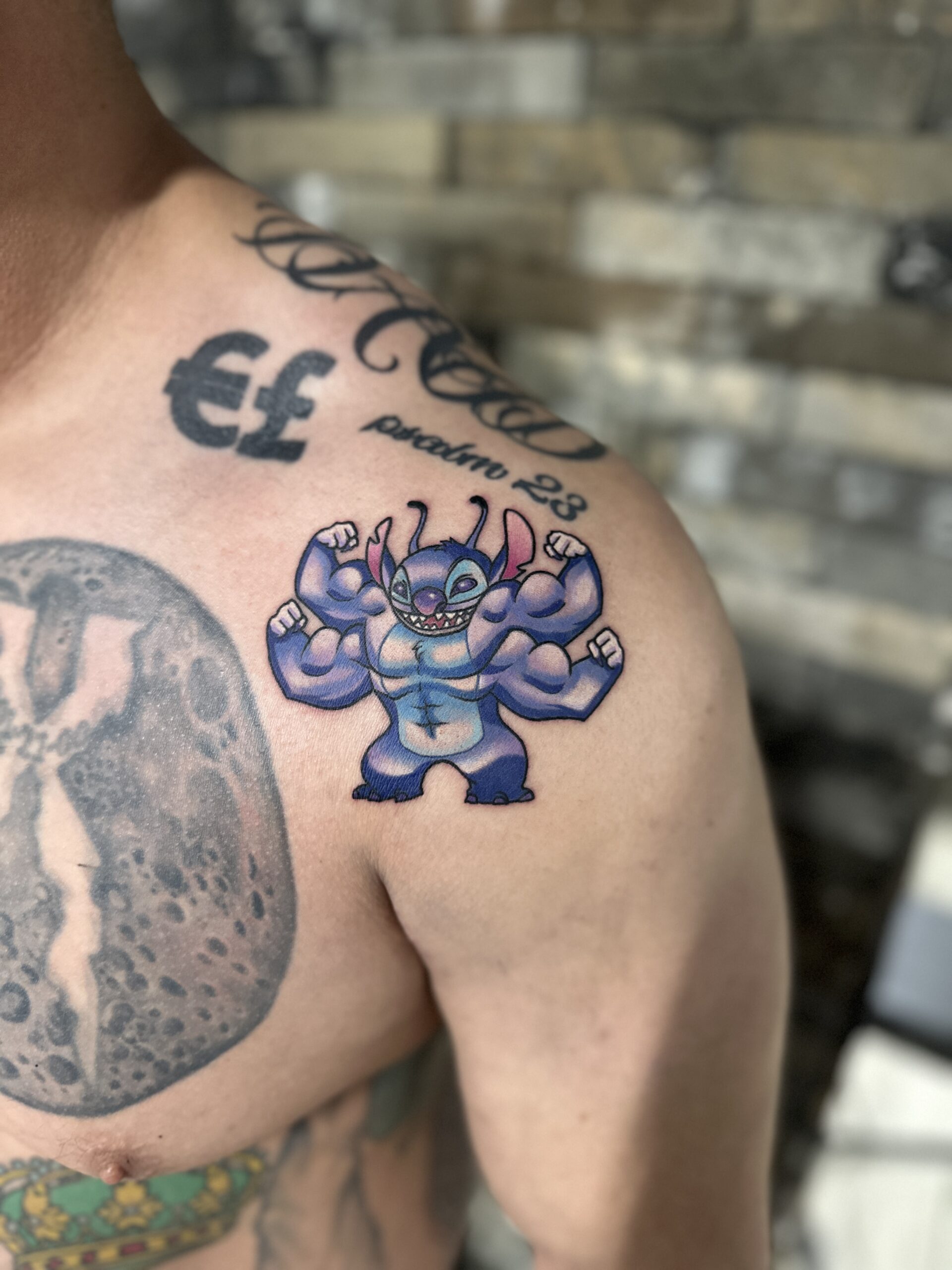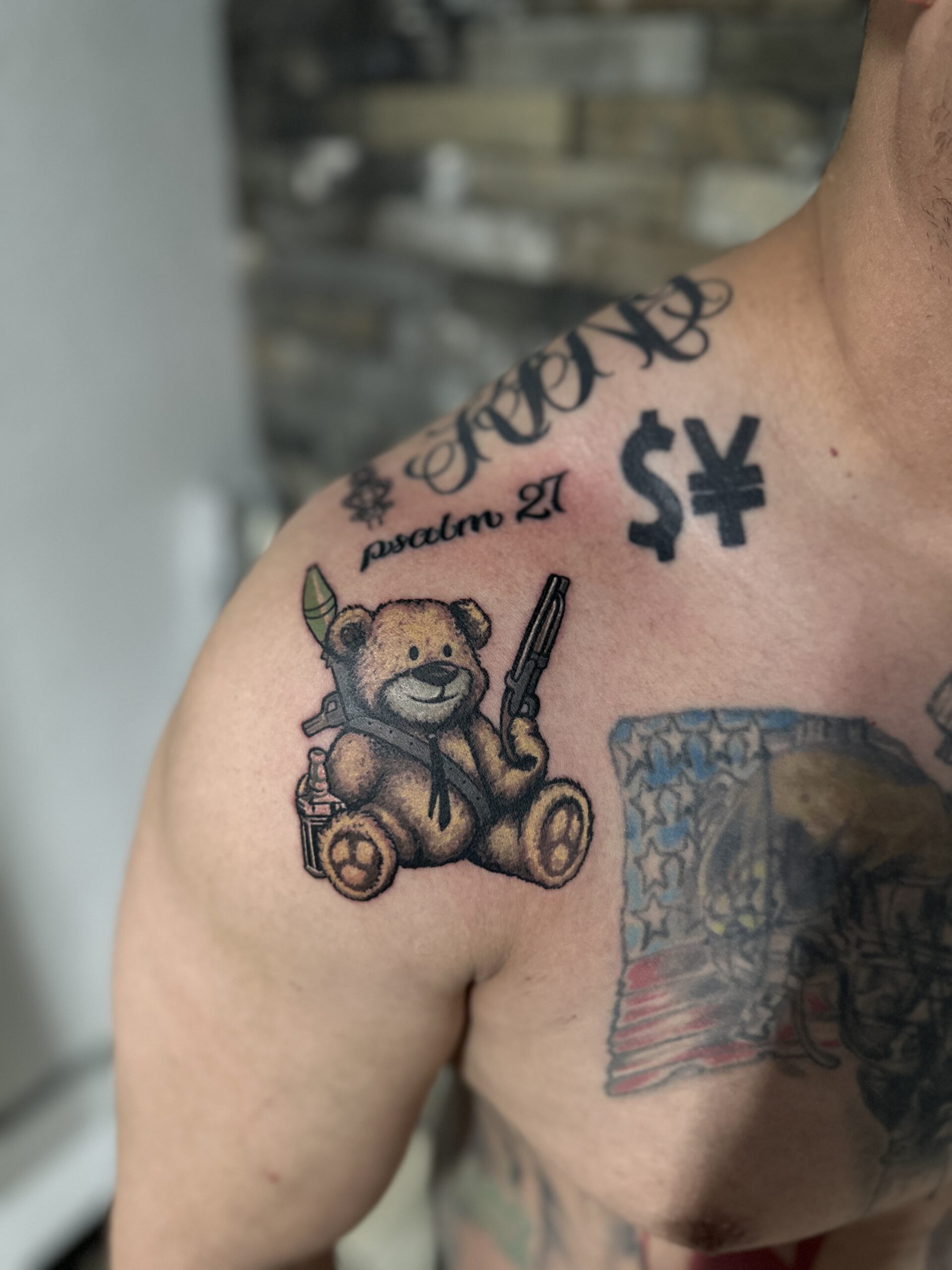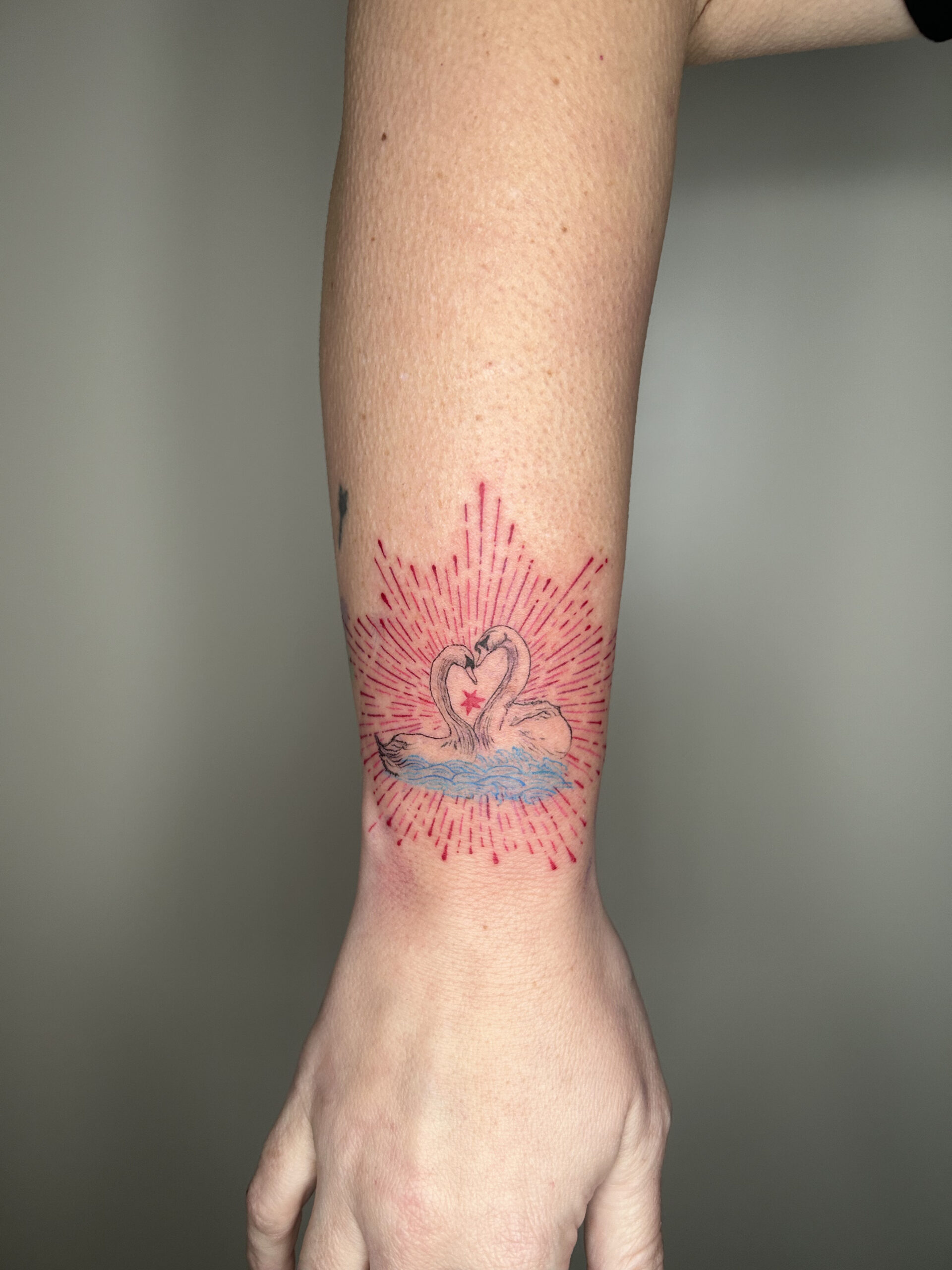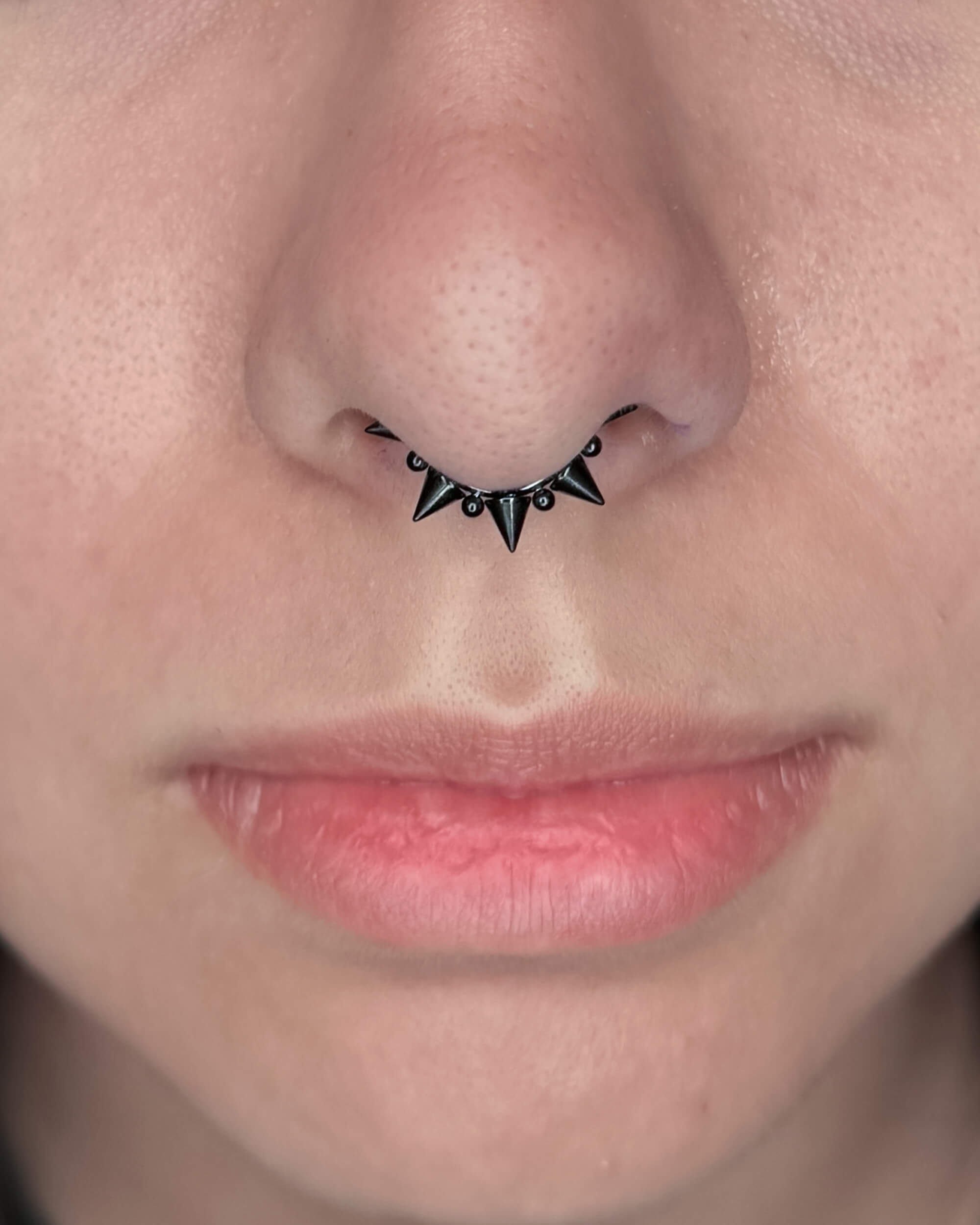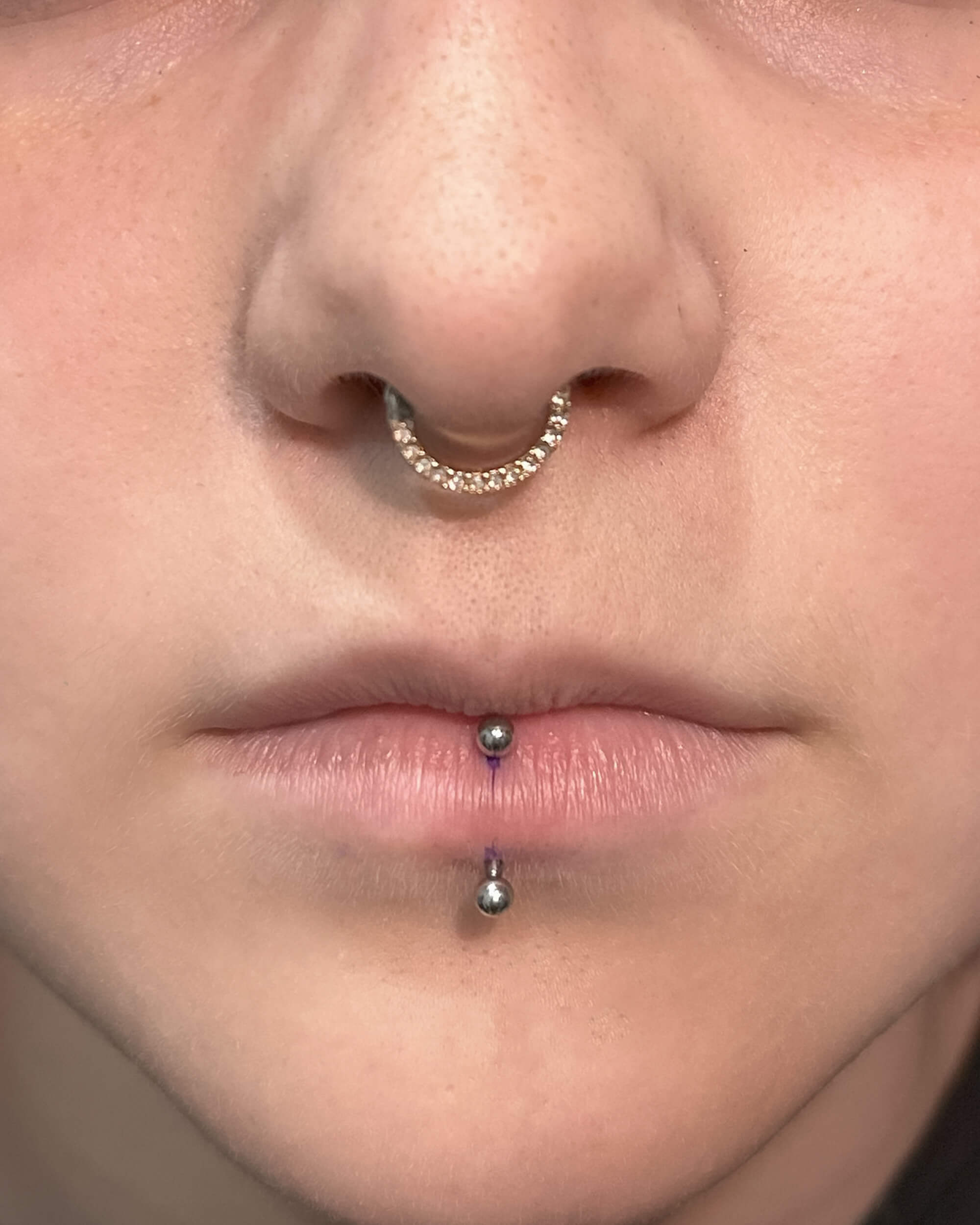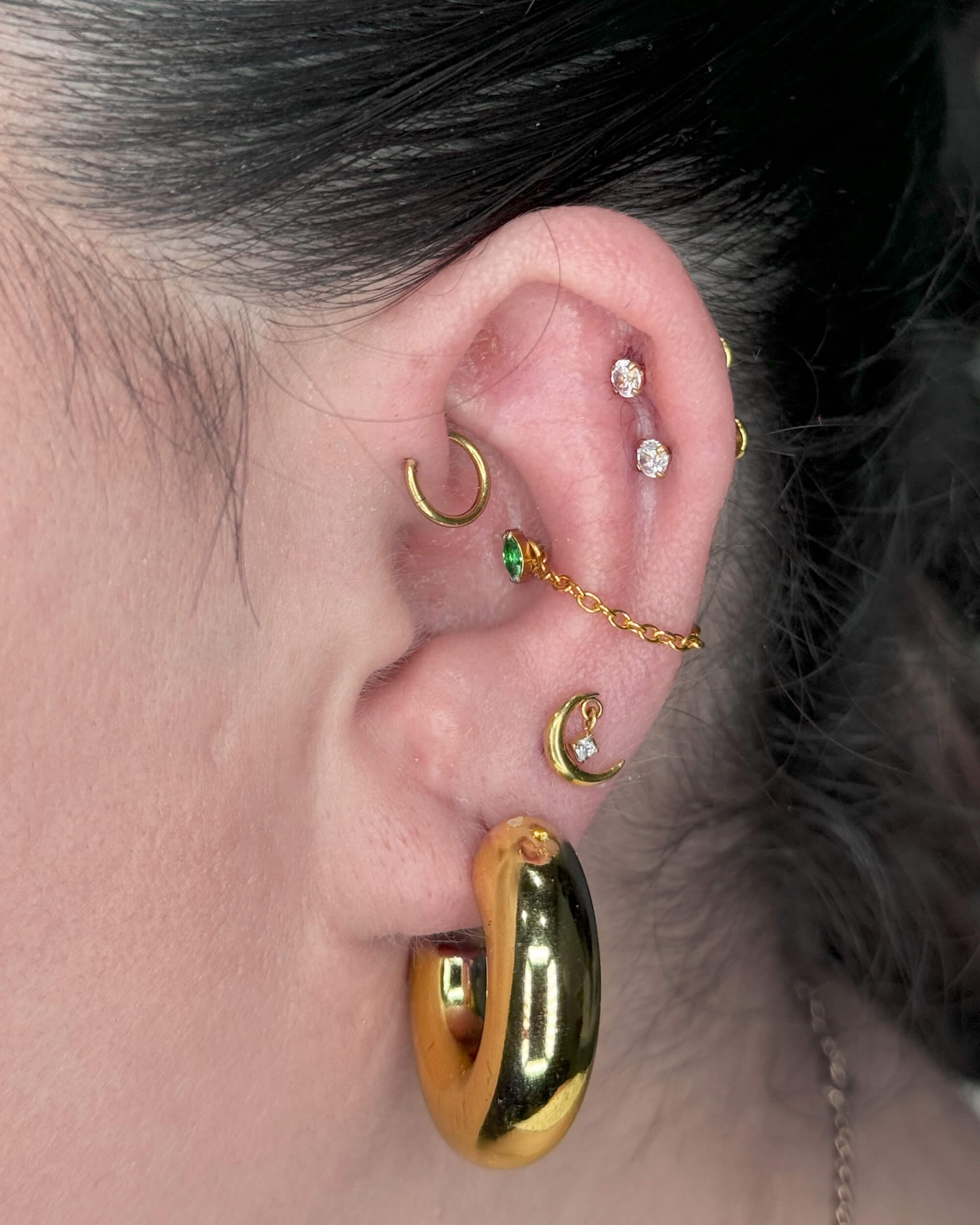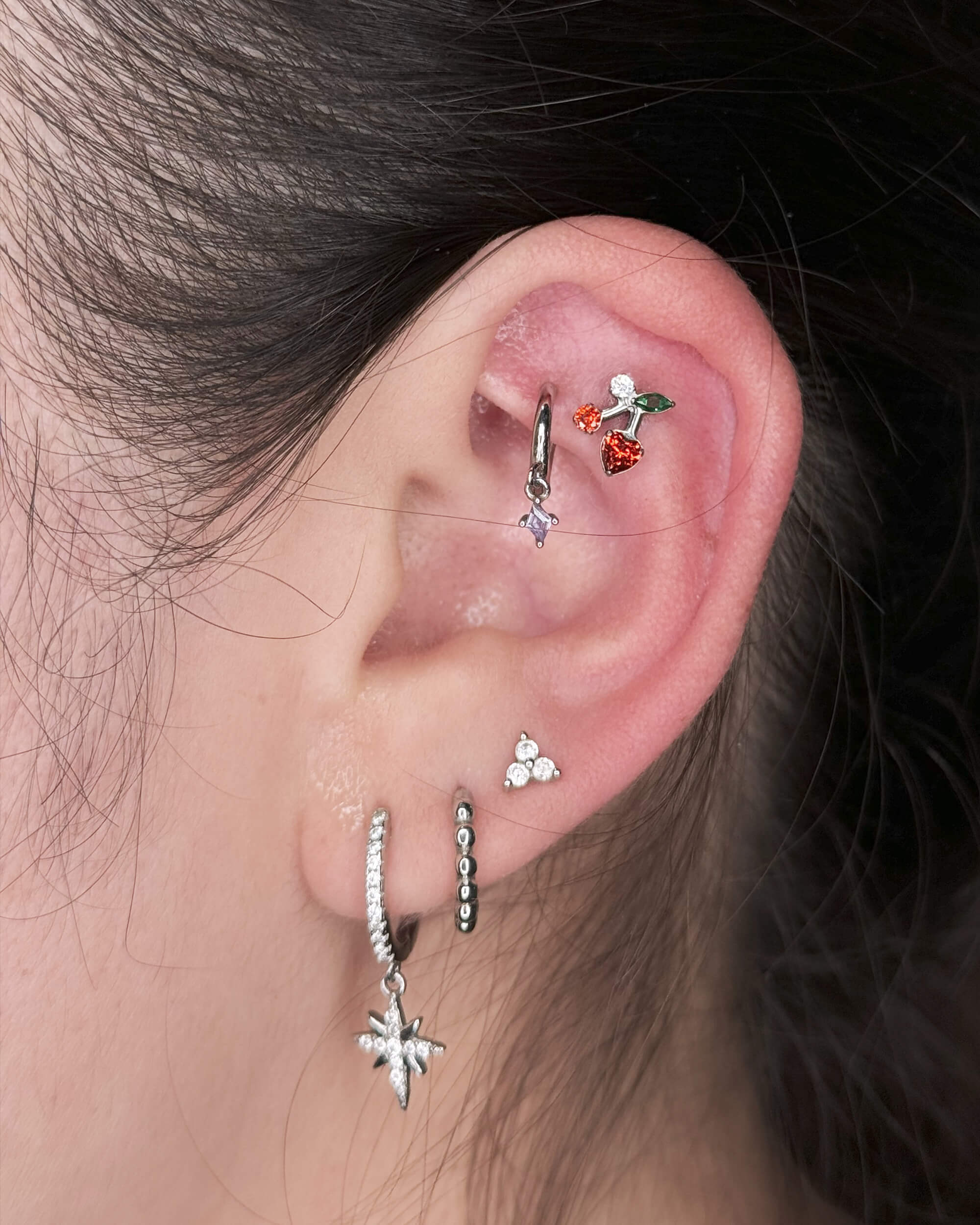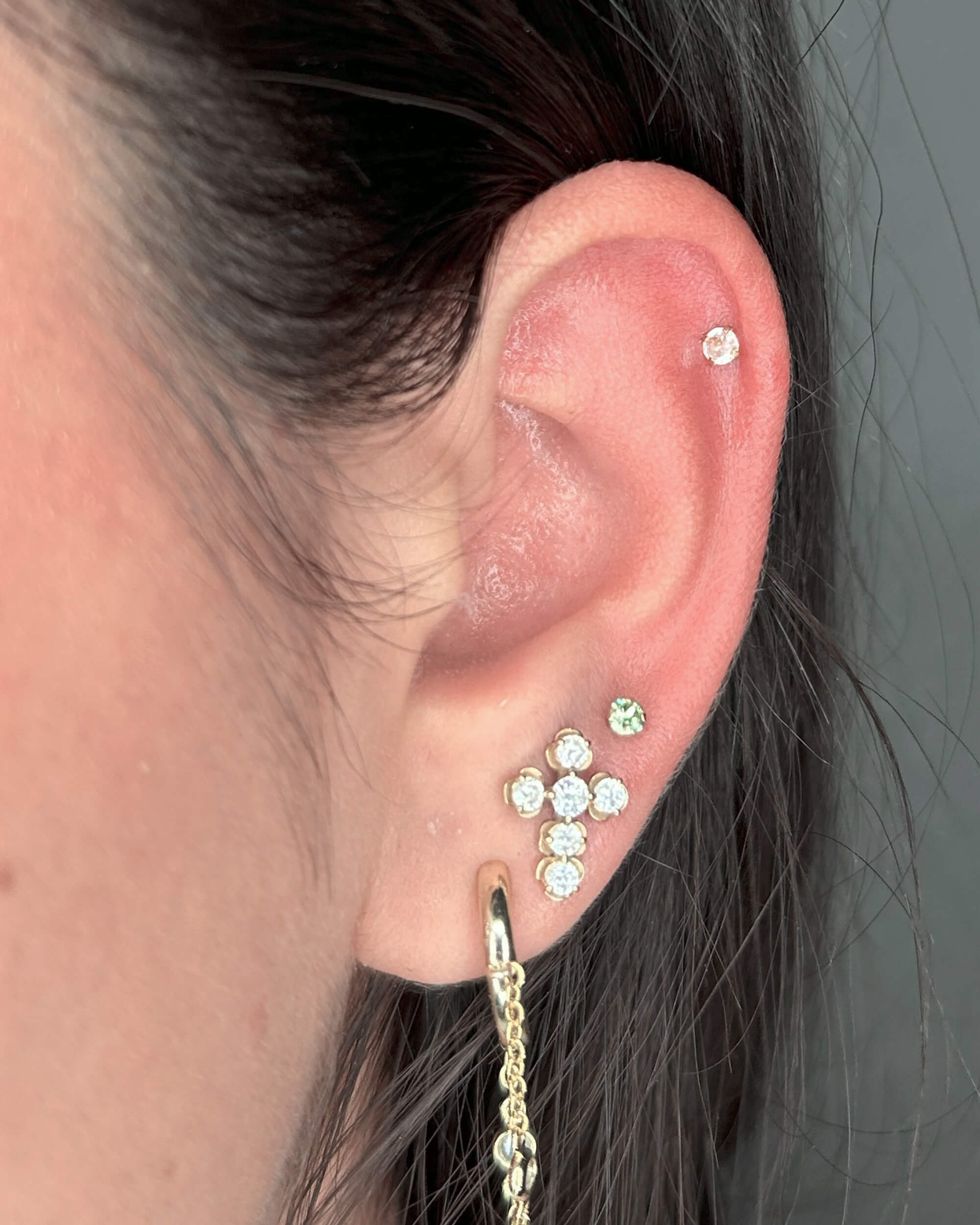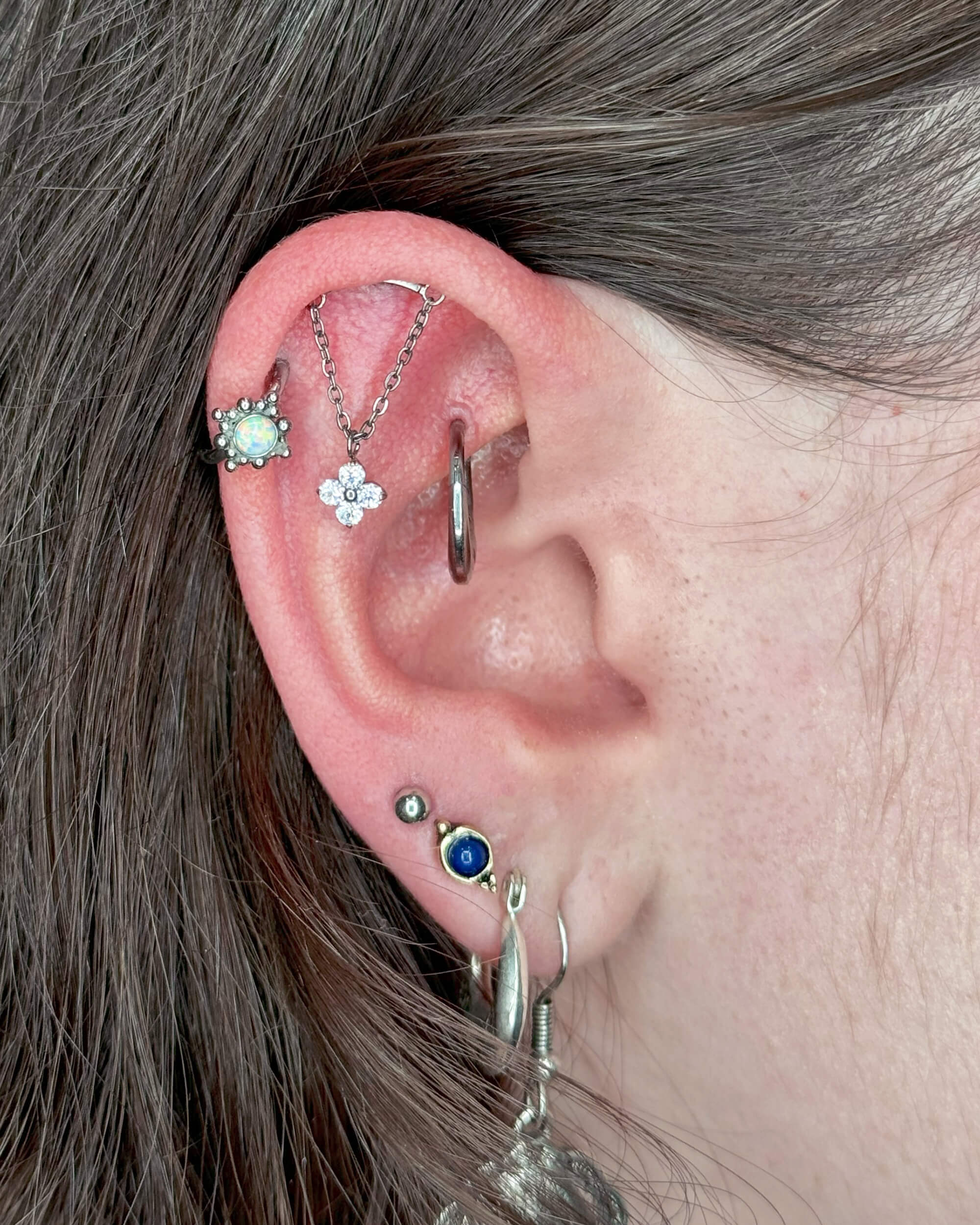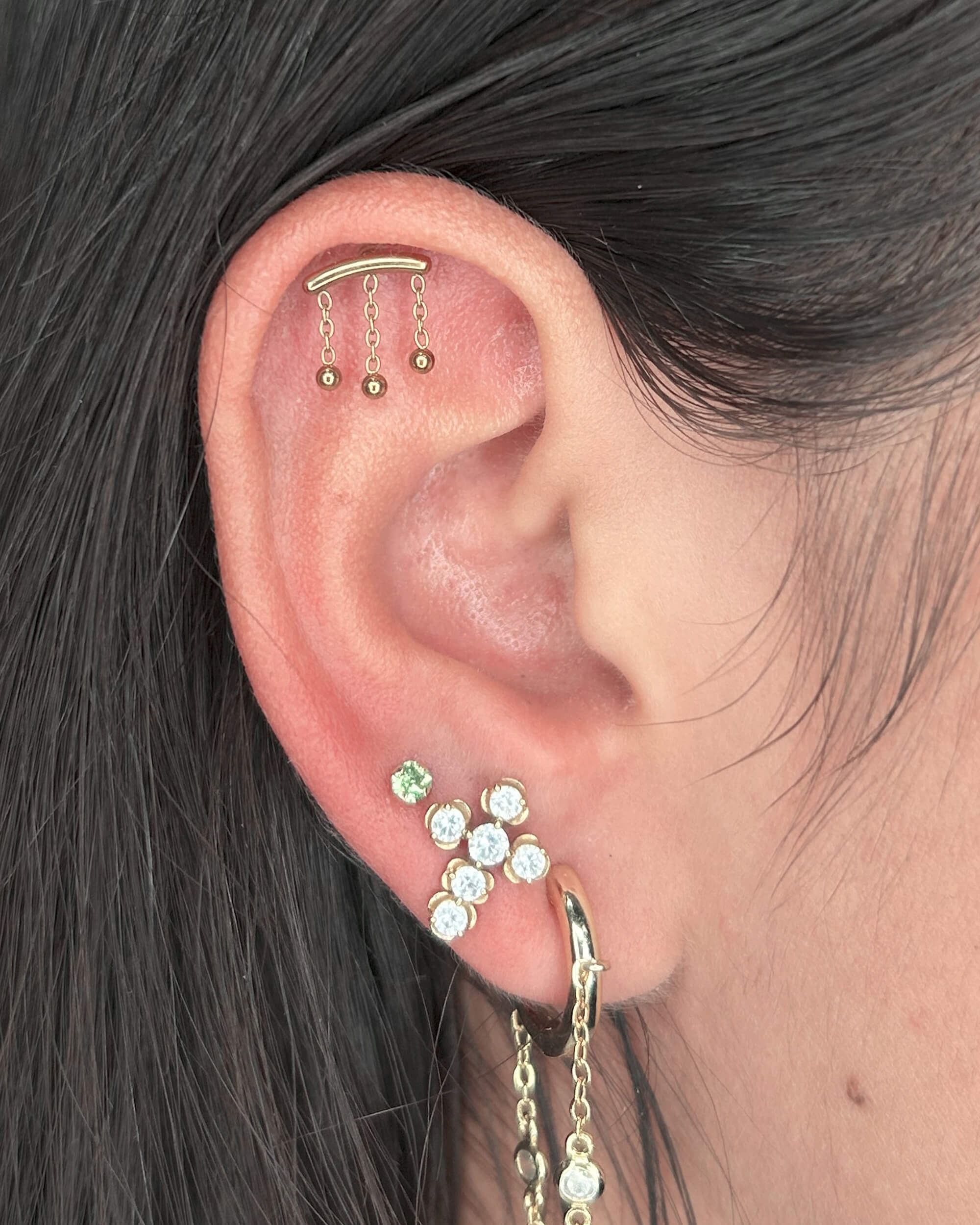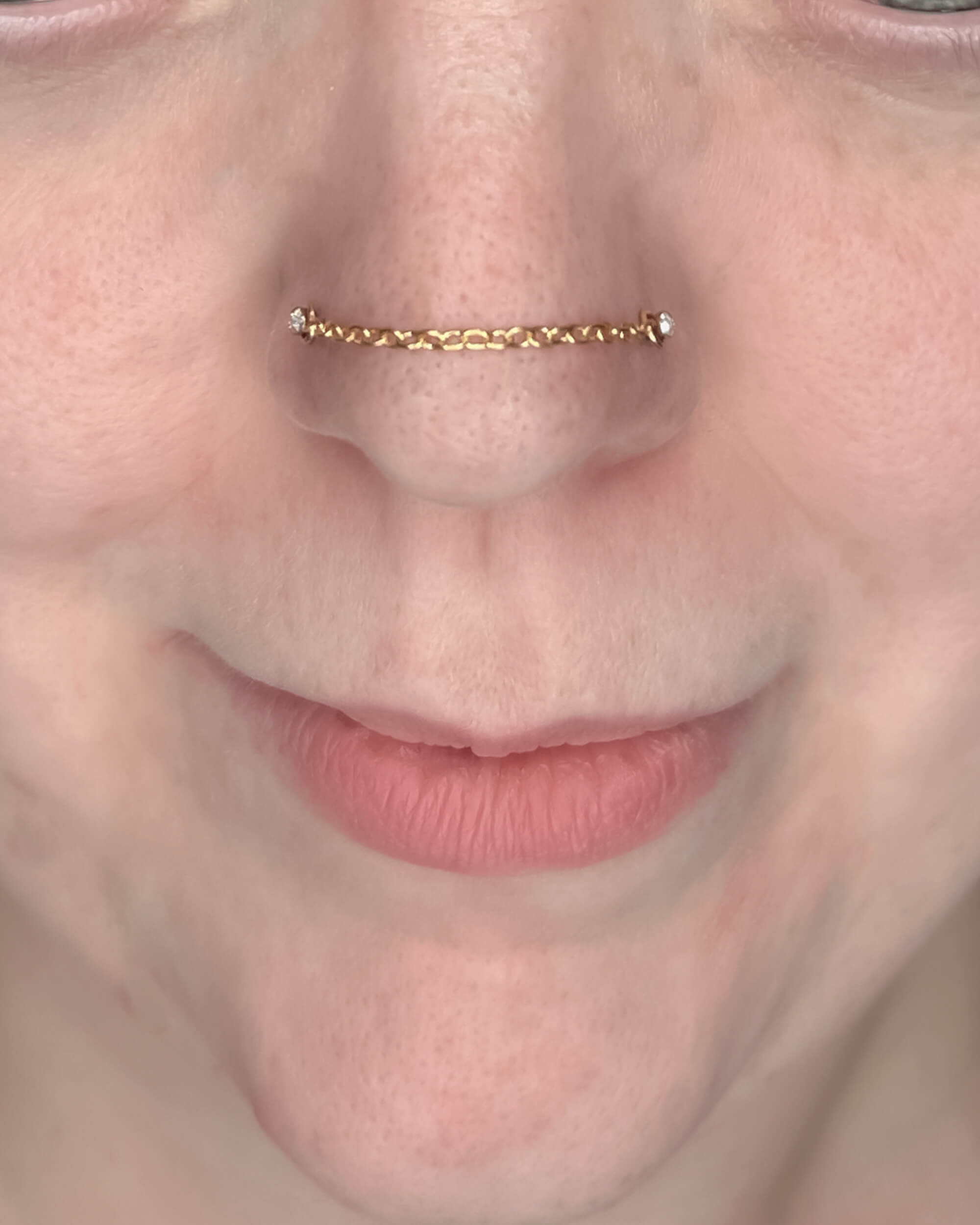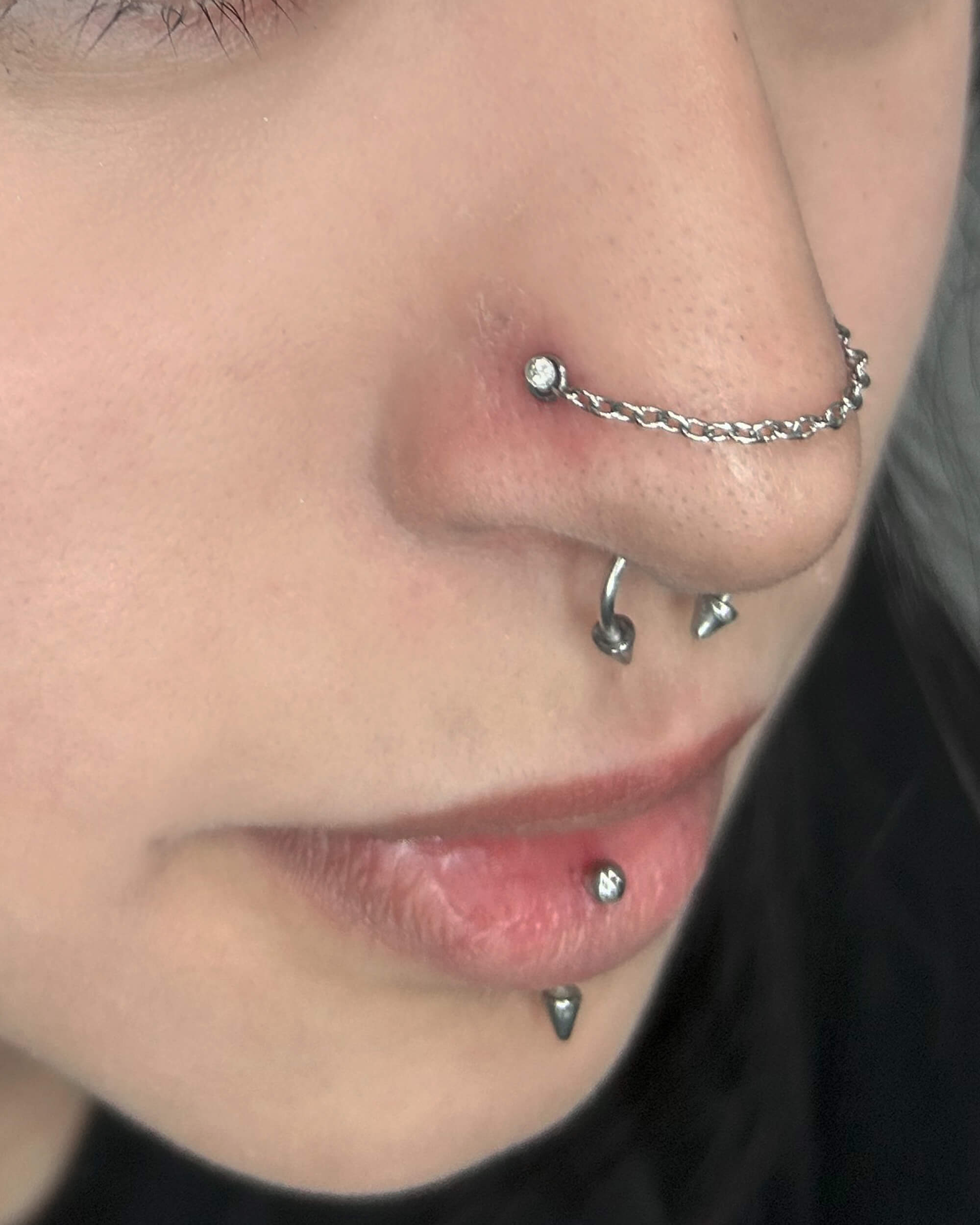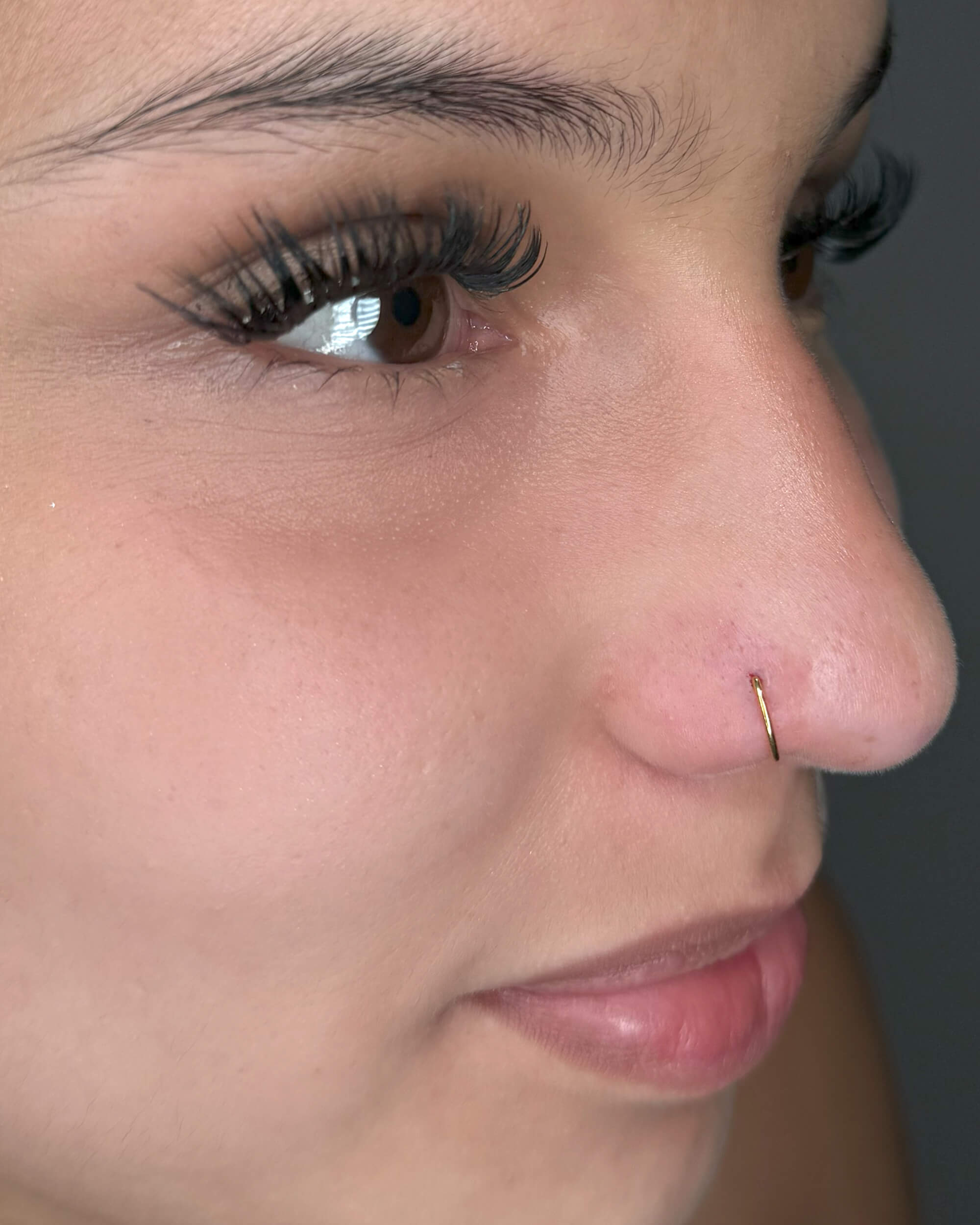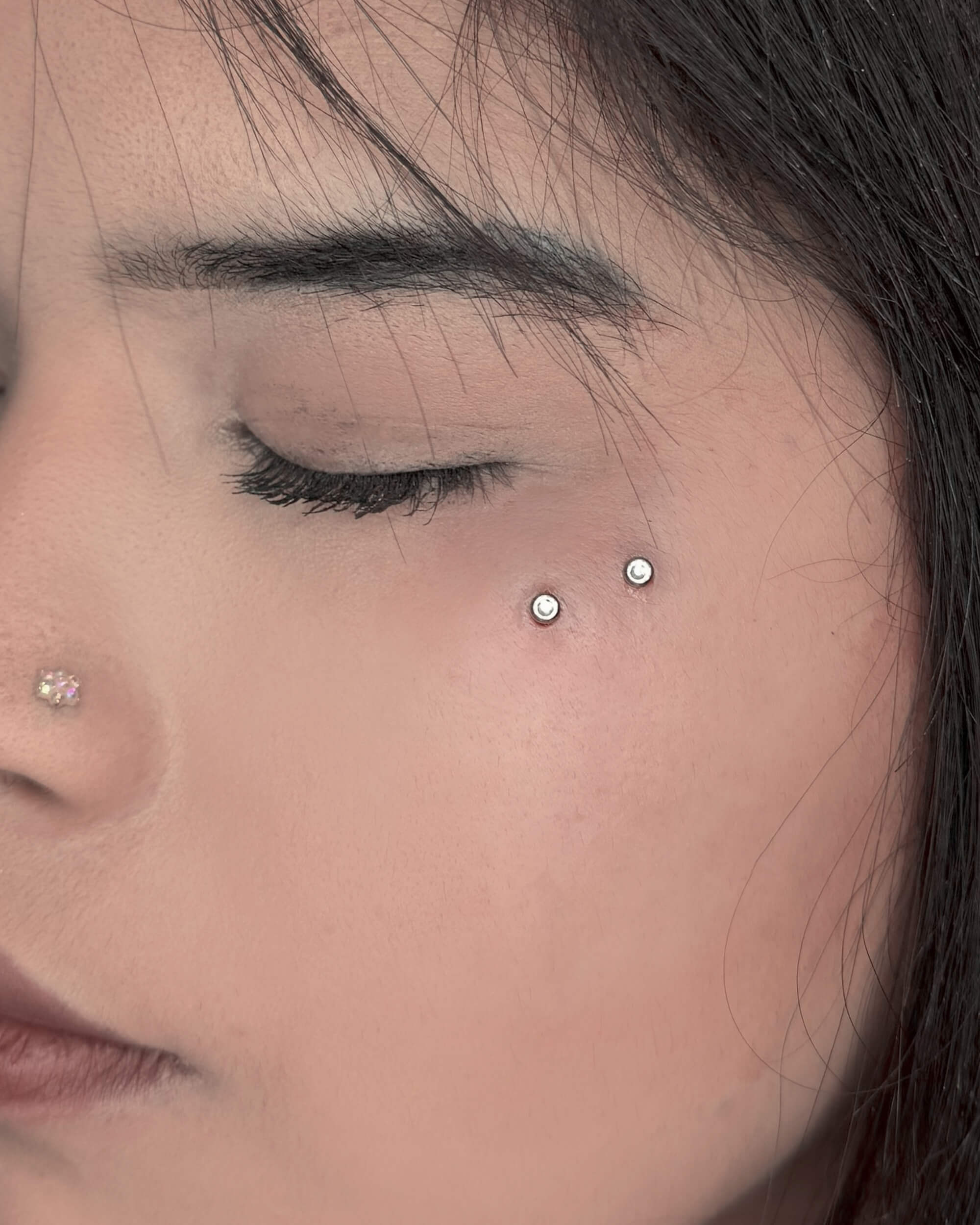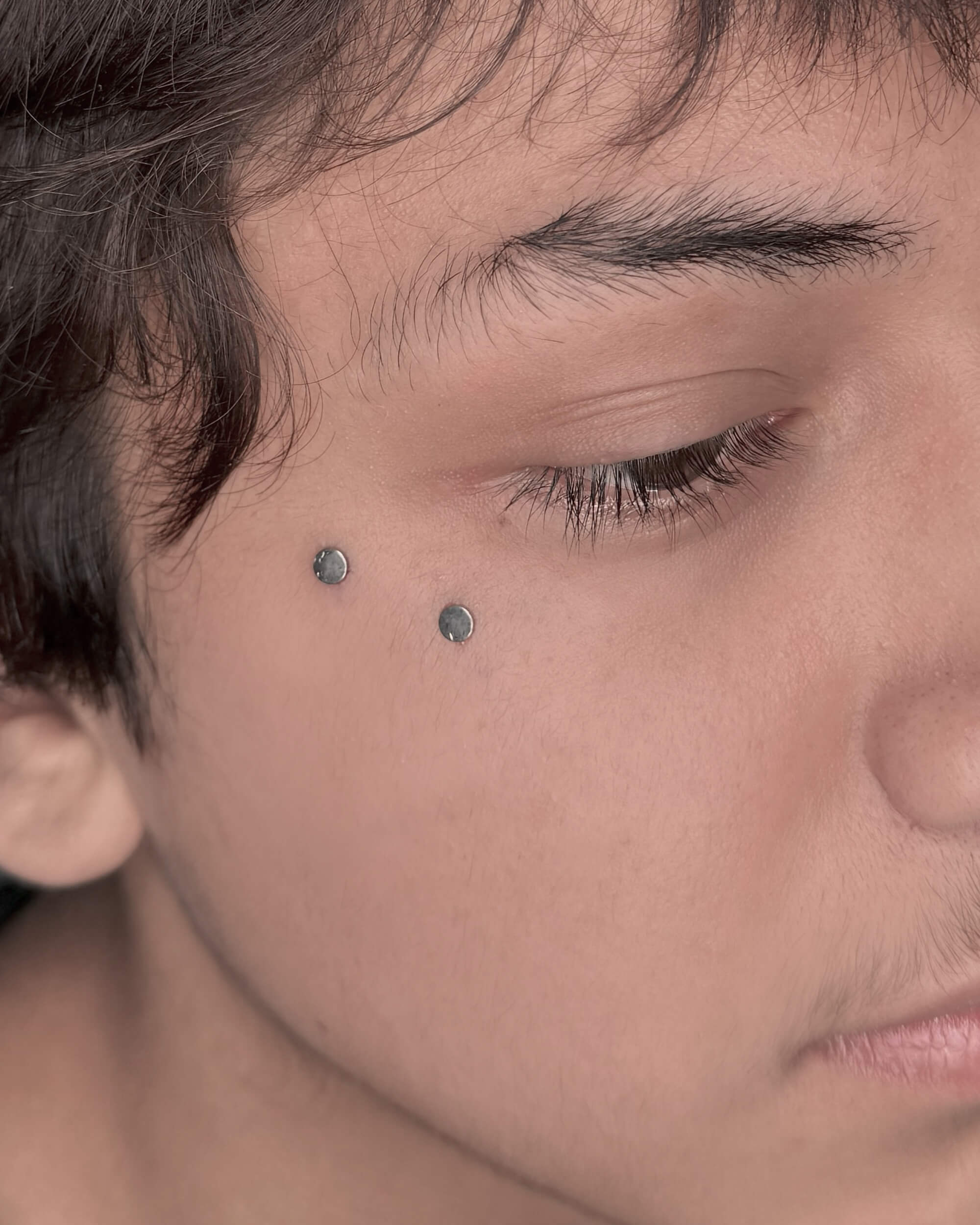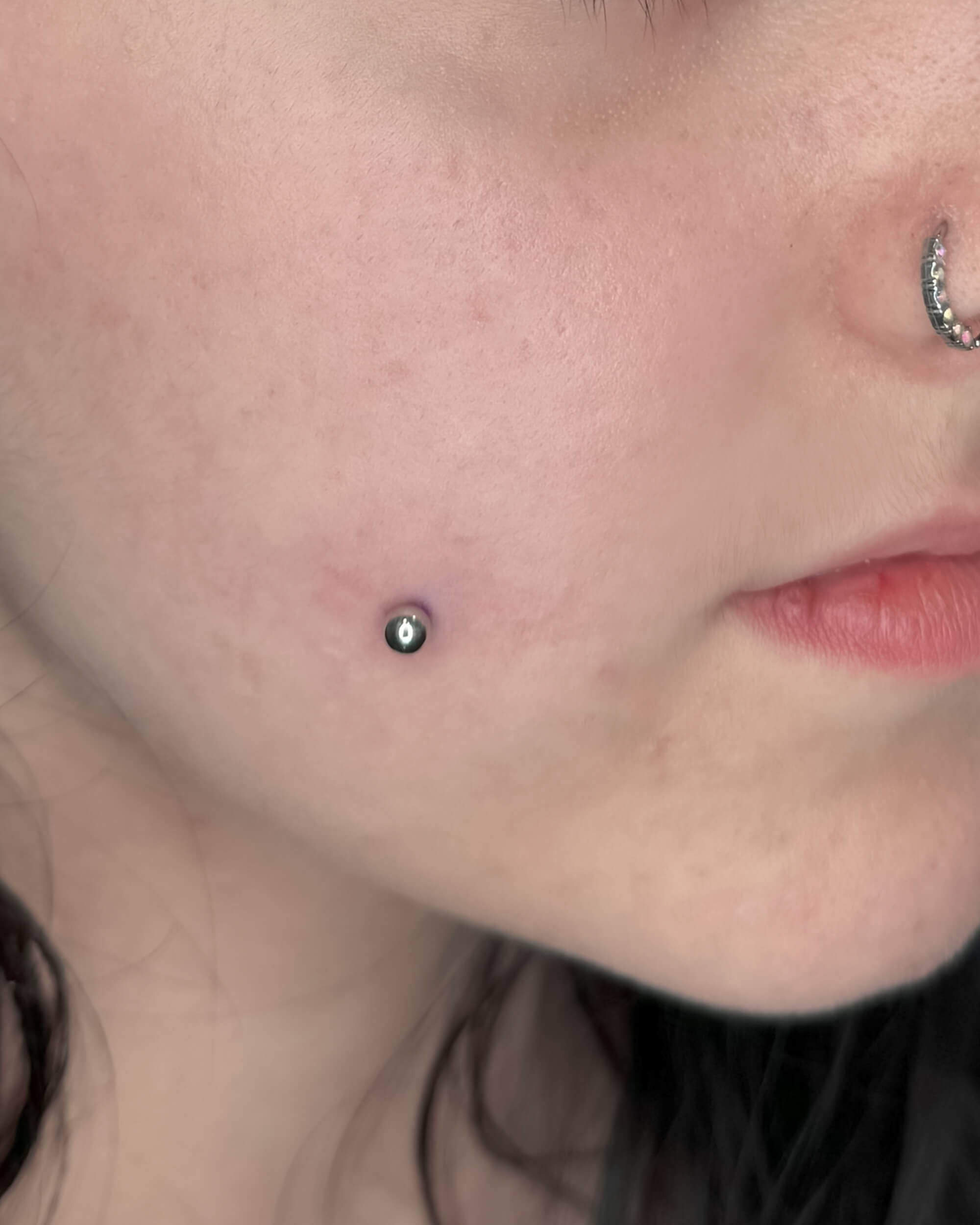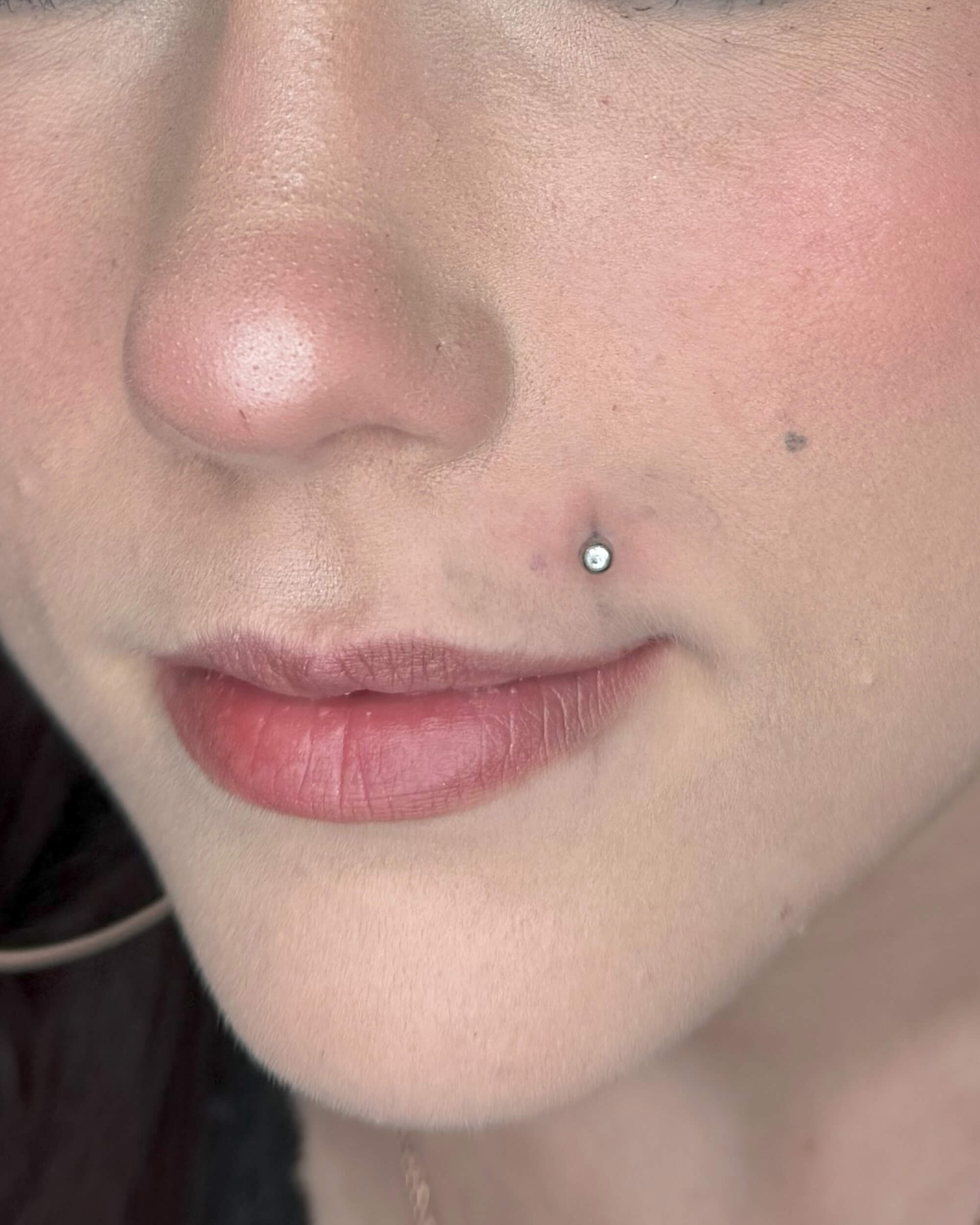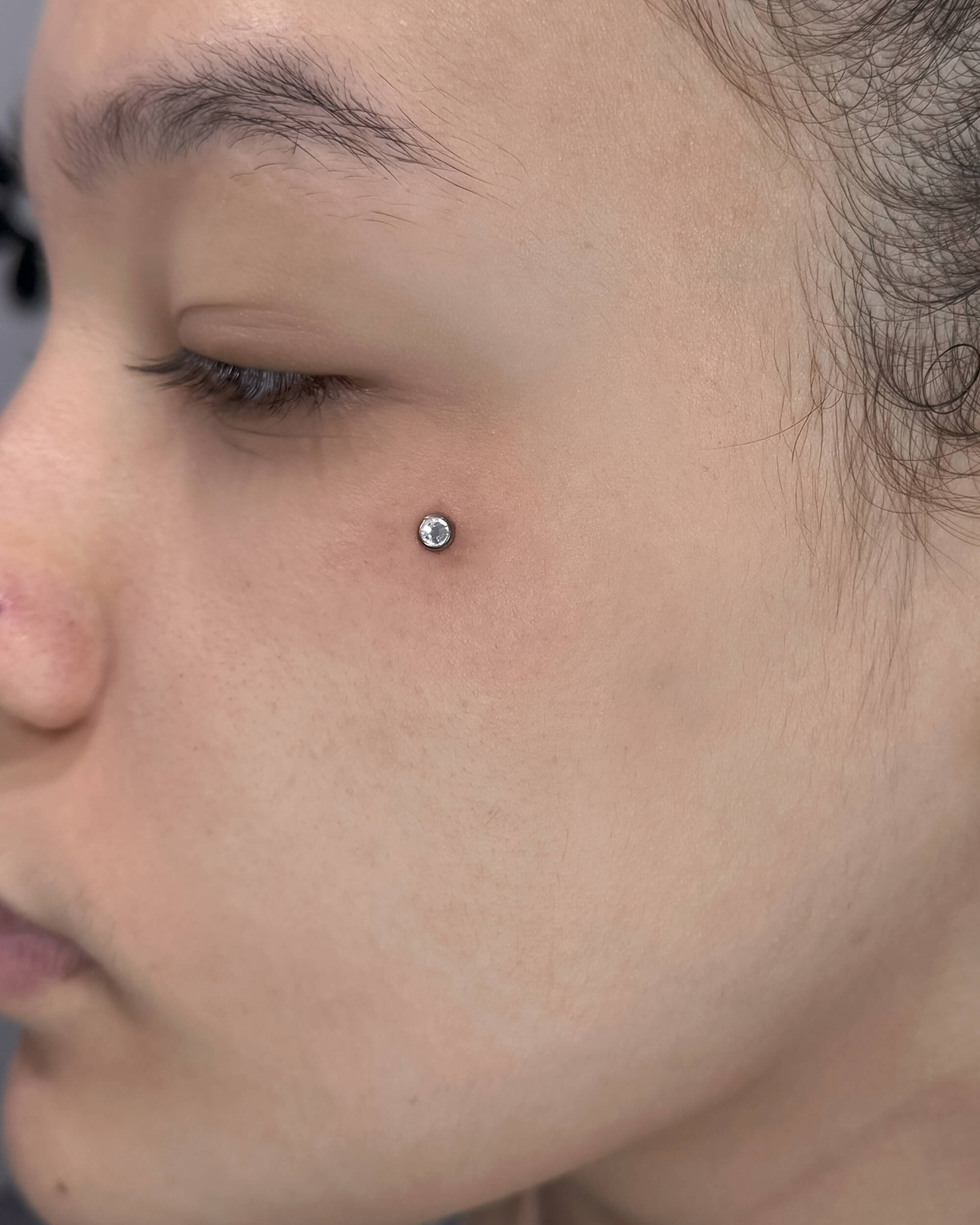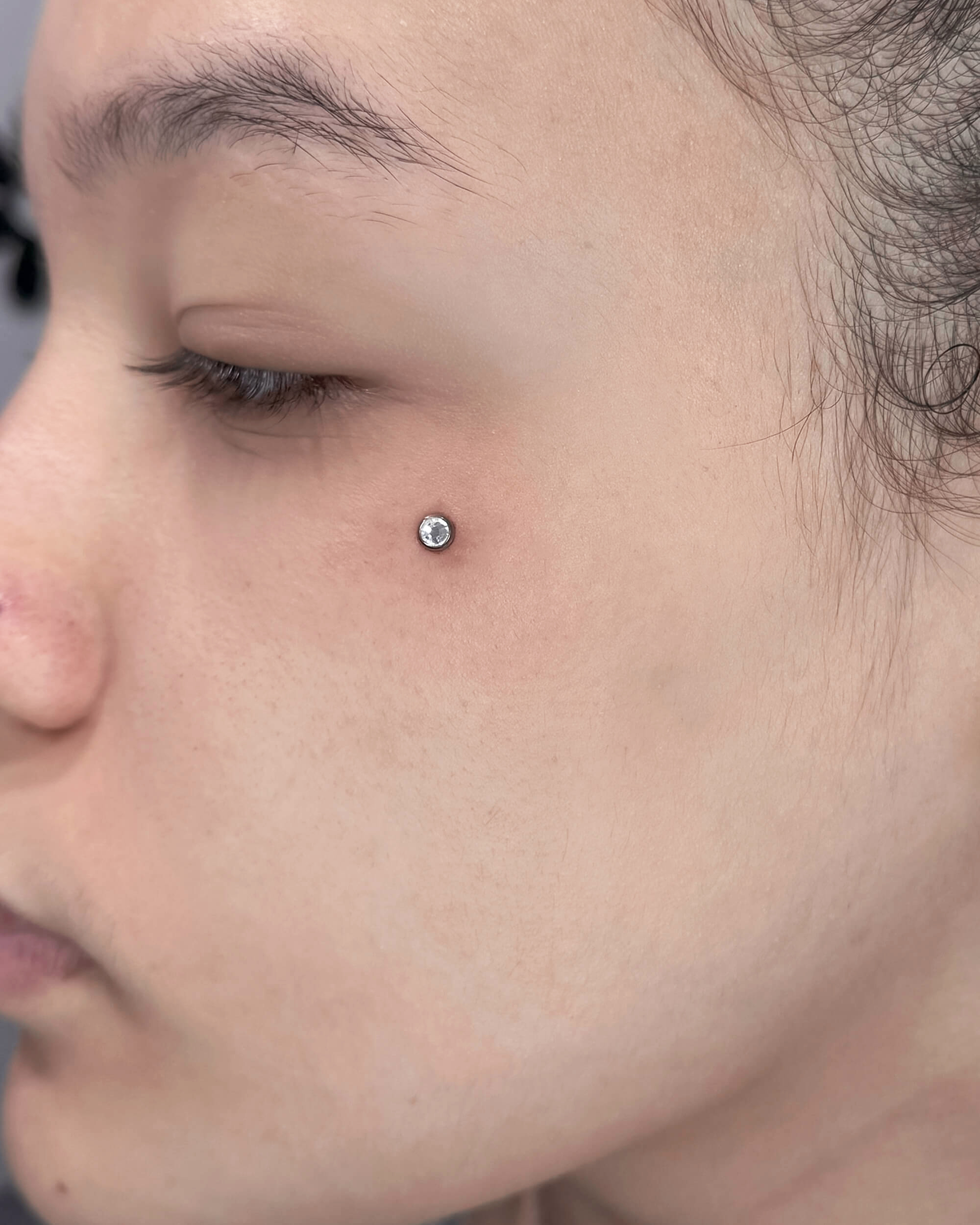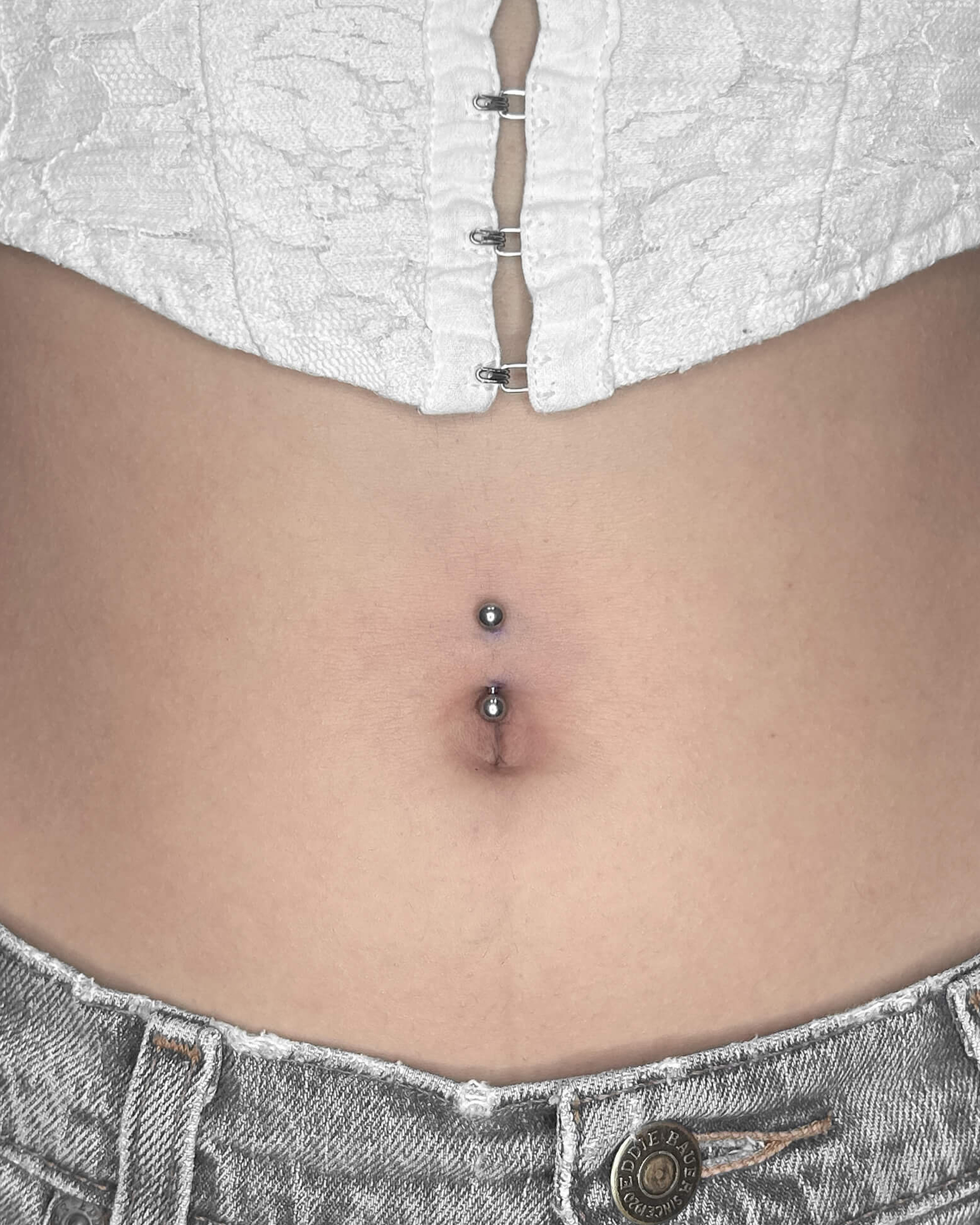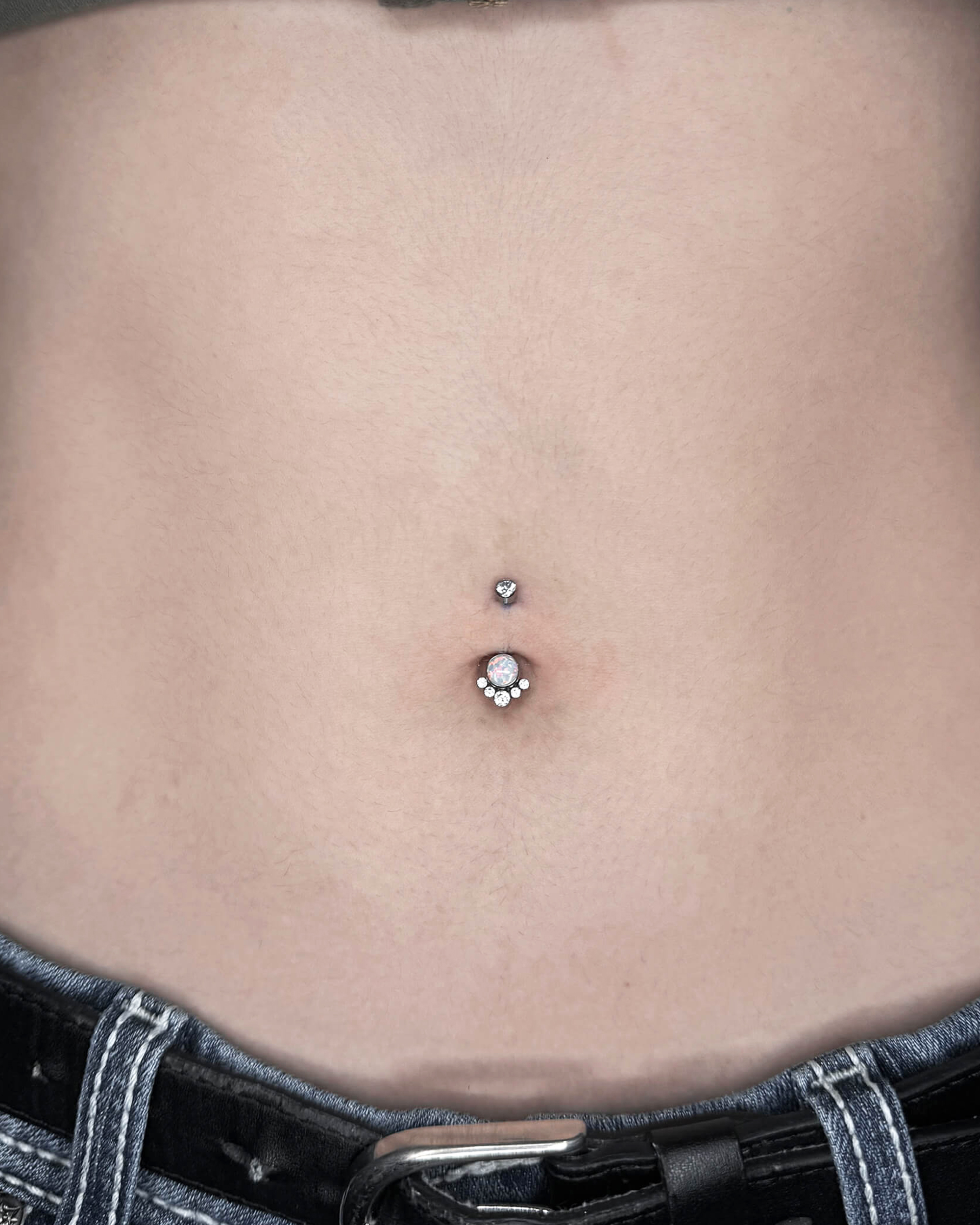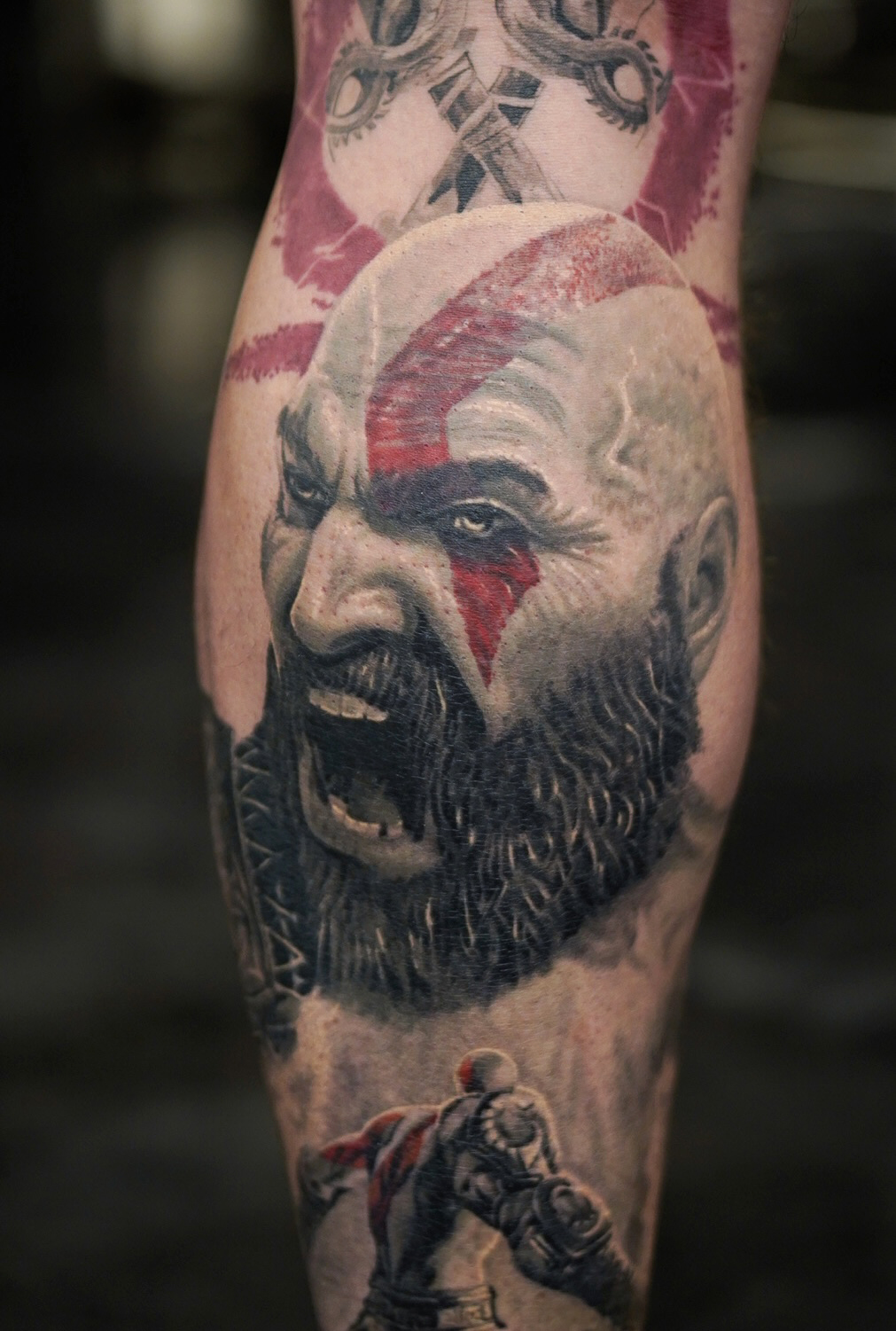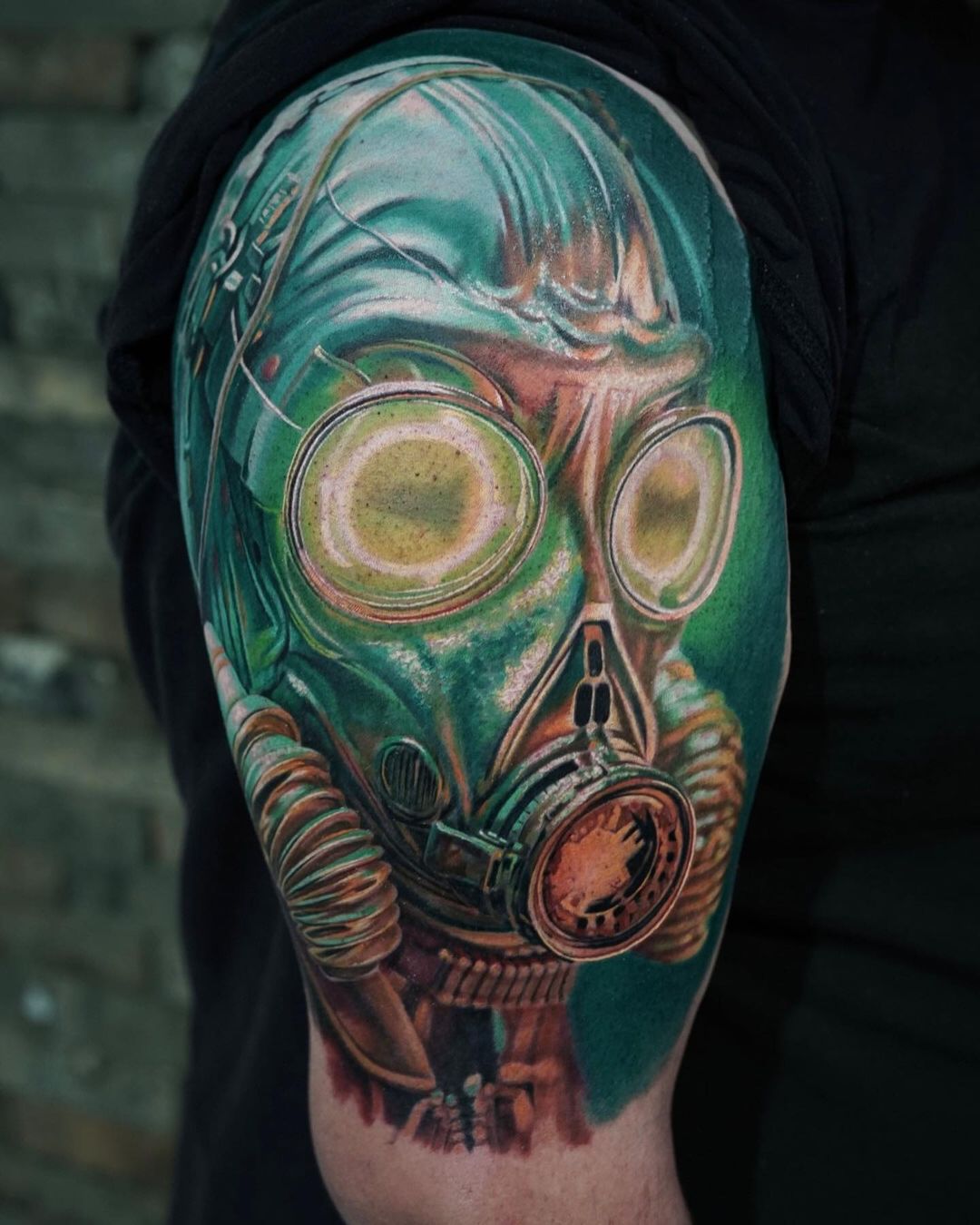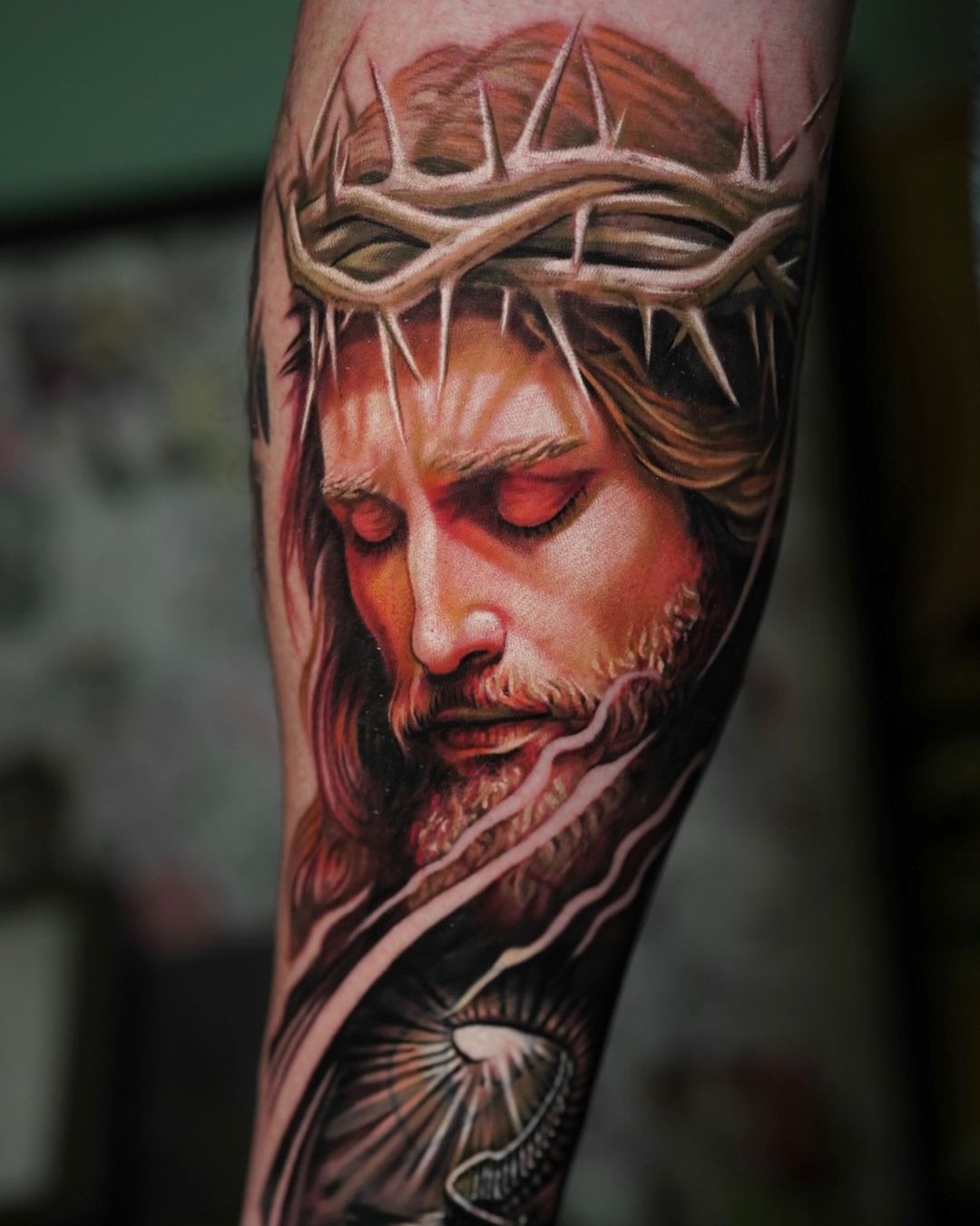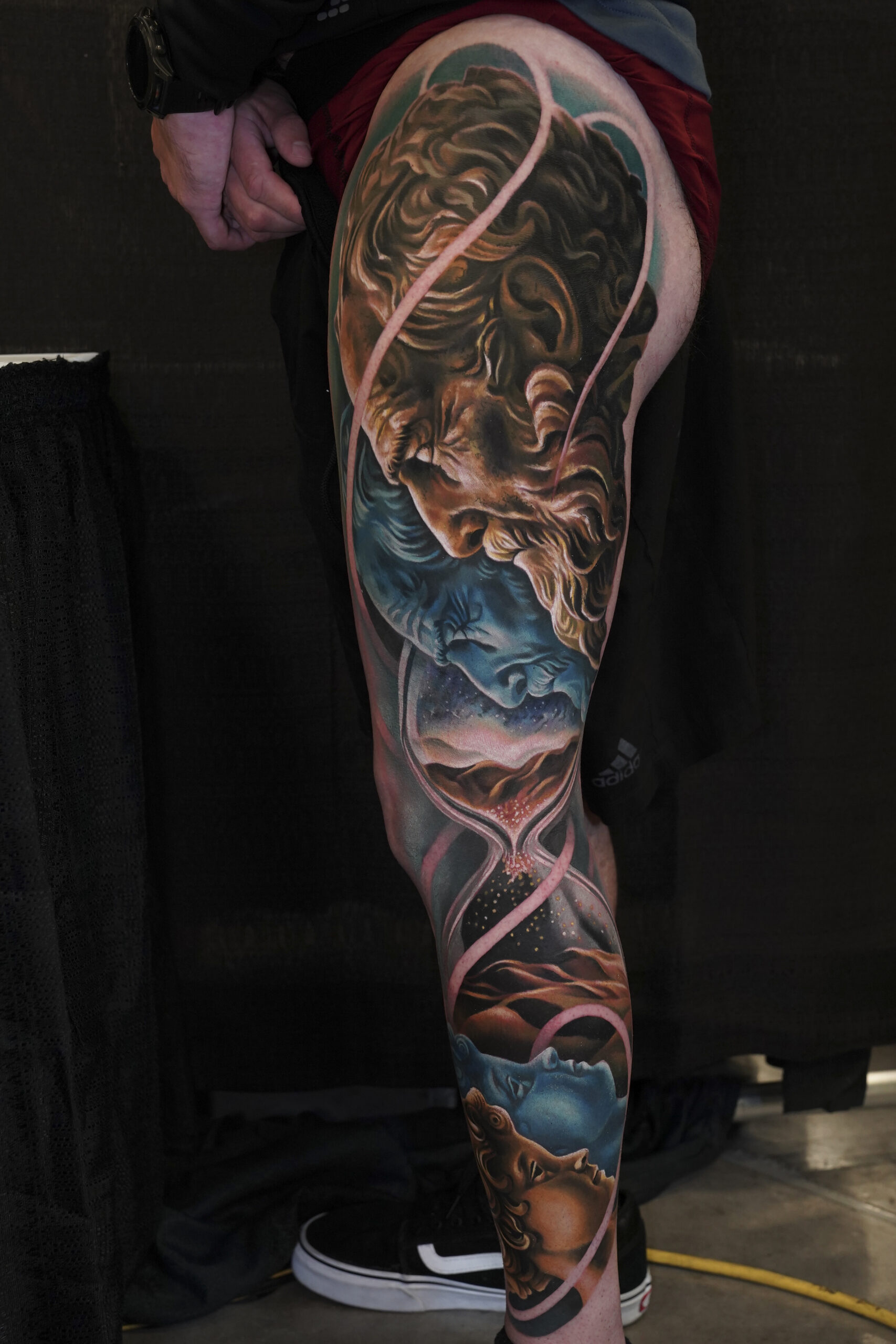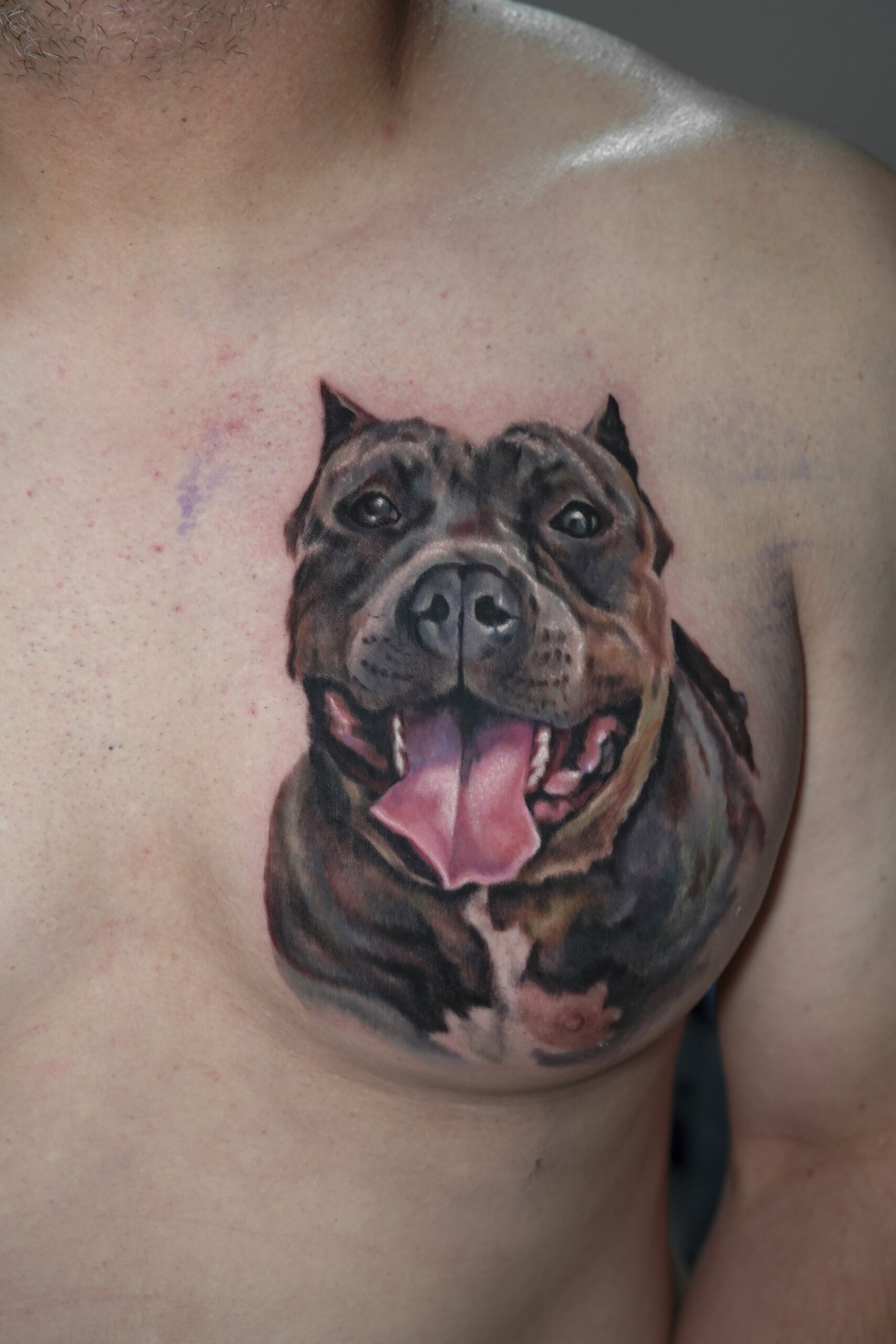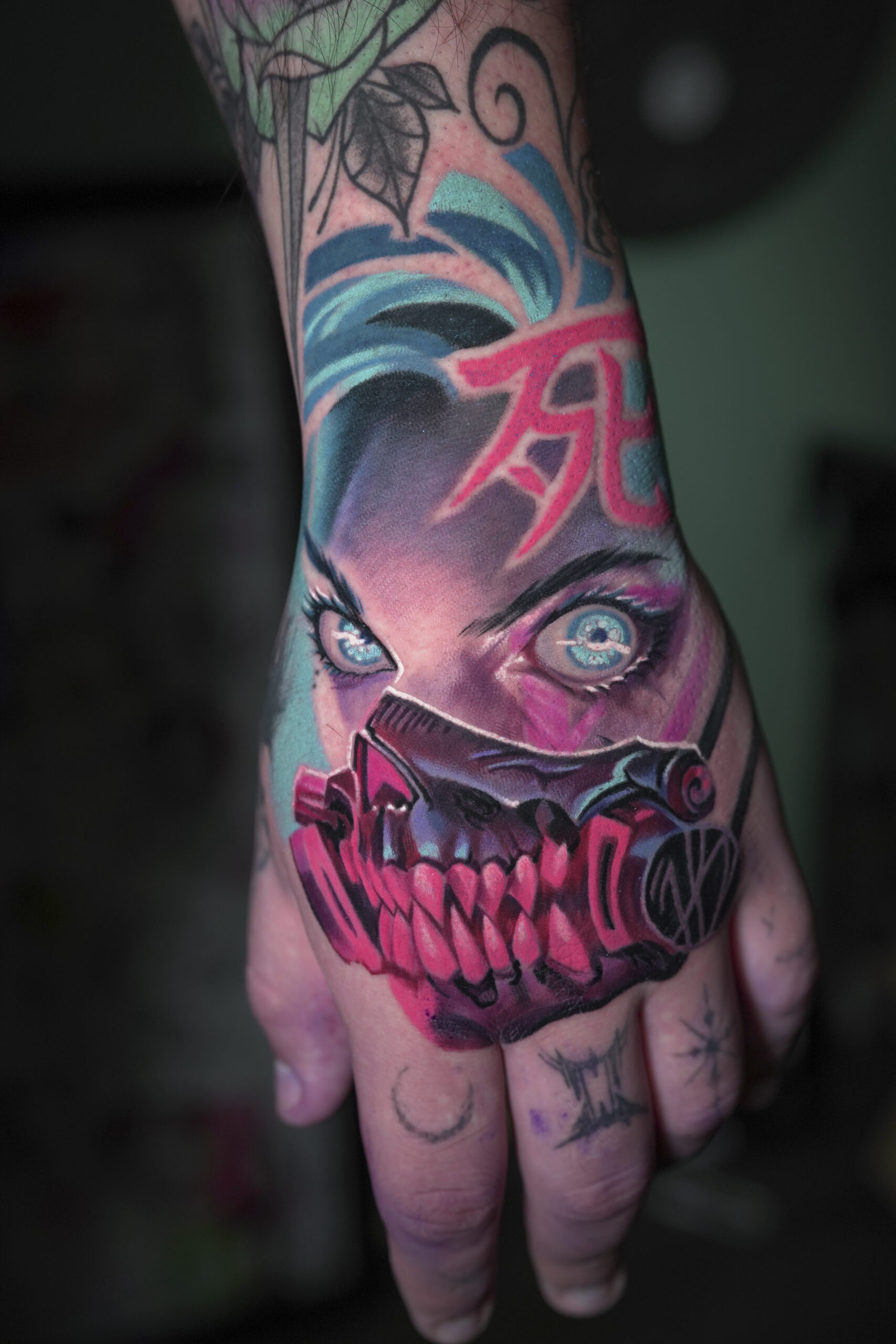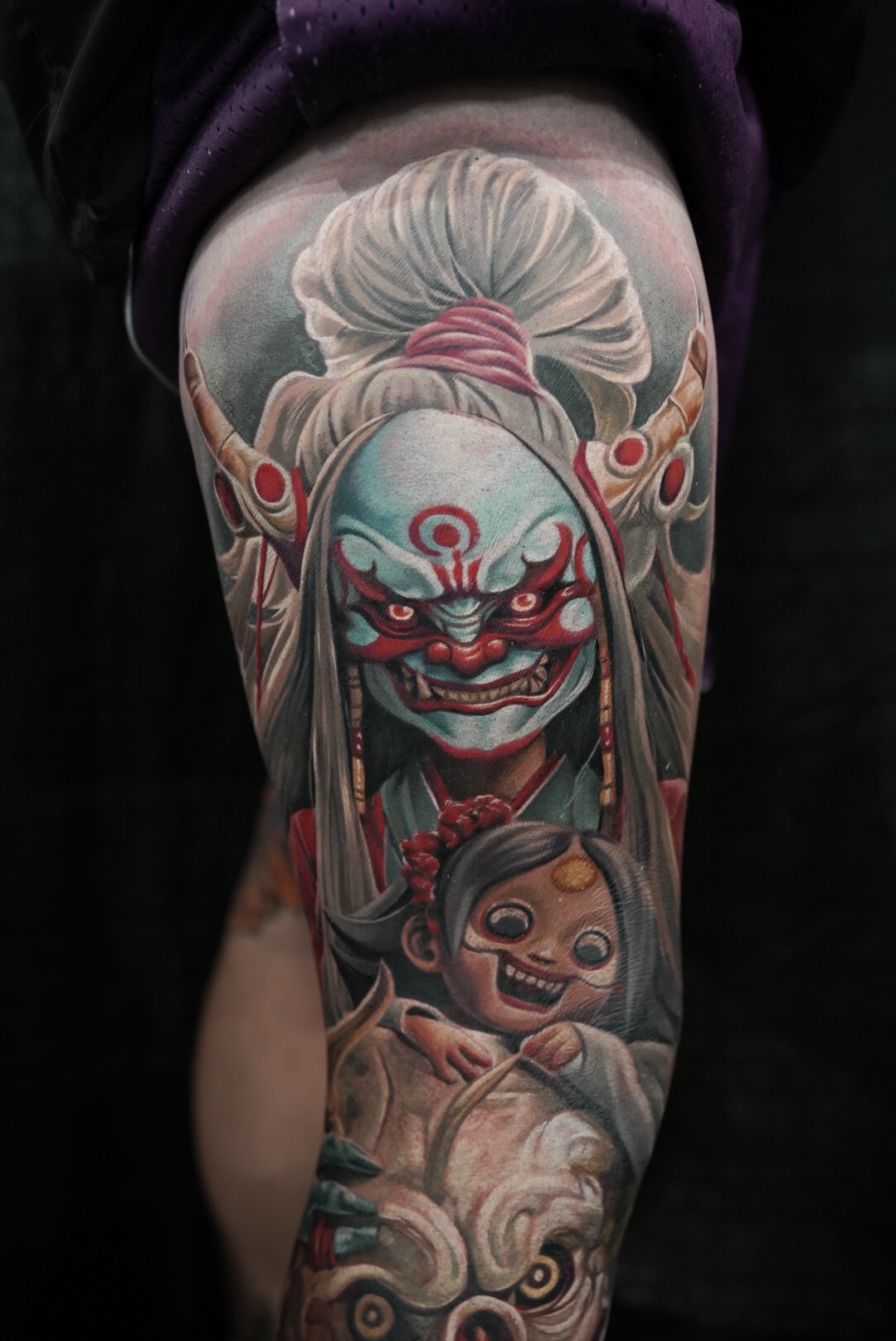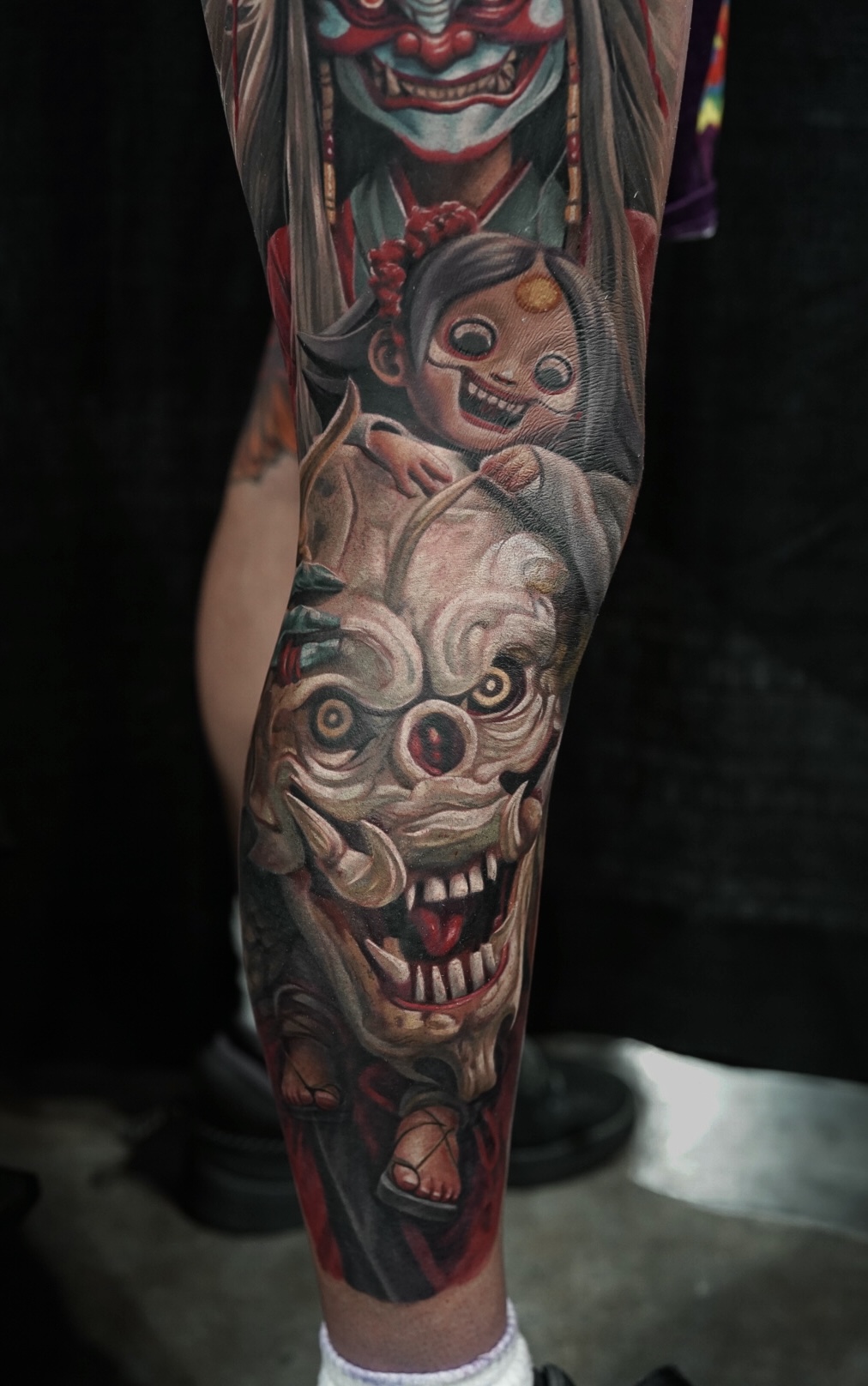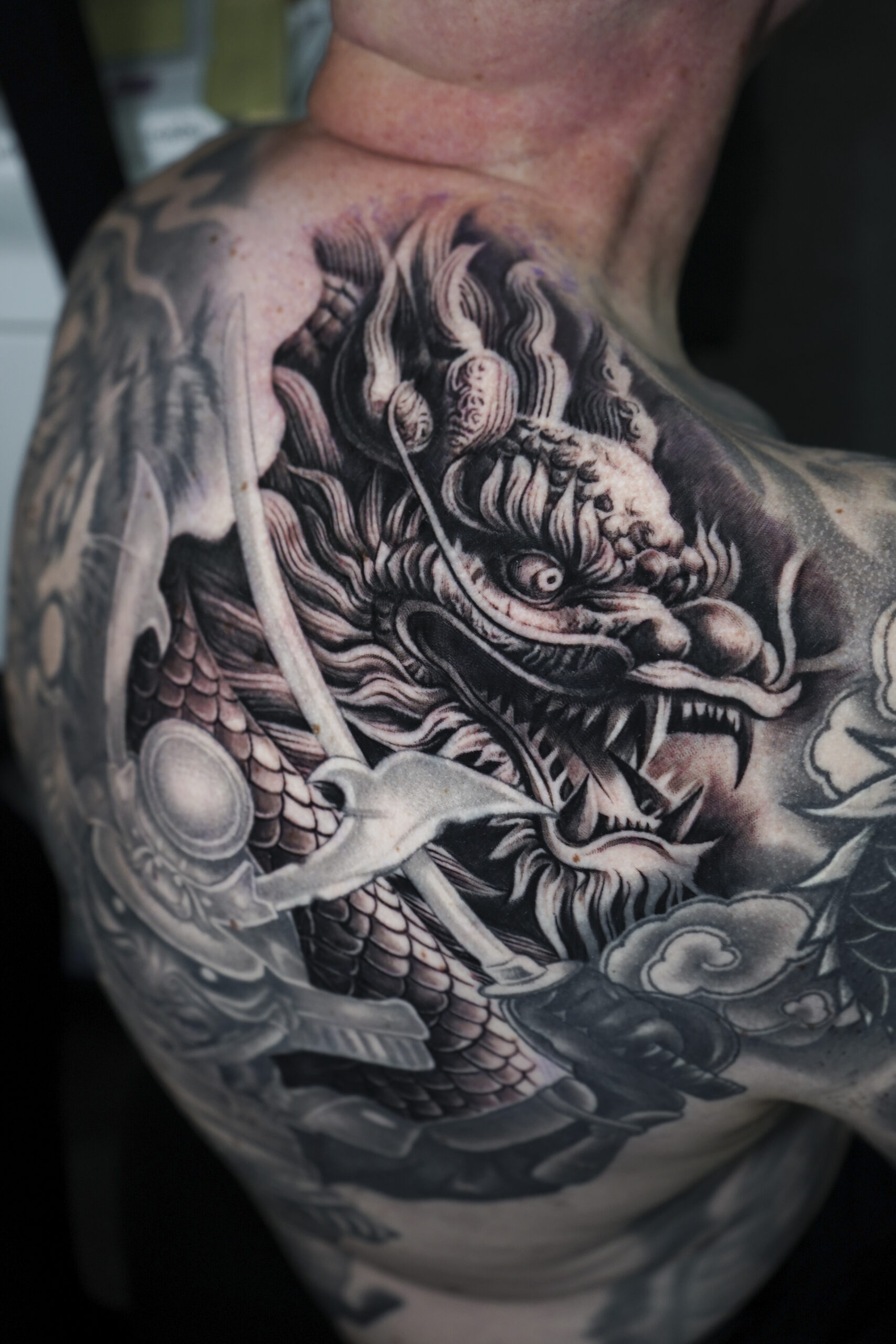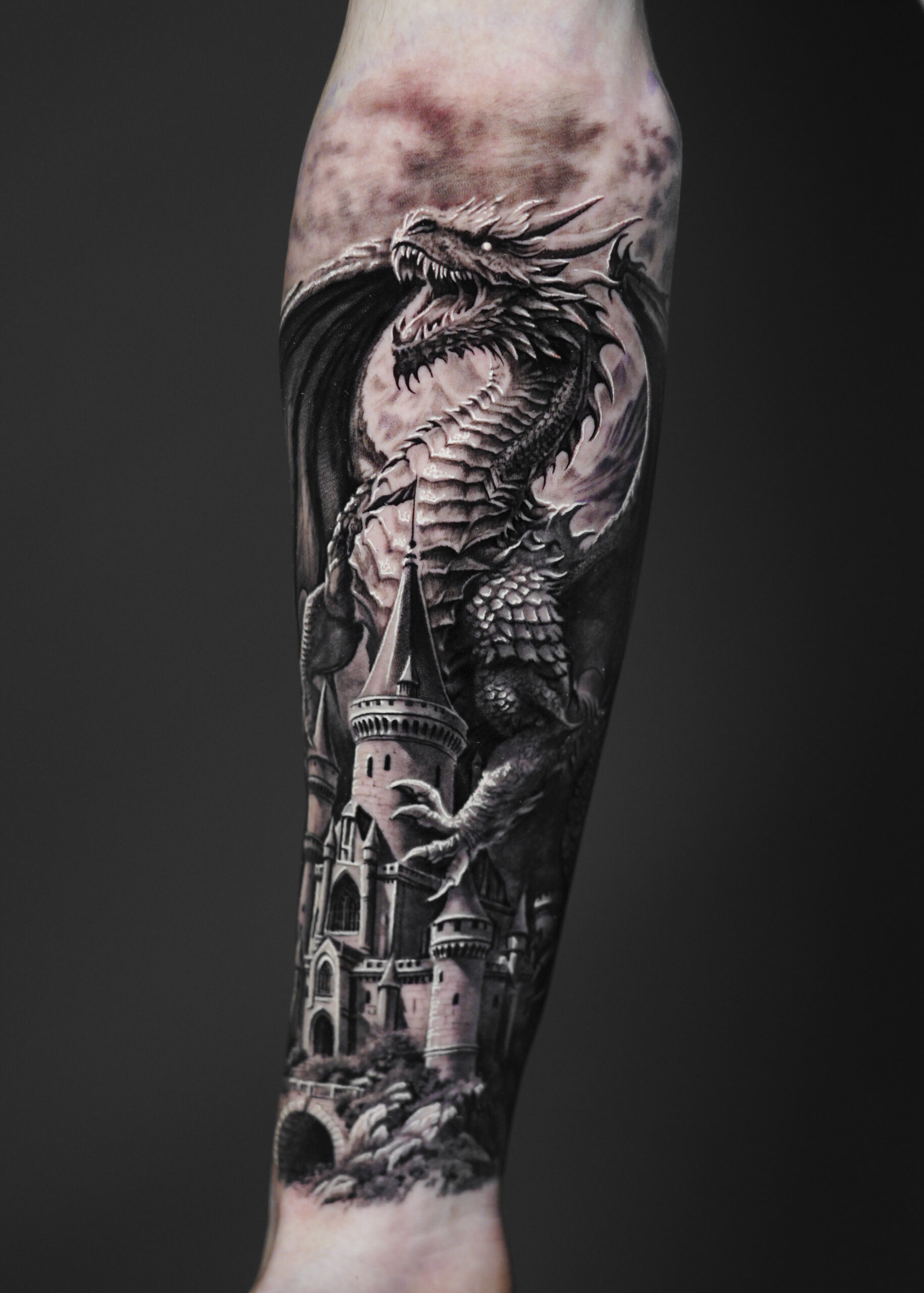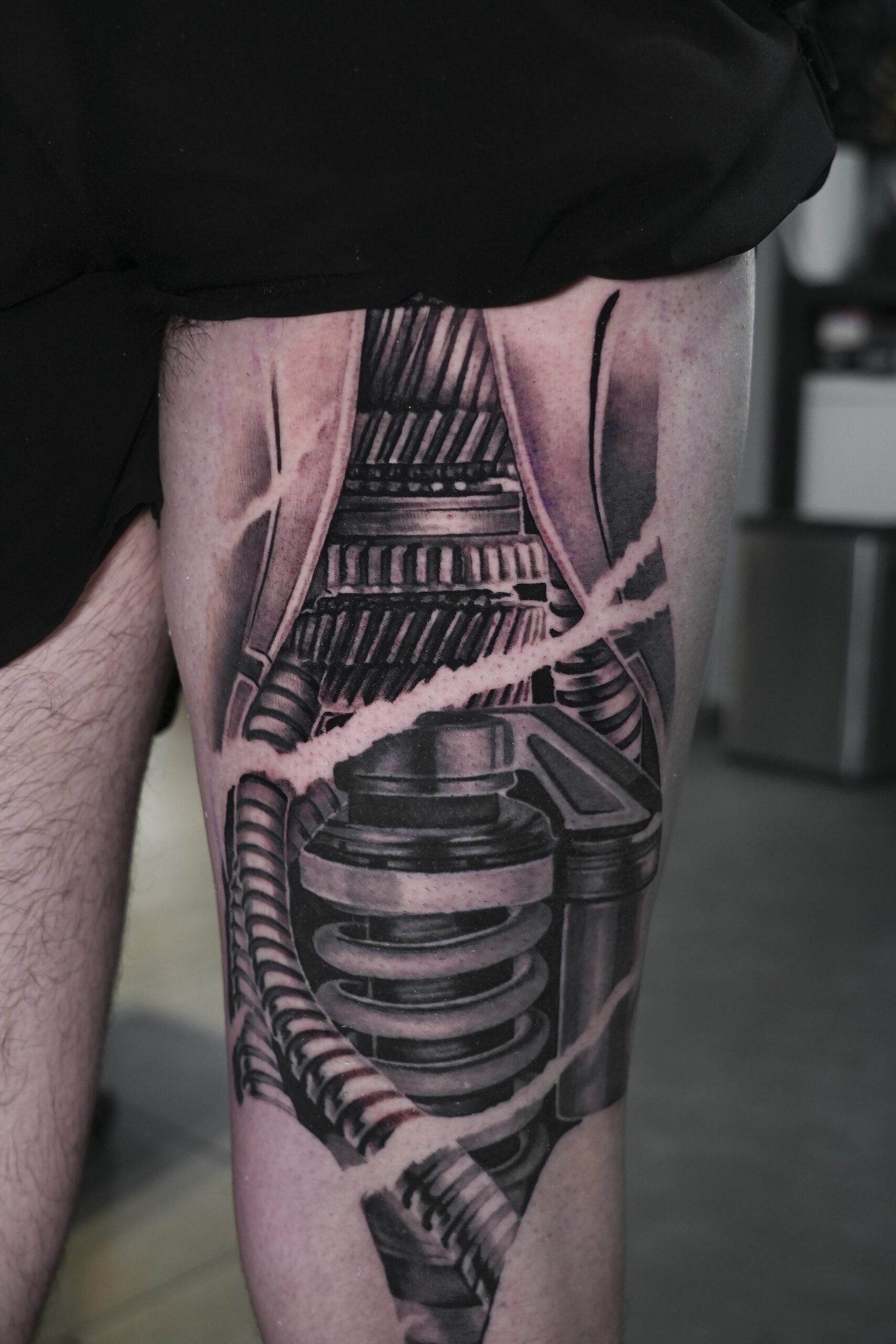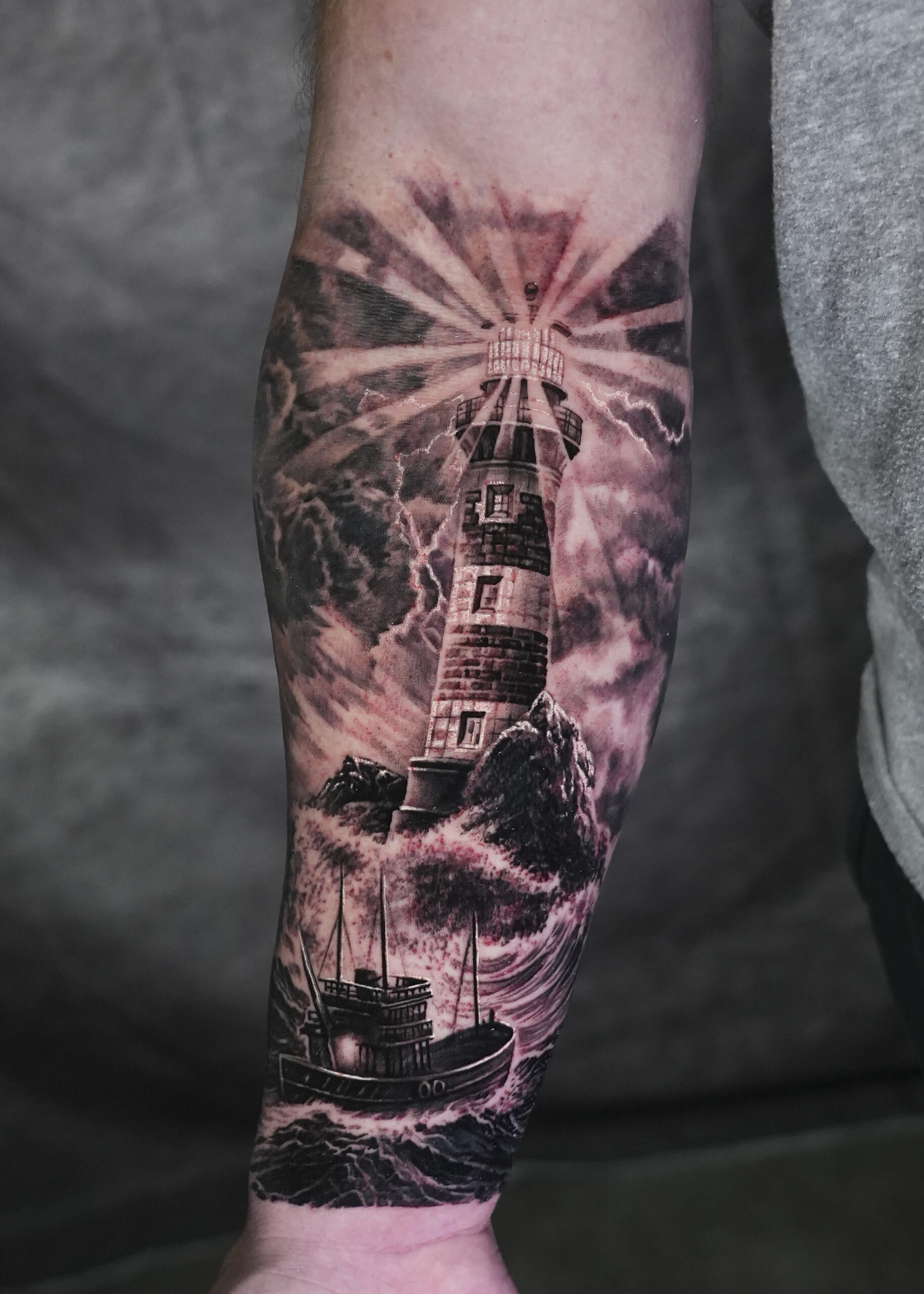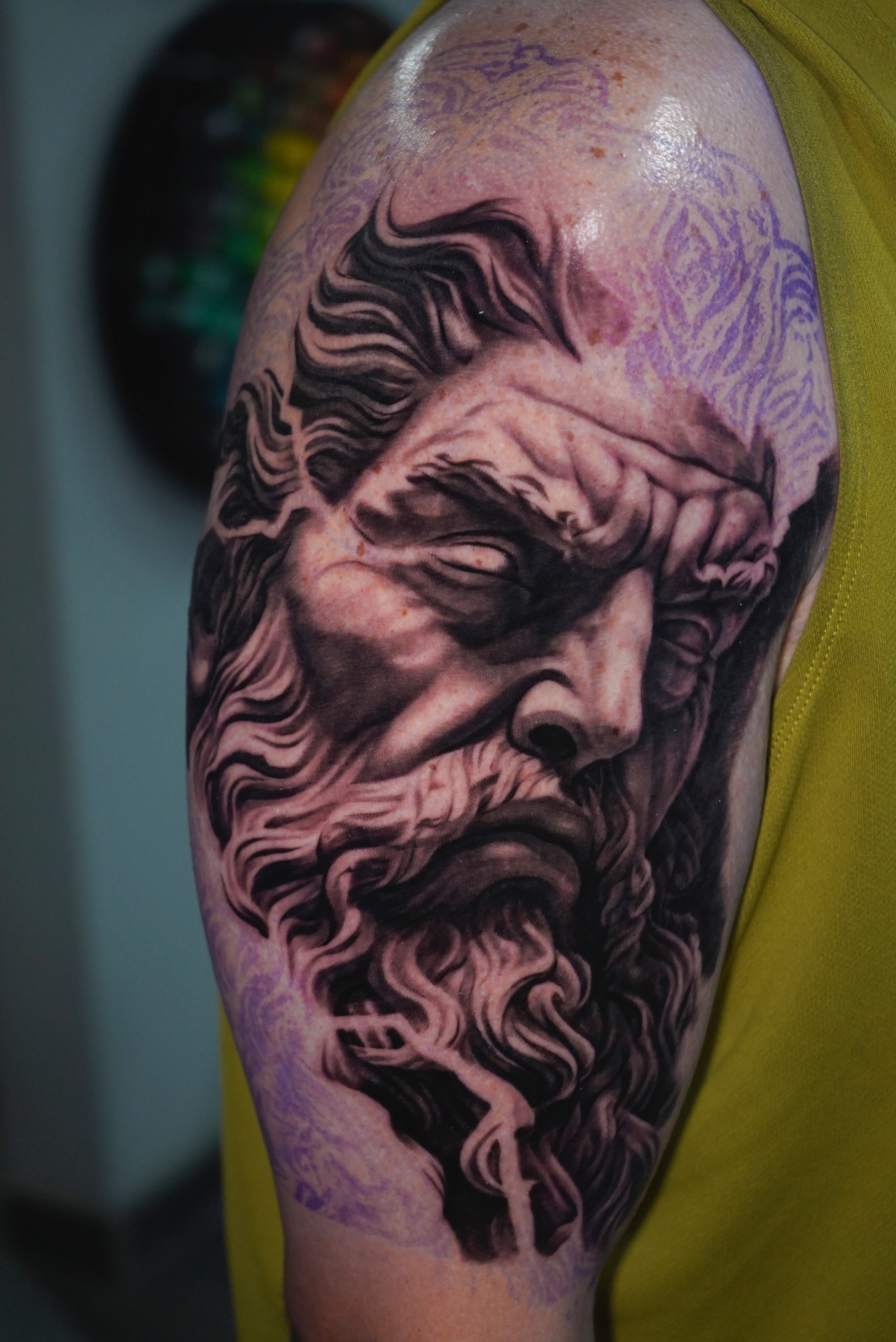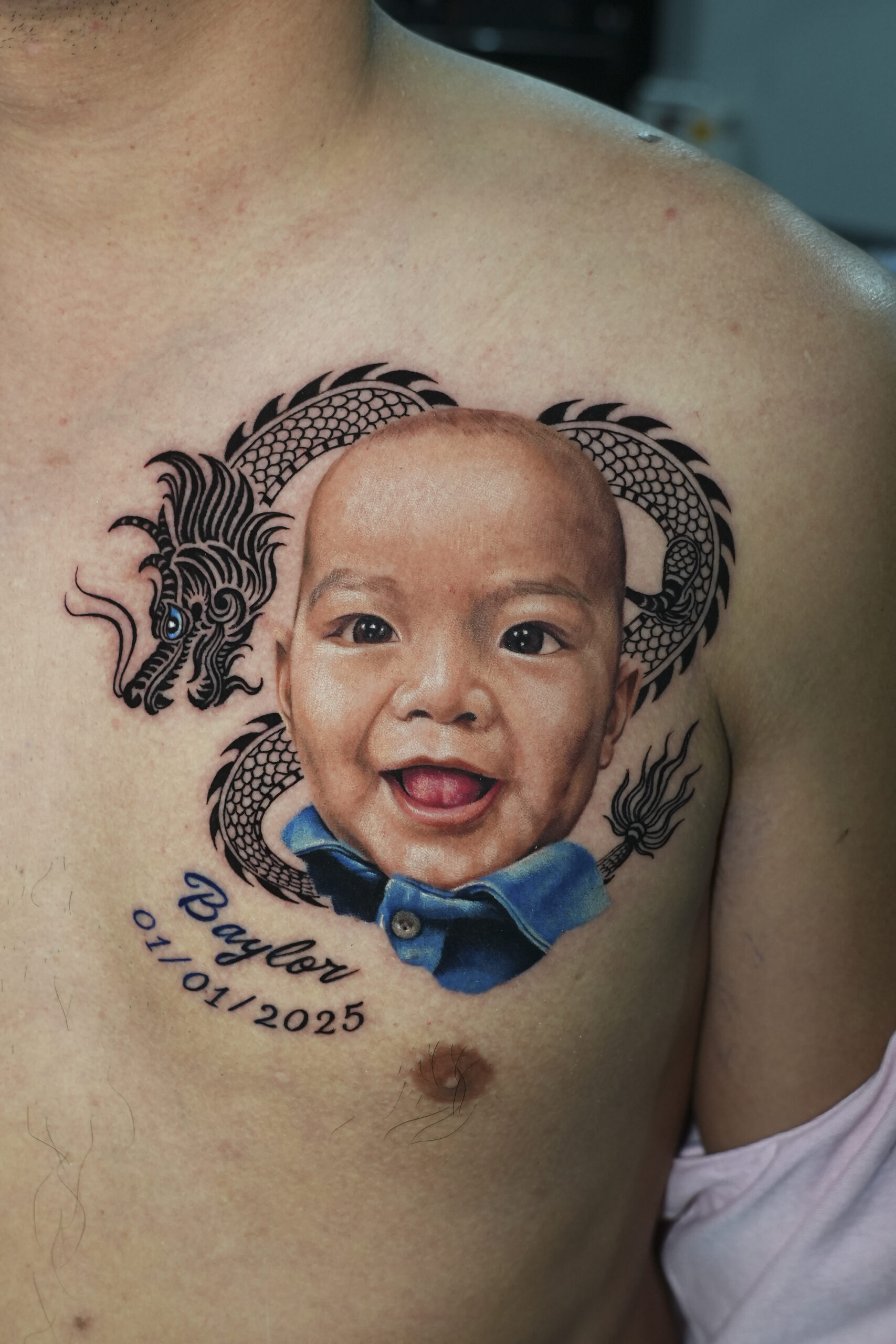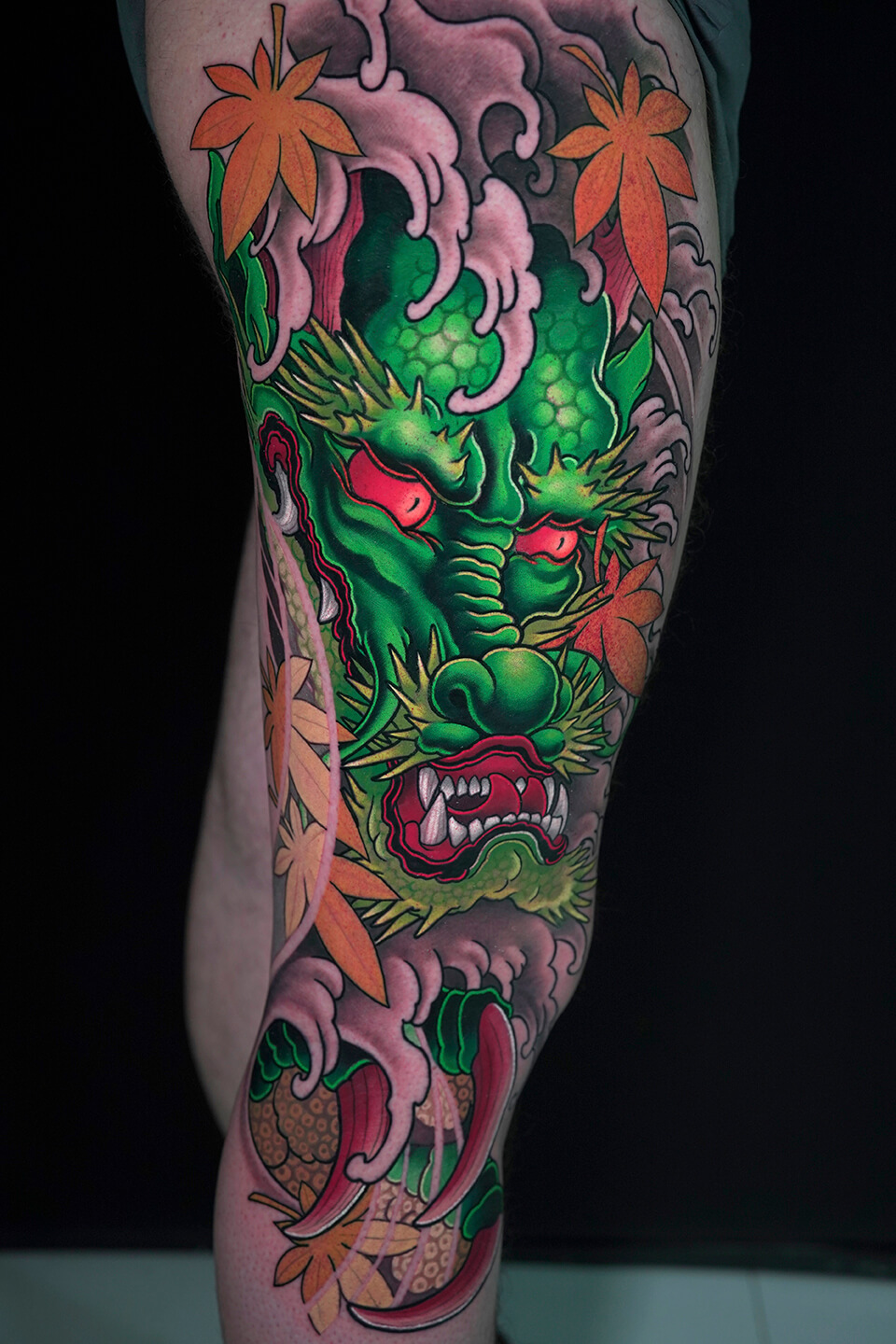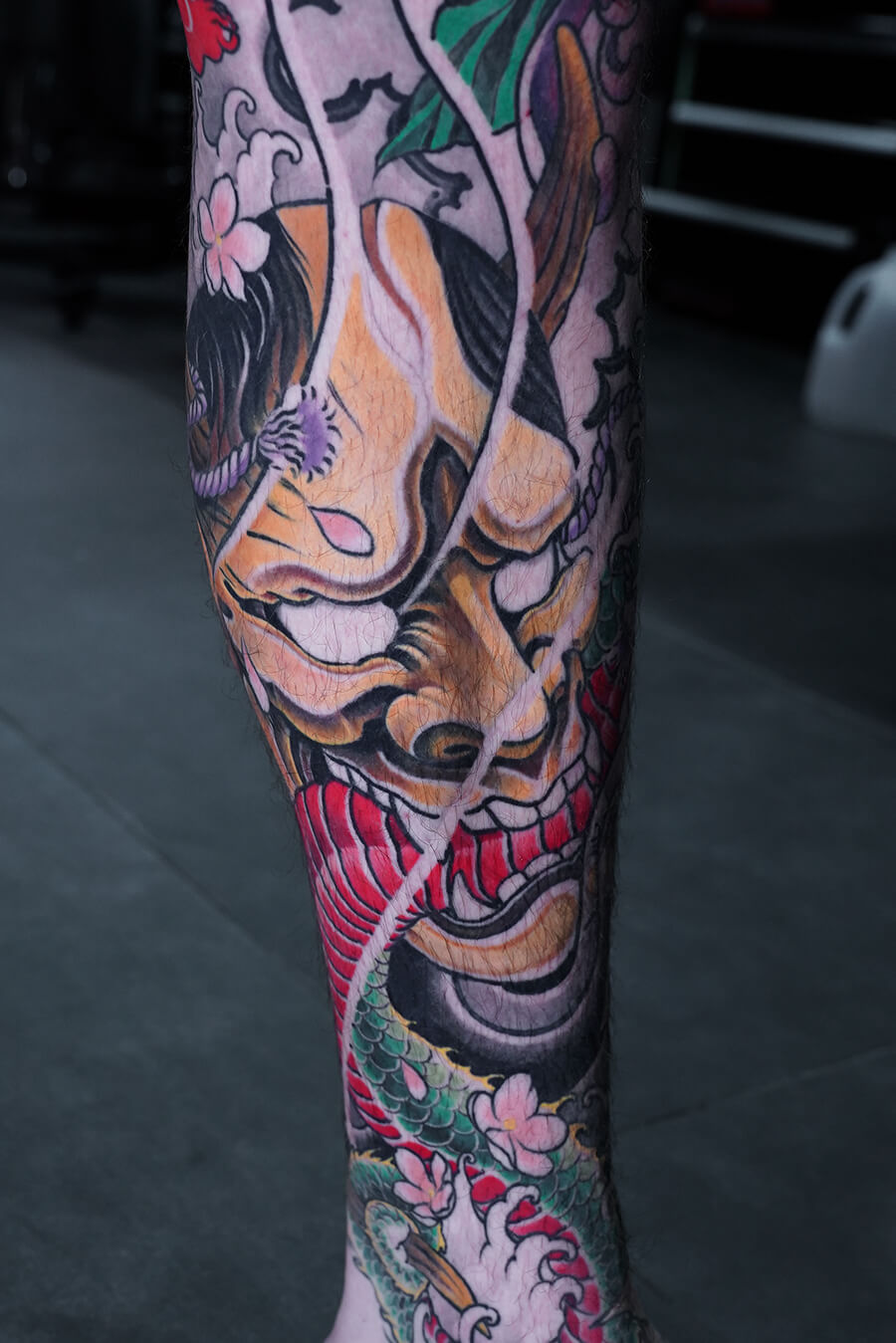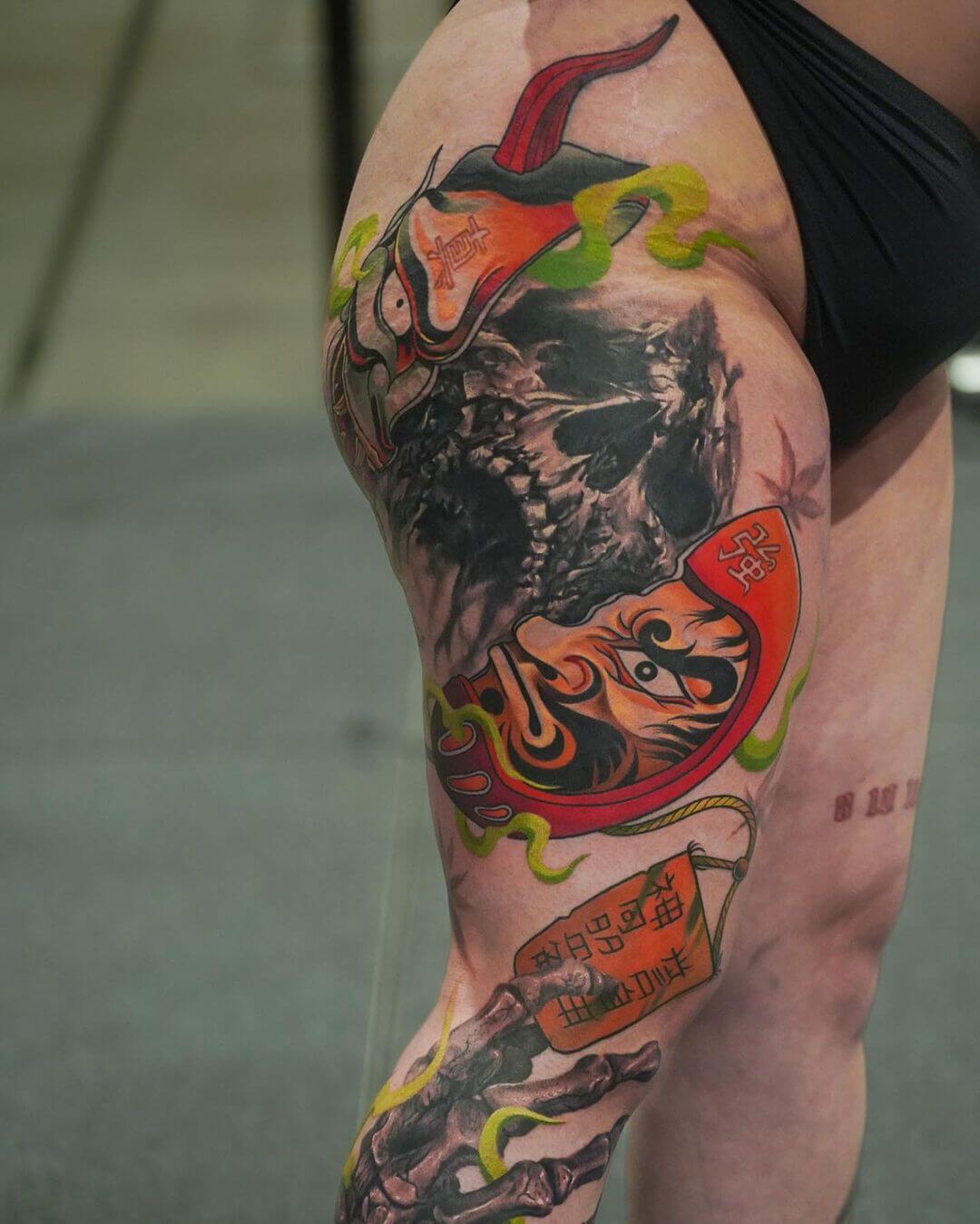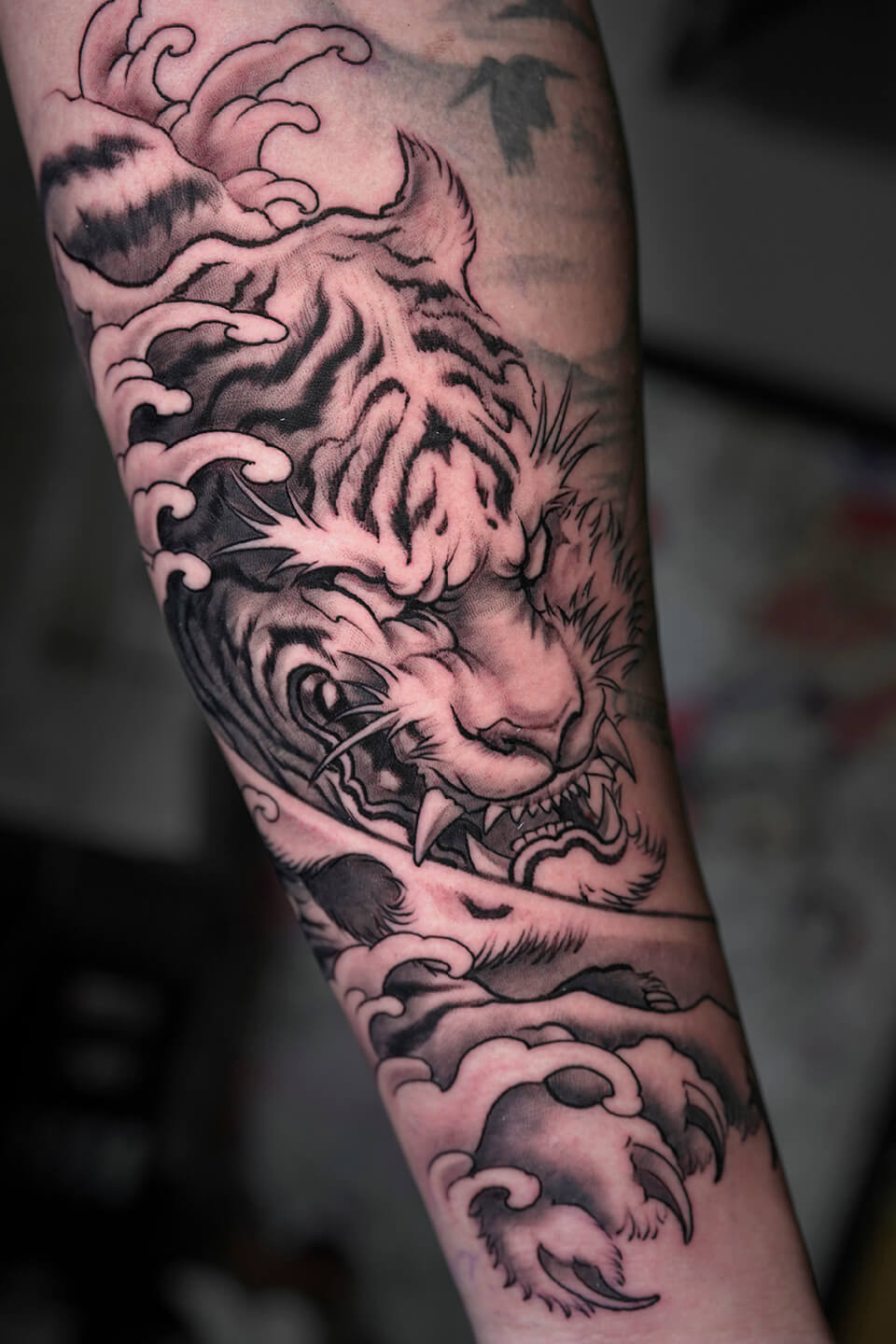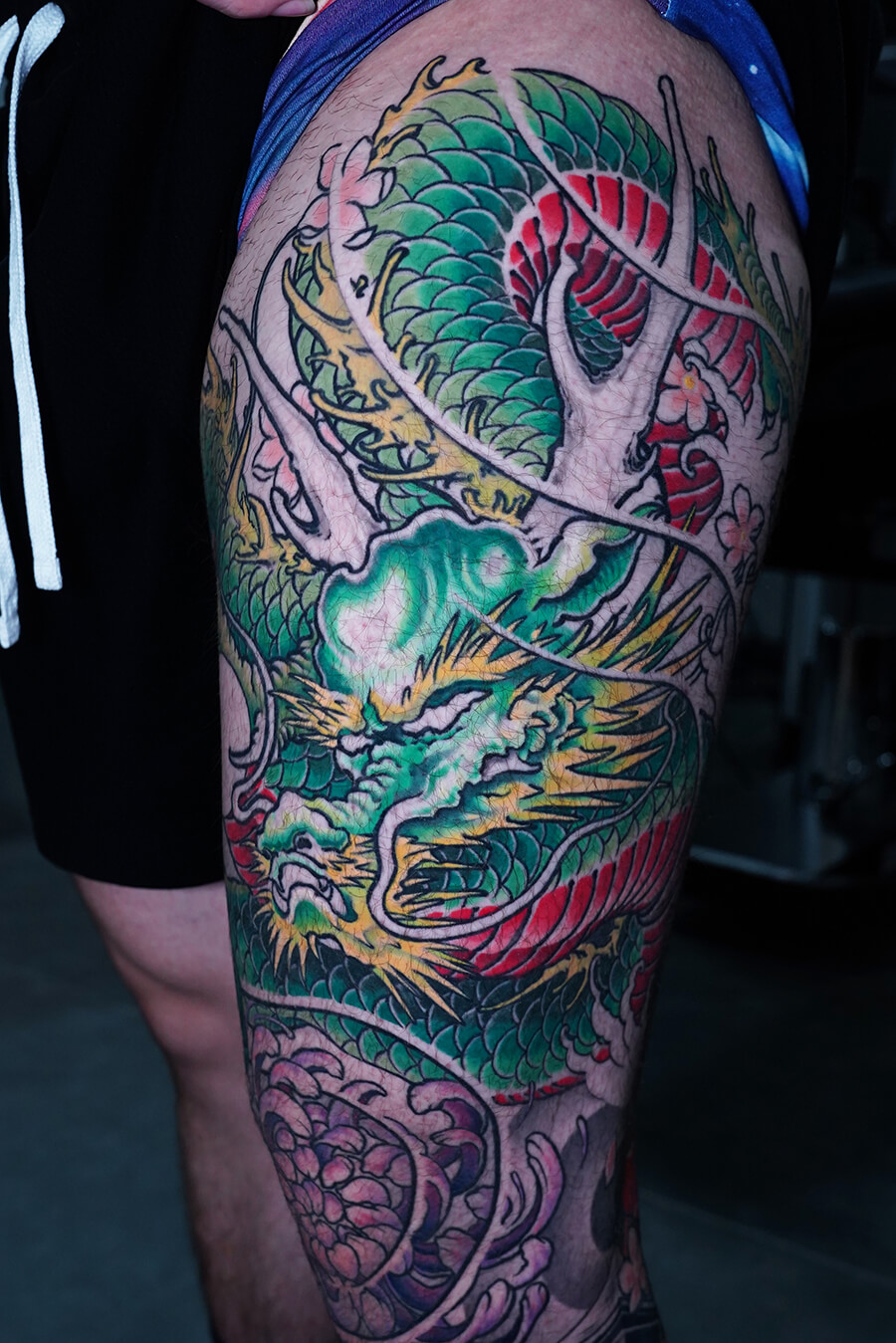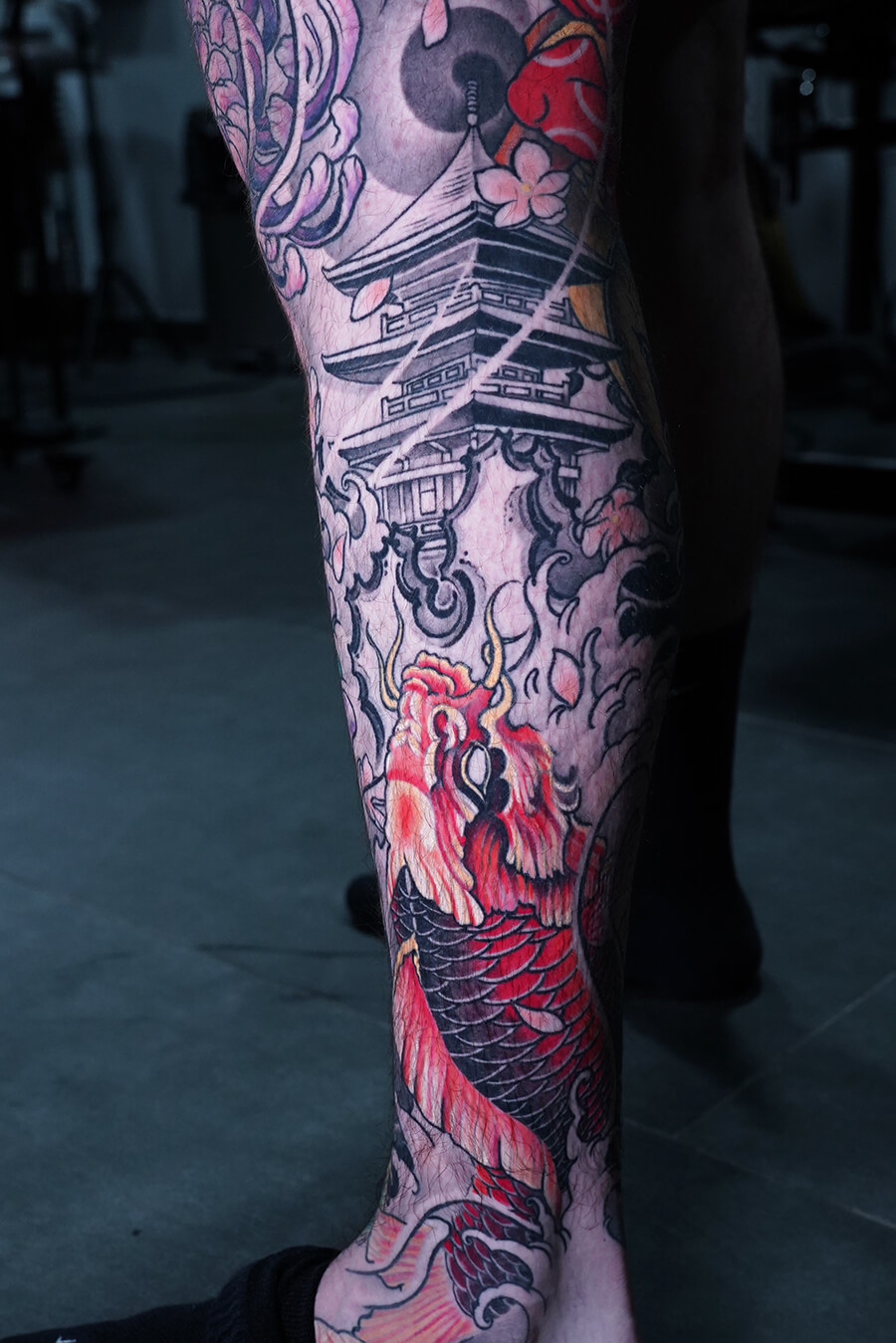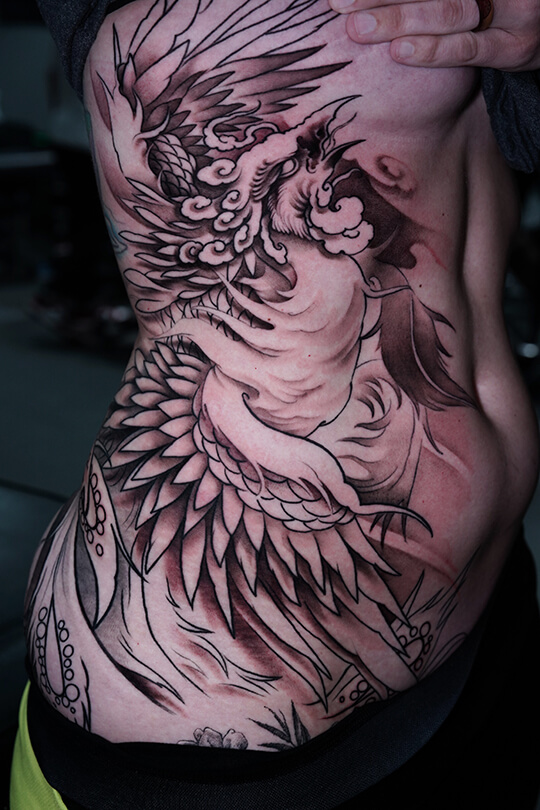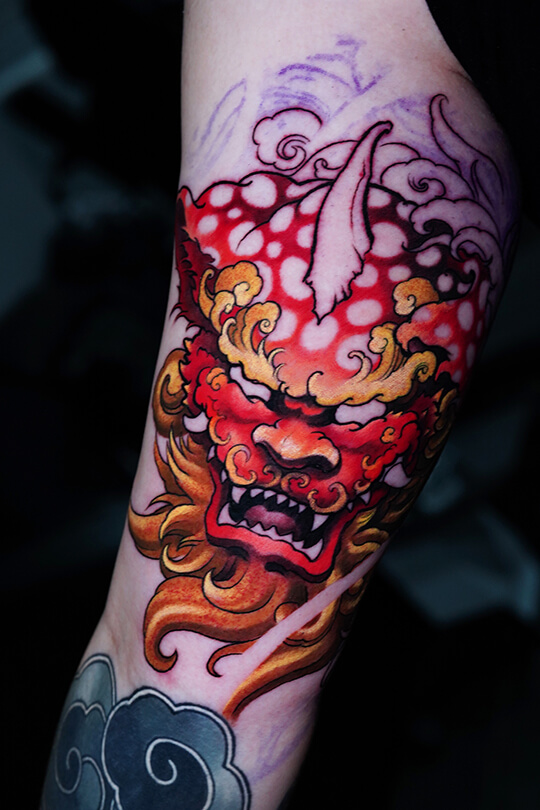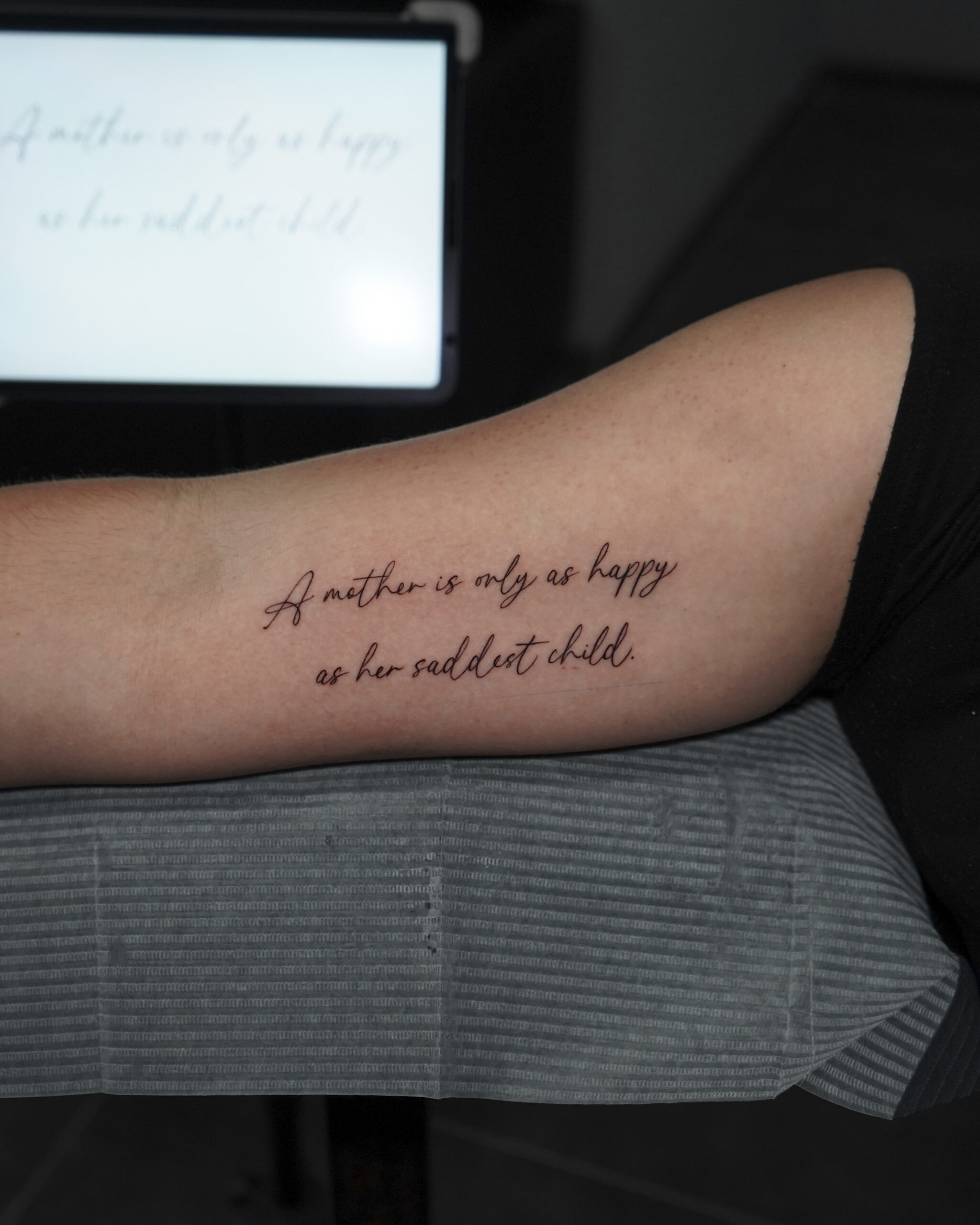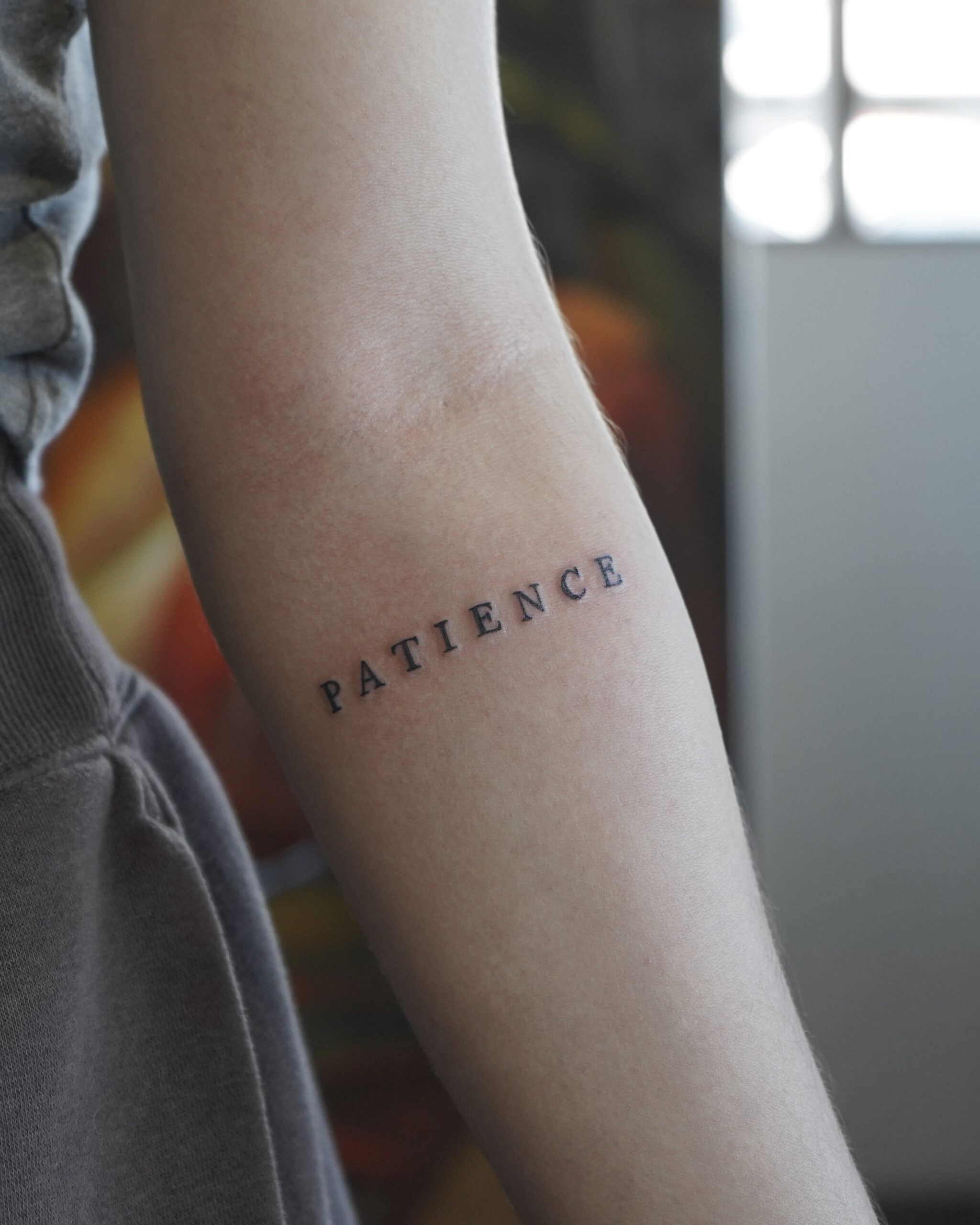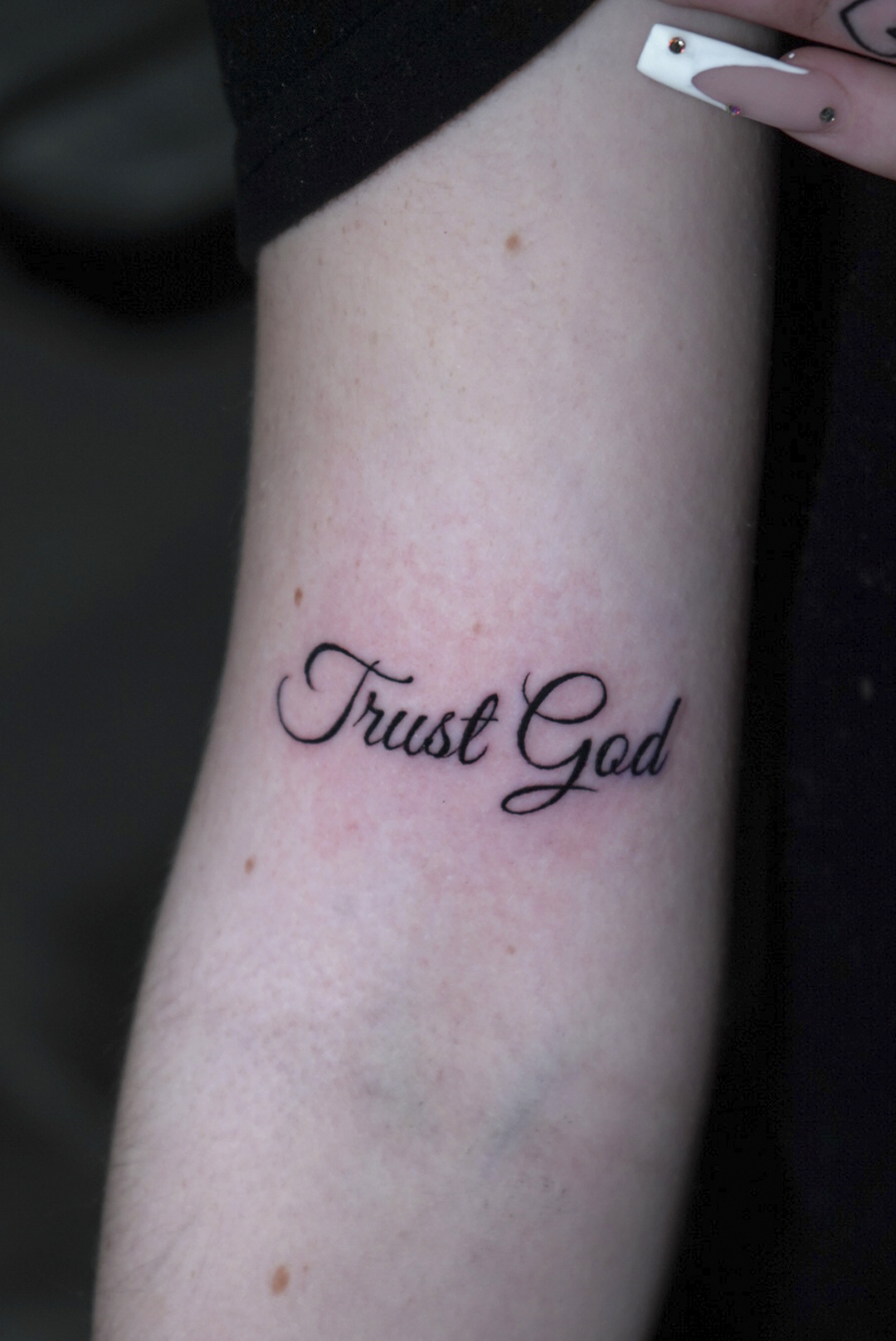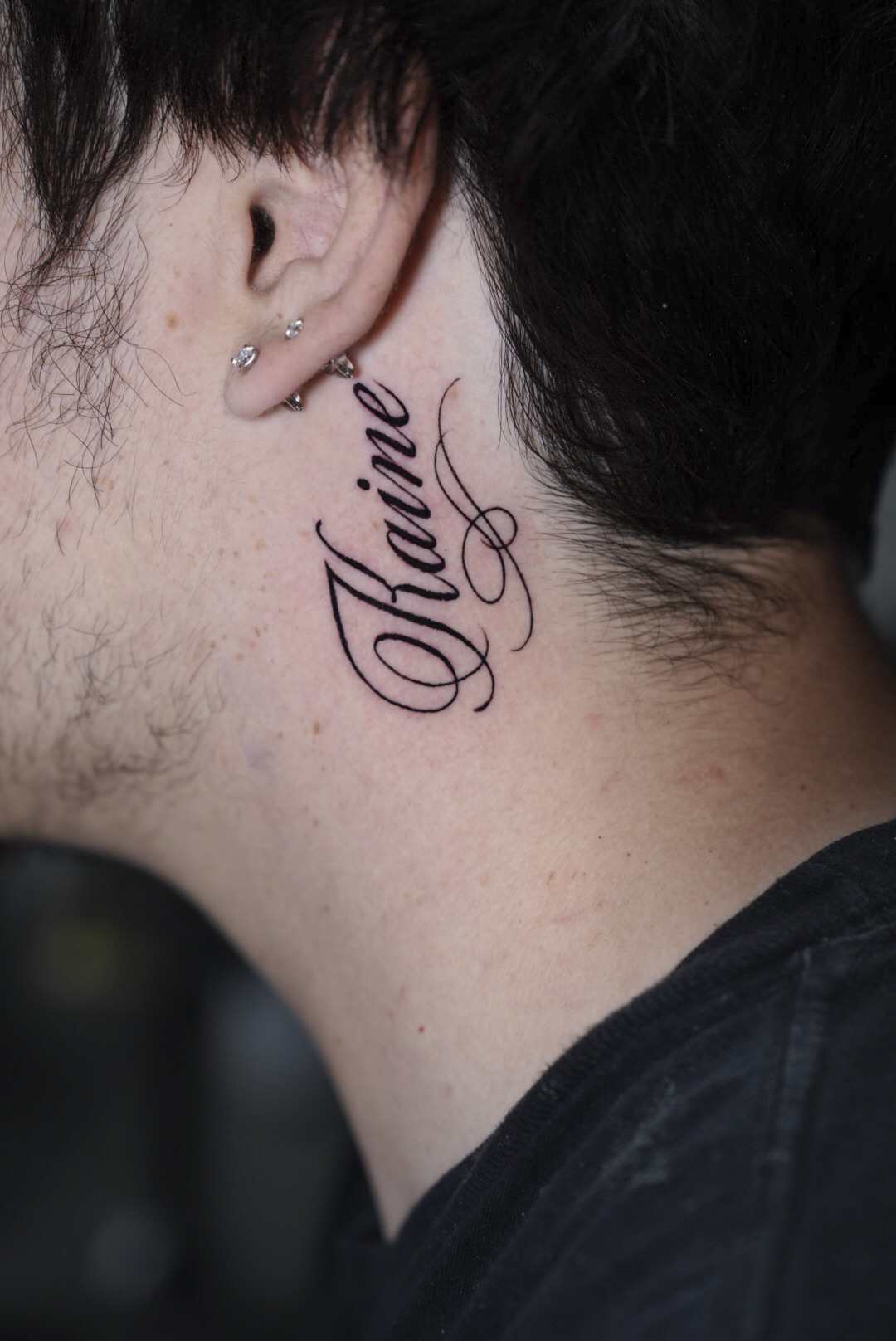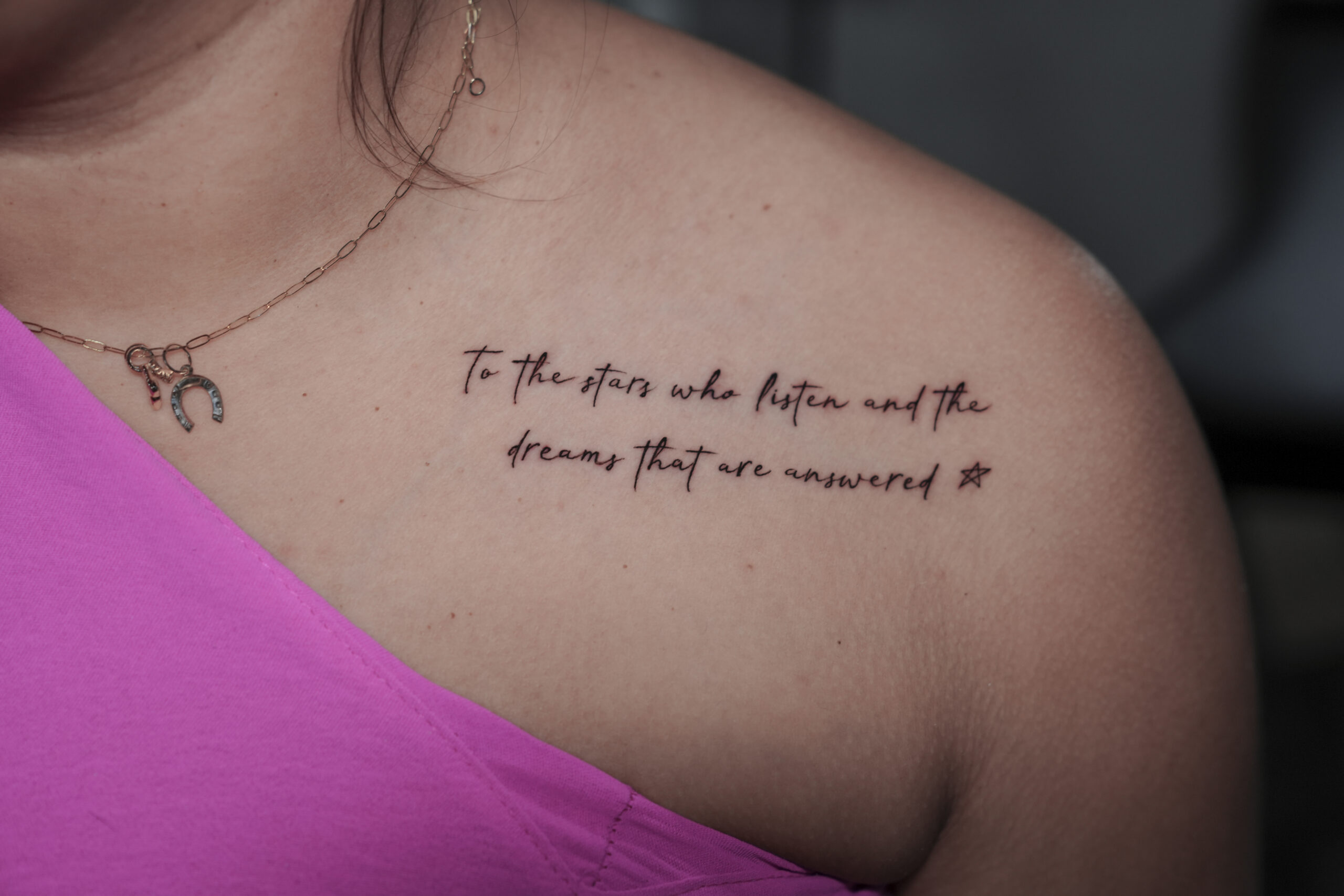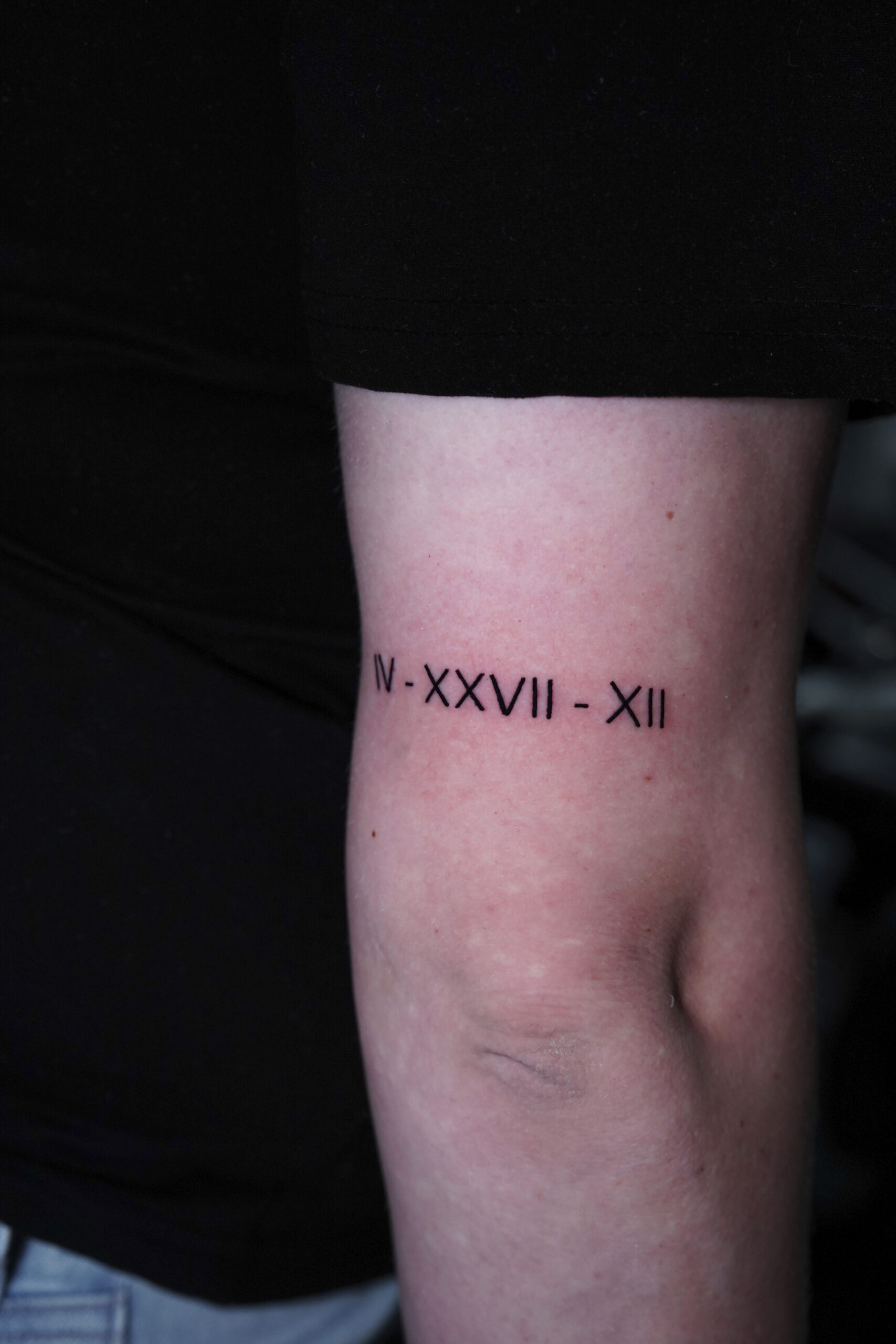You should ask your tattoo artist 14 essential questions covering experience verification, safety protocols, design process, pricing structure, and aftercare instructions. Tattoo consultation questions are specific inquiries designed to verify a tattoo artist’s qualifications, understand their process, and ensure optimal results for your permanent body art investment.
These questions help you verify a tattoo artist’s professional background, ensuring they have significant experience in their craft and confirming they use medical-grade autoclave sterilization. A consultation allows you to clarify the entire design timeline, establish a clear price estimate, and ensure you receive detailed aftercare procedures.
We will break down 14 critical questions, organized into five key areas: Experience & Expertise, Hygiene & Safety, The Tattooing Process, Cost & Payment, and Physical Experience & Aftercare. Below is an image summarizing the 14 questions we will explore in detail throughout this article:
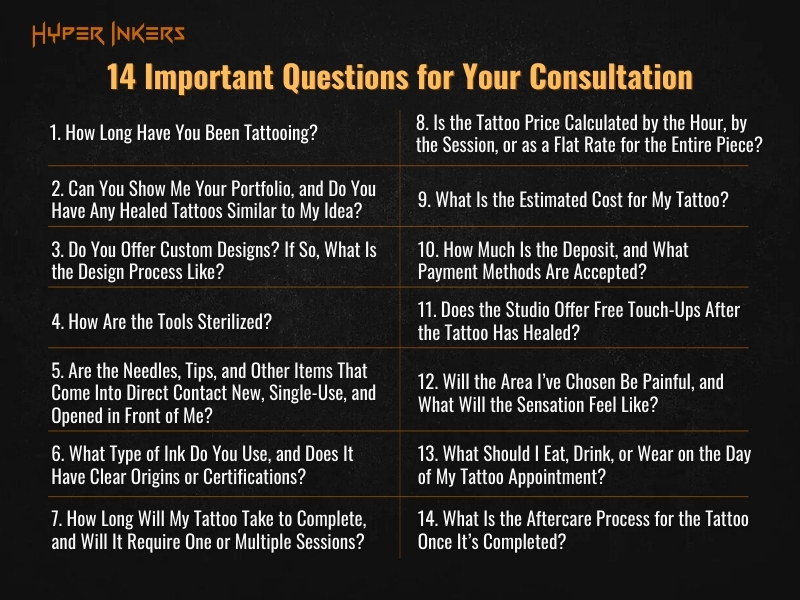
Asking About Experience and Expertise
A tattoo artist’s experience and specific expertise are the foundation of a great tattoo. You are commissioning a custom piece of art on your skin, so it’s vital to ensure the tattoo artist’s skills and style align with your vision. Probing into their background helps with artist credential verification and sets clear expectations for the quality of their work. A confident, professional tattoo artist will be happy to answer these questions.
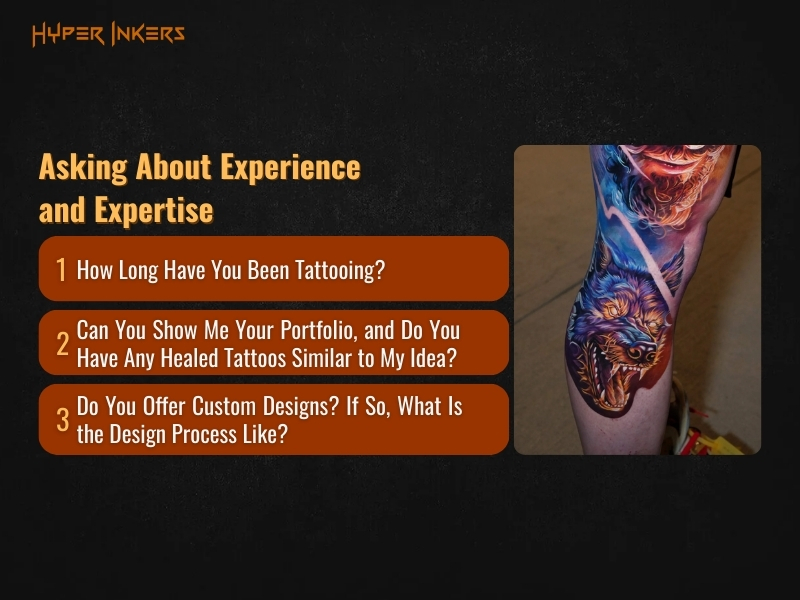
1. How Long Have You Been Tattooing?
Asking about an artist’s years of professional experience provides a crucial baseline for their skill level and mastery. An artist with a long-standing career has likely honed their craft across various styles and skin types, which is essential for complex or detailed designs. A reputable artist or studio will often highlight their years of experience and showcase any awards or recognition they’ve received, as these are strong indicators of skill and dedication to their craft. When you consult an artist, you should feel confident in their practical knowledge and depth of experience.
Experience Verification Follow-Up Questions:
- Where did you complete your apprenticeship?
- Are you licensed to practice in this state?
- What styles do you specialize in and consider your strongest?
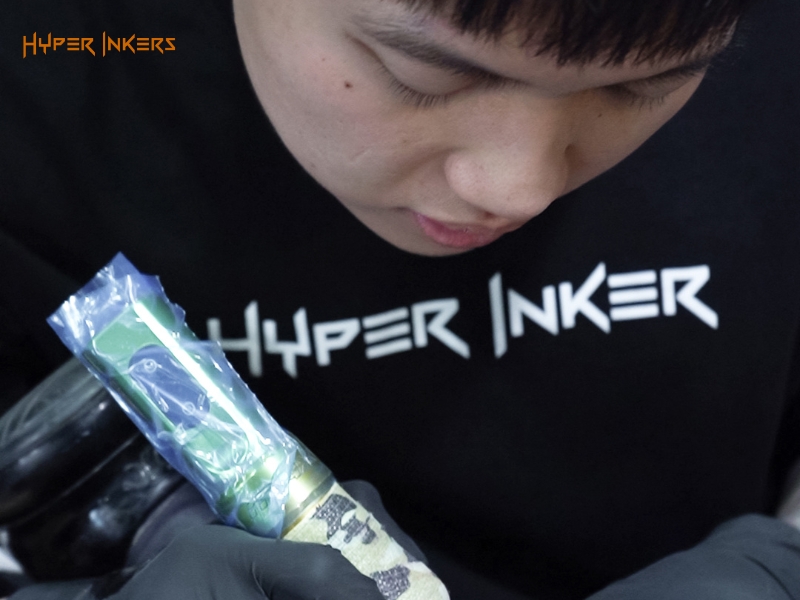
2. Can You Show Me Your Portfolio, and Do You Have Any Healed Tattoos Similar to My Idea?
A portfolio is the most direct evidence of an artist’s work. It showcases their style, technical skill, and artistic range. Crucially, ask to see photos of healed tattoos. A fresh tattoo can look vibrant, but its true quality is revealed only after it has fully healed. Seeing healed work demonstrates the artist’s ability to apply ink correctly, ensuring lines remain crisp and colors stay saturated over time. This confirms their work stands the test of time.
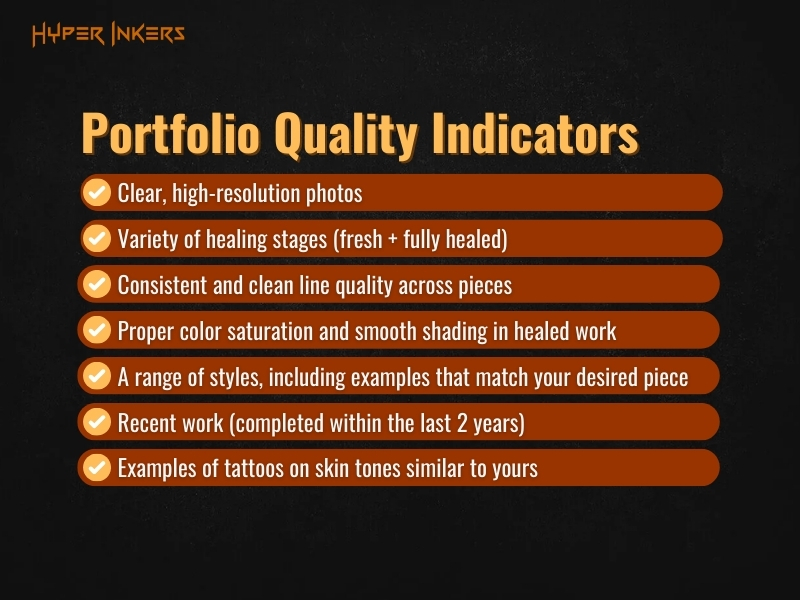
3. Do You Offer Custom Designs? If So, What Is the Design Process Like?
If you want a unique piece, it is essential to work with a tattoo artist who creates custom designs and has a clear, collaborative process. Understanding how they work with clients from the initial concept and sketches to the final stencil, ensures your idea will be translated effectively. A standard process includes an initial consultation, followed by the artist creating sketches for your review and revision.
You should ask about the estimated timeline for your design and whether there are separate fees for custom drawing. A clear process where your input is valued is key to receiving a tattoo that is personal and meets your expectations.
Learn more: Our guide on asking a tattoo artist to design your tattoo provides the essential steps to communicate your ideas effectively and ensure a perfect collaboration.
Once you’ve verified their expertise, the next critical evaluation focuses on safety and hygiene standards.
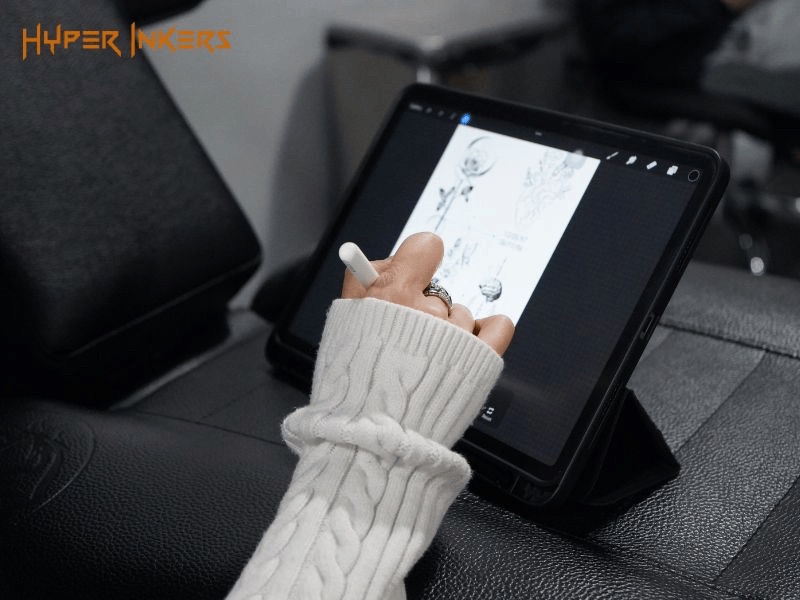
Asking About Hygiene and Safety
Proper sterilization is the most critical safety measure in a tattoo studio. The correct answer is an autoclave, a machine using high-pressure steam to kill all bacteria, viruses, and spores on equipment. Asking this question confirms the studio follows medical-grade sterilization protocols. An artist should confidently explain their use of an autoclave for all non-disposable equipment, assuring you every tool is sterile.
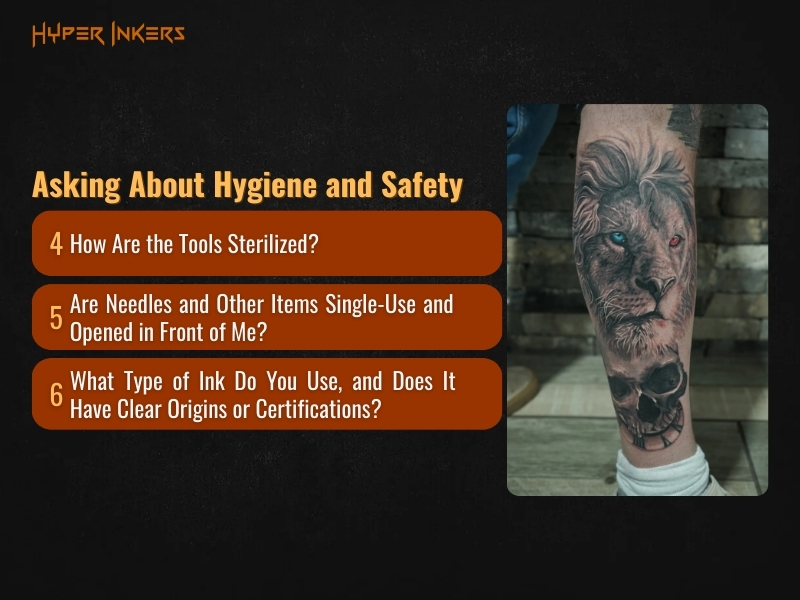
4. How Are the Tools Sterilized?
Proper sterilization is the most critical safety measure in a tattoo studio. The correct answer is an autoclave, a machine using high-pressure steam to kill all bacteria, viruses, and spores on equipment. Asking this question confirms the studio follows medical-grade sterilization protocols. An artist should confidently explain their use of an autoclave for all non-disposable equipment, assuring you every tool is sterile.
5. Are the Needles, Tips, and Other Items That Come Into Direct Contact New, Single-Use, and Opened in Front of Me?
Any item that comes into direct contact with your skin must be new, sterile, and single-use. This includes needles, ink caps, gloves, and razors. A responsible tattoo artist will always open the sealed, pre-sterilized packaging for these items in your presence at the beginning of the session. This practice is a fundamental industry standard that eliminates the risk of cross-contamination.
6. What Type of Ink Do You Use, and Does It Have Clear Origins or Certifications?
The quality of the ink used directly impacts your tattoo’s appearance, longevity, and safety. A professional tattoo artist will only use high-quality, stable inks from reputable manufacturers known for their safety standards, such as Eternal Ink, Intenze, World Famous Ink, and Dynamic Color Co.. These inks are produced in sterile conditions and are specifically formulated to be non-toxic. Each bottle should be in its original sealed packaging and display an expiration date and a lot number for traceability.
Safety Verification: Red Flags and Follow-Up Questions
Your health is the top priority. If a tattoo artist gives any of the following responses, it is a critical warning sign.
Immediate Disqualification Responses:
- We just clean tools with alcohol or bleach. (This is not sterilization).
- We reuse needles after cleaning them. (Major cross-contamination risk).
- We don’t need to show you our health department certificate. (Indicates non-compliance).
Additional Safety Questions to Ask:
- Can you show me your most recent autoclave spore test results?
- Are you and all staff members’ bloodborne pathogen certifications current?
- Can you show me the operating license or hygiene certificate of the studio from the local health authority?
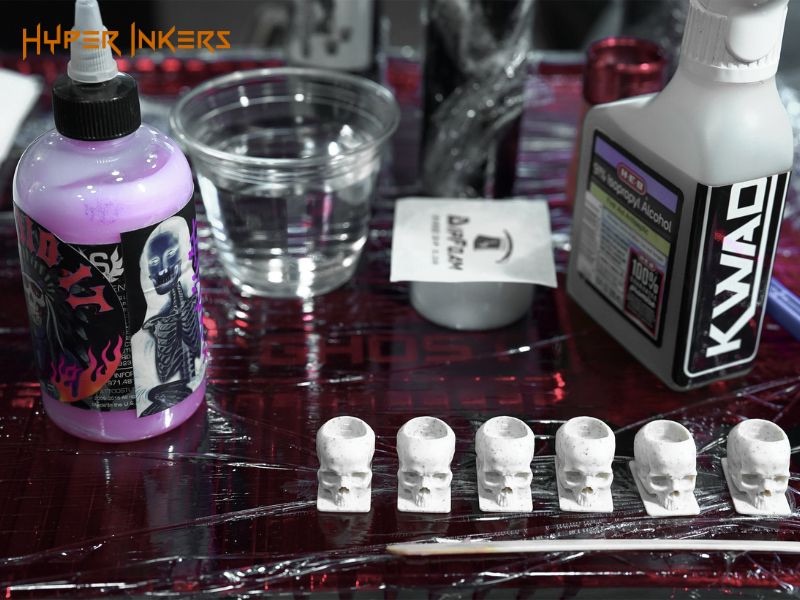
With safety protocols confirmed, understanding the complete process helps you prepare for optimal session experience.
Asking About the Process
Knowing the estimated time for your tattoo helps you manage your schedule and prepare for the physical demands of the session. For larger or more complex pieces, this question clarifies whether you will need to book multiple appointments. This information allows you to plan for the cost, healing time between sessions, and the total commitment required.
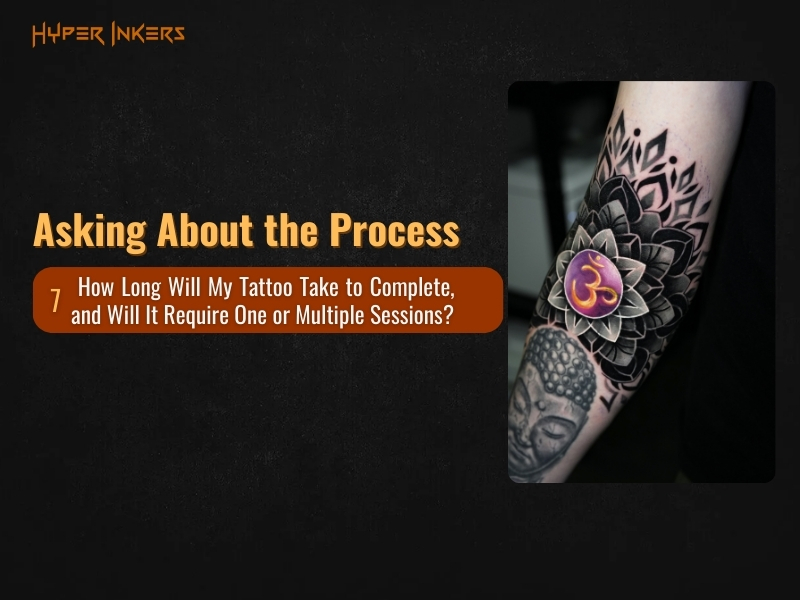
7. How Long Will My Tattoo Take to Complete, and Will It Require One or Multiple Sessions?
Knowing the estimated time for your tattoo helps you manage your schedule and prepare for the physical demands of the session. For larger or more complex pieces, this question clarifies whether you will need to book multiple appointments. This information allows you to plan for the cost, healing time between sessions, and the total commitment required.
Asking About the Cost
Tattoos are an investment, and understanding the full cost upfront is essential. A transparent discussion about pricing prevents surprises and ensures you and the artist are on the same page financially. A professional artist will have a clear pricing structure and be willing to provide a detailed estimate. To understand the tattoo cost, you should ask these four questions:
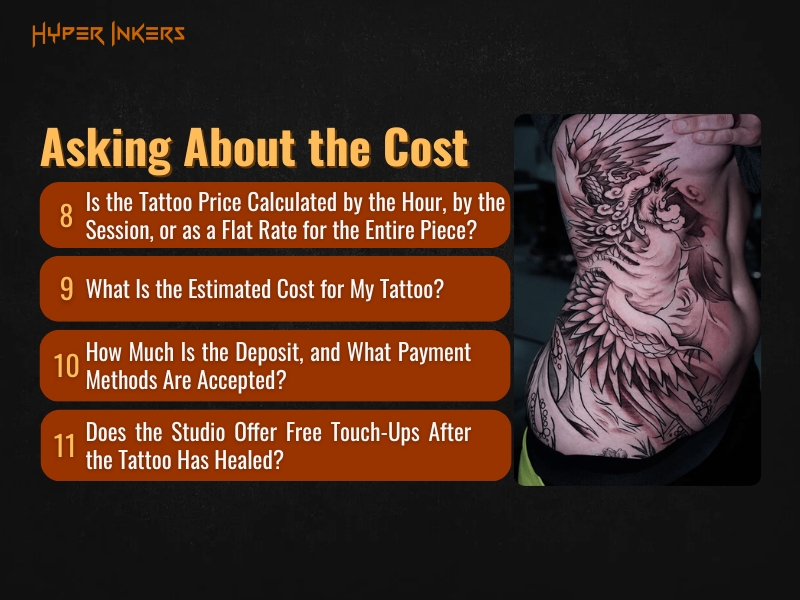
8. Is the Tattoo Price Calculated by the Hour, by the Session, or as a Flat Rate for the Entire Piece?
Artists price their work differently, so it is important to understand their method. Some charge an hourly rate, which is common for large, multi-session pieces. Others may charge a flat rate for a specific design or offer a day rate for a full-day session. Clarifying this helps you understand how the final cost is determined and allows you to budget accordingly.
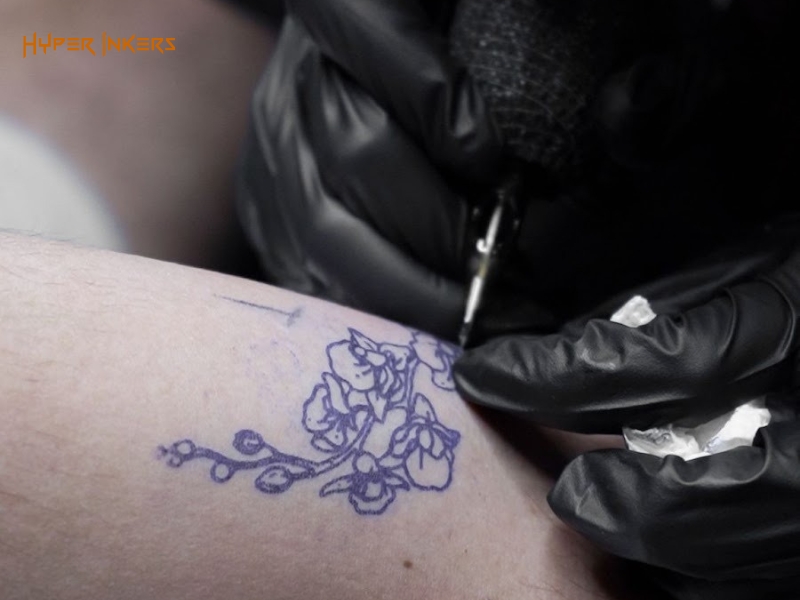
9. What Is the Estimated Cost for My Tattoo?
Once the artist understands your design, size, and placement, they should be able to provide a reliable price estimate. While complex pieces can sometimes vary in final time, a professional should give you a price range to expect. This ensures there are no financial surprises and confirms that the tattoo fits within your budget before any work begins.
10. How Much Is the Deposit, and What Payment Methods Are Accepted?
Most artists require a deposit to secure your appointment and to cover the time they spend drawing your custom design. This deposit is typically non-refundable and is applied to the final cost of your tattoo. Asking about the deposit amount, its terms, and the accepted payment methods ensures you are prepared to book your session and handle the final payment smoothly.
11. Does the Studio Offer Free Touch-Ups After the Tattoo Has Healed?
A free touch-up policy is often a sign of an artist who stands by their work. Sometimes, a tattoo may heal with minor imperfections, such as a faded spot. Professional studios provide a complimentary touch-up session within a certain timeframe to ensure the final piece is perfect. Asking about this policy clarifies the artist’s commitment to the long-term quality of their work.
Finally, preparing for the physical experience and proper aftercare ensures the best possible results.
Asking About the Physical Experience and Aftercare
Preparing for the physical experience of getting tattooed and knowing how to care for it afterward are crucial for a smooth process and optimal healing. These questions help you manage pain expectations, arrive prepared, and follow the correct aftercare procedures to protect your new art. A professional tattoo artist will provide clear guidance on all these points.
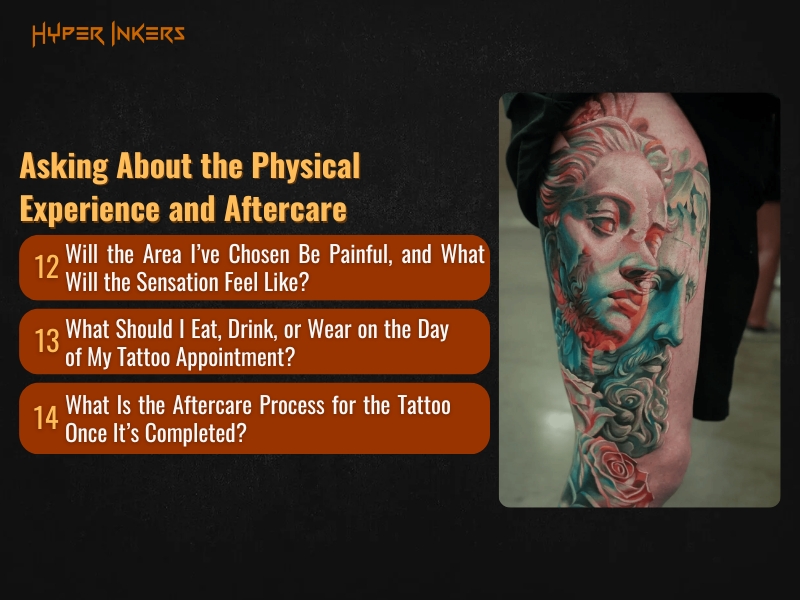
12. Will the Area I’ve Chosen Be Painful, and What Will the Sensation Feel Like?
While everyone’s pain tolerance is different, an experienced tattoo artist can help you understand what to expect. Pain levels vary significantly by body placement—areas with less fat and more nerve endings or those directly over bone (like ribs, spine, and feet) are typically more sensitive than fleshier areas (like arms and thighs). The sensation can range from a persistent scratching feeling to a more intense vibration or burning.
Discussing this with your tattoo artist helps you mentally prepare. You can also ask about pain management strategies, such as:
- Using deep breathing techniques.
- Bringing headphones for distraction with music or a podcast.
- Scheduling breaks during longer sessions.
13. What Should I Eat, Drink, or Wear on the Day of My Tattoo Appointment?
How you prepare your body significantly impacts your tattoo experience. Your tattoo artist will advise you to eat a substantial meal beforehand to keep your blood sugar stable and to stay well-hydrated. It is also critical to get a full night’s sleep and avoid alcohol or blood-thinning medications (after consulting your doctor) for at least 24 hours prior to your appointment. Following this advice helps you stay comfortable, which allows the tattoo artist to do their best work.
14. What Is the Aftercare Process for the Tattoo Once It’s Completed?
Proper aftercare is essential for ensuring your tattoo heals beautifully and remains vibrant. Every artist has a preferred aftercare regimen. They should provide clear, detailed instructions, both verbally and in writing, on how to clean, moisturize, and protect your new tattoo. Understanding these steps is your responsibility and is critical for avoiding infection and achieving the best possible healed result.
During the healing process, you may discover aspects of your tattoo that need adjustment or enhancement. Understanding proper approaches for modifications ensures professional results and maintains artist relationships.
Learn professional approaches for how to ask your tattoo artist to alter your tattoo post-healing
What Questions Should I Avoid Asking A Tattoo Artist?
Avoid asking a tattoo artist to exactly replicate another artist’s custom design without permission. However, bringing reference images for inspiration is acceptable. Instead, discuss how they can create a similar concept in their own unique style. Also, refrain from aggressively haggling over prices after receiving a detailed quote.
What Questions Your Tattoo Artist May Ask You?
A professional consultation is a two-way conversation. Just as you are interviewing the artist, they are also gathering the critical information they need to bring your vision to life safely and effectively. A thorough artist will ask detailed questions to ensure they understand your idea, respect your budget, and protect your health. Being prepared to answer them is a key step toward a successful collaboration. Here are some common questions a professional tattoo artist is likely to ask:
- What is the story or meaning behind your tattoo idea?
- Do you have reference images?
- What specific elements are most important to you?
- Where do you want to get the tattoo?
- What is your approximate budget?
- Do you have other tattoos in the area?
- Do you have any allergies, skin conditions, or medical issues?
- Are you pregnant or breastfeeding?
- Are you taking any blood-thinning medication?
Answering these questions openly and honestly helps your artist create a beautiful piece of art that is designed perfectly and safely for you.
To ensure you can answer these questions with confidence, Learn more our guide on how to prepare for a tattoo consultation will walk you through everything you need for a successful meeting.
Why should you choose Hyper Inkers studio in San Antonio?
You should choose Hyper Inkers for your San Antonio tattoo because our tattoo artists provide comprehensive, verifiable answers to all 14 essential consultation questions. We demonstrate our commitment through proven expertise, medical-grade safety standards, and transparent processes backed by over 15 years of experience and 20+ world convention awards.
Our commitment is to provide a world-class tattoo experience where every question is answered, and every client feels confident and secure. Consider these key factors that set our studio apart:
- Award-Winning Artists: Our team’s expertise is recognized globally with wins for Best of Show, Best Portrait, and Best of Day at expos from Houston to Bangkok .
- Commitment to Safety: We adhere to the highest standards of safety and hygiene, using state-of-the-art sterilization and sanitation practices.
- Creative and Unique Designs: Each tattoo artist at Hyper Inkers has a unique style, blending traditional and modern techniques to craft meaningful and masterful designs tailored to you.
- Convenient Location: Our studio is located at 8045 Callaghan Rd, San Antonio, TX 78230, just a 10-minute drive from the airport.
Ready to discuss your vision with one of the best tattoo parlors in San Antonio? Contact Hyper Inkers today at (210) 997-9737!
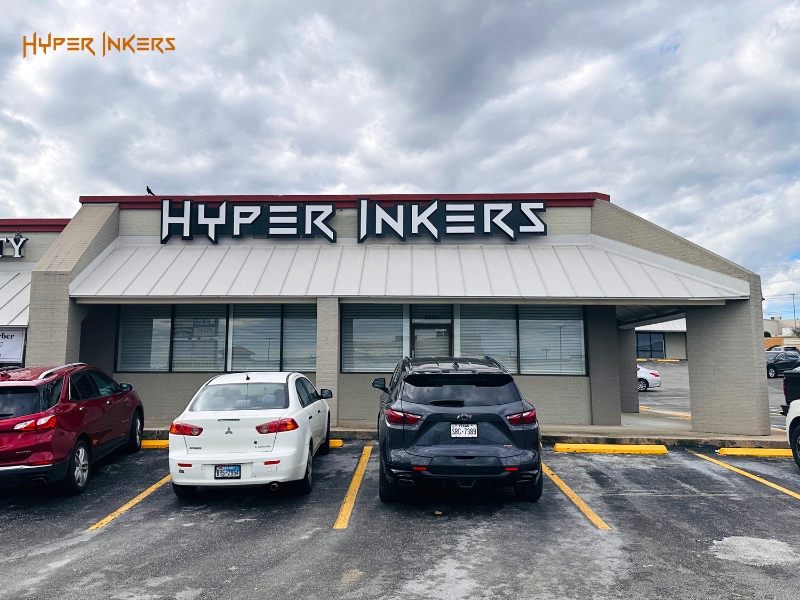
FAQ
What’s The Best Way To Interview A Tattoo Artist?
The best way to interview a tattoo artist is to schedule a formal consultation. Prepare your ideas, bring any reference images, and have your list of questions ready. During the consultation, be respectful of their time, clearly articulate your vision, actively listen to their professional advice and feedback, and thoroughly review their portfolio. This focused interaction allows for a productive discussion.
How Can I Best Start A Conversation With A Tattoo Artist?
The best way to reach out to a tattoo artist is to be friendly and straightforward. Start by saying hello and telling them you love their work, maybe mention a specific tattoo of theirs that caught your eye. Let them know you’re thinking about getting a tattoo and give them a quick idea of what you want. Then just ask if they’re taking new clients and how you can set up a meeting to talk more about your tattoo idea
What if I want to cover up an old tattoo?
If you want a cover-up, it’s crucial to find an artist who specializes in them. The process for a cover-up is different from a new tattoo, and the artist will need to design something that effectively conceals the old tattoo. Be prepared for the new tattoo to be larger and darker than the original.
Conclusion
Choosing the right tattoo artist is the most critical step in your journey, and clear communication is the key to a successful outcome. By asking the questions detailed in this guide, you are not being a difficult client; you are being an informed partner in creating a piece of permanent art. This dialogue ensures your vision is understood, safety is prioritized, and the final result is a tattoo that you will cherish for years to come.
Use this knowledge to confidently start a conversation with any artist. A truly professional artist, committed to their craft and your well-being, will always welcome your questions and respect your diligence. This thoughtful approach is the best way to ensure you find a reliable and high-quality studio that will bring your unique design to life safely and masterfully.


